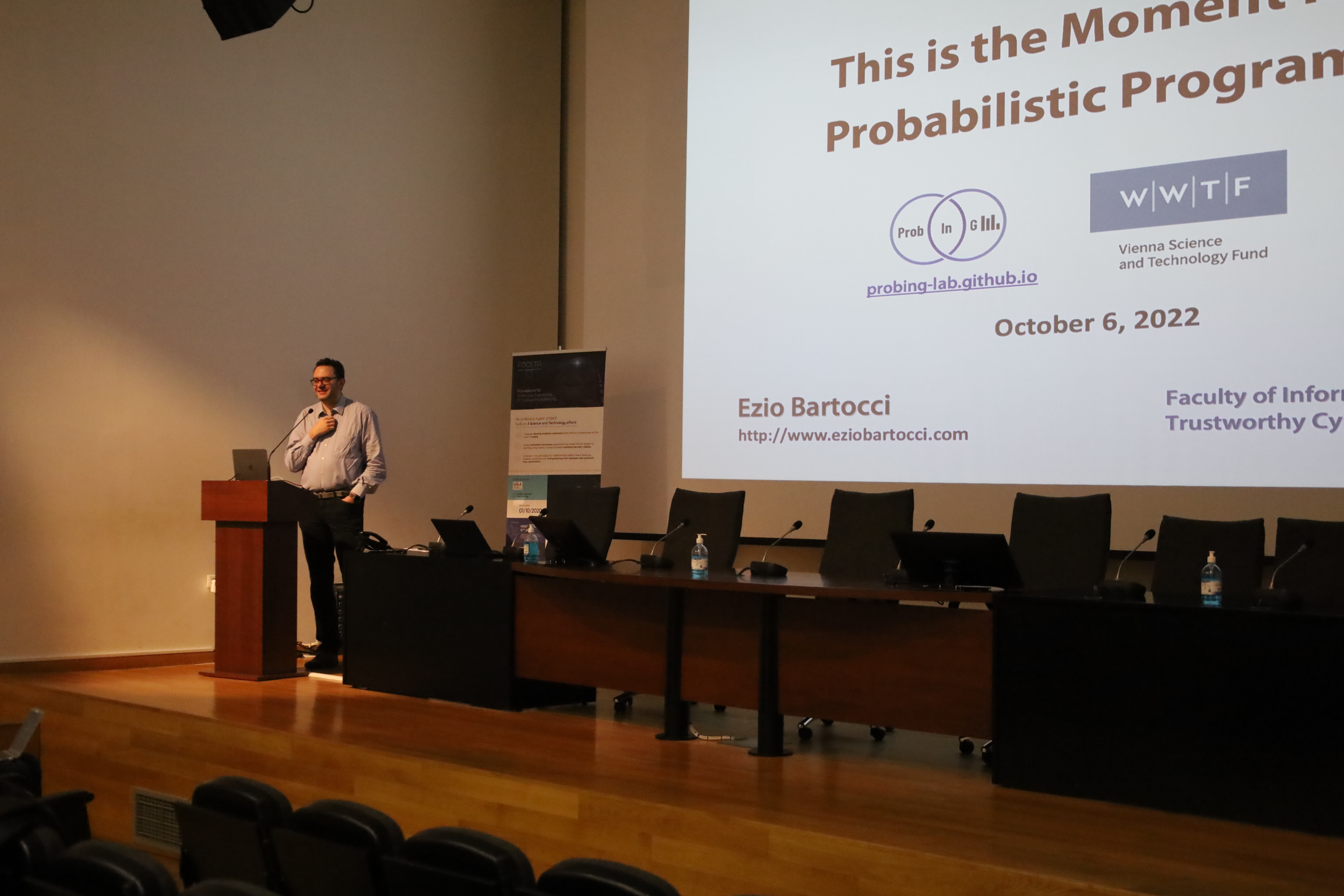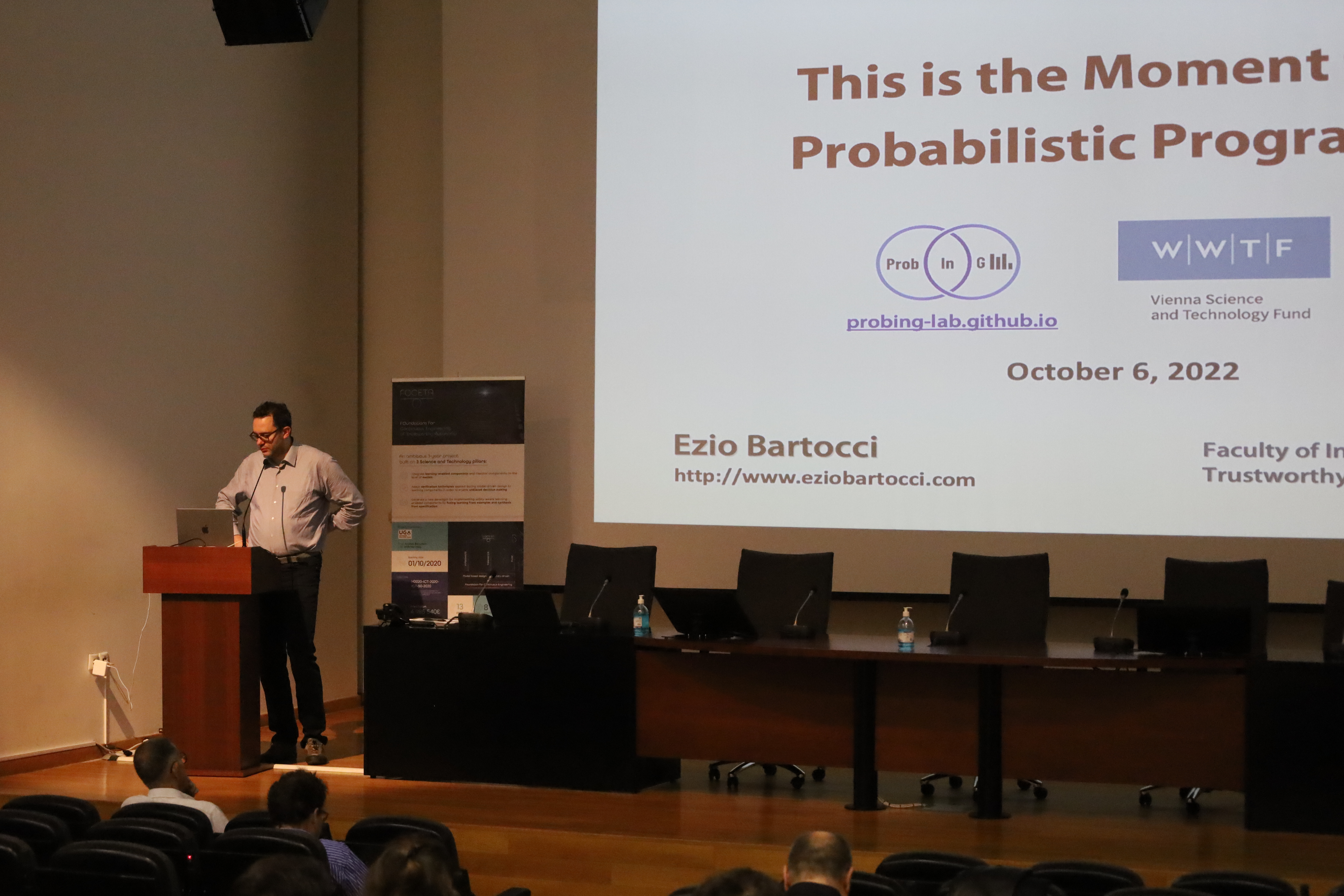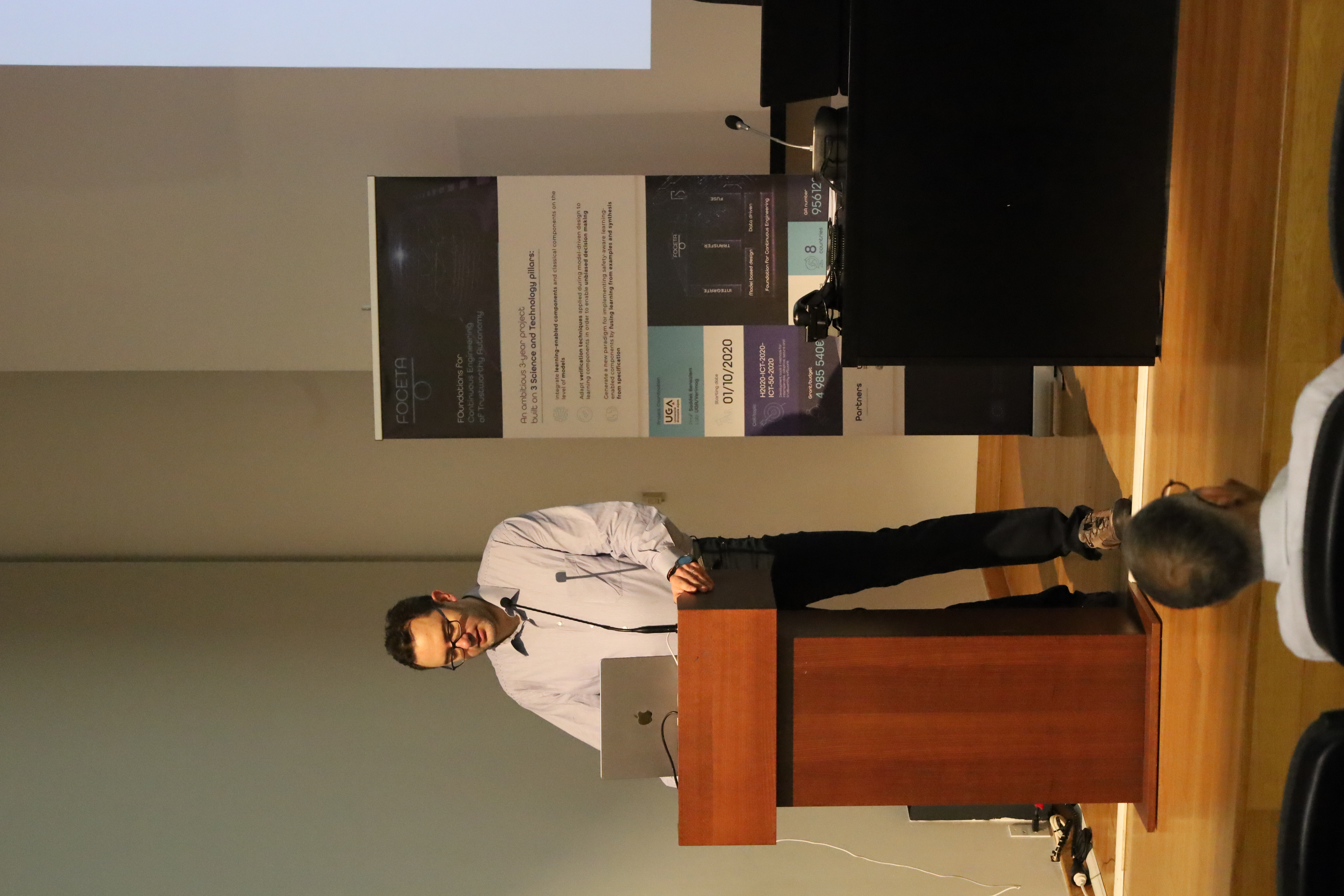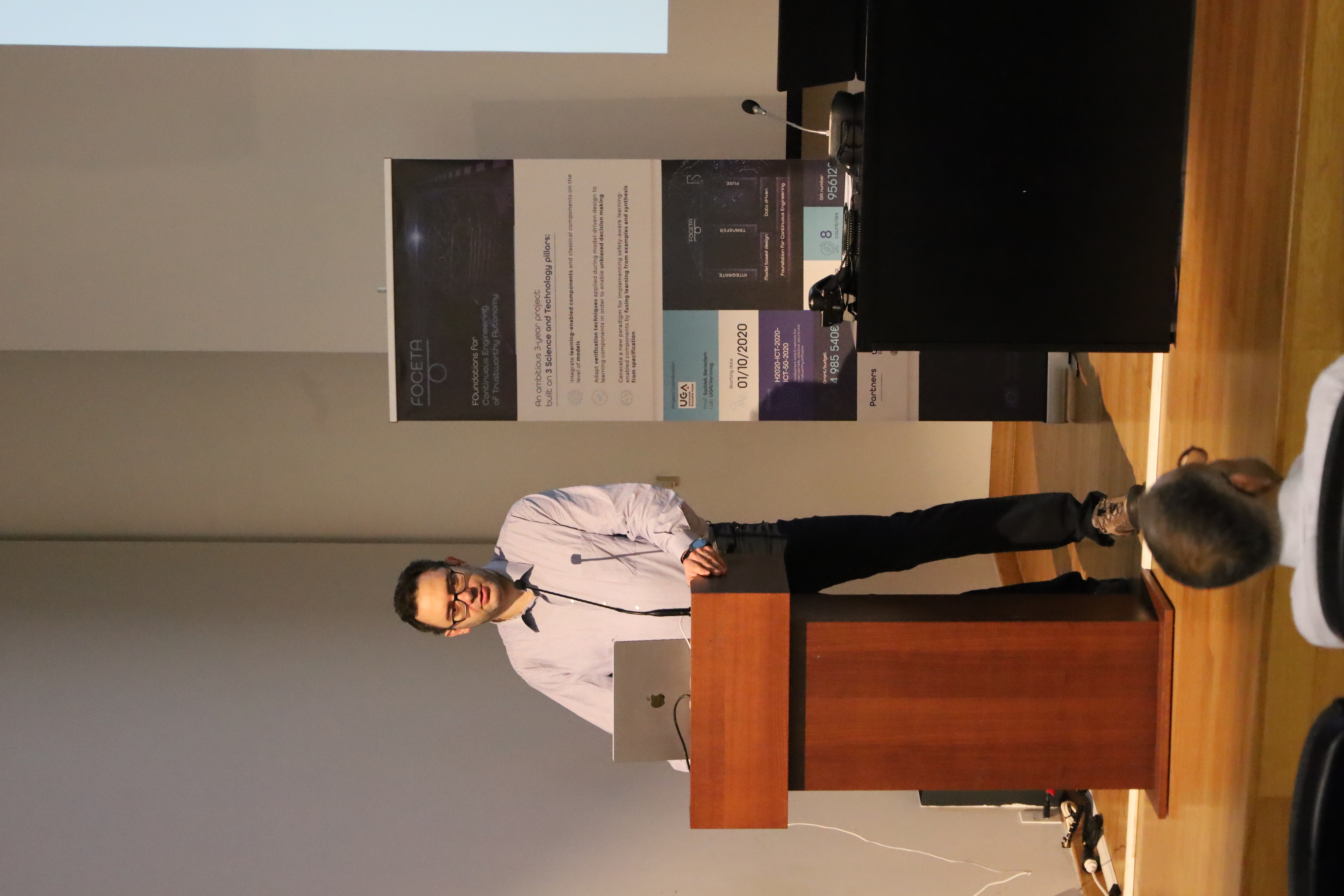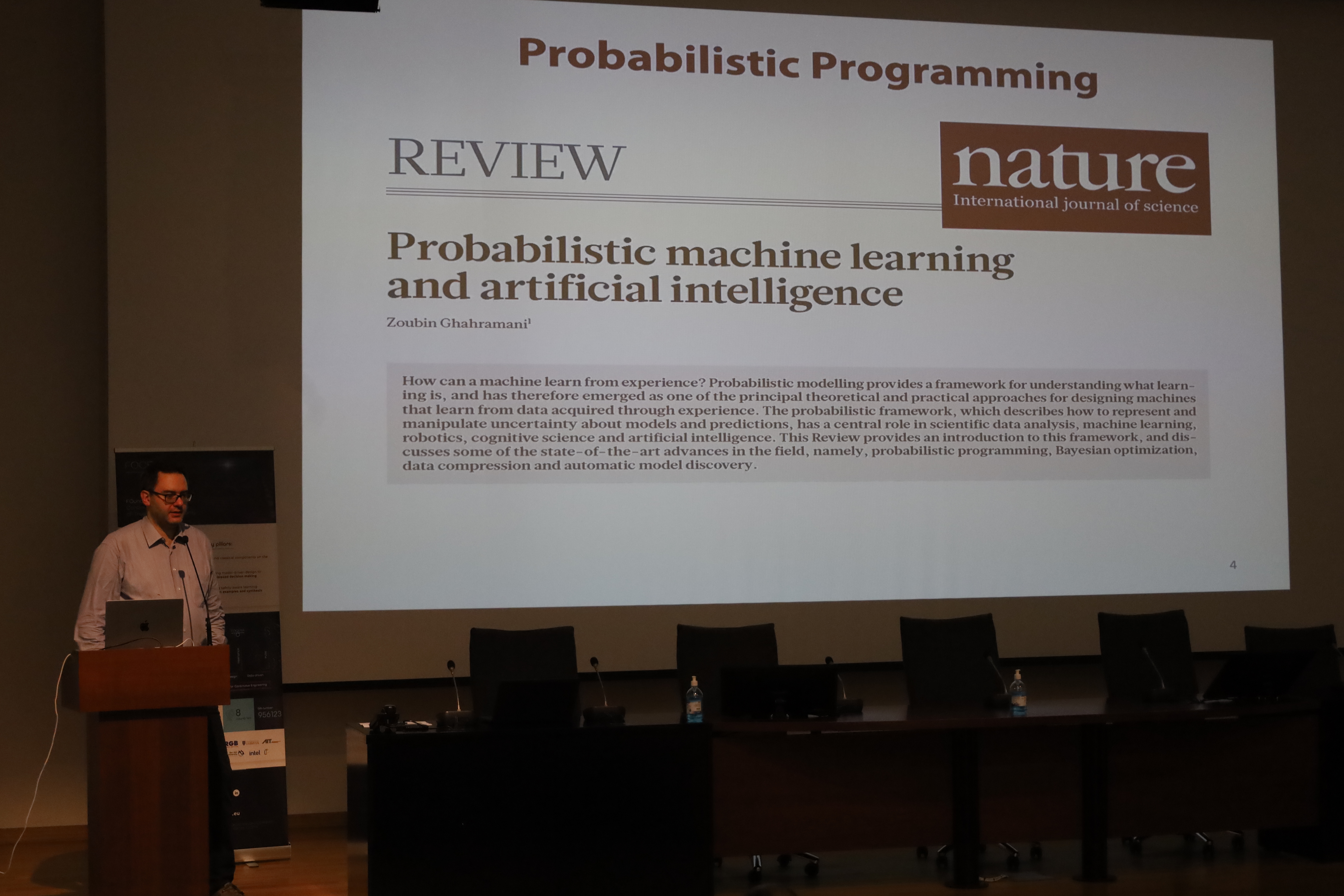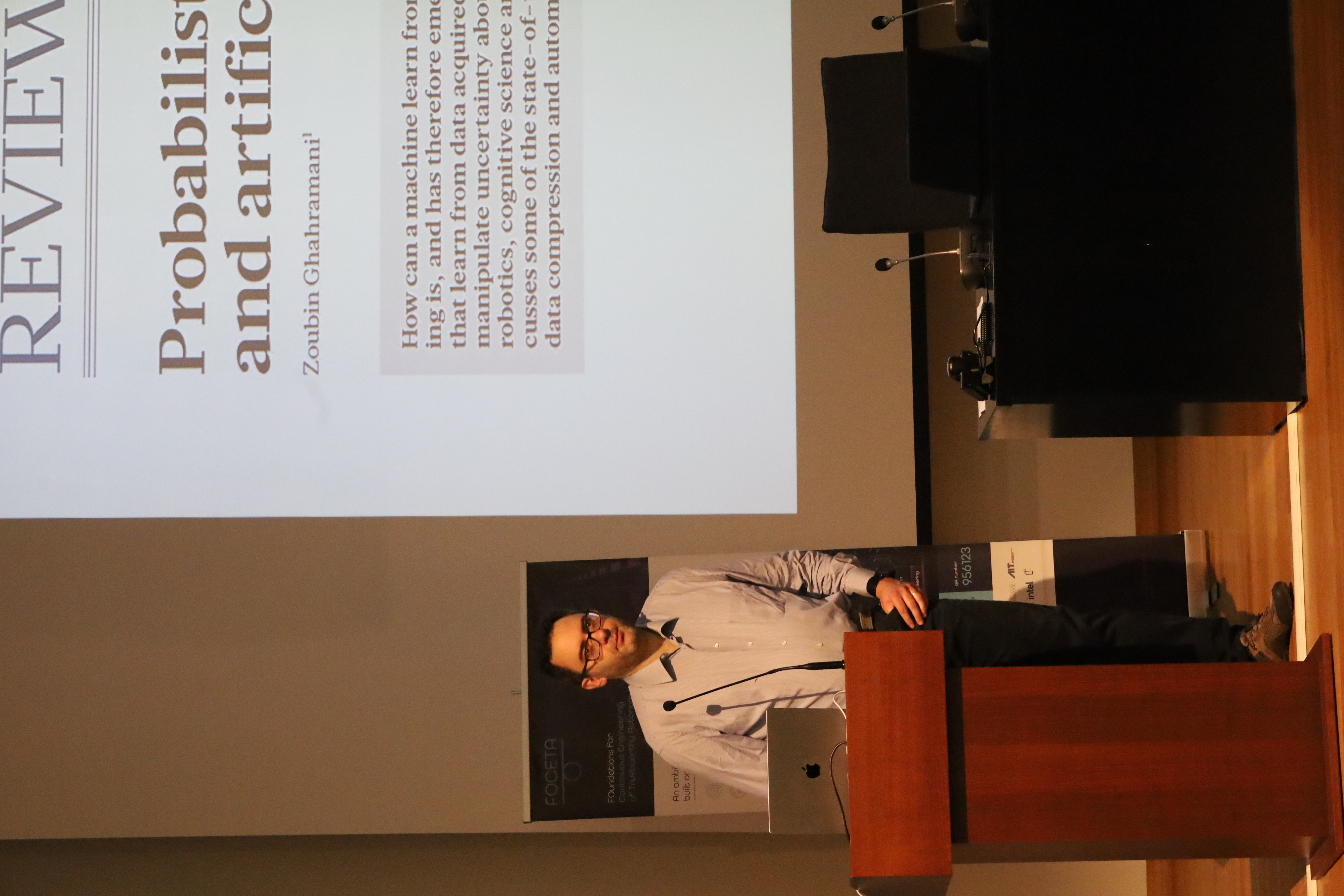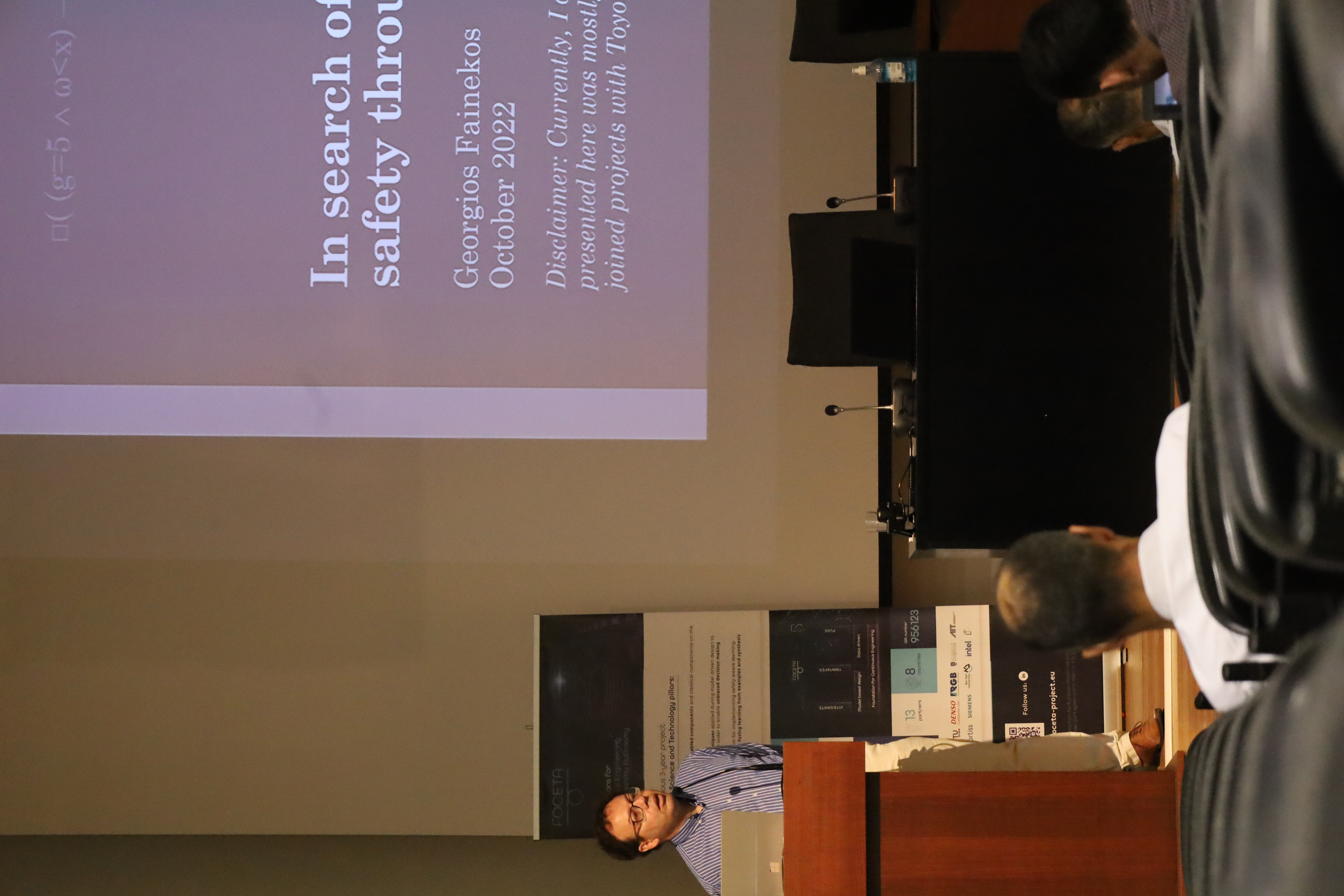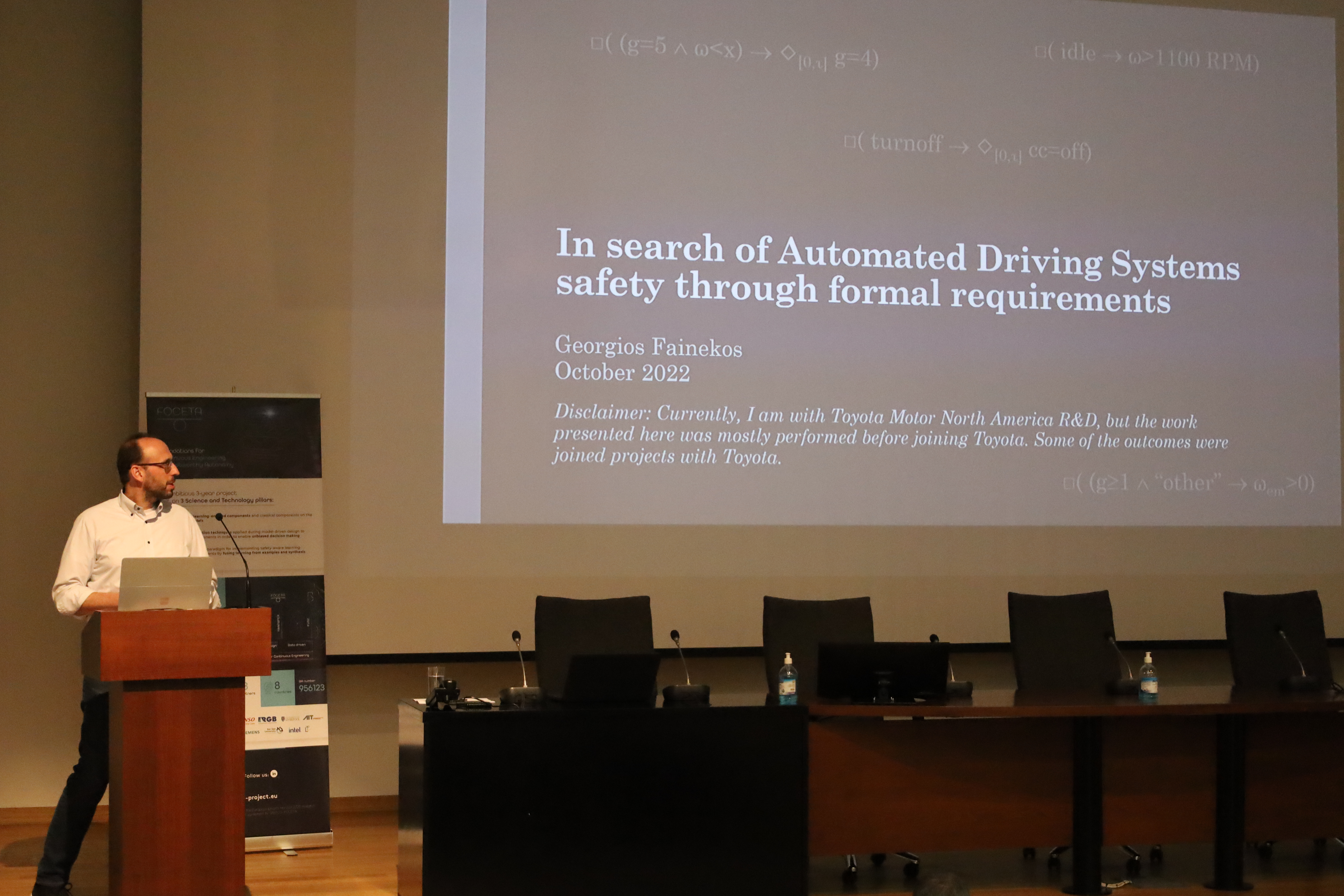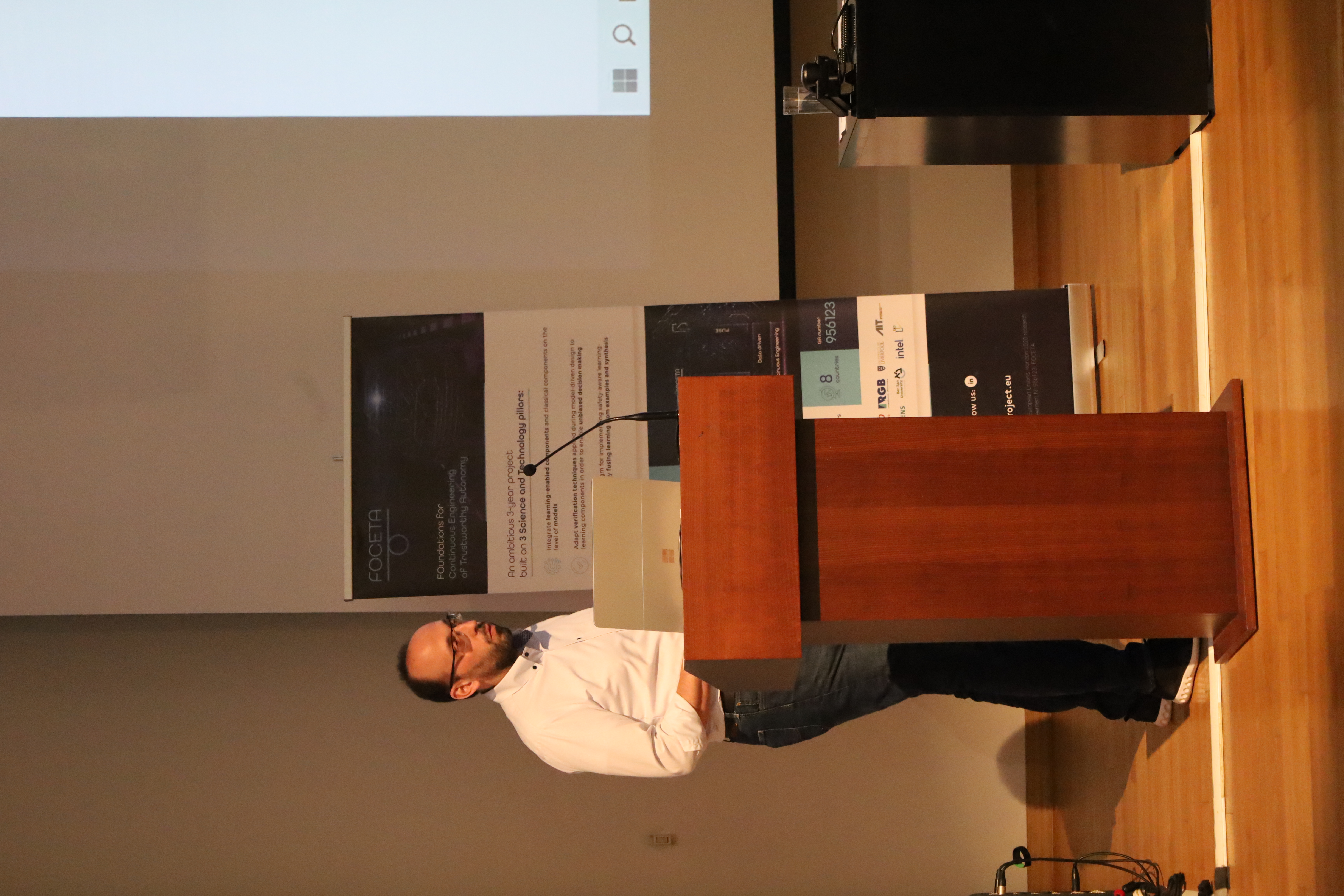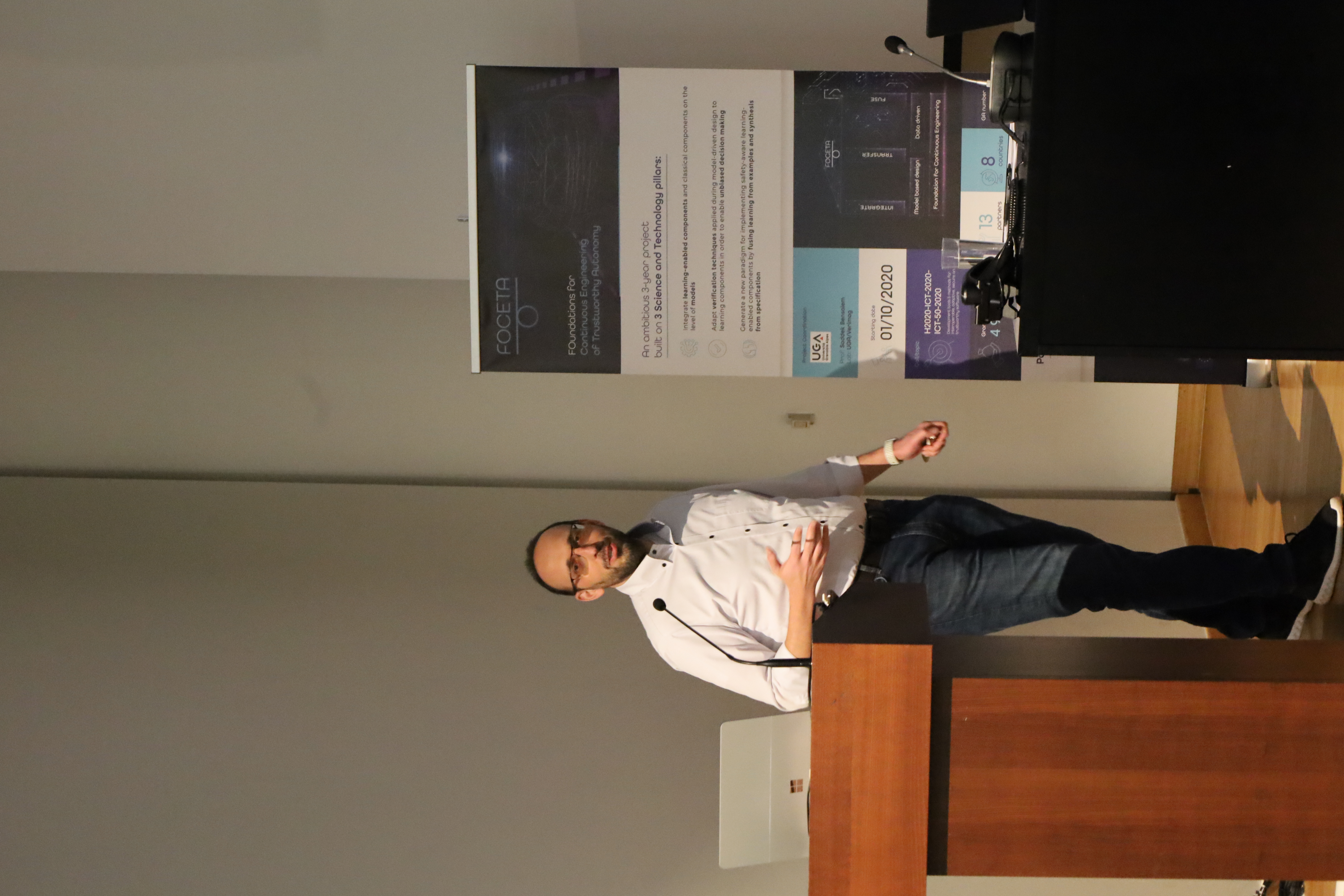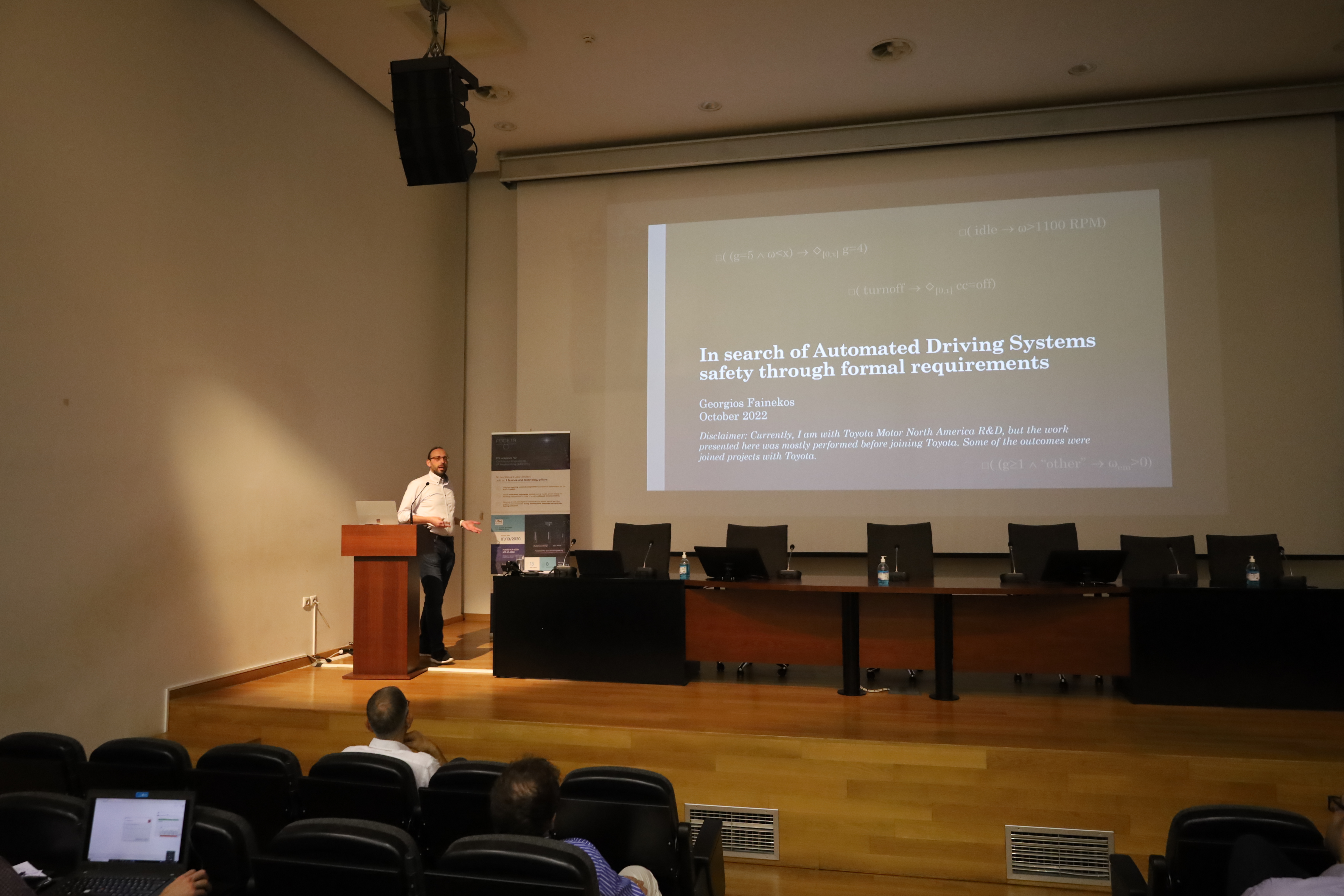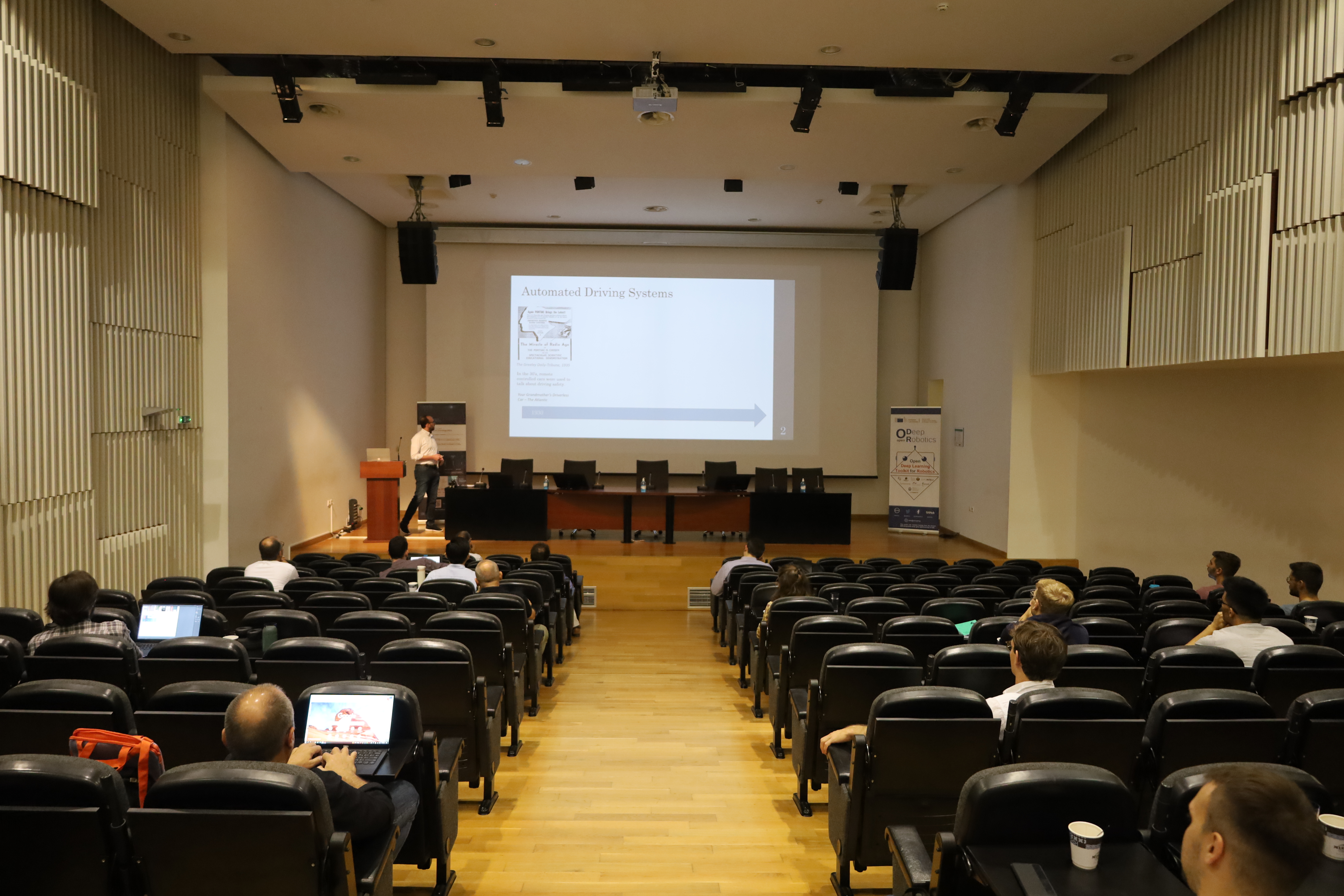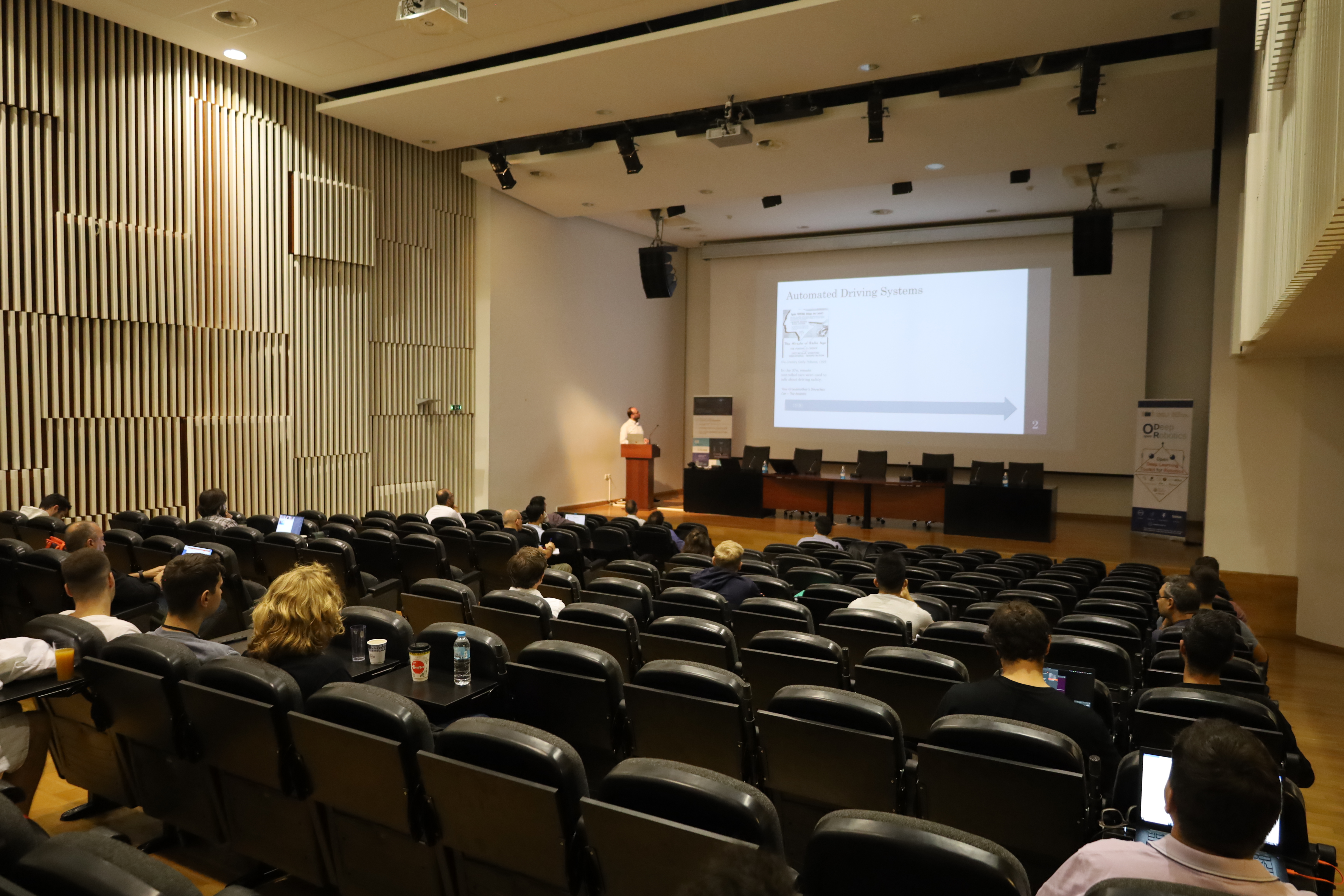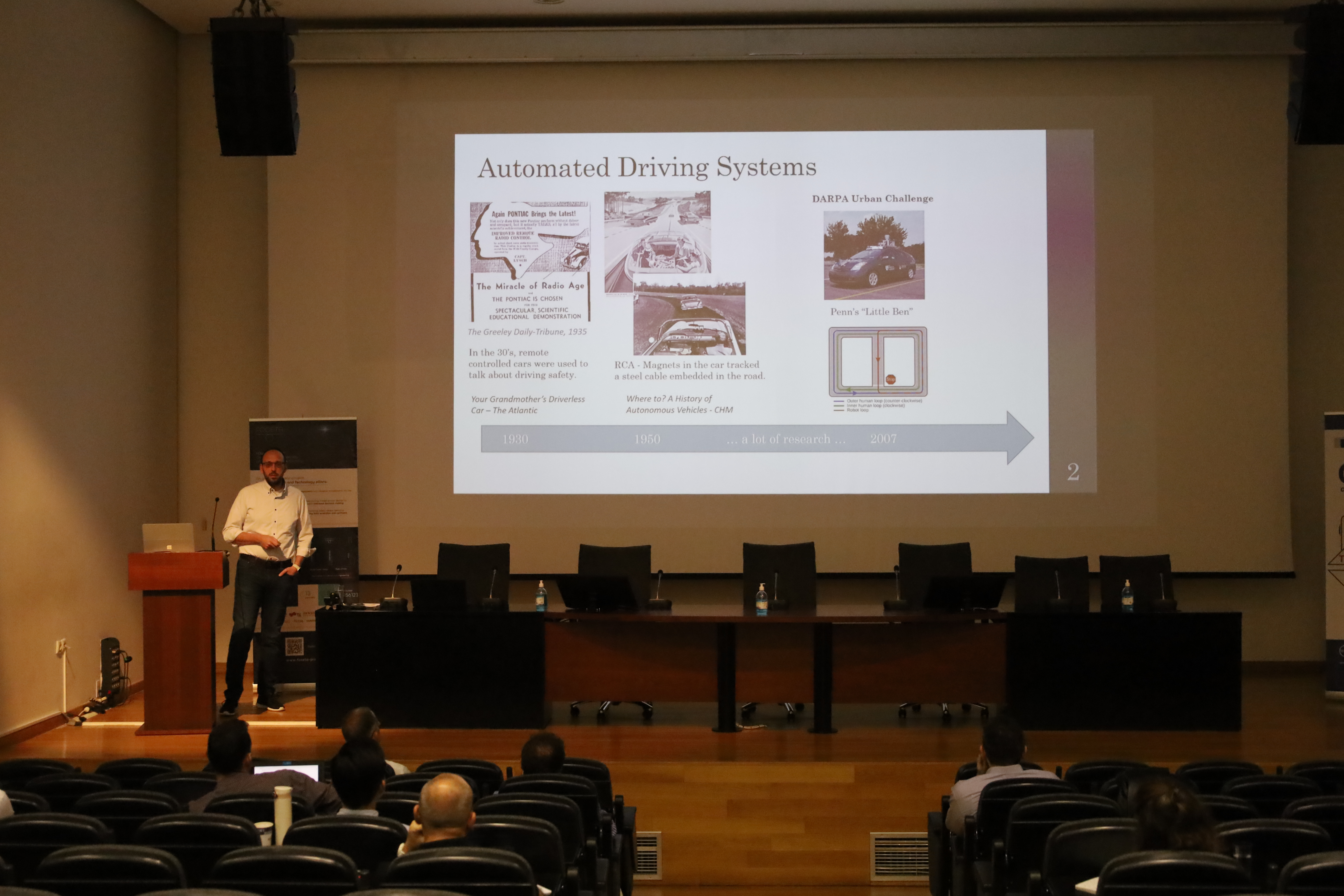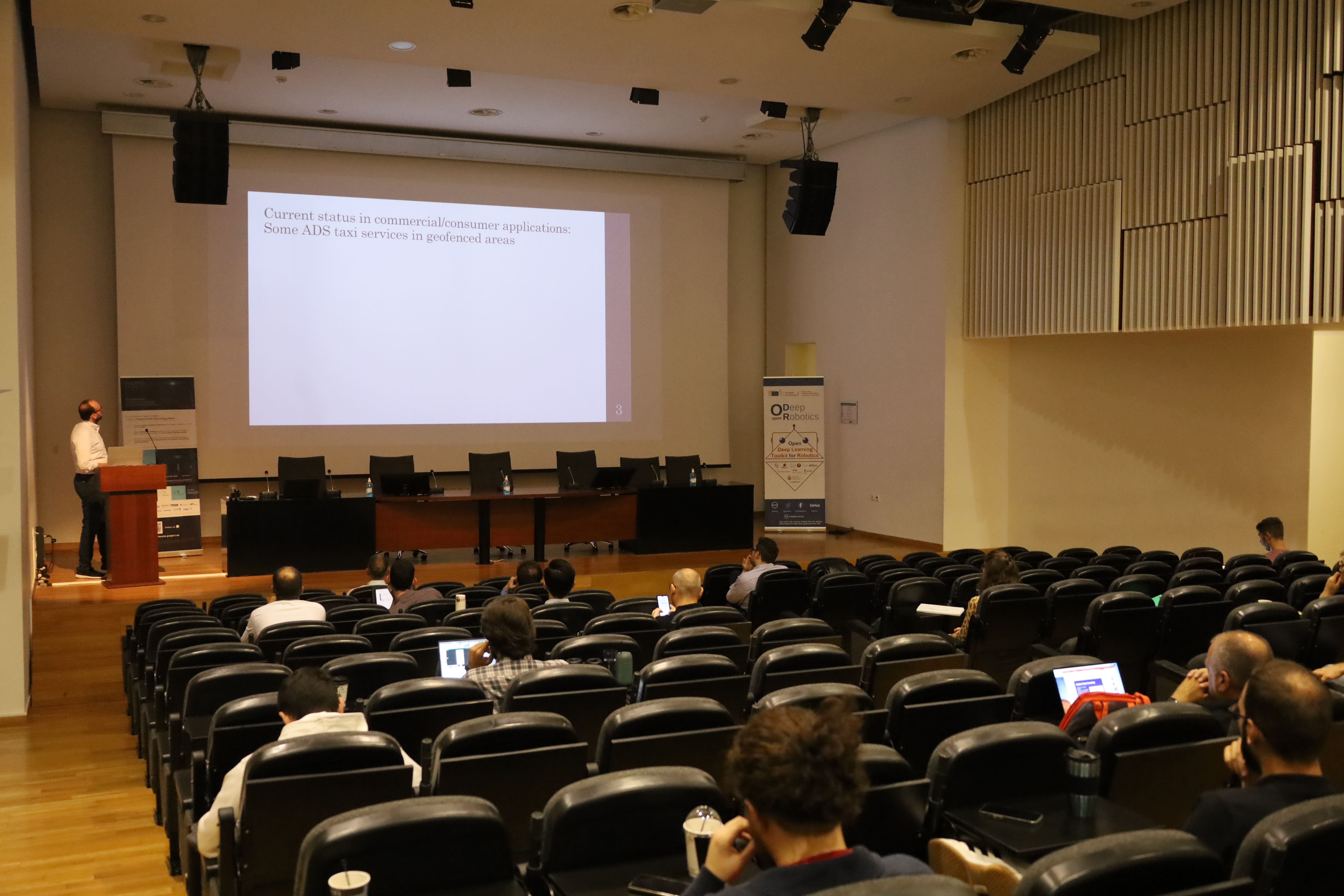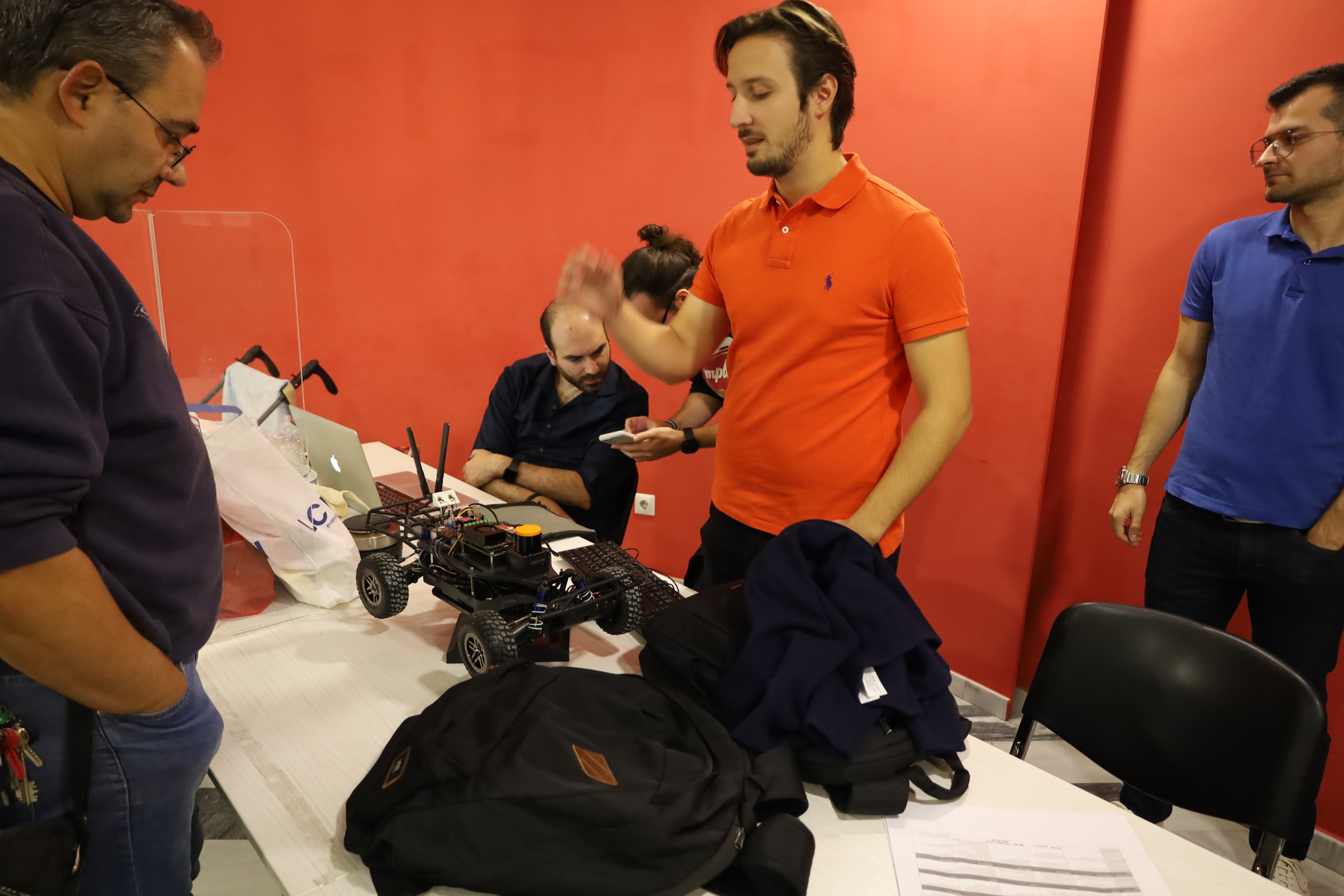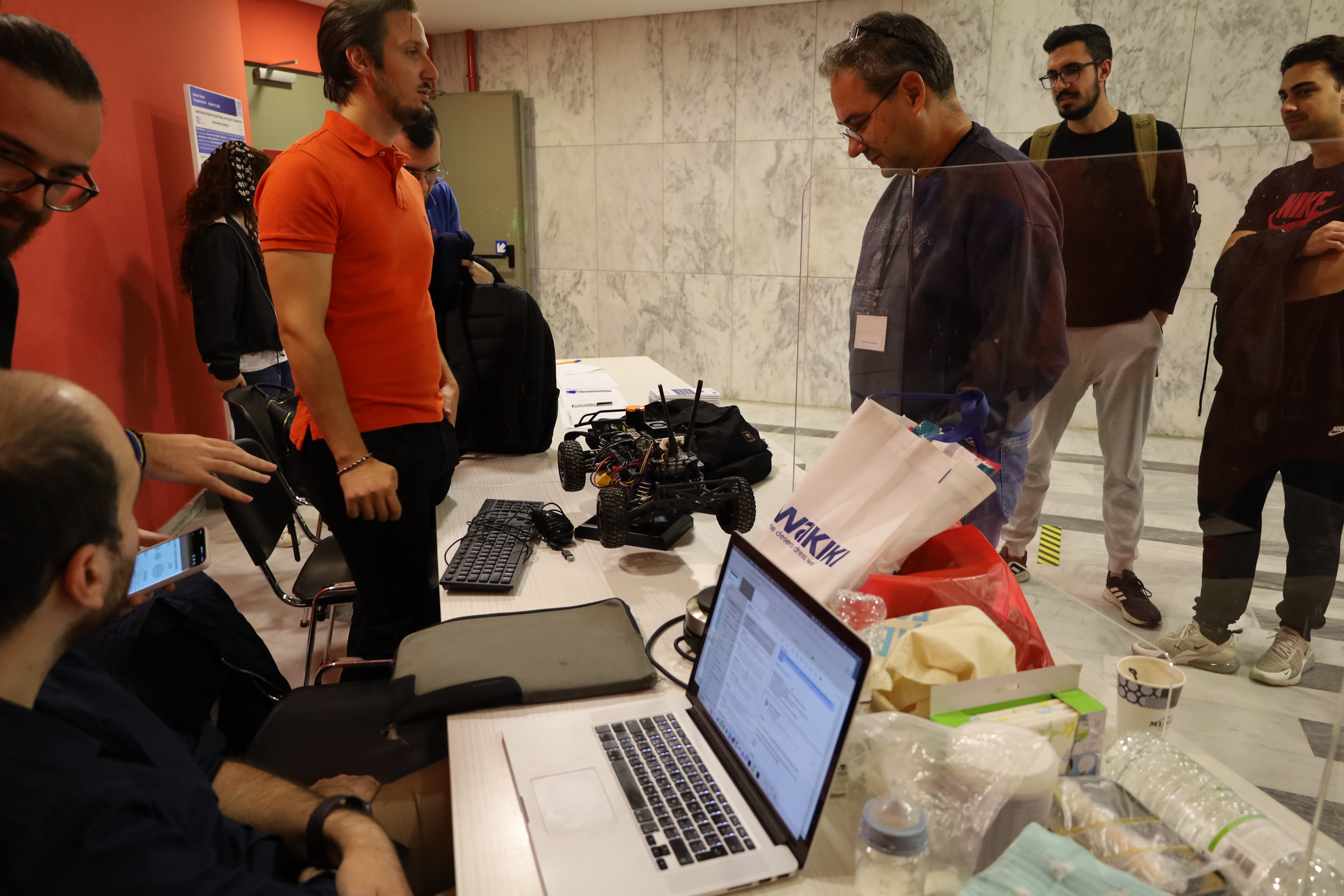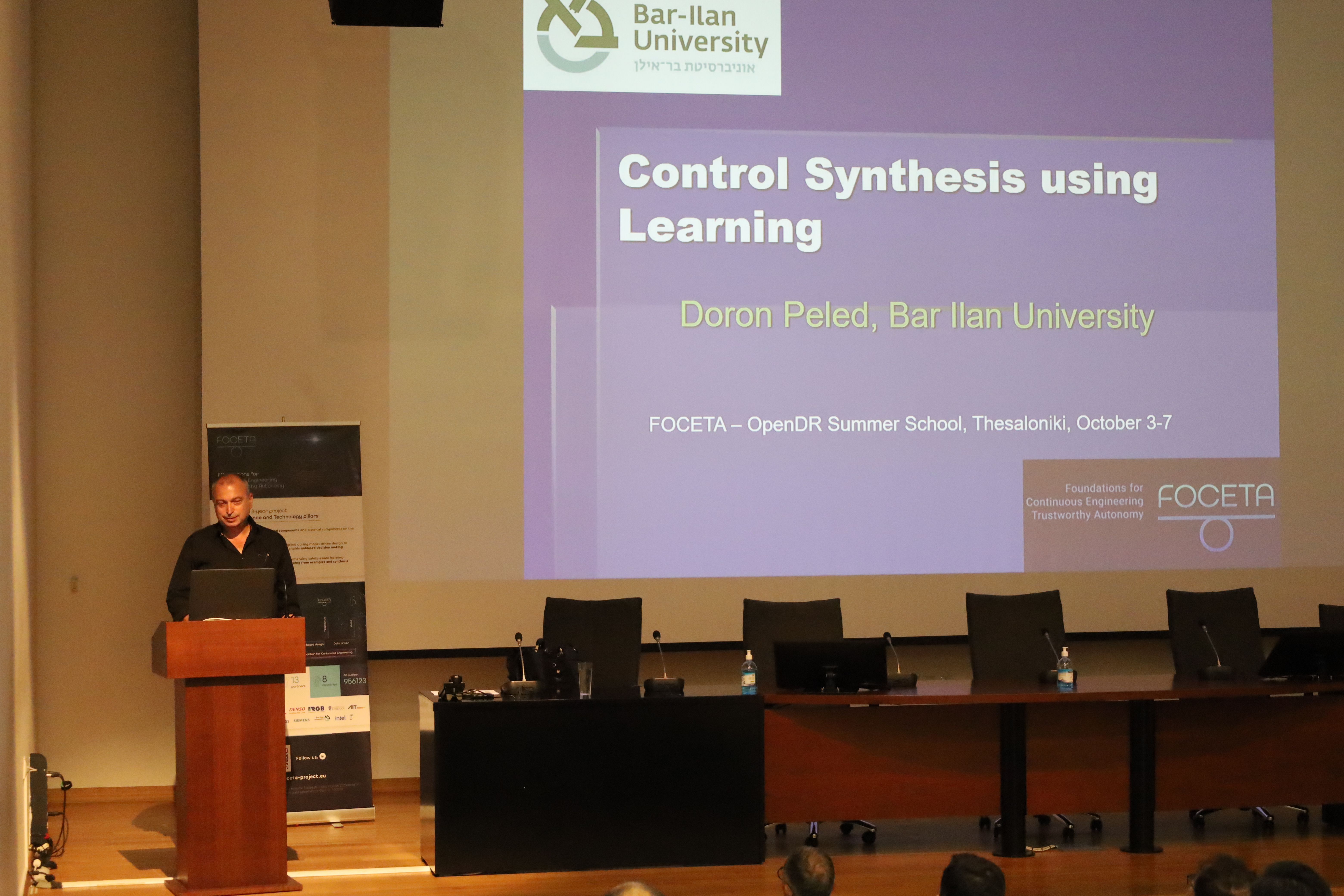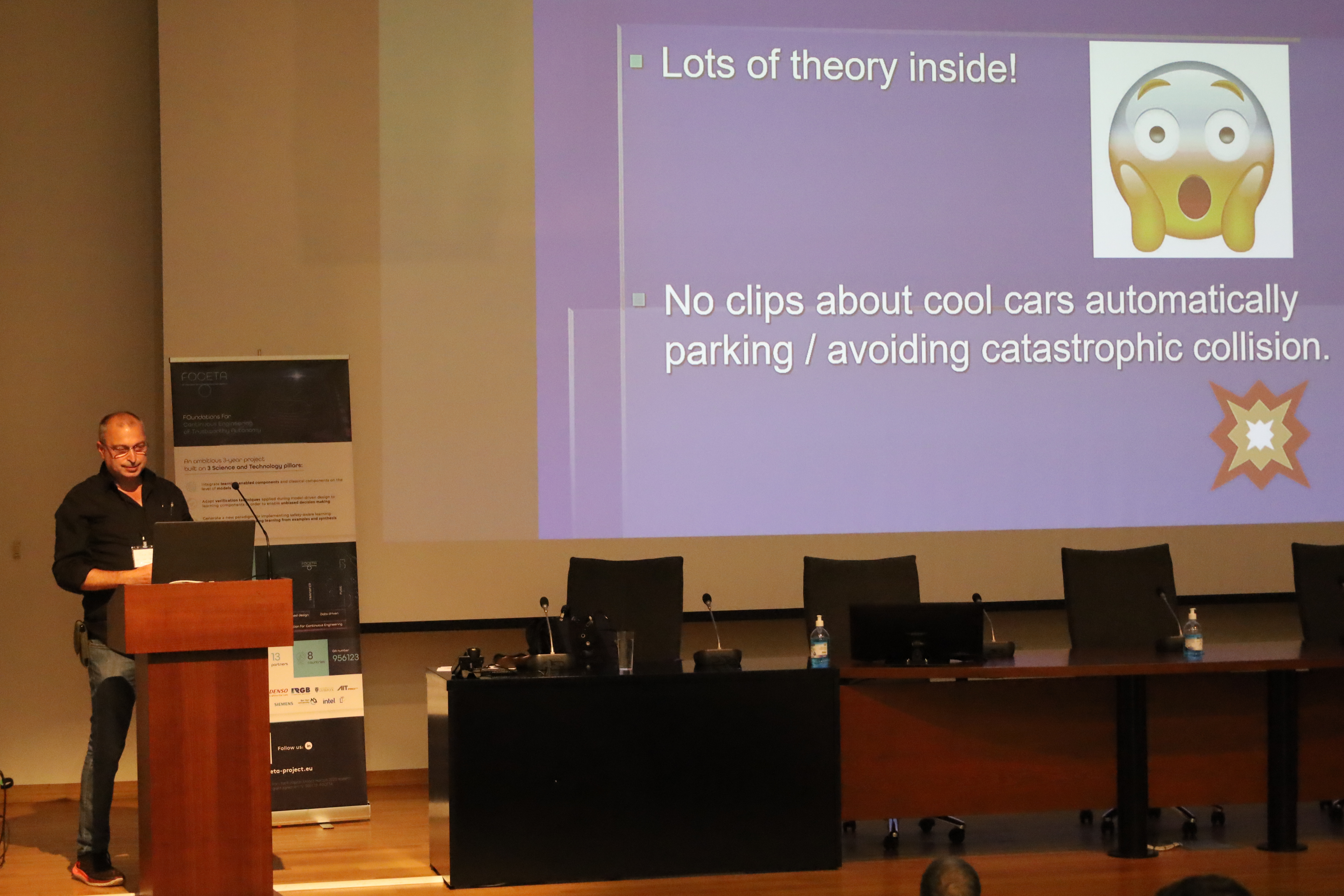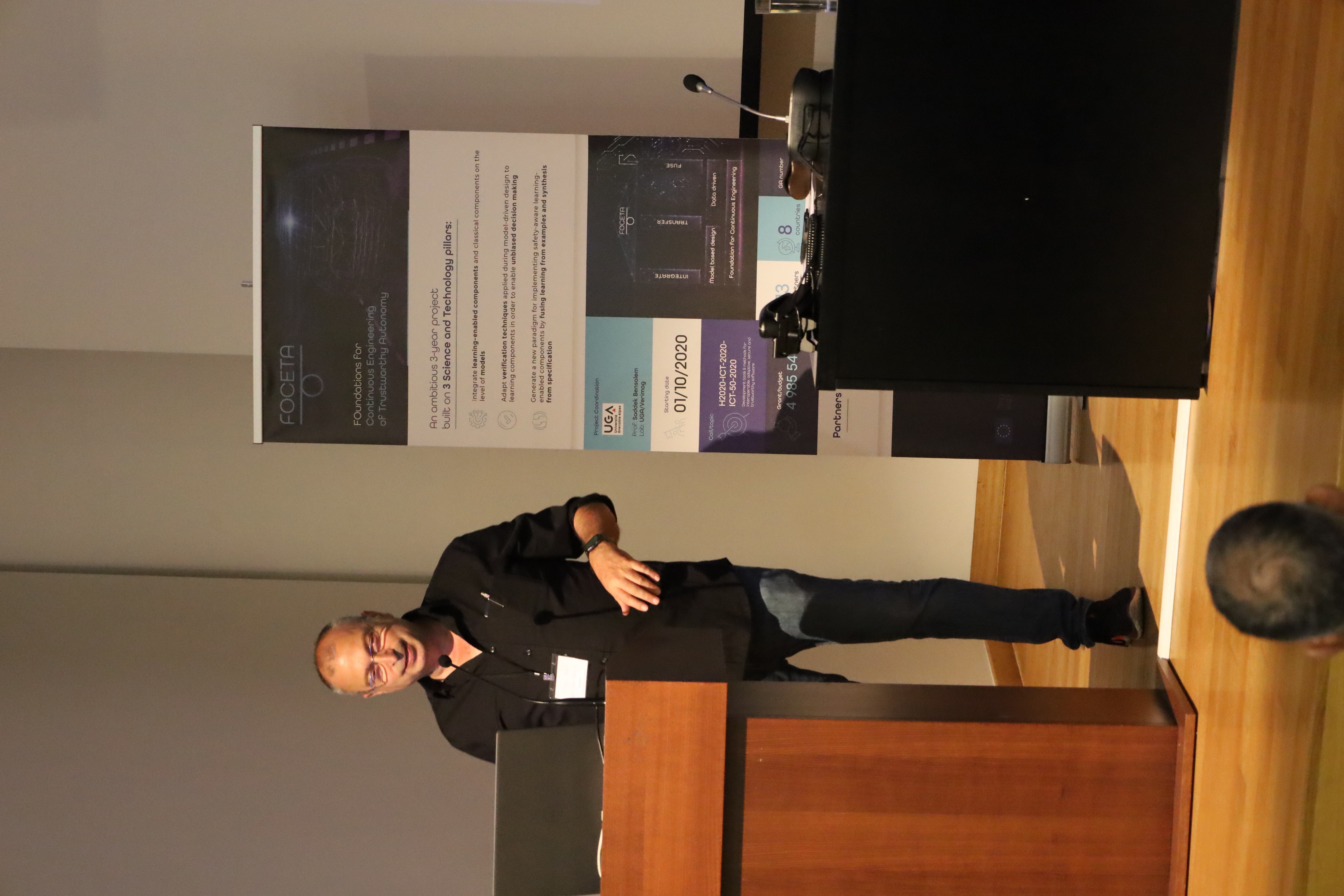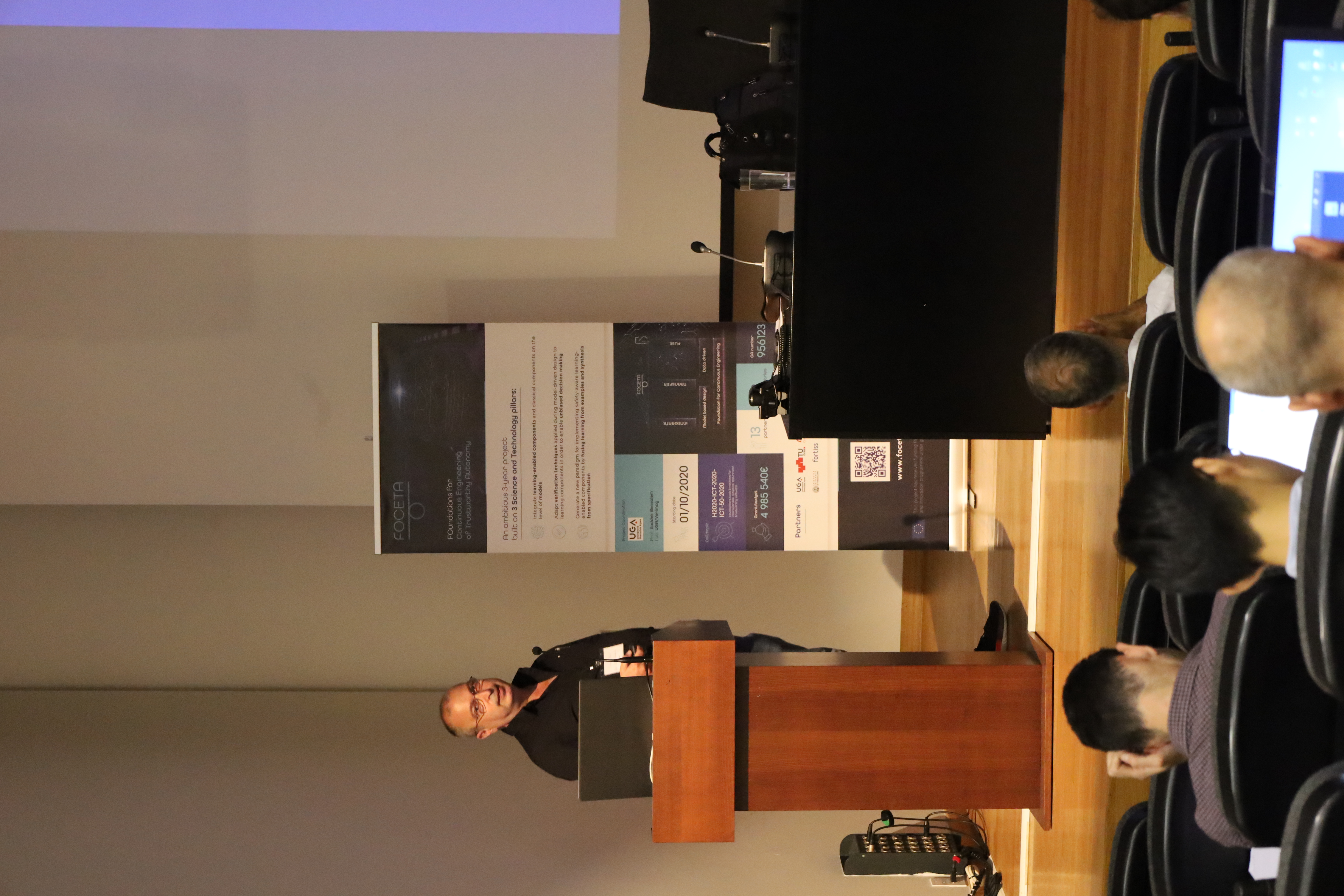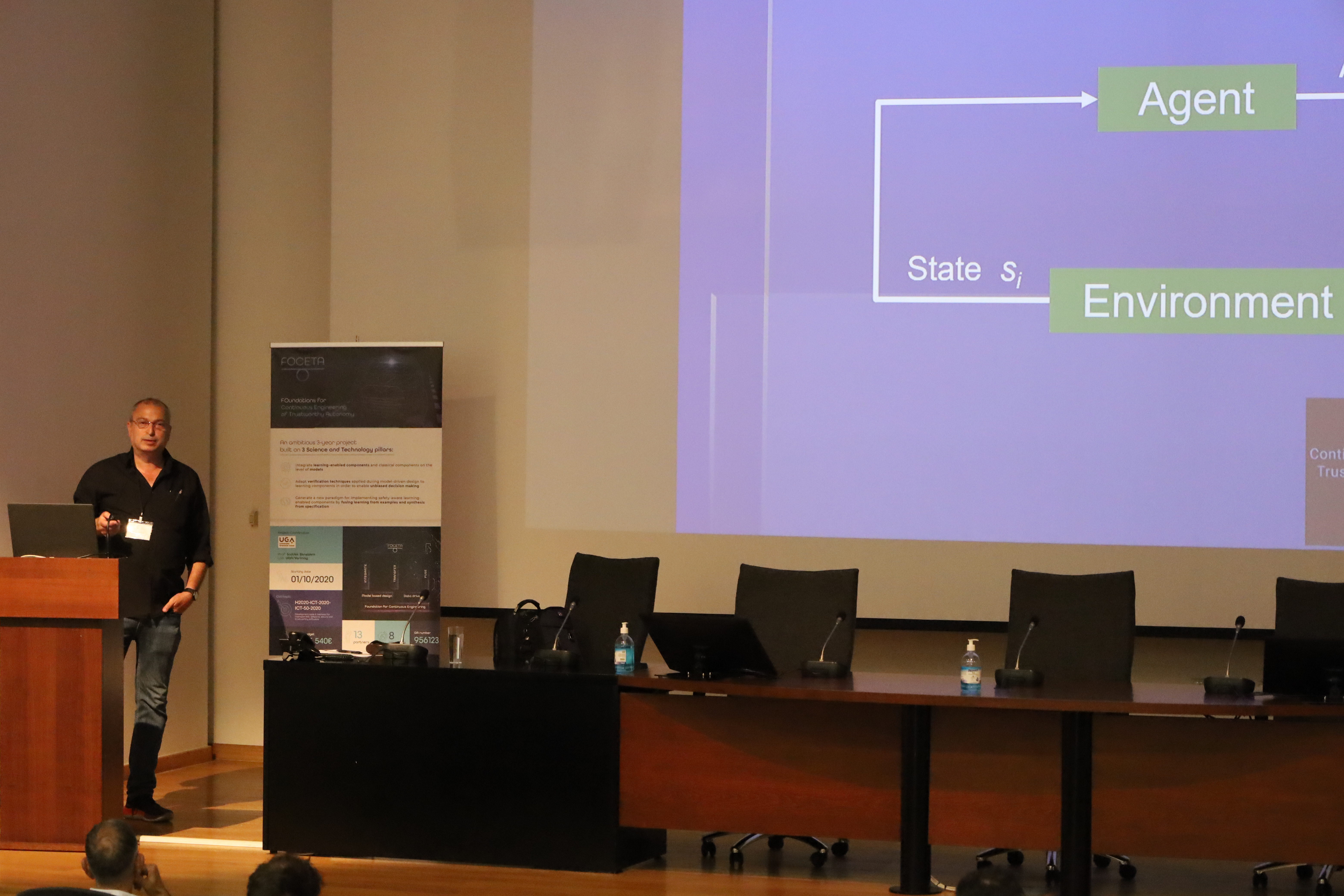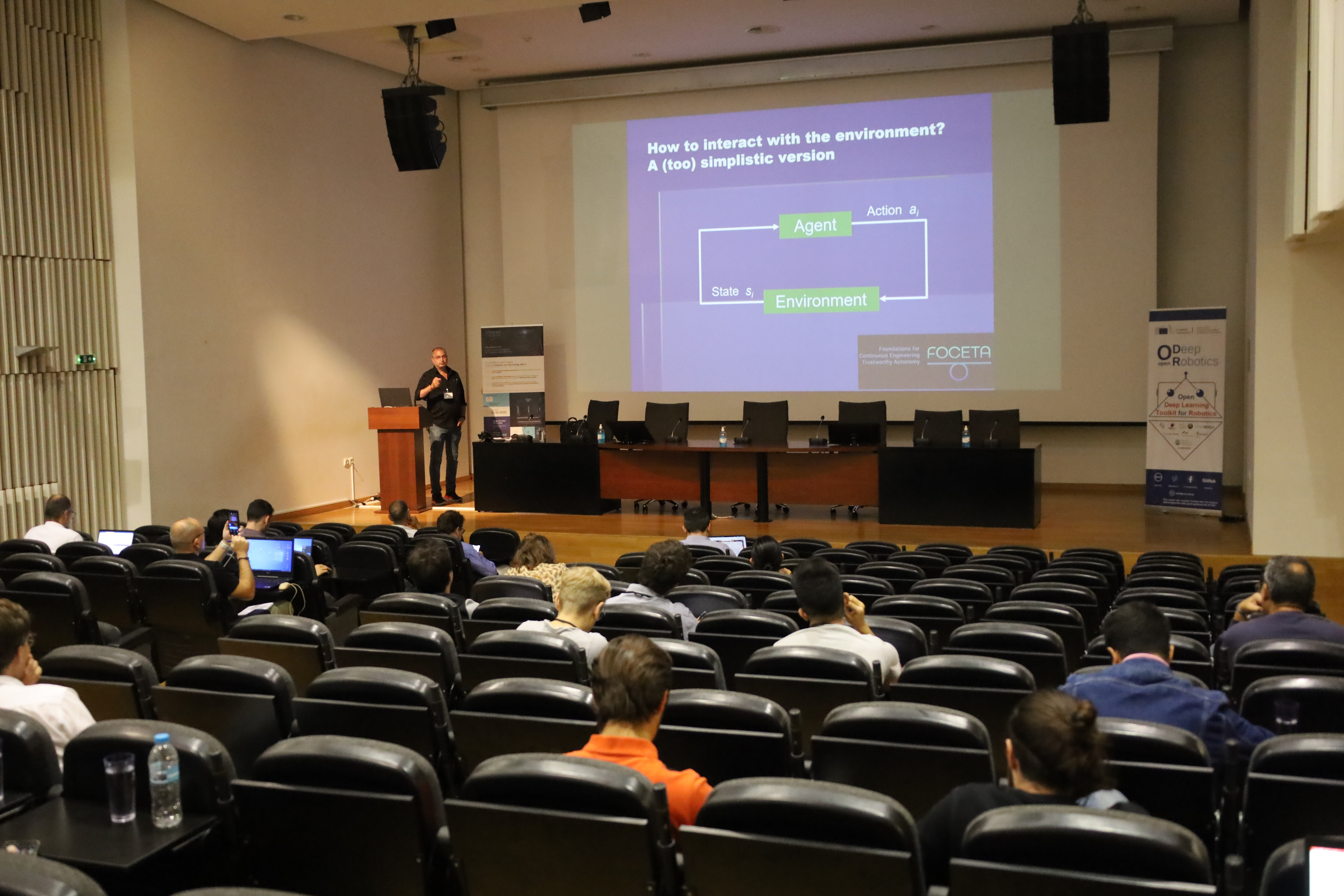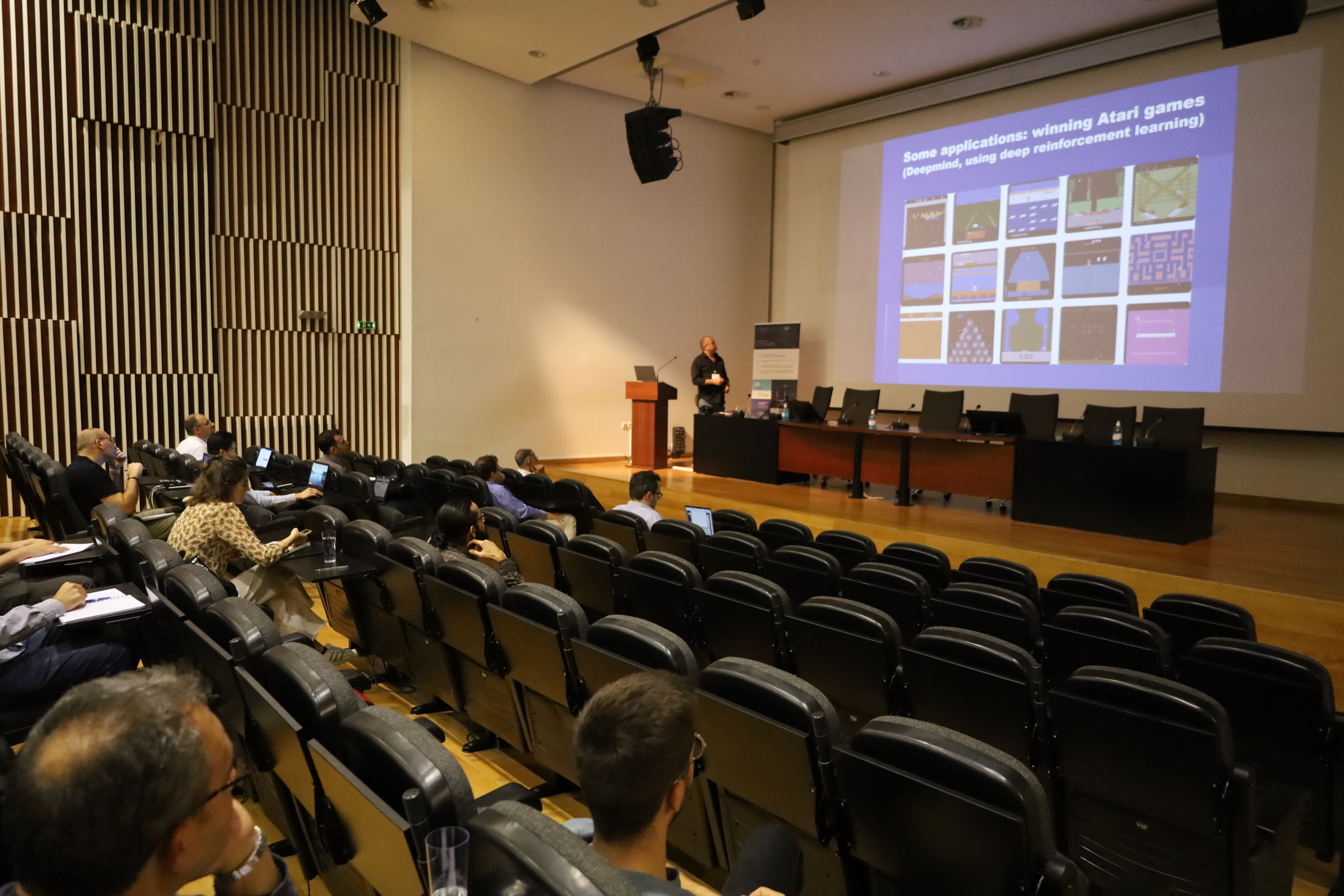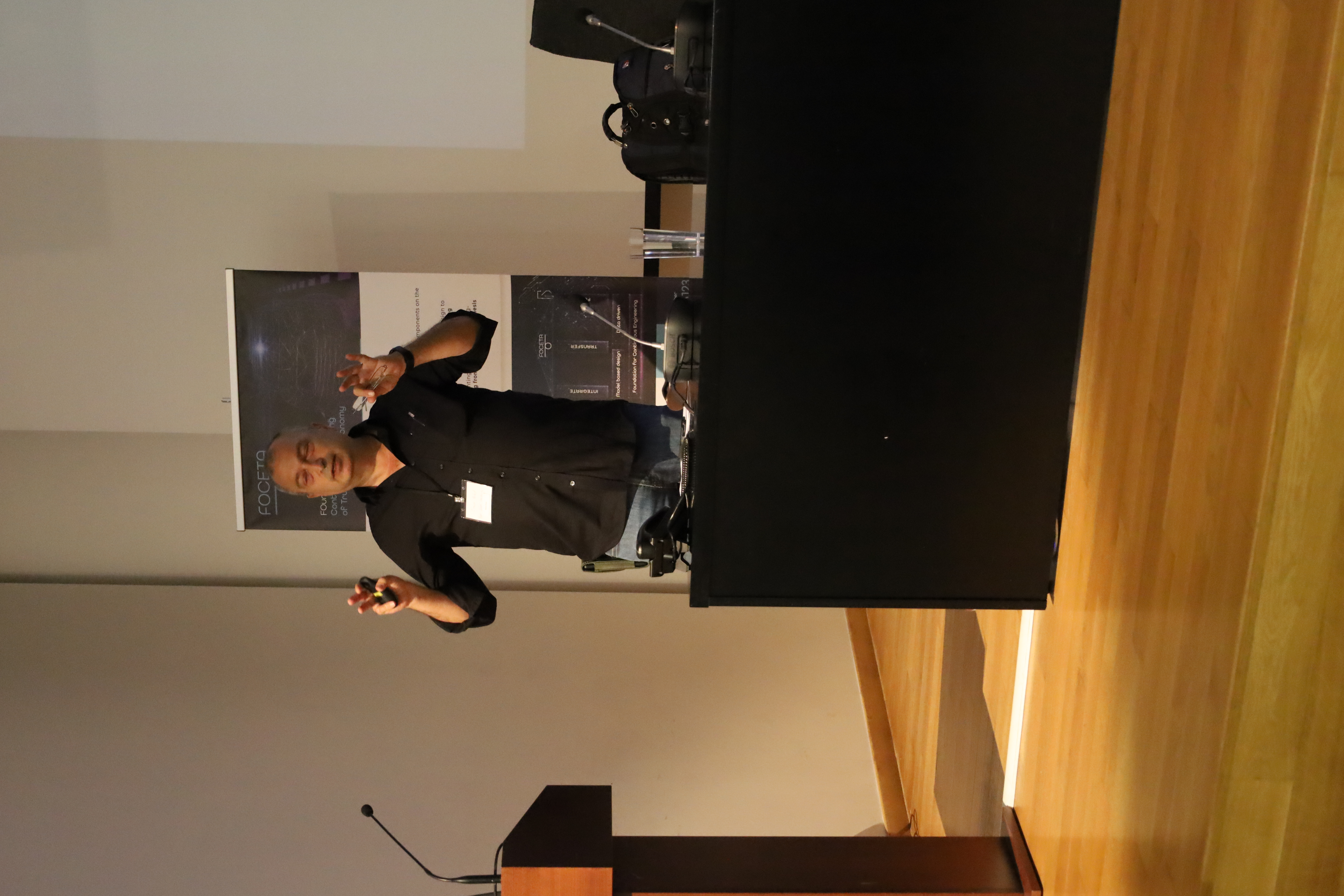Continuous Engineering and Deep Learning for Trustworthy Autonomous Systems
Deep learning has developed into a mature technology and it is nowadays an essential part in systems that may include timing and cyber-physical components, such as self-driving cars, autonomous control systems in medical applications and so on. We call these systems learning-enabled autonomous systems and we focus on key challenges in their design and development, which lie in the intersection of the two H2020 research projects that jointly organize this one-week summer school with prominent invited speakers and hands-on sessions on related tools and state-of-the-art industrial technologies.
The OpenDR project1 is focused on developing a modular, open and non-proprietary toolkit for core robotic functionalities by harnessing deep learning to provide advanced perception and cognition capabilities, meeting in this way the general requirements of robotics applications in various applications areas, such as healthcare, agri-food, and agile production. To this end, OpenDR is developing state-of-the-art lightweight and high resolution-enabled deep learning methods for core robotic functionalities, while investigating ways to integrate perception and action through active perception approaches.
The FOCETA project2 is focused on the problems associated with the analysis of the systems’ safety, security and performance in complex and often unpredictable environments given the fact that deep learning components are particularly sensitive to cyber-security threats and possible deviations from the system’s operational design domain. In addition to having continuously evolving requirements, we also need to support updates in the learning components and continuous testing/verification of the system under design. FOCETA invests in state-of-the-art formal methods for the continuous verification and validation of the systems, as well as for their deep learning components.
The summer school will host invited talks by distinguished researchers and industrial experts, as well as talks by the project participants that will reflect the achievements in the two ongoing projects.
📢 News:
Organizing Committee:
| Name | |
|---|---|
| Nikos Passalis (OpenDR) | passalis@csd.auth.gr |
| Nikos Kekatos (FOCETA) | nkekatos@csd.auth.gr |
| Paraskevi Nousi (OpenDR) | paranous@csd.auth.gr |
| Anastasios Temperekidis (Website) | anastemp@csd.auth.gr |
Continuous Engineering and Deep Learning for Trustworthy Autonomous Systems
Lecturers:
 Adam Molin is technical manager in Corporate R&D at
Denso Germany. He is responsible
for R&D of simulation-based verification and validation methods for AD/ADAS applications.
Prior to that, he was a postdoctoral researcher at the Department of Automatic Control, Royal
Institute of Technology (KTH), Stockholm, Sweden, from 2014 to 2016. He received his Diplom degree in
electrical engineering in 2007 and his Doctor of Engineering degree in 2014, both from the Department
of Electrical Engineering and Information Technology, Technical University of Munich (TUM), Germany.
His Ph.D. thesis was awarded with the Kurt-Fischer-Prize by the Department of Electrical Engineering
and Information Technology, TUM, in 2014.
Adam Molin is technical manager in Corporate R&D at
Denso Germany. He is responsible
for R&D of simulation-based verification and validation methods for AD/ADAS applications.
Prior to that, he was a postdoctoral researcher at the Department of Automatic Control, Royal
Institute of Technology (KTH), Stockholm, Sweden, from 2014 to 2016. He received his Diplom degree in
electrical engineering in 2007 and his Doctor of Engineering degree in 2014, both from the Department
of Electrical Engineering and Information Technology, Technical University of Munich (TUM), Germany.
His Ph.D. thesis was awarded with the Kurt-Fischer-Prize by the Department of Electrical Engineering
and Information Technology, TUM, in 2014.
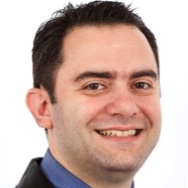 Ezio Bartocci is currently a full professor for
Formal Methods in Cyber-Physical
Systems Engineering at the Faculty of Computer Science TU Wien where he is leading the Trustworthy
Cyber-Physical Systems (TrustCPS) Group. The primary focus of his research is to develop formal
methods, computational tools and techniques that support the modeling and the automated analysis of
complex computational systems, including software systems, cyber-physical systems and biological
systems. He has published more than 100 articles and papers in top journals and conferences (e.g.,
ICSE, CAV, TACAS, EMSOFT, etc.). He is currently the scientific coordinator of the WWTF ICT project
ProbInG, the vice-chair for program admission for the Marie Skłodowska-Curie COFUND Doctoral Programme
LogiCS@TUWien.
Ezio Bartocci is currently a full professor for
Formal Methods in Cyber-Physical
Systems Engineering at the Faculty of Computer Science TU Wien where he is leading the Trustworthy
Cyber-Physical Systems (TrustCPS) Group. The primary focus of his research is to develop formal
methods, computational tools and techniques that support the modeling and the automated analysis of
complex computational systems, including software systems, cyber-physical systems and biological
systems. He has published more than 100 articles and papers in top journals and conferences (e.g.,
ICSE, CAV, TACAS, EMSOFT, etc.). He is currently the scientific coordinator of the WWTF ICT project
ProbInG, the vice-chair for program admission for the Marie Skłodowska-Curie COFUND Doctoral Programme
LogiCS@TUWien.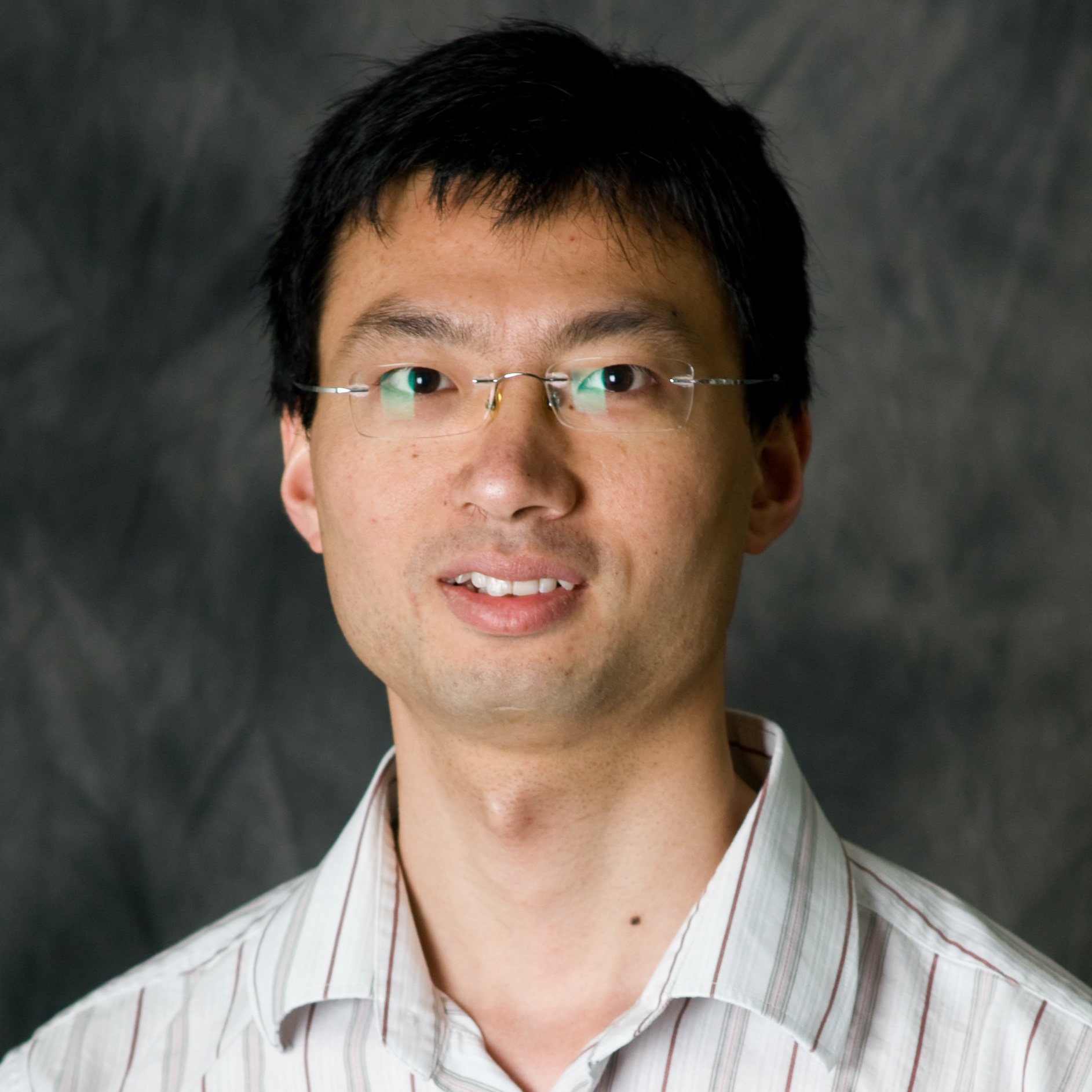 Xiaowei Huang is Professor of Computer Science, and
Director of the Trustworthy
Autonomous Cyber-Physical Systems lab, at the University of Liverpool, UK. His research is concerned
with the development of automated verification techniques that ensure the correctness and reliability
of intelligent systems. He is leading the research direction on the verification and validation of
deep neural networks and co-chairing the AAAI and IJCAI workshop series on Artificial Intelligence
Safety. His research has been supported by Dstl (Ministry of Defence, UK), EPSRC, and the EU.
Xiaowei Huang is Professor of Computer Science, and
Director of the Trustworthy
Autonomous Cyber-Physical Systems lab, at the University of Liverpool, UK. His research is concerned
with the development of automated verification techniques that ensure the correctness and reliability
of intelligent systems. He is leading the research direction on the verification and validation of
deep neural networks and co-chairing the AAAI and IJCAI workshop series on Artificial Intelligence
Safety. His research has been supported by Dstl (Ministry of Defence, UK), EPSRC, and the EU.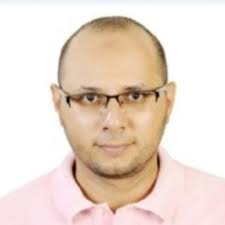 Mohamed AbdElSalam received his B.Sc. and M.S Degree from
Ain-Shams University, Cairo, Egypt, and
Doctor of Information Science and Technology from Osaka University, Osaka, Japan. He joined Mentor
Graphics 1998-2002 working in development of circuit simulation and IC layout tools, and development
of FPGA Advantage/HDS tool, and again in 2008 to 2021, in Global R&D MED solutions as Principal
Engineer, working on hardware emulation targets, Memory softmodels, Virtual Device Solutions and
recently in 2022 as Software Engineering Director for solutions targeting new vertical market segments
for Pre-Silicon Autonomous Verification Environment (PAVE360 Solutions), Cloud Connectivity and ML/AI
applications. He has many publications in the area of real-time systems, HW/SW Co-design and
System Level Modeling.
Mohamed AbdElSalam received his B.Sc. and M.S Degree from
Ain-Shams University, Cairo, Egypt, and
Doctor of Information Science and Technology from Osaka University, Osaka, Japan. He joined Mentor
Graphics 1998-2002 working in development of circuit simulation and IC layout tools, and development
of FPGA Advantage/HDS tool, and again in 2008 to 2021, in Global R&D MED solutions as Principal
Engineer, working on hardware emulation targets, Memory softmodels, Virtual Device Solutions and
recently in 2022 as Software Engineering Director for solutions targeting new vertical market segments
for Pre-Silicon Autonomous Verification Environment (PAVE360 Solutions), Cloud Connectivity and ML/AI
applications. He has many publications in the area of real-time systems, HW/SW Co-design and
System Level Modeling.
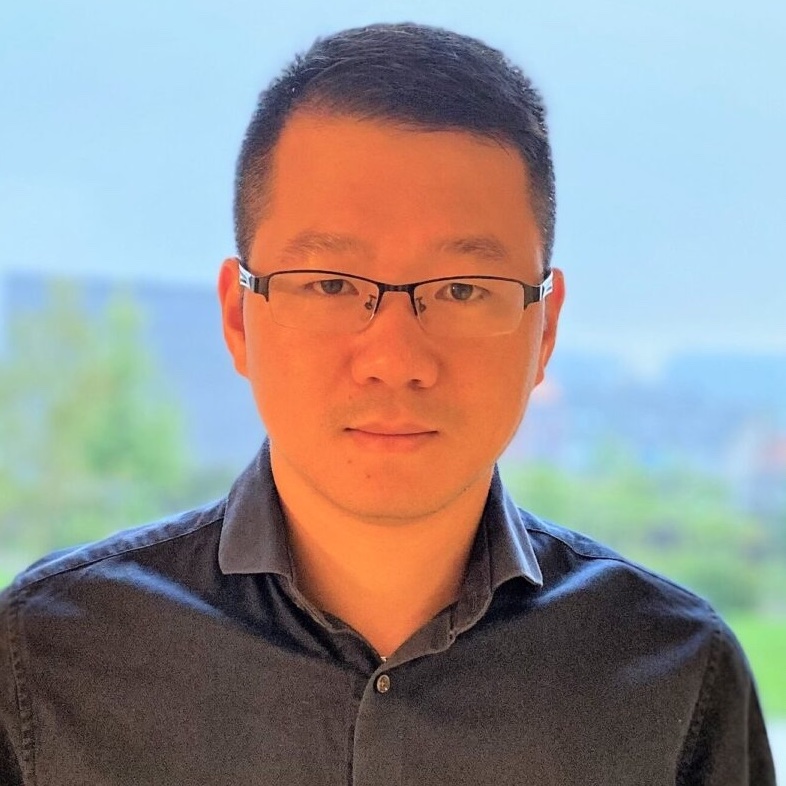 Son Tong is a senior research engineer at Siemens,
currently project manager and
leading a R&D team of research engineers working on control, autonomous driving and AI engineering
topics. He has been facilitating multiple technology developments at Siemens dealing with ADAS safety,
comfort, and V&V processes. The solutions often involve state of art digital twin simulation and
physical vehicle testing technologies. He was awarded Siemens PL Invention of the Year Award, and in
the finalist of the AutoSens Award 2019 in most influential research. Moreover, his team has received
multiple EU and Belgium research and innovation grants. Son Tong has delivered invited talks in
multiple events (Autosens, JSAE, AV Expo,…) and universities (Oxford, EPFL, Polimi, Univ. Tokyo…). He
also serves in the editorial board of IEEE control systems conferences.
Son Tong is a senior research engineer at Siemens,
currently project manager and
leading a R&D team of research engineers working on control, autonomous driving and AI engineering
topics. He has been facilitating multiple technology developments at Siemens dealing with ADAS safety,
comfort, and V&V processes. The solutions often involve state of art digital twin simulation and
physical vehicle testing technologies. He was awarded Siemens PL Invention of the Year Award, and in
the finalist of the AutoSens Award 2019 in most influential research. Moreover, his team has received
multiple EU and Belgium research and innovation grants. Son Tong has delivered invited talks in
multiple events (Autosens, JSAE, AV Expo,…) and universities (Oxford, EPFL, Polimi, Univ. Tokyo…). He
also serves in the editorial board of IEEE control systems conferences. Michael Paulitsch brings 25 years of work
theoretical and applied research and technology work at university and different industries
(aerospace, railway, automotive) in dependability in safety-critical and real-time systems including
security aspects of all types.
Michael fills the role of a Dependability Systems Architect (Principal Engineer) at Intel, Munich,
Germany, as part Intel Labs, since 2018. He pursues Dependable Machine Learning and High-Performance
Systems (resiliency), evaluates and ensures safe and dependable use of neural network models in
safety-critical systems. Focus is platform faults and impact to accelerator technology but also
uncertainty aspects. He also looks at novel safety monitoring approaches at different system levels
(chip, platform, application) for safety-related topics for autonomous systems.
Michael Paulitsch brings 25 years of work
theoretical and applied research and technology work at university and different industries
(aerospace, railway, automotive) in dependability in safety-critical and real-time systems including
security aspects of all types.
Michael fills the role of a Dependability Systems Architect (Principal Engineer) at Intel, Munich,
Germany, as part Intel Labs, since 2018. He pursues Dependable Machine Learning and High-Performance
Systems (resiliency), evaluates and ensures safe and dependable use of neural network models in
safety-critical systems. Focus is platform faults and impact to accelerator technology but also
uncertainty aspects. He also looks at novel safety monitoring approaches at different system levels
(chip, platform, application) for safety-related topics for autonomous systems.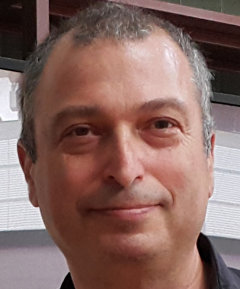 Doron Peled is a computer science Professor at Bar-Ilan
University. His research interests include formal methods, model checking, program synthesis and
runtime verification. He obtained his D.Sc in computer science from the Technion - Israel Institute of
Technology in 1991 under the supervision of Prof. Shmuel Katz and Prof. Amir Pnueli on verification
methods in temporal logic. After a post-doctoral year at the University of Warwick, he joined Bell
Labs, where he worked between 1992 and 2001. He was then appointed as an associated professor at the
University of Texas at Austin and after a year to a professor and chair of software engineering at the
University of Warwick. In 2006 Doron returned to Israel and joined Bar-Ilan University as a professor
of computer science.
Doron Peled is a computer science Professor at Bar-Ilan
University. His research interests include formal methods, model checking, program synthesis and
runtime verification. He obtained his D.Sc in computer science from the Technion - Israel Institute of
Technology in 1991 under the supervision of Prof. Shmuel Katz and Prof. Amir Pnueli on verification
methods in temporal logic. After a post-doctoral year at the University of Warwick, he joined Bell
Labs, where he worked between 1992 and 2001. He was then appointed as an associated professor at the
University of Texas at Austin and after a year to a professor and chair of software engineering at the
University of Warwick. In 2006 Doron returned to Israel and joined Bar-Ilan University as a professor
of computer science.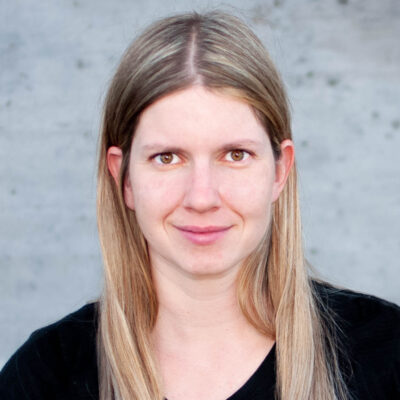 Bettina Könighofer is a Senior Researcher at
Lamarr Security Research and Graz University of Technology in Austria. She has been teaching
undergraduate courses since 2012. Her research interests lie in the area of AI especially in
reinforcement learning, formal verification, model checking, and synthesis of hardware and software.
Bettina’s work on shielding was one of the first that combined formal runtime enforcement techniques
with AI, bootstrapping the line of research on shielded learning.
Bettina Könighofer is a Senior Researcher at
Lamarr Security Research and Graz University of Technology in Austria. She has been teaching
undergraduate courses since 2012. Her research interests lie in the area of AI especially in
reinforcement learning, formal verification, model checking, and synthesis of hardware and software.
Bettina’s work on shielding was one of the first that combined formal runtime enforcement techniques
with AI, bootstrapping the line of research on shielded learning. Georgios Fainekos is a Senior Principal
Scientist at Toyota Research Institute of North America (TRINA). He received his Ph.D. in Computer and
Information Science from the University of Pennsylvania in 2008 where he was affiliated with the GRASP
laboratory. He holds a Diploma degree (B.Sc. & M.Sc.) in Mechanical Engineering from the National
Technical University of Athens (NTUA). Among other professional roles, he has been a tenured faculty
at the School of Computing and Augmented Intelligence (SCAI) at Arizona State University (ASU), and a
Postdoctoral Researcher at NEC Laboratories America in the System Analysis & Verification Group. He is
currently working on Cyber-Physical Systems (CPS) and robotics with a focus on Automated Driving
Systems (ADS). His technical expertise is on applied logic, formal verification & requirements,
testing, control theory, artificial intelligence, and optimization. In 2013, Dr. Fainekos received the
NSF CAREER award and the ASU SCIDSE Best Researcher Junior Faculty Award. He has also been recognized
with the top 5% teacher award in 2019 and 2021. His research has received several awards and
nominations (e.g., IEEE CASE 2021, IEEE ITSC 2019, ACM HSCC 2019, IEEE/ACM MEMOCODE 2019), and the
2008 Frank Anger Memorial ACM SIGBED/SIGSOFT Student Award. In 2016, Dr. Fainekos was the program
co-Chair for the ACM International Conference on Hybrid Systems: Computation and Control (HSCC).
Georgios Fainekos is a Senior Principal
Scientist at Toyota Research Institute of North America (TRINA). He received his Ph.D. in Computer and
Information Science from the University of Pennsylvania in 2008 where he was affiliated with the GRASP
laboratory. He holds a Diploma degree (B.Sc. & M.Sc.) in Mechanical Engineering from the National
Technical University of Athens (NTUA). Among other professional roles, he has been a tenured faculty
at the School of Computing and Augmented Intelligence (SCAI) at Arizona State University (ASU), and a
Postdoctoral Researcher at NEC Laboratories America in the System Analysis & Verification Group. He is
currently working on Cyber-Physical Systems (CPS) and robotics with a focus on Automated Driving
Systems (ADS). His technical expertise is on applied logic, formal verification & requirements,
testing, control theory, artificial intelligence, and optimization. In 2013, Dr. Fainekos received the
NSF CAREER award and the ASU SCIDSE Best Researcher Junior Faculty Award. He has also been recognized
with the top 5% teacher award in 2019 and 2021. His research has received several awards and
nominations (e.g., IEEE CASE 2021, IEEE ITSC 2019, ACM HSCC 2019, IEEE/ACM MEMOCODE 2019), and the
2008 Frank Anger Memorial ACM SIGBED/SIGSOFT Student Award. In 2016, Dr. Fainekos was the program
co-Chair for the ACM International Conference on Hybrid Systems: Computation and Control (HSCC). Anastasios Tefas received the B.Sc. in
informatics in 1997 and the Ph.D. degree in informatics in 2002, both from the Aristotle University of
Thessaloniki, Greece and since January 2022 he has been a Professor at the Department of Informatics
of the same university. From 2017 until 2021 he was an Associate Professor and from 2008 to 2017 he
was a Lecturer at the Aristotle University of Thessaloniki, as well. From 2006 to 2008, he was an
Assistant Professor at the Department of Information Management, Technological Institute of Kavala.
From 2003 to 2004, he was a temporary lecturer in the Department of Informatics, University of
Thessaloniki. From 1997 to 2002, he was a researcher and teaching assistant in the Department of
Informatics, University of Thessaloniki. Dr. Tefas participated in 20 research projects financed by
national and European funds. He is the Coordinator of the H2020 project OpenDR, “Open Deep Learning
Toolkit for Robotics”. He is Area Editor in Signal Processing: Image Communications journal. He has
co-authored 135 journal papers, 247 papers in international conferences and contributed 8 chapters to
edited books in his area of expertise. Over 6500 citations have been recorded to his publications and
his H-index is 40 according to Google scholar. His current research interests include computational
intelligence, deep learning, pattern recognition, statistical machine learning, digital signal and
image analysis and retrieval and computer vision.
Anastasios Tefas received the B.Sc. in
informatics in 1997 and the Ph.D. degree in informatics in 2002, both from the Aristotle University of
Thessaloniki, Greece and since January 2022 he has been a Professor at the Department of Informatics
of the same university. From 2017 until 2021 he was an Associate Professor and from 2008 to 2017 he
was a Lecturer at the Aristotle University of Thessaloniki, as well. From 2006 to 2008, he was an
Assistant Professor at the Department of Information Management, Technological Institute of Kavala.
From 2003 to 2004, he was a temporary lecturer in the Department of Informatics, University of
Thessaloniki. From 1997 to 2002, he was a researcher and teaching assistant in the Department of
Informatics, University of Thessaloniki. Dr. Tefas participated in 20 research projects financed by
national and European funds. He is the Coordinator of the H2020 project OpenDR, “Open Deep Learning
Toolkit for Robotics”. He is Area Editor in Signal Processing: Image Communications journal. He has
co-authored 135 journal papers, 247 papers in international conferences and contributed 8 chapters to
edited books in his area of expertise. Over 6500 citations have been recorded to his publications and
his H-index is 40 according to Google scholar. His current research interests include computational
intelligence, deep learning, pattern recognition, statistical machine learning, digital signal and
image analysis and retrieval and computer vision. Roel Pieters received his Ph.D degree in Robotics
from Eindhoven University of technology (The Netherlands) in 2013. He is currently an Associate
Professor in robotics and leads the Cognitive Robotics research group. His research interests include
perception, cognition and autonomy for human-robot collaboration, applied in industrial and domestic
setting.
Roel Pieters received his Ph.D degree in Robotics
from Eindhoven University of technology (The Netherlands) in 2013. He is currently an Associate
Professor in robotics and leads the Cognitive Robotics research group. His research interests include
perception, cognition and autonomy for human-robot collaboration, applied in industrial and domestic
setting.
 In 2020, Thomas Peyrucain obtained a dual
degree in Mechatronics at ESIGELEC Engineering School (Rouen, France) and a Master in Robotics at
Cranfield University (Cranfield, England). In 2021 he joined PAL Robotics as a Robotics Engineer,
focusing on technical developments especially for the range of EU projects that PAL Robotics is
involved in.
In 2020, Thomas Peyrucain obtained a dual
degree in Mechatronics at ESIGELEC Engineering School (Rouen, France) and a Master in Robotics at
Cranfield University (Cranfield, England). In 2021 he joined PAL Robotics as a Robotics Engineer,
focusing on technical developments especially for the range of EU projects that PAL Robotics is
involved in.
 Stefania Pedrazzi received a BSc in Computer
Science and a MSc in Robotics at the ETH Zürich (Switzerland) in 2011. Since 2012 she's working at
Cyberbotics Ltd. contributing with several major improvements to the Webots robot simulator
functionality and developing simulation models in Webots. She also worked at the development of the
robotbenchmark.net web simulation platform and led the technical development in various projects to
create custom Webots simulation scenarios and interfaces for agricultural and industrial applications.
Stefania Pedrazzi received a BSc in Computer
Science and a MSc in Robotics at the ETH Zürich (Switzerland) in 2011. Since 2012 she's working at
Cyberbotics Ltd. contributing with several major improvements to the Webots robot simulator
functionality and developing simulation models in Webots. She also worked at the development of the
robotbenchmark.net web simulation platform and led the technical development in various projects to
create custom Webots simulation scenarios and interfaces for agricultural and industrial applications.
 Nikolaos Passalis received the B.Sc. degree in
informatics, the M.Sc. degree in information systems, and the Ph.D. degree in informatics from the
Aristotle University of Thessaloniki, Thessaloniki, Greece, in 2013, 2015, and 2018, respectively.
Since 2019, he has been a post-doctoral researcher with the Aristotle University of Thessaloniki,
while from 2018 to 2019 he also conducted post-doctoral research at the Faculty of Information
Sciences, Tampere University, Finland. He has (co)authored more than 30 journal articles and 45
conference papers. His research interests include deep learning, information retrieval, time-series
analysis and computational intelligence.
Nikolaos Passalis received the B.Sc. degree in
informatics, the M.Sc. degree in information systems, and the Ph.D. degree in informatics from the
Aristotle University of Thessaloniki, Thessaloniki, Greece, in 2013, 2015, and 2018, respectively.
Since 2019, he has been a post-doctoral researcher with the Aristotle University of Thessaloniki,
while from 2018 to 2019 he also conducted post-doctoral research at the Faculty of Information
Sciences, Tampere University, Finland. He has (co)authored more than 30 journal articles and 45
conference papers. His research interests include deep learning, information retrieval, time-series
analysis and computational intelligence.
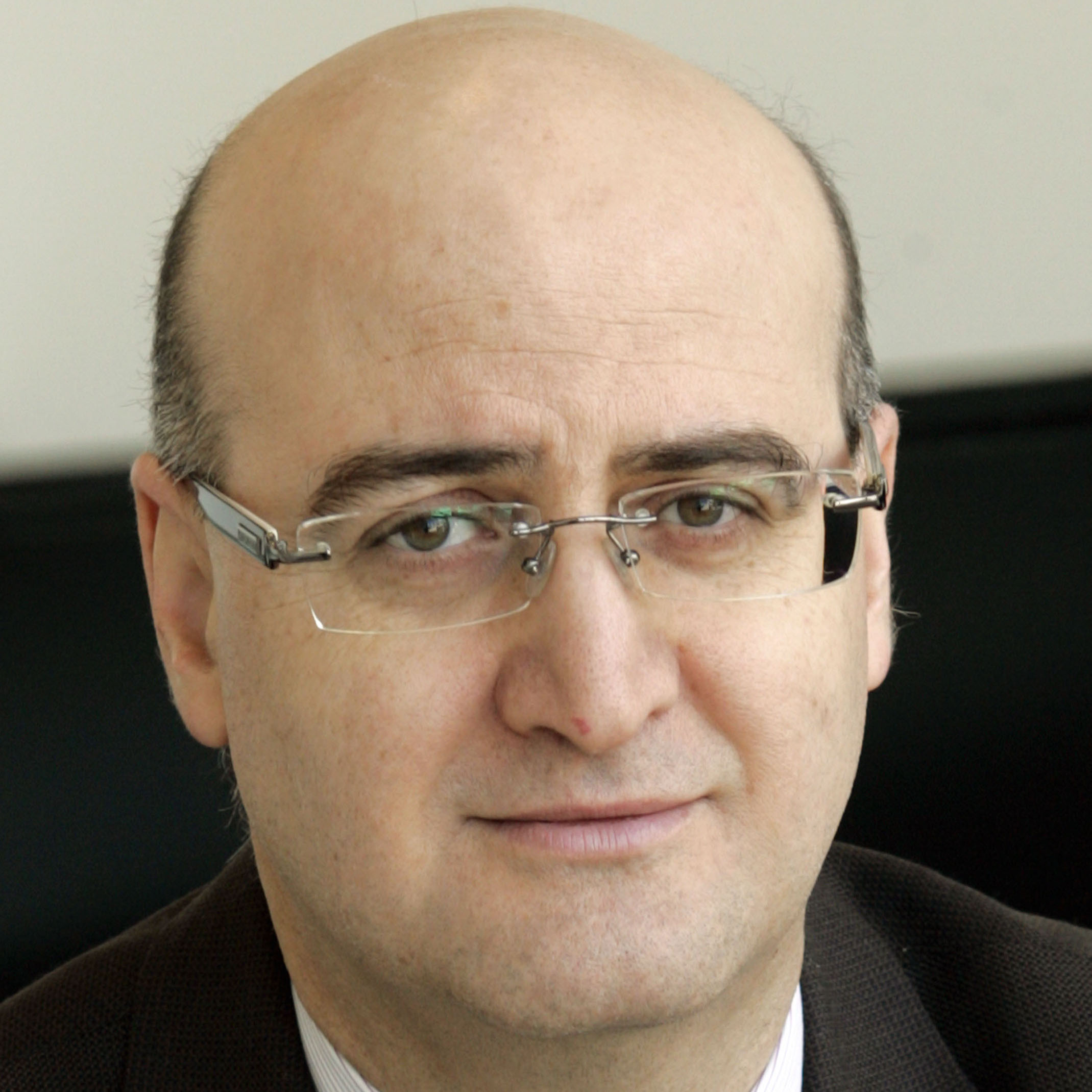 Moncef Gabbouj received his MS and PhD degrees in
electrical engineering from Purdue University, in 1986 and 1989, respectively. Dr. Gabbouj is
Professor of Signal Processing at the Department of Computing Sciences, Tampere University, Finland.
His research interests include Big Data analytics, multimedia analysis, artificial intelligence,
machine learning, and pattern recognition.
Moncef Gabbouj received his MS and PhD degrees in
electrical engineering from Purdue University, in 1986 and 1989, respectively. Dr. Gabbouj is
Professor of Signal Processing at the Department of Computing Sciences, Tampere University, Finland.
His research interests include Big Data analytics, multimedia analysis, artificial intelligence,
machine learning, and pattern recognition.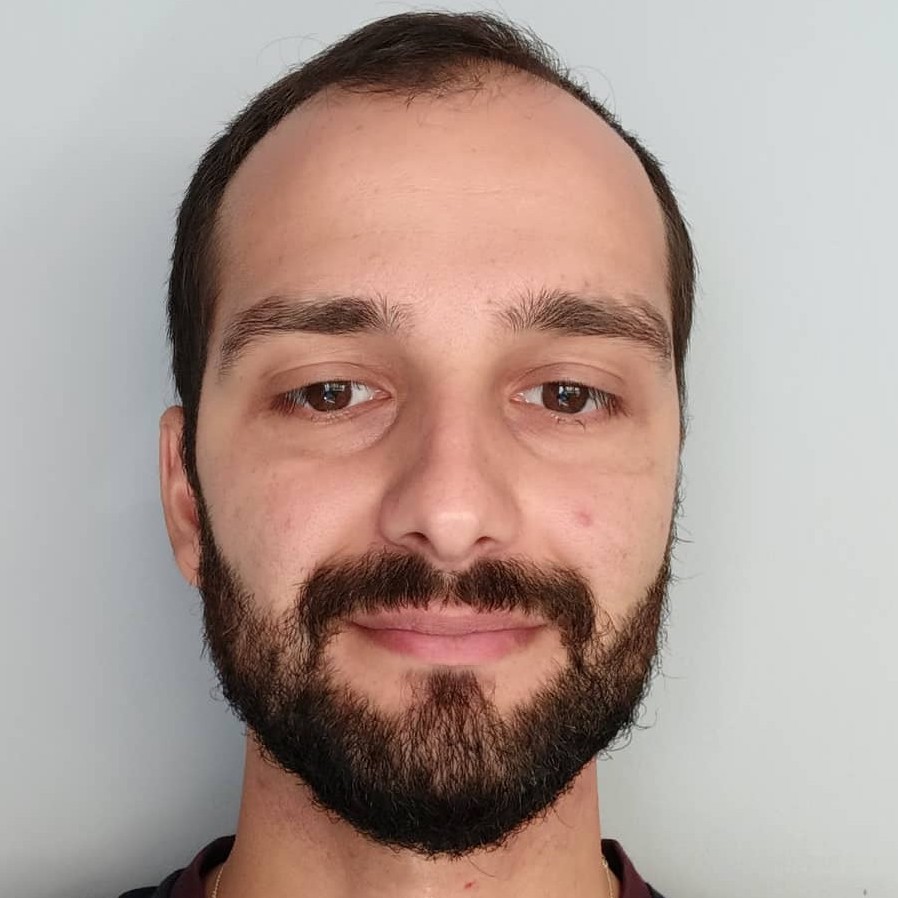 Charalampos Symeonidis obtained his BsC in
Informatics in 2017 from the Aristotle University of Thessaloniki and he is currently pursuing his PhD
in Computational Intelligence at the Informatics Department of Aristotle University of Thessaloniki.
His research focuses on computer graphics, machine learning and computer vision.
Charalampos Symeonidis obtained his BsC in
Informatics in 2017 from the Aristotle University of Thessaloniki and he is currently pursuing his PhD
in Computational Intelligence at the Informatics Department of Aristotle University of Thessaloniki.
His research focuses on computer graphics, machine learning and computer vision.
 Paraskevi Nousi obtained her B.Sc. and Ph.D.
degree in Informatics from the Aristotle University of Thessaloniki in 2014 and 2021 respectively. She
is currently a post-doctoral researcher in the Artificial Intelligence and Information Analysis
Laboratory in the Department of Informatics at the Aristotle University of Thessaloniki. Her research
interests include deep learning for computer vision, robotics, financial forecasting and gravitational
waves analysis.
Paraskevi Nousi obtained her B.Sc. and Ph.D.
degree in Informatics from the Aristotle University of Thessaloniki in 2014 and 2021 respectively. She
is currently a post-doctoral researcher in the Artificial Intelligence and Information Analysis
Laboratory in the Department of Informatics at the Aristotle University of Thessaloniki. Her research
interests include deep learning for computer vision, robotics, financial forecasting and gravitational
waves analysis.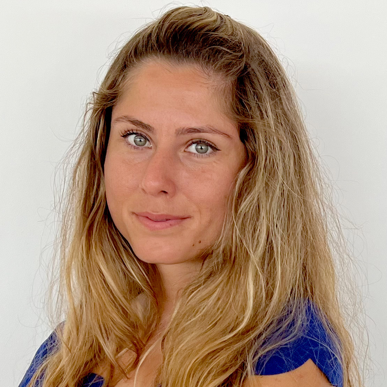 Gizem Bozdemir graduated in Economics and
Administrative Science at the University of Selçuk (Turkey) in 2012, and she obtained a master's
degree in Business Administration and Management at ENEB Business School Barcelona in 2022. She
specializes in EU Project Management and Business Development. Gizem has 5 years of experience working
with EU funded projects. She joined PAL Robotics in 2021 as EU Project Coordinator and is dedicated to
coordination of PAL Robotics´s collaborative R&D projects. She is in charge of preparation and
submission of the proposals as well as the coordination of the projects within Horizon Europe and
other EU funding programmes.
Gizem Bozdemir graduated in Economics and
Administrative Science at the University of Selçuk (Turkey) in 2012, and she obtained a master's
degree in Business Administration and Management at ENEB Business School Barcelona in 2022. She
specializes in EU Project Management and Business Development. Gizem has 5 years of experience working
with EU funded projects. She joined PAL Robotics in 2021 as EU Project Coordinator and is dedicated to
coordination of PAL Robotics´s collaborative R&D projects. She is in charge of preparation and
submission of the proposals as well as the coordination of the projects within Horizon Europe and
other EU funding programmes. Jens Kober is an associate professor at TU Delft,
Netherlands. He is member of the Cognitive Robotics department (CoR), the TU Delft Robotics Institute,
and RoboValley. Jens is the recipient of the Robotics: Science and Systems Early Career Award 2022 and
the IEEE-RAS Early Academic Career Award in Robotics and Automation 2018. His Ph.D. thesis has won the
2013 Georges Giralt PhD Award as the best Robotics PhD thesis in Europe in 2012. Jens was an assistant
professor at TU Delft (2015-2019), first at the Delft Center for Systems and Control (DCSC) and later
at CoR. He worked as a postdoctoral scholar (2012-2014) jointly at the CoR-Lab, Bielefeld University,
Germany and at the Honda Research Institute Europe, Germany. Jens holds degrees (MSc equivalent) in
control engineering from University of Stuttgart and in general engineering from the École Centrale
Paris (ECP). He has been a visiting research student at the Advanced Telecommunication Research (ATR)
Center, Japan and an intern at Disney Research Pittsburgh, USA. Jens is an IEEE Senior Member and
ELLIS Scholar. Jens served as co-chair of the IEEE-RAS TC Robot Learning (2016-2021), as the Virtual
Conference Arrangements Chair for Robotics: Science and Systems 2020, and as a Program Chair for the
Conference on Robot Learning 2020. He currently serves as the Finance Chair for the International
Conference on Advanced Intelligent Mechatronics 2021, as senior editor for the IEEE Robotics and
Automation Letters, as associate editor for the IEEE Transactions on Robotics and for the IEEE/ASME
Transactions on Mechatronics, as editorial board member of the Journal of Machine Learning Research,
as editor for the IEEE/RSJ International Conference on Intelligent Robots and Systems, as well as area
chair/associate editor for numerous conferences. He has served as reviewer for most well-known
journals and conferences in the fields of machine learning and robotics. From 2007-2012 he was working
with Jan Peters as a master's student and subsequently as a Ph.D. student at the Robot Learning Lab,
Max-Planck Institute for Intelligent Systems, Empirical Inference Department (formerly part of the MPI
for Biological Cybernetics) and Autonomous Motion Department. Jens has graduated in Spring 2012 with a
Doctor of Engineering “summa cum laude” from the Intelligent Autonomous Systems Group, Technische
Universität Darmstadt.
Jens Kober is an associate professor at TU Delft,
Netherlands. He is member of the Cognitive Robotics department (CoR), the TU Delft Robotics Institute,
and RoboValley. Jens is the recipient of the Robotics: Science and Systems Early Career Award 2022 and
the IEEE-RAS Early Academic Career Award in Robotics and Automation 2018. His Ph.D. thesis has won the
2013 Georges Giralt PhD Award as the best Robotics PhD thesis in Europe in 2012. Jens was an assistant
professor at TU Delft (2015-2019), first at the Delft Center for Systems and Control (DCSC) and later
at CoR. He worked as a postdoctoral scholar (2012-2014) jointly at the CoR-Lab, Bielefeld University,
Germany and at the Honda Research Institute Europe, Germany. Jens holds degrees (MSc equivalent) in
control engineering from University of Stuttgart and in general engineering from the École Centrale
Paris (ECP). He has been a visiting research student at the Advanced Telecommunication Research (ATR)
Center, Japan and an intern at Disney Research Pittsburgh, USA. Jens is an IEEE Senior Member and
ELLIS Scholar. Jens served as co-chair of the IEEE-RAS TC Robot Learning (2016-2021), as the Virtual
Conference Arrangements Chair for Robotics: Science and Systems 2020, and as a Program Chair for the
Conference on Robot Learning 2020. He currently serves as the Finance Chair for the International
Conference on Advanced Intelligent Mechatronics 2021, as senior editor for the IEEE Robotics and
Automation Letters, as associate editor for the IEEE Transactions on Robotics and for the IEEE/ASME
Transactions on Mechatronics, as editorial board member of the Journal of Machine Learning Research,
as editor for the IEEE/RSJ International Conference on Intelligent Robots and Systems, as well as area
chair/associate editor for numerous conferences. He has served as reviewer for most well-known
journals and conferences in the fields of machine learning and robotics. From 2007-2012 he was working
with Jan Peters as a master's student and subsequently as a Ph.D. student at the Robot Learning Lab,
Max-Planck Institute for Intelligent Systems, Empirical Inference Department (formerly part of the MPI
for Biological Cybernetics) and Autonomous Motion Department. Jens has graduated in Spring 2012 with a
Doctor of Engineering “summa cum laude” from the Intelligent Autonomous Systems Group, Technische
Universität Darmstadt.
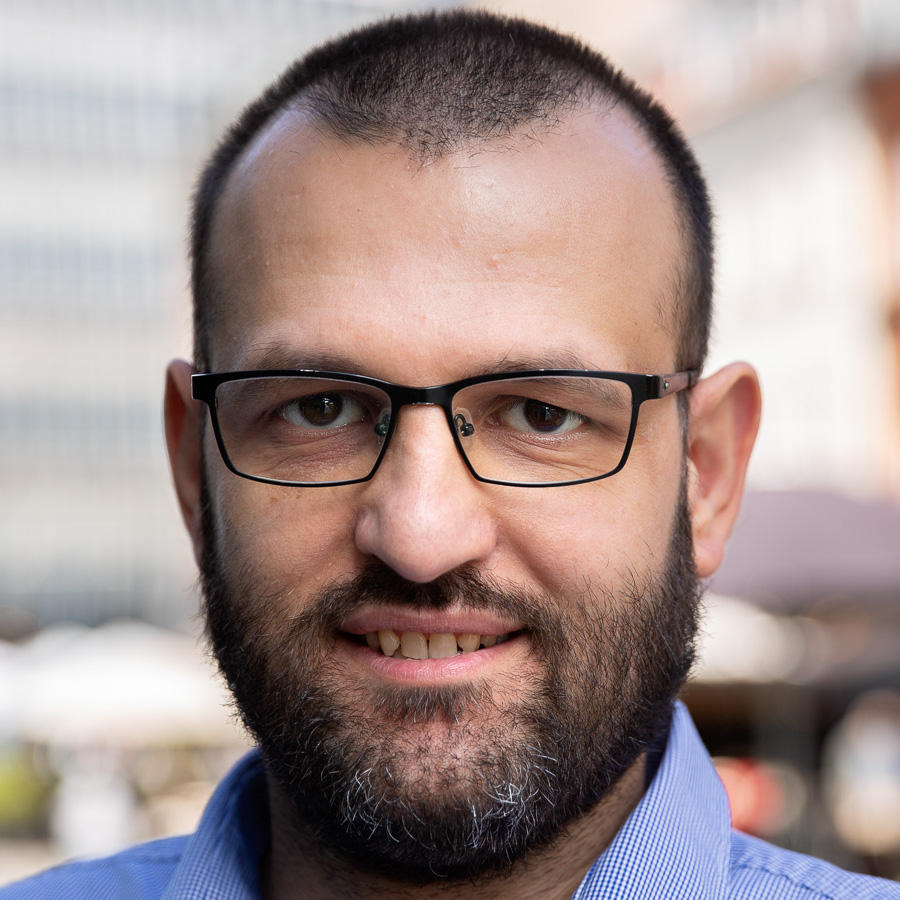 Alexandros Iosifidis is a Professor at Aarhus
University, Denmark. He leads the Machine Learning & Computational Intelligence group at the
Department of Electrical and Computer Engineering, and the Machine Intelligence research area of the
University's Centre for Digitalisation, Big Data and Data Analytics (DIGIT). He has contributed to
more than thirty R&D projects financed by EU, Finnish, and Danish funding agencies and companies. He
has co-authored more than 235 papers in in international journals/conferences/workshops in topics of
his expertise. He is a co-Editor of the Deep Learning for Robot Perception and Cognition book
(Academic Press, 2022). Alexandros is the Associate Editor in Chief (for neural networks) of the
Neurocomputing journal, and an Associate Editor of IEEE Transactions on Neural Networks and Learning
Systems, and of Image Communication journal. He contributed to the organization of international
conferences , as an Area Chair or Technical Program Committee Chair, including IEEE ICIP (2018-2022)
and EUSIPCO (2019,2021), and as Publicity co-Chair for IEEE ICME 2021. His work received several
awards, including the Academy of Finland Postdoctoral Research Fellowship 2016, the H.C. Ørsted Young
Researcher Prize 2018 for contributions to Signal Processing and Machine Learning, the EURASIP Early
Career Award 2021 for contributions to Statistical Machine Learning and Artificial Neural Networks,
the JP Morgan Faculty Research Award 2022 for work in Bayesian Deep Learning for Financial
forecasting, and he is a Senior Member of the Institute of Electrical and Electronics Engineers
(IEEE). His research interests include statistical machine learning and deep learning finding
applications in problems coming from comptuer/robot vision, ecology and finance.
Alexandros Iosifidis is a Professor at Aarhus
University, Denmark. He leads the Machine Learning & Computational Intelligence group at the
Department of Electrical and Computer Engineering, and the Machine Intelligence research area of the
University's Centre for Digitalisation, Big Data and Data Analytics (DIGIT). He has contributed to
more than thirty R&D projects financed by EU, Finnish, and Danish funding agencies and companies. He
has co-authored more than 235 papers in in international journals/conferences/workshops in topics of
his expertise. He is a co-Editor of the Deep Learning for Robot Perception and Cognition book
(Academic Press, 2022). Alexandros is the Associate Editor in Chief (for neural networks) of the
Neurocomputing journal, and an Associate Editor of IEEE Transactions on Neural Networks and Learning
Systems, and of Image Communication journal. He contributed to the organization of international
conferences , as an Area Chair or Technical Program Committee Chair, including IEEE ICIP (2018-2022)
and EUSIPCO (2019,2021), and as Publicity co-Chair for IEEE ICME 2021. His work received several
awards, including the Academy of Finland Postdoctoral Research Fellowship 2016, the H.C. Ørsted Young
Researcher Prize 2018 for contributions to Signal Processing and Machine Learning, the EURASIP Early
Career Award 2021 for contributions to Statistical Machine Learning and Artificial Neural Networks,
the JP Morgan Faculty Research Award 2022 for work in Bayesian Deep Learning for Financial
forecasting, and he is a Senior Member of the Institute of Electrical and Electronics Engineers
(IEEE). His research interests include statistical machine learning and deep learning finding
applications in problems coming from comptuer/robot vision, ecology and finance.
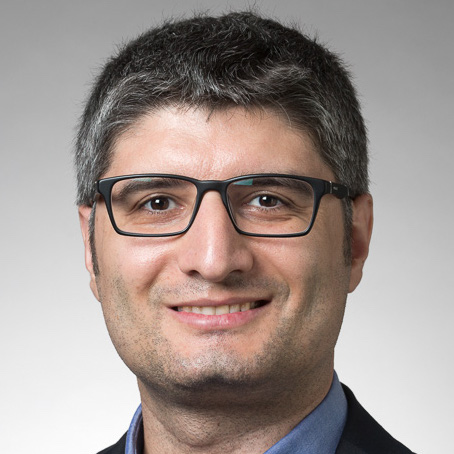 Erdal Kayacan received a B.Sc. degree in electrical
engineering from Istanbul Technical University, Istanbul, Turkey, in 2003 and a M.Sc. degree in
systems and control engineering from Bogazici University, Istanbul, Turkey, in 2006. In September
2011, he received a Ph.D degree in electrical and electronic engineering at Bogazici University,
Istanbul, Turkey. After finishing his post-doctoral research in KU Leuven at the division of
mechatronics, biostatistics and sensors (MeBioS) in 2014, he worked in Nanyang Technological
University at the School of Mechanical and Aerospace Engineering as an assistant professor for four
years. Currently, he is pursuing his research in Aarhus University at the Department of Engineering as
an associate professor. Dr. Kayacan is co-writer of a course book “Fuzzy Neural Networks for Real Time
Control Applications, 1st Edition Concepts, Modeling and Algorithms for Fast Learning“,
Butterworth-Heinemann, Print Book ISBN:9780128026878. (17 Sept 2015). He is a Senior Member of
Institute of Electrical and Electronics Engineers (IEEE). From 1st Jan 2017, he is an Associate Editor
of IEEE Transactions on Fuzzy Systems. His research areas are computational intelligence methods,
sliding mode control, model predictive control, mechatronics and unmanned aerial vehicles.
Erdal Kayacan received a B.Sc. degree in electrical
engineering from Istanbul Technical University, Istanbul, Turkey, in 2003 and a M.Sc. degree in
systems and control engineering from Bogazici University, Istanbul, Turkey, in 2006. In September
2011, he received a Ph.D degree in electrical and electronic engineering at Bogazici University,
Istanbul, Turkey. After finishing his post-doctoral research in KU Leuven at the division of
mechatronics, biostatistics and sensors (MeBioS) in 2014, he worked in Nanyang Technological
University at the School of Mechanical and Aerospace Engineering as an assistant professor for four
years. Currently, he is pursuing his research in Aarhus University at the Department of Engineering as
an associate professor. Dr. Kayacan is co-writer of a course book “Fuzzy Neural Networks for Real Time
Control Applications, 1st Edition Concepts, Modeling and Algorithms for Fast Learning“,
Butterworth-Heinemann, Print Book ISBN:9780128026878. (17 Sept 2015). He is a Senior Member of
Institute of Electrical and Electronics Engineers (IEEE). From 1st Jan 2017, he is an Associate Editor
of IEEE Transactions on Fuzzy Systems. His research areas are computational intelligence methods,
sliding mode control, model predictive control, mechatronics and unmanned aerial vehicles.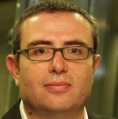 Nikos Nikolaidis received the Diploma of
Electrical Engineering and the Ph.D. degree in Electrical Engineering from the Aristotle University of
Thessaloniki, Thessaloniki, Greece, in 1991 and 1997, respectively. He is currently Associate
Professor at the Department of Informatics, Aristotle University of Thessaloniki. He has coauthored 1
book, 15 book chapters, 61 journal papers and 189 conference papers and co-edited one book and two
special issues in journals. Moreover he has co-organized 6 special sessions in international
conferences. The number of citations to his work by third authors exceeds 6600 (h-index 35, Source:
Google Scholar). He has participated into 25 research projects funded by mainly by EU but also
national funds. His current areas of interest include computer/robot vision, image/video processing
and analysis, analysis of motion capture data, computer graphics and visualization. Dr. Nikolaidis is
currently serving as associate/area editor for Signal Processing: Image Communication and EURASIP
Journal on Image and Video Processing. He served as Technical Program chair of IEEE IVMSP 2013
workshop, and Publicity co-chair of EUSIPCO 2015 and IEEE ICIP 2018. Dr. Nikolaidis is a Senior Member
of IEEE.
Nikos Nikolaidis received the Diploma of
Electrical Engineering and the Ph.D. degree in Electrical Engineering from the Aristotle University of
Thessaloniki, Thessaloniki, Greece, in 1991 and 1997, respectively. He is currently Associate
Professor at the Department of Informatics, Aristotle University of Thessaloniki. He has coauthored 1
book, 15 book chapters, 61 journal papers and 189 conference papers and co-edited one book and two
special issues in journals. Moreover he has co-organized 6 special sessions in international
conferences. The number of citations to his work by third authors exceeds 6600 (h-index 35, Source:
Google Scholar). He has participated into 25 research projects funded by mainly by EU but also
national funds. His current areas of interest include computer/robot vision, image/video processing
and analysis, analysis of motion capture data, computer graphics and visualization. Dr. Nikolaidis is
currently serving as associate/area editor for Signal Processing: Image Communication and EURASIP
Journal on Image and Video Processing. He served as Technical Program chair of IEEE IVMSP 2013
workshop, and Publicity co-chair of EUSIPCO 2015 and IEEE ICIP 2018. Dr. Nikolaidis is a Senior Member
of IEEE.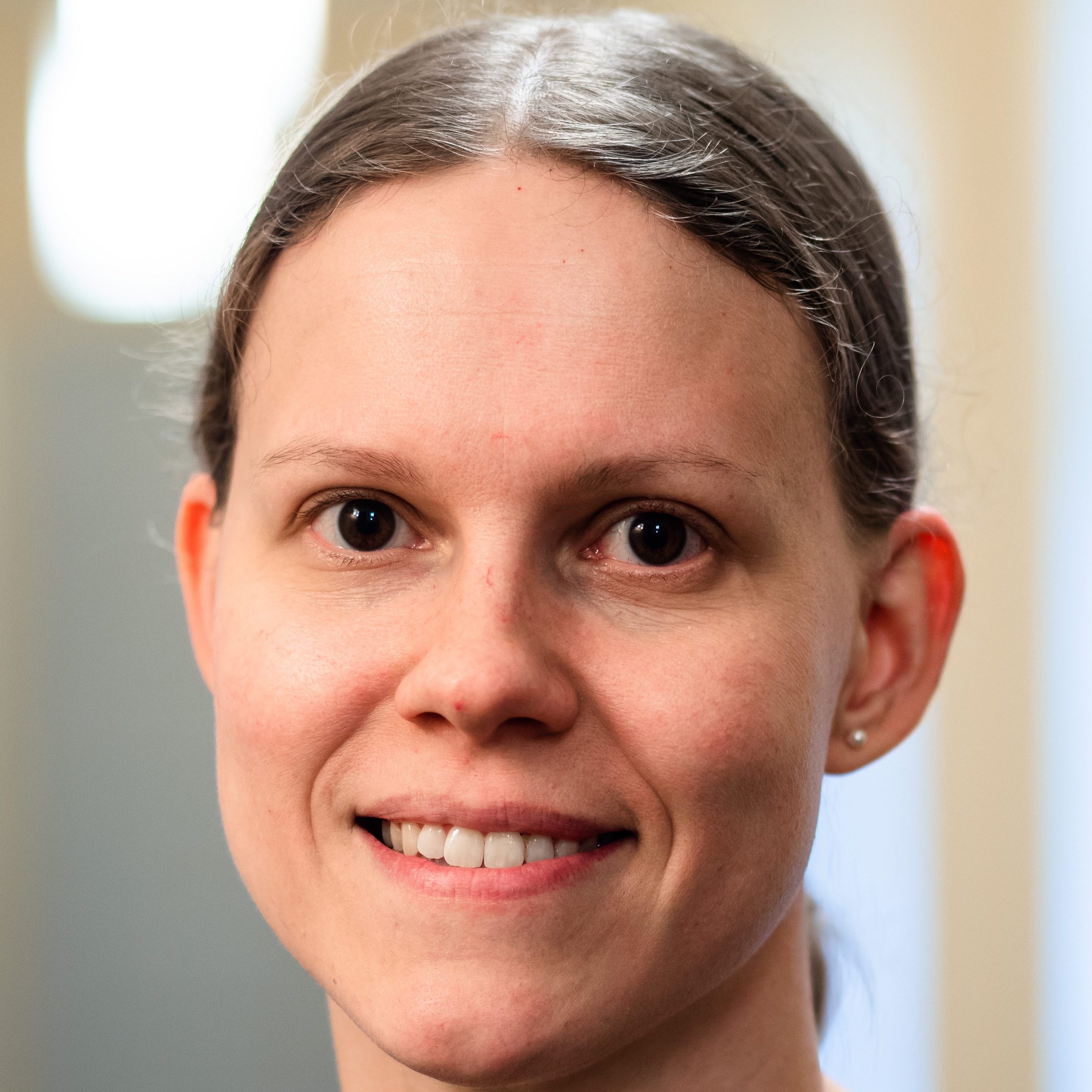 Jenni Raitoharju received her PhD in Information
Technology from Tampere University of Technology in 2017. She is an Assistant Professor of Signal
Processing at University of Jyväskylä, Finland and a Senior Research Scientist at the Finnish
Environment Institute, Finland. Her research interests include machine learning and pattern
recognition methods along with applications in biomonitoring and autonomous systems.
Jenni Raitoharju received her PhD in Information
Technology from Tampere University of Technology in 2017. She is an Assistant Professor of Signal
Processing at University of Jyväskylä, Finland and a Senior Research Scientist at the Finnish
Environment Institute, Finland. Her research interests include machine learning and pattern
recognition methods along with applications in biomonitoring and autonomous systems.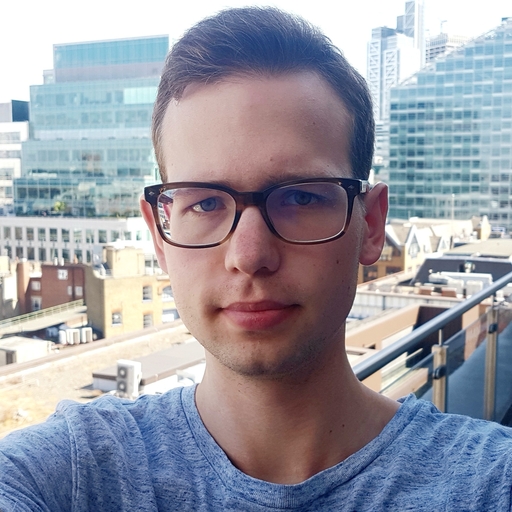 Daniel Honerkamp obtained his BA Economics from
the Universiy of Zurich in 2016 and graduated from the MSc Computational Statistics And Machine
Learning (CSML) from University College London in 2018. He continued on to work at the intersection of
distributed systems, mechanism design and intelligent agents at Fetch.AI, Cambridge where he developed
consensus protocols and incentive mechanisms for autonomous economic agents. He is currently a PhD
student in the Robot Learning Lab at the University of Freiburg, where his research focuses on mobile
manipulation and embodied AI to develop autonomous robotic agents for the real world.
Daniel Honerkamp obtained his BA Economics from
the Universiy of Zurich in 2016 and graduated from the MSc Computational Statistics And Machine
Learning (CSML) from University College London in 2018. He continued on to work at the intersection of
distributed systems, mechanism design and intelligent agents at Fetch.AI, Cambridge where he developed
consensus protocols and incentive mechanisms for autonomous economic agents. He is currently a PhD
student in the Robot Learning Lab at the University of Freiburg, where his research focuses on mobile
manipulation and embodied AI to develop autonomous robotic agents for the real world.
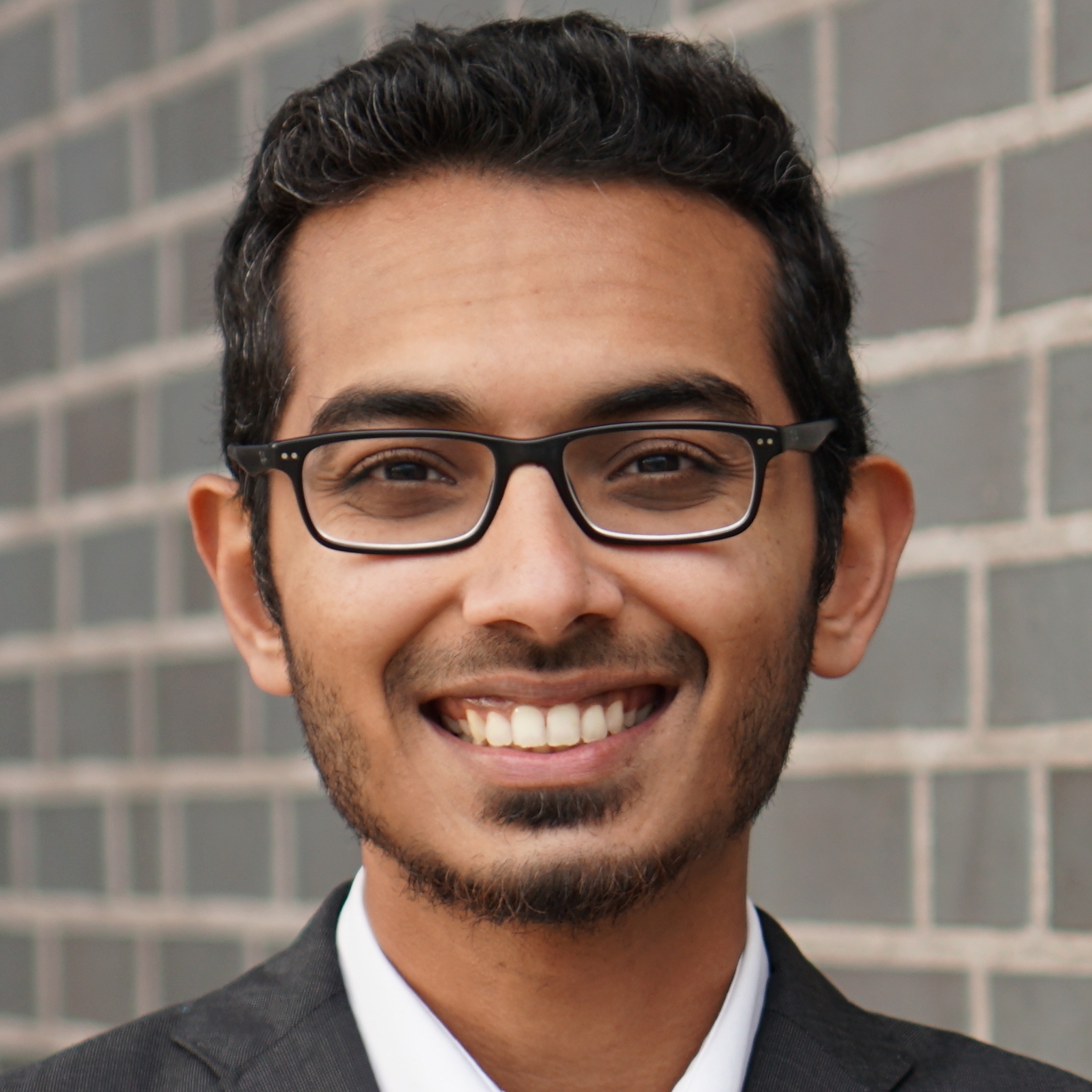 Abhinav Valada -
Abhinav Valada -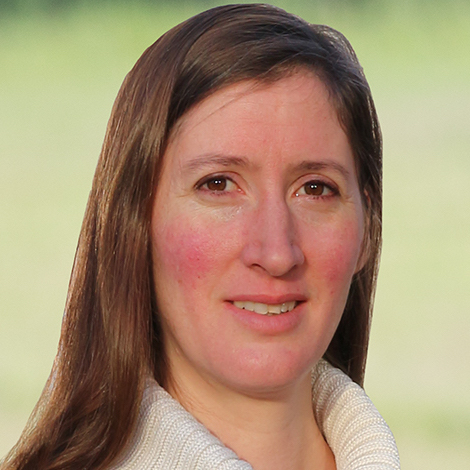 Alea Scovill --
Alea Scovill --
Continuous Engineering and Deep Learning for Trustworthy Autonomous Systems
Program:
| Time | Monday Oct 3rd | Tuesday Oct 4th | Wednesday Oct 5th | Thursday Oct 6th | Friday Oct 7th |
| 09:00-09:45 | Deep Learning I: MLPs, CNNs (AUTH, A. Tefas) | DL for Object Detection/Tracking 3D (AU, A. Iosifidis) | Continuous Engineering of Trustworthy Autonomy (UGA, S. Bensalem) | Moment-based Analysis of Probabilistic Programs (TU Wien, E.Bartocci) | Hierarchical Potential-based Reward Shaping from Specifications (AIT, Dejan Ničković) |
| 09:45-10:30 | Deep Learning II: RNNs, Transformers (AU, A. Iosifidis) | Towards Autonomous Environmental Monitoring (J. Raitoharju) | Digital Twin Autonomous Vehicle Testing and Validation: Automated Valet Parking Use Case (Siemens Digital Industries Software, S. Tong) | EAGERx hands-on session (TUD, Bas van der Heijden & Jelle Luijkx). [TUTORIALS] | |
| 10:30-11:00 | Coffee break | Coffee break | Coffee break | Coffee break | Coffee break |
| 11:00-11:45 | Deep Learning III: RL and Deep Reinforcement Learning (TUD, Jens Kober) | DL for Agriculture (AGI, Alea Scovill) | Is Deep Learning Certifiable at all? (ULIV, X. Huang) | In search of Automated Driving Systems Safety through Formal Requirements (Toyota N. America, G. Fainekos) | Shield Synthesis with TEMPEST (TU Graz, F. Cano) |
| 11:45-12:15 | Robotic Grasping for Agile Production (TAU, R. Pieters) | Digital Twin Demos (Dr. Mohamed AbdElSalam, Siemens EDA, Egypt) | |||
| 12:15-12:30 | OpenDR Toolkit Overview (AUTH, N. Passalis) | ||||
| 12:30-13:45 | Lunch | Lunch | Lunch | Lunch | Lunch |
| 13:45-14:30 | DL for Semantic Segmentation (ALU-FR, Abhinav Valada) | Robotic Simulation Environments (AUTH, N. Nikolaidis, Charalampos Symeonidis) | DNN Robustness and Resiliency Approaches (Intel Germany, M. Paulitsch) | Control Synthesis using Deep Learning (Bar-Ilan Un., D. Peled) | OpenDR toolkit hands-on workshop |
| 14:30-15:15 | Learning for Mobile Manipulation (ALU-FR, Daniel Honerkamp) | Webots: robotics simulation on the cloud (CYB, S. Pedrazzi) | Formal Methods for Safe and Accountable AI (TU Graz, B. Konighofer) | ||
| 15:15-15:45 | Coffee break | Coffee break | Coffee break | Coffee break | Coffee break |
| 15:45-16:30 | Deep Learning for Biosignals (TAU, M. Gabbouj) | DL for robot navigation and planning using neuromorphic vision (AU, Erdal Kayacan) | Formal Methods for Safe and Accountable AI (TU Graz, B. Konighofer) [Contd.] | Digital Twin Interconnect: Introduction to Transaction-level Modeling and Functional Mock-up Interface (Siemens EDA Egypt, M. AbdElSalam) | OpenDR toolkit hands-on workshop |
| 16:30-17:15 | DL for Object Detection/Tracking 2D (AUTH, V. Nousi) | Healthcare/Assistive Robotics (PAL, Gizem Bozdemir and Thomas Peyrucain) | Scenario-based Testing for Automated Driving (Denso Germany, A. Molin) | OpenDRIVE and OpenSCENARIO introduction and its application in Simcenter Prescan (Siemens Industry Software Netherlands, T. Singh) | OpenDR toolkit hands-on workshop |
| 17:40- | Guided visit to Archaelogical Museum of Thessaloniki | Guided tour in Thessaloniki city center [Meeting point: Arch of Galerius] | [17:15-18:00]Open discussion and miscellaneous demonstrations |
Monday October 3rd
Tuesday Oct 4th
Wednesday Oct 5th
Thursday Oct 6th
Friday Oct 7th
Registration:
Attendance of the summer school is in person and it is restricted to registered participants. There is no registration fee, but since there are only a limited number of spaces available, participation in the summer school is subject to approval by the organisers. Applicants have to submit their applications as soon as possible, using the form below. The names of the person who can provide a reference (preferably advisors, professors, or senior colleagues) have to be included.
Venue: Aristotle University Research Dissemination Center
The building is located downtown, on Tritis Septemvriou Str. at Aristotle University’s campus between the Student Club and the University Gymnasium.
The KEDEA building is connected with the following bus lines: 2, 7, 14, 58 Bus Stop University of Macedonia 17, 24, 37 Bus Stop Fititiki Leschi 10,31 Bus Stop Agia Foteini- University of Macedonia 27,28,83 Τerma Grammis
Τ: 2310 994013 http://kedea.rc.auth.gr
HOTEL ABC (3*)- THESSALONIKI—ideally located in the city centre, close to all major attractions, 100 rooms, Café-Bar, Restaurant.
SPECIAL EVENT CODE: OpenDR-FOCETA
| ROOM TYPE | NUMBER OF ROOMS | SPECIAL RATE INCLUDING BUFFET BREAKFAST |
|---|---|---|
| Single | 15 | 59€ |
| Twin | 5 | 76€ |
***** Rates per room & per night with breakfast
LUNCH OR DINNER:
A la carte menu available
Lunch: 12:00-16:30 , Dinner: 20:00-22:30
TAXES: Rates include VAT & Municipality tax
** Stay over tax 1,5 € / room/ night is NOT included – Settled by guest upon arrival---A separate invoice will be issued
IMPORTANT NOTICE: Special rates are NOT available through travel agencies, OTAs (booking.com, expedia etc) or any other intermediate.
BOOKING CONFIRMATION -GUARANTEE:
Participants can contact our Reservations Desk by e-mail: info@hotelabc.gr . Please indicate the special event code as well as your arrival / departure dates & type of room you wish to book.
A deposit is required to confirm the booking. The participants will receive a link to their email address, transfering them to a 3d SECURE bank page, to enter their credit card details and settle the deposit due (1 night deposit).
Please confirm your bookings until 20/08/2022.
Bookings requested after the 20th of August, will be reconfirmed depending on availability.
Full payment is required upon departure.
It will be a pleasure welcoming all the participants to Thessaloniki.
Feel free to contact us for any further information you may require.
Egnatia Palace Hotel & Spa ****
Egnatia Palace Hotel & Spa ****
61, Egnatia Str.,546 31 Thessaloniki, Greece
+30 2310 222 900 | www.egnatiapalace.gr | reservation@egnatiapalace.gr
Arrival Date : 02 OCTOBER 2022 (or earlier upon availability)
Departure Date : 08 OCTOBER 2022 (or later upon availability)
Event Code : FOCETA SUMMER SCHOOL
| ROOM TYPE | ROOM RATE |
|---|---|
| Single room (double bed, 14 sq.m.) | 85,00 € (per night) |
| Double Room Interior View (double bed, 16 sq.m.) or Twin room with balcony (Twin single beds, 18 sq.m.) | 95,00 € (per night) |
***** Above rates include Breakfast in buffet , service and Taxes
Check in from 15.00 & Check out until 11.00
Our rooms and suites feauture all modern amenities and technology and:
- Free WiFi access
- Fully renovated rooms
- 32” Flat TV
Other amenities and services:
- Use of Wellness Fitness Center (open 12.00-22.00) with € 5,00 special rate (1 hour / 1 person / day) for Single, Double & Twin rooms
- Free Use of Wellness Fitness Center (open 12.00-22.00) for Superior Double, Junior & Deluxe Suites (1 hour / person /day)
- Room Service Nearby garages with extra daily rate of 12-15 €
For guarantee of your booking, is required the cost of the first night, within five days from the day of the confirmation. The payment can be done by credit card.
Payment policy:
Full settlement of your account will be made on spot.
Cancellation Policy:
Reservation may be cancelled 20 days before arrival without charges. For reservations cancelled 19 or less days before arrival the deposit amount will be charged.
Deposits cannot be refunded, they can be used for a new reservation within 6 months.
Early departures will be charged with the entire amount. No-shows will be charged the total amount of stay.
Egnatia Hotel ***
16, Antigonidon Str.,546 30 Thessaloniki, Greece
+30 2310 530 675 | www.egnatia-hotel.gr | reservation@egnatia-hotel.gr
Arrival Date : 02 OCTOBER 2022 (or earlier upon availability)
Departure Date : 08 OCTOBER 2022 (or later upon availability)
Event Code : FOCETA SUMMER SCHOOL
| ROOM TYPE | ROOM RATE |
|---|---|
| Single room (single bed, 10 sq.m.) | 55,00 € (per night) |
| Budget Double Room (One double bed, 12 sq.m.) | 65,00 € (per night) |
| Twin room (Two twin beds, 14 sq.m.) | 65,00 € (per night) |
***** Above rates include Breakfast in buffet, service and Taxes
Check in from 15.00 & Check out until 11.00
Our rooms feauture all modern amenities and technology and:
- Free WiFi access
- Recently renovated rooms
- 32” Flat TV
- All rooms have safe, refrigerator & hair dryer
Other amenities and services:
- 24h Front Desk
- Nearby garage with extra daily rate of 12 €
For guarantee of your booking, is required the cost of the first night, within five days from the day of the confirmation. The payment can be done by credit card.
Payment policy:
Full settlement of your account will be made on spot.
Cancellation Policy:
Reservation may be cancelled 20 days before arrival without charges. For reservations cancelled 19 or less days before arrival the deposit amount will be charged.
Deposits cannot be refunded, they can be used for a new reservation within 6 months.
Early departures will be charged with the entire amount. No-shows will be charged the total amount of stay.
City Hotel 4*
Komninon 11, 54624 Thessaloniki, Greece
+30 2310 021000 | reservations@cityhotel.gr
Arrival Date : 02 OCTOBER 2022
Departure Date : 08 OCTOBER 2022
Number of rooms: Upon availability for single or twin usage with internal or city view)
Event Code : SUMMERSCHOOL22
| ROOM TYPE | ROOM RATE |
|---|---|
| Single room - standard internal view | 88,00 € (room per night) |
| Double room - standard internal view | 98,00 € (room per night) |
| Single room - standard city view | 106,00 € (room per night) |
| Double room - standard city view | 118,00 € (room per night) |
***** Above rates include taxes except overnight stay tax as well as the following services:
- Breakfast buffet at the Green Bar
- Free WiFi internet in all rooms and public areas
- Free coffee station for making coffee and tea
- 1 bottle of water in the room
- Free use of the gym
In order to use the premises of our hotels, the participants must comply with the instructions of the EODY regarding the measures to protect against the Covid-19 disease.
The overnight stay tax, which is valid from 01/01/18, amounts to €03.00/night/room for four-star hotels, such as the City Hotel. The customer is obliged to pay the amount corresponding to the agreed fare upon arrival. The hotel reserves the right to deny the customer stay, in case the customer refuses to pay the corresponding amount.
Parking
The hotel cooperates with two private parking lots that operate 24 hours a day, every day of the week.
The 1st one is located on Demosthenous Street 6 and is called P24 where the groom can serve by taking the car. It is located close to the hotel, just 2 minutes by apron. The daily cost is €20 for a small car and €25 for a larger one (Jeep type). The charge is valid for the overnight stay until 12:00 pm the following day.
The 2nd is located on 38 Vasileos Herakliou Street and is called Parking Plateia, 7 minutes by foot. The cost amounts to €15, provided that the customer pays the amount at the cash desk of the parking lot and takes it himself. To receive the special price, a stamp of the hotel is given by the reception.
At the entrance of the hotel there is a temporary parking area for check-in and check-out, so that we can help you with your luggage. special price, stamp of the hotel is given by the reception.
Photo gallery
Oct, 3
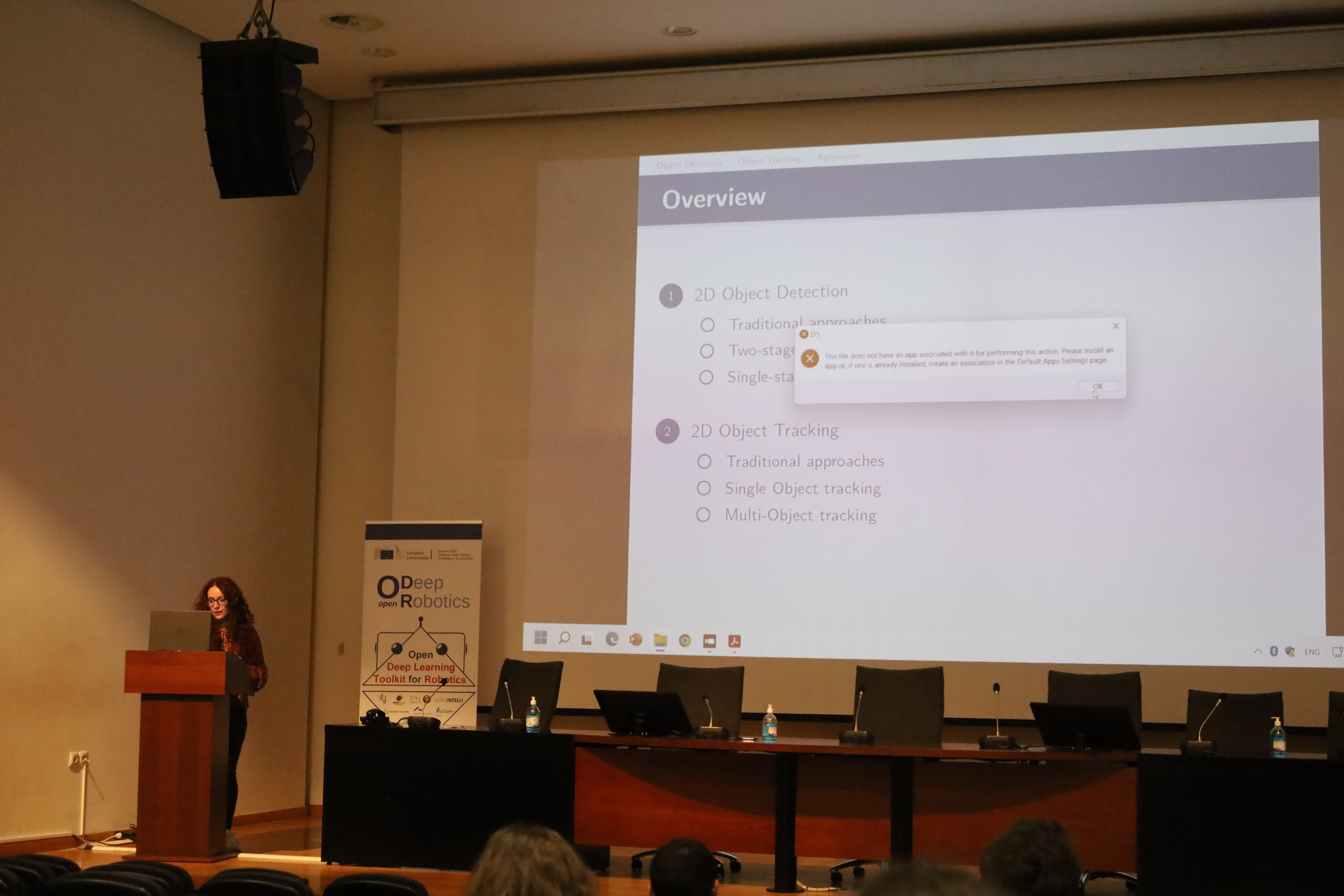
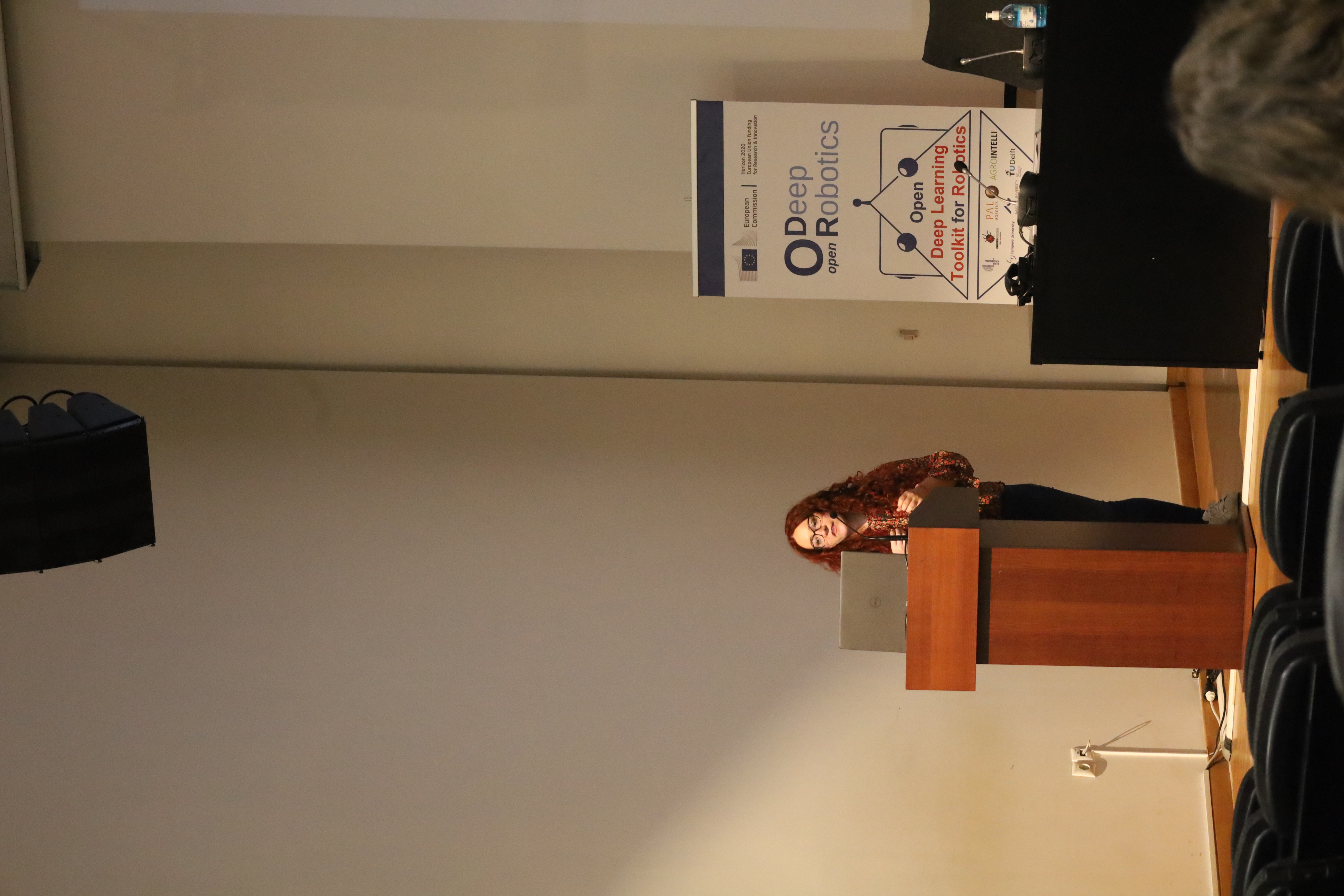
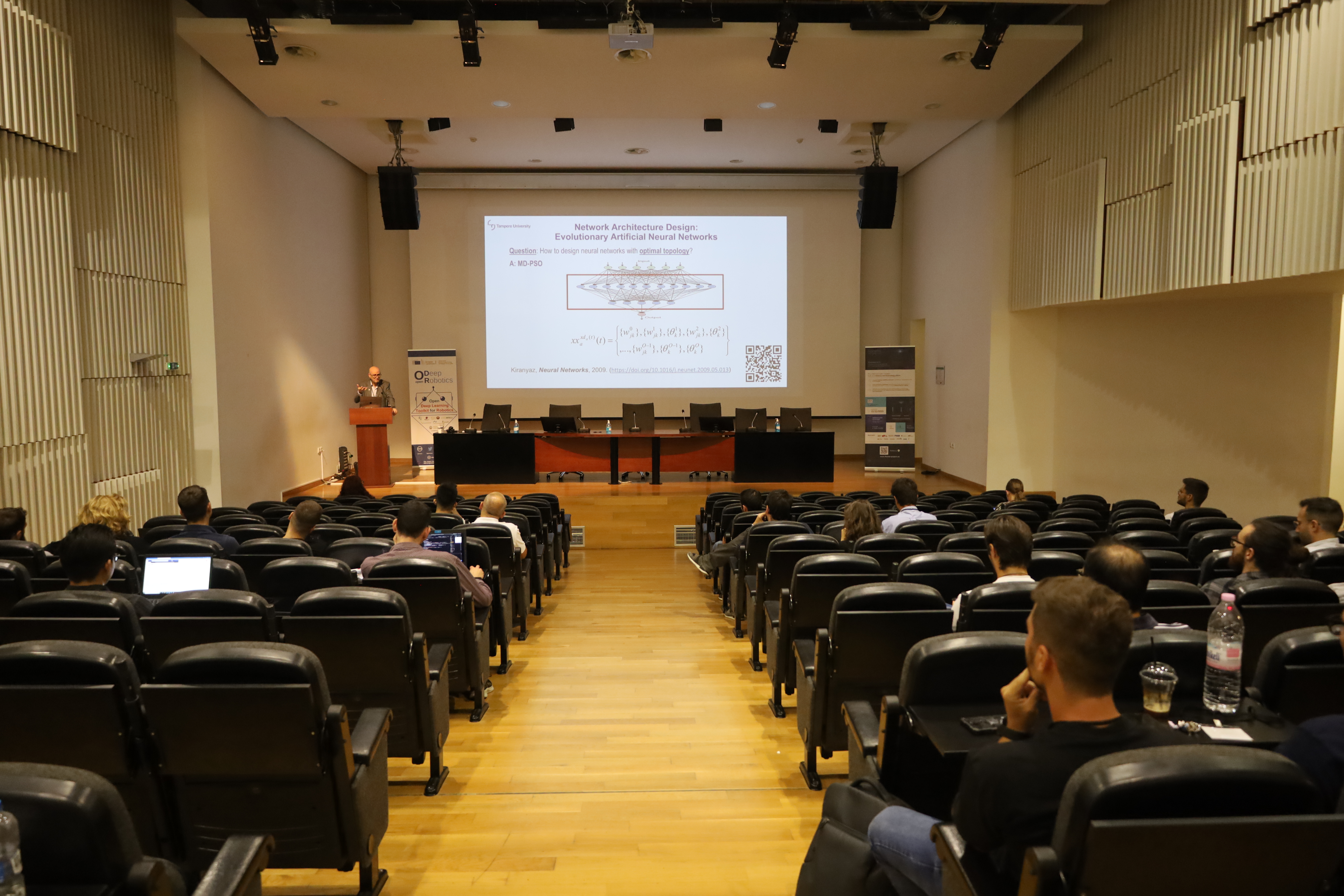
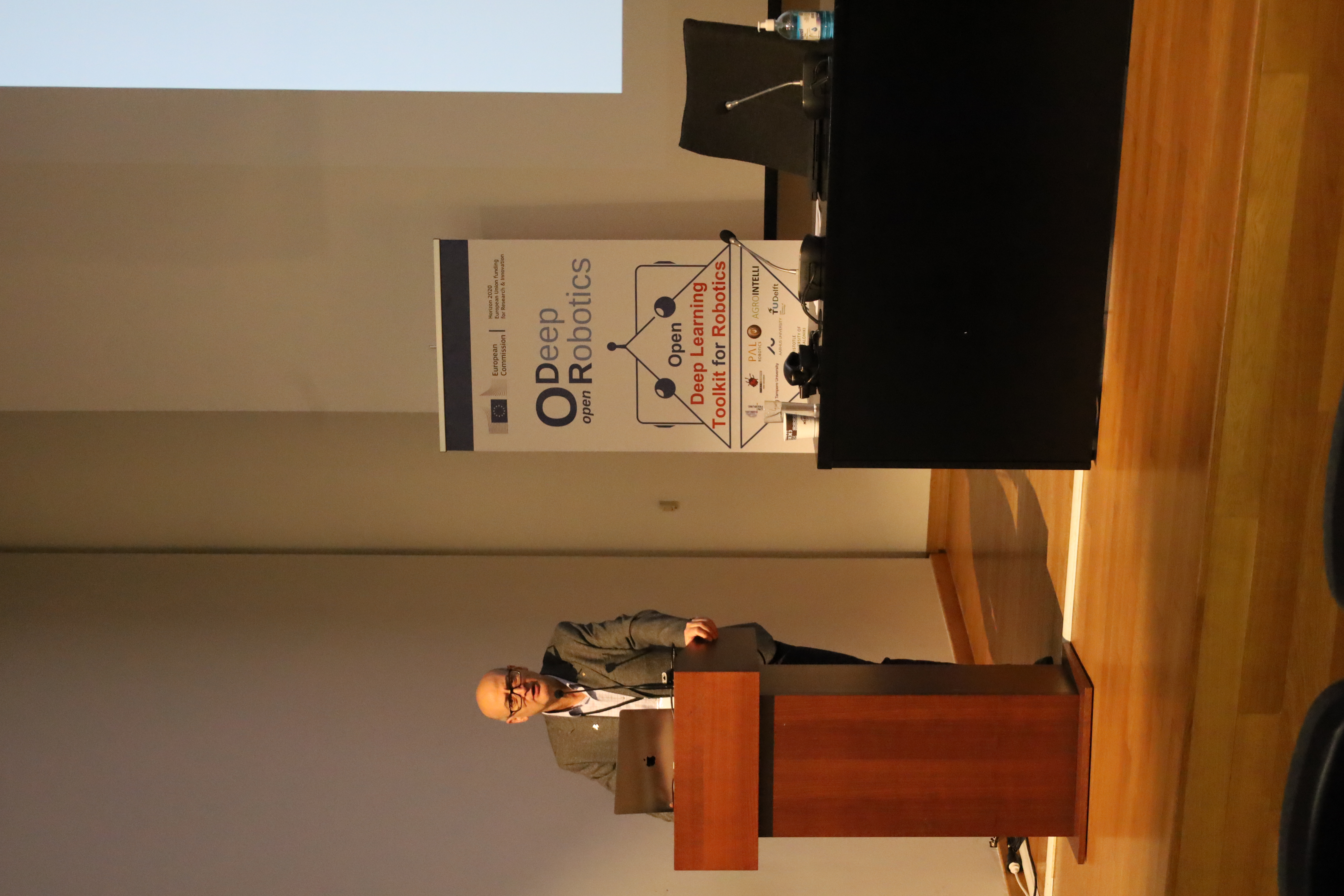

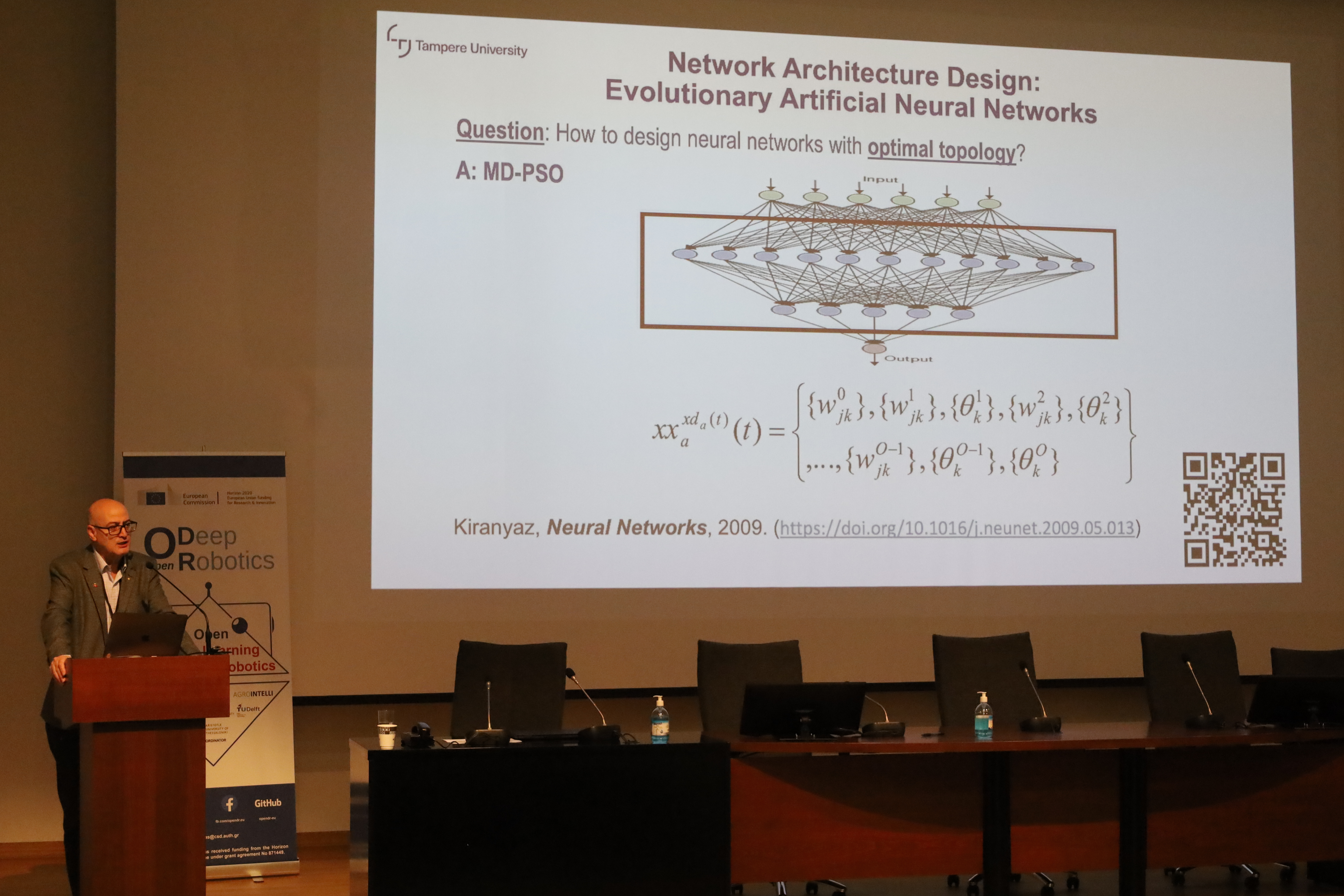
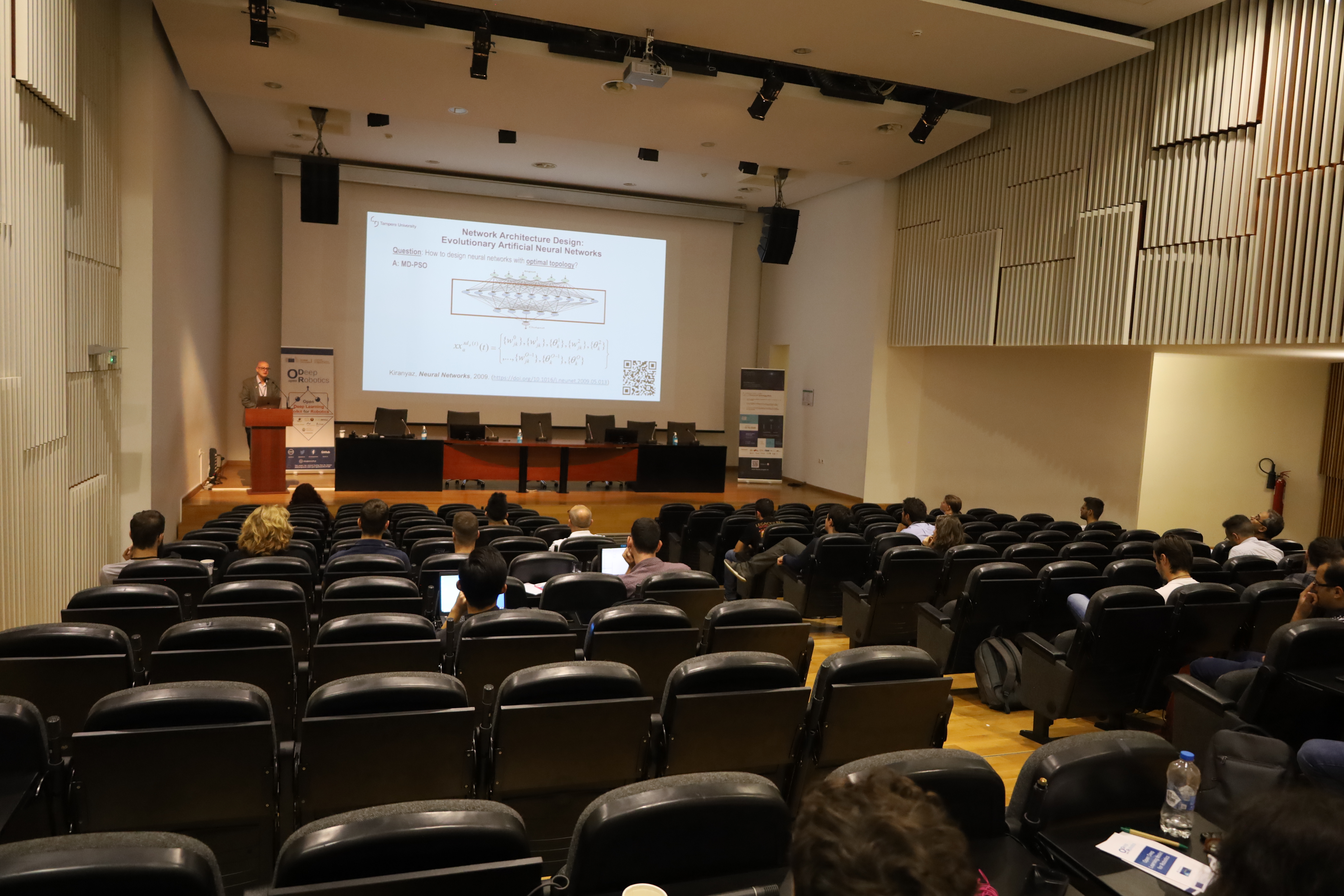
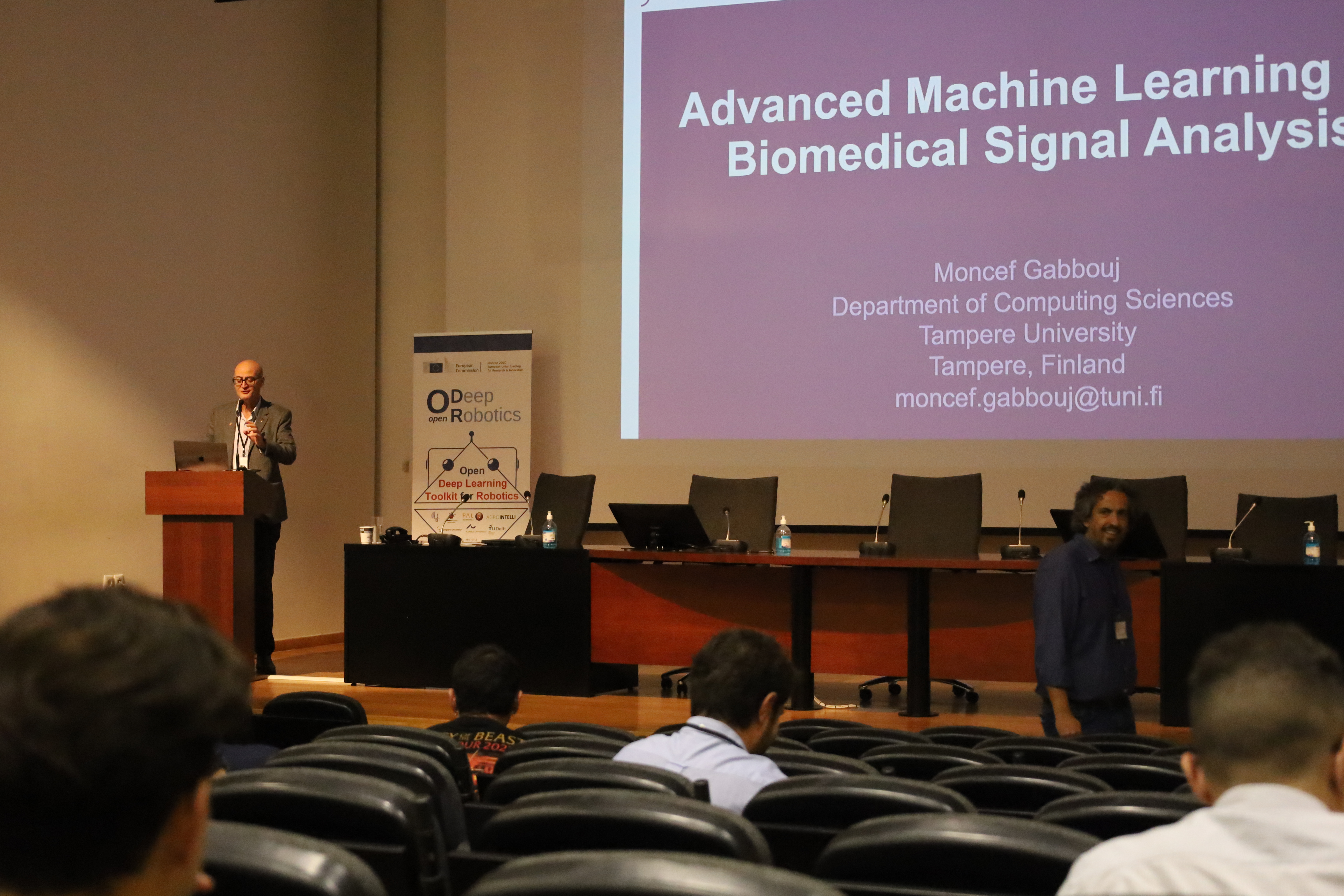
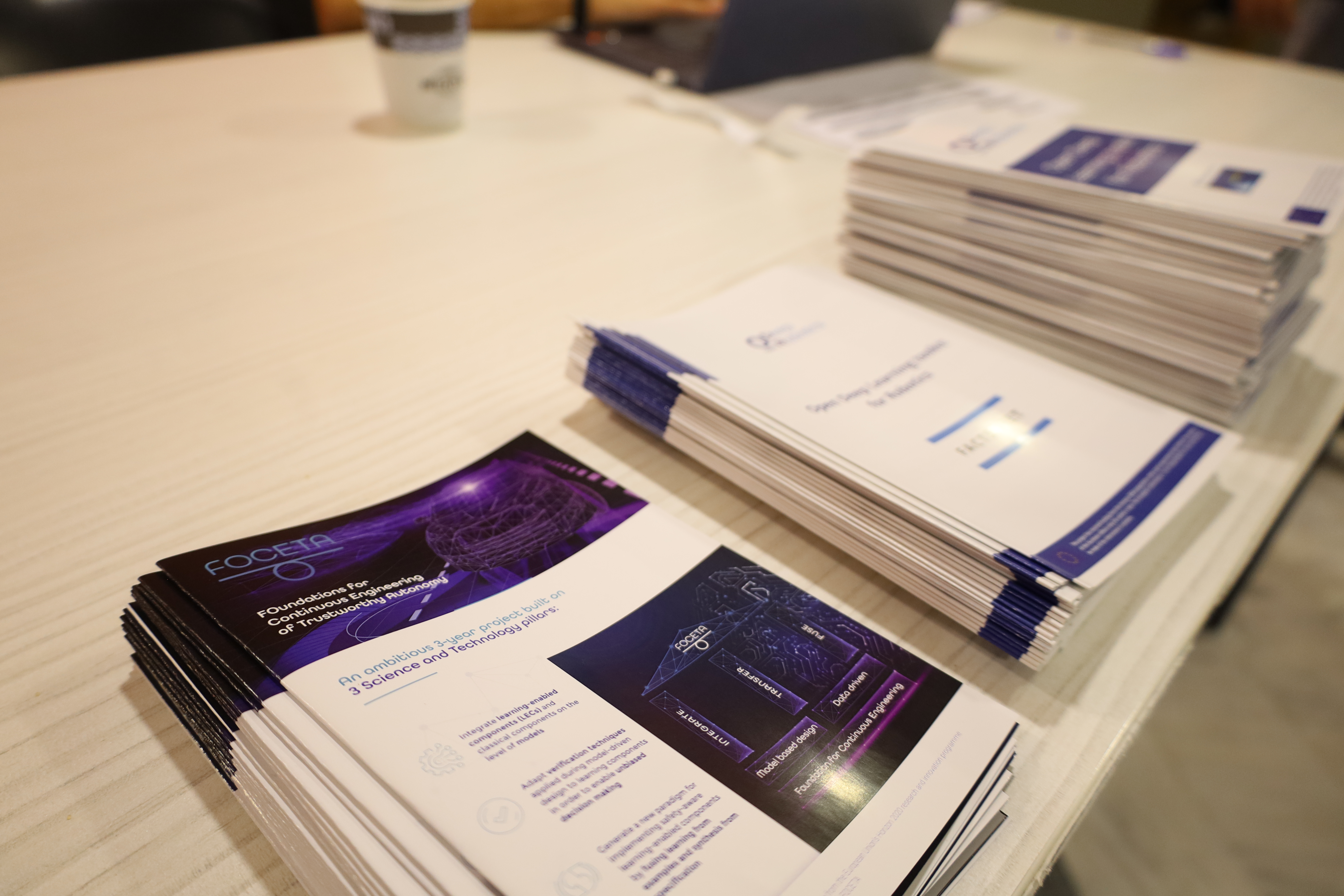
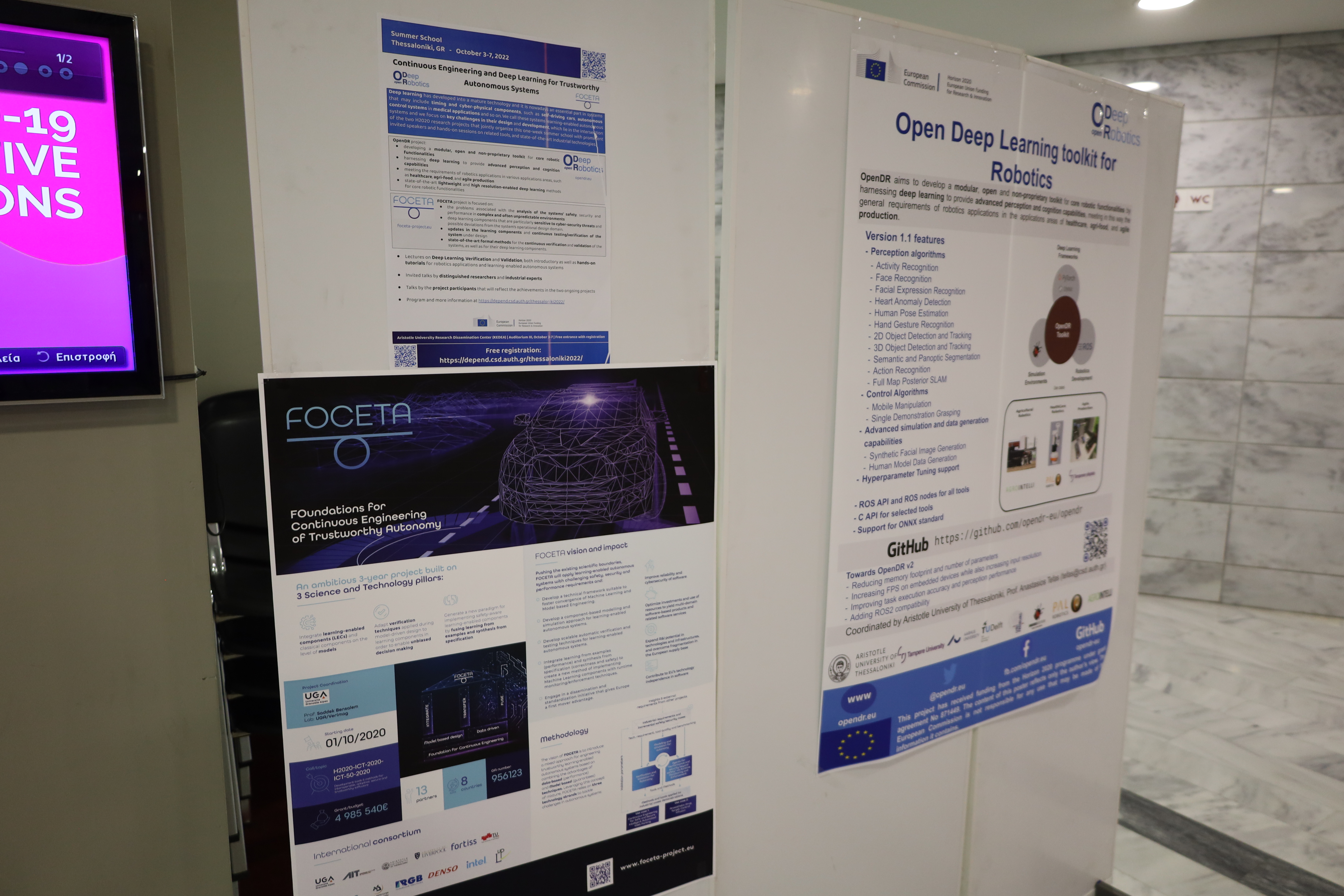
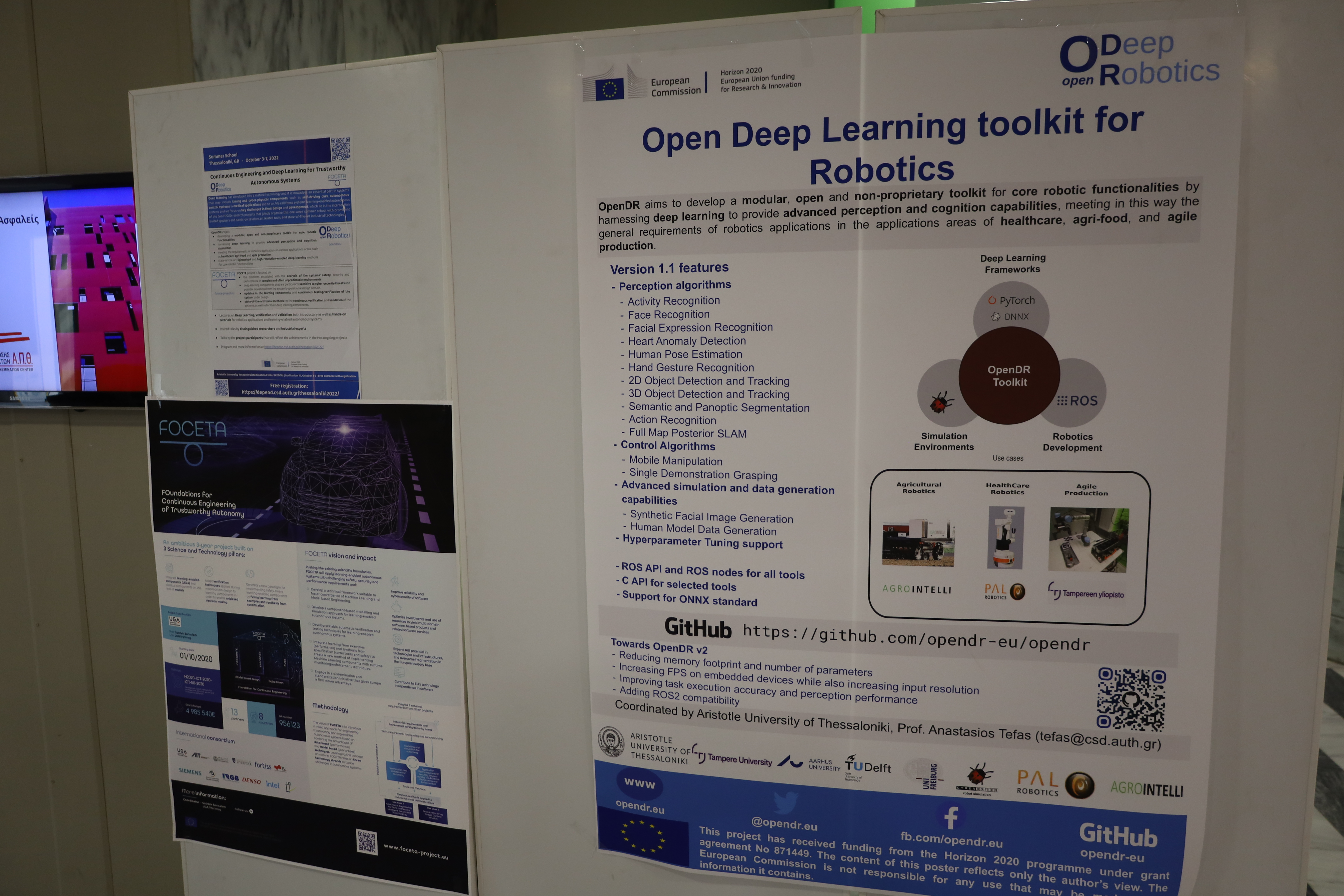
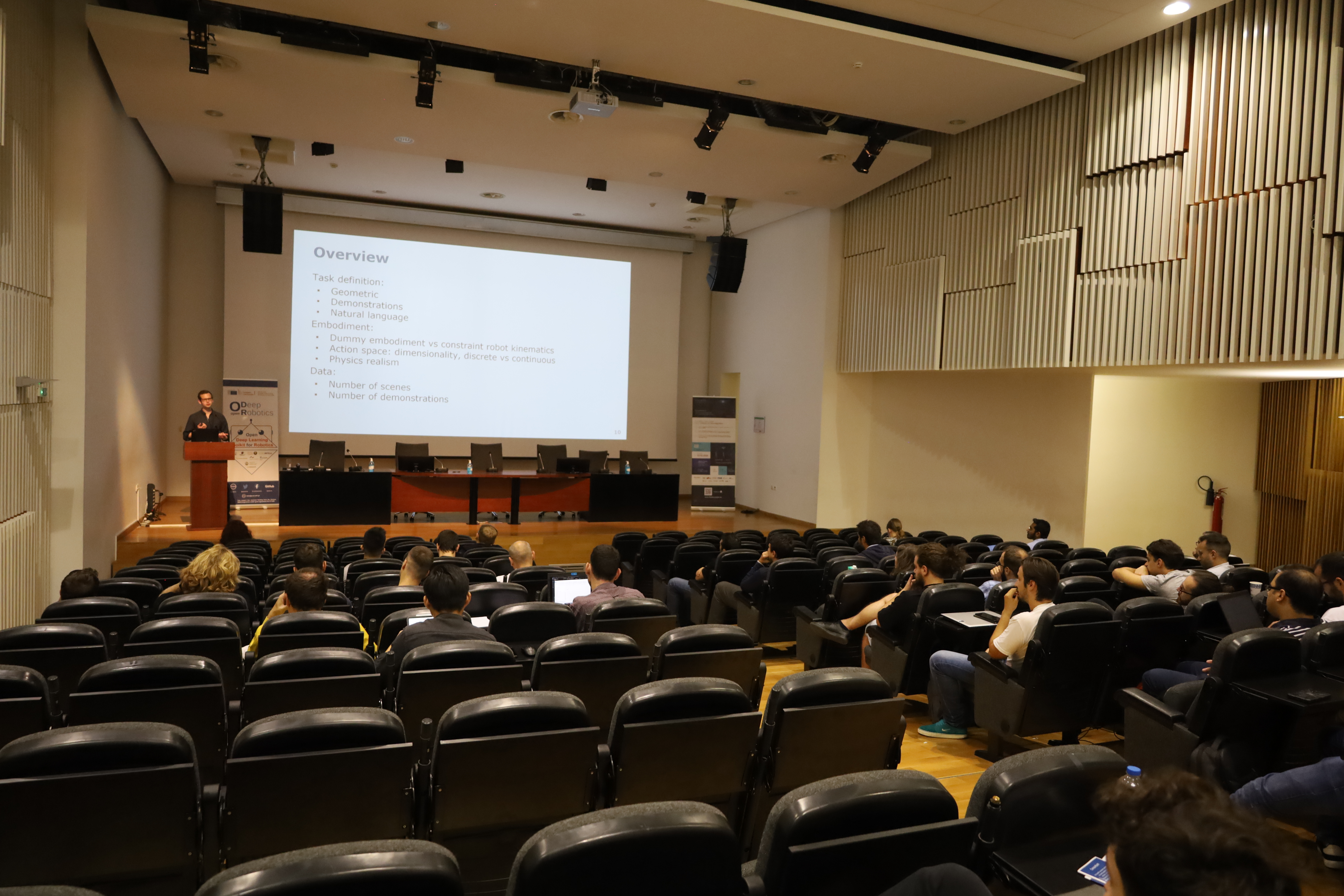
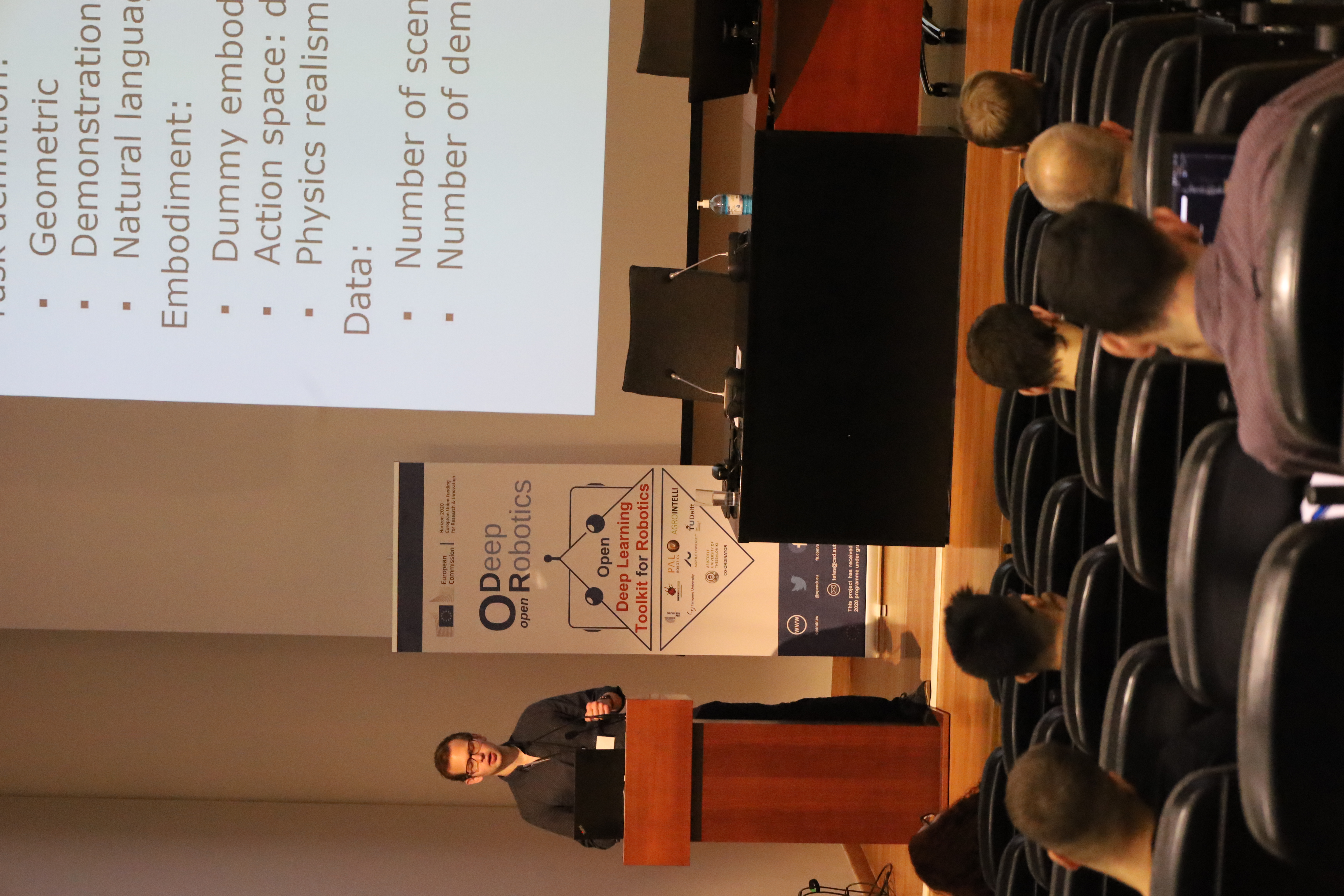
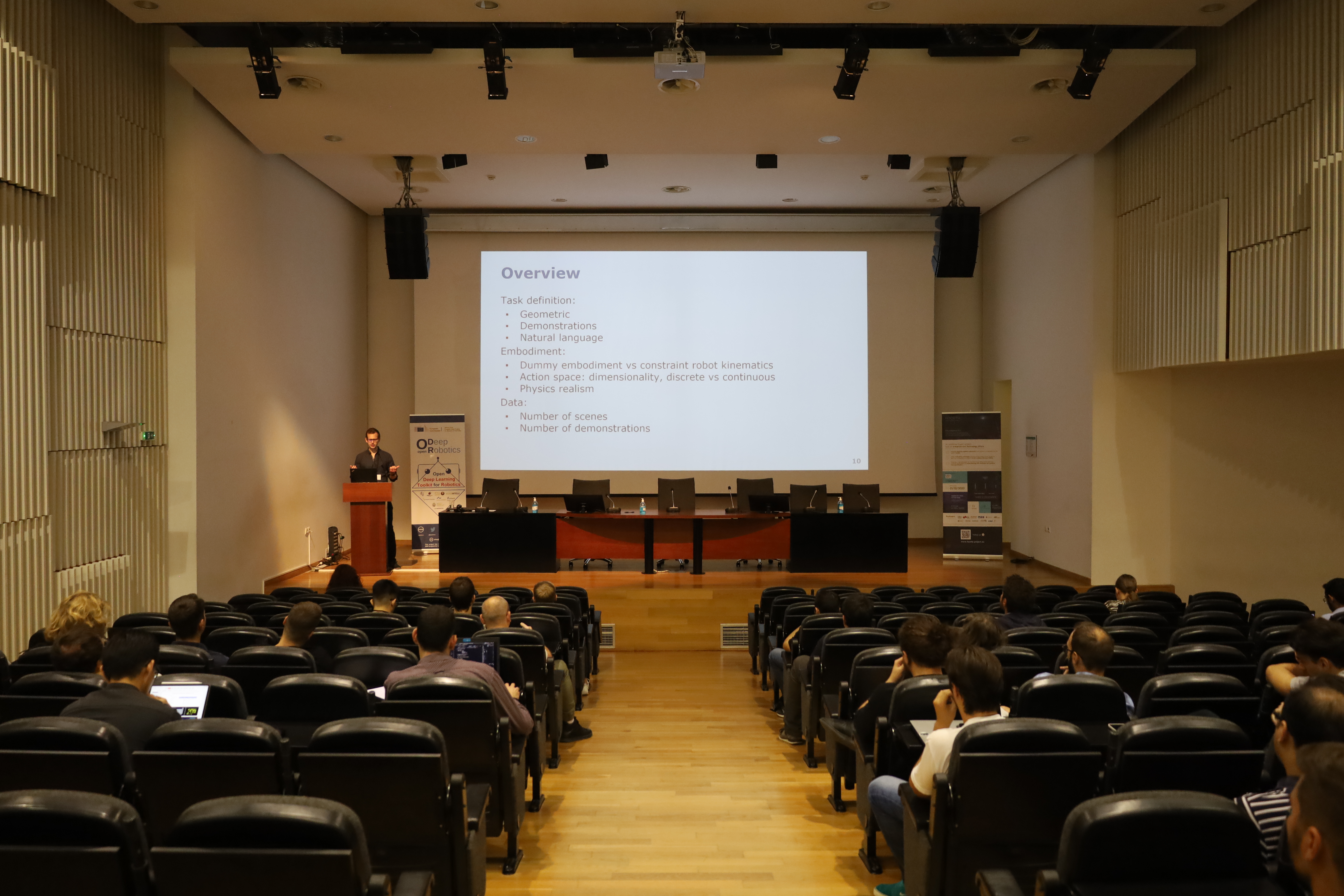
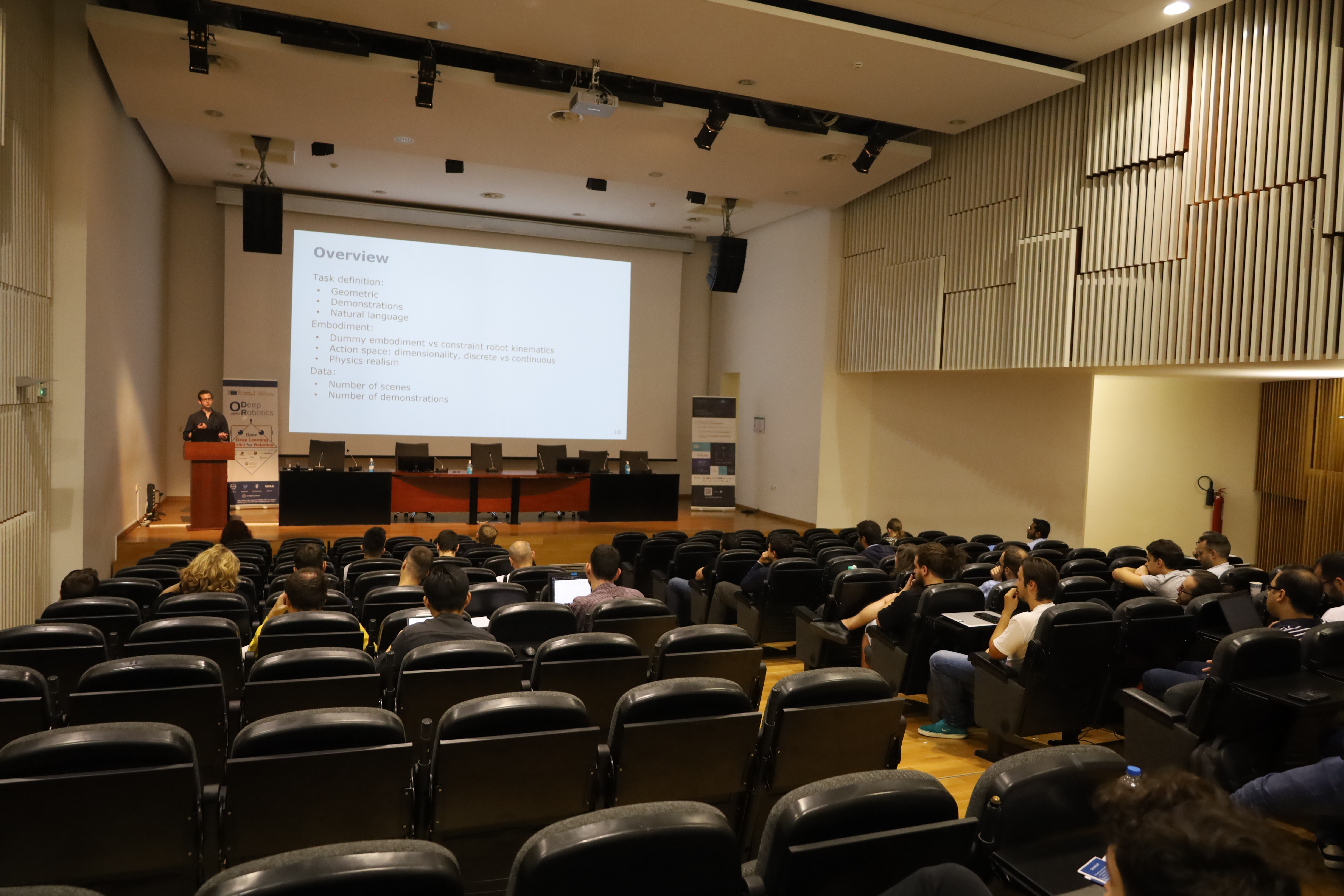
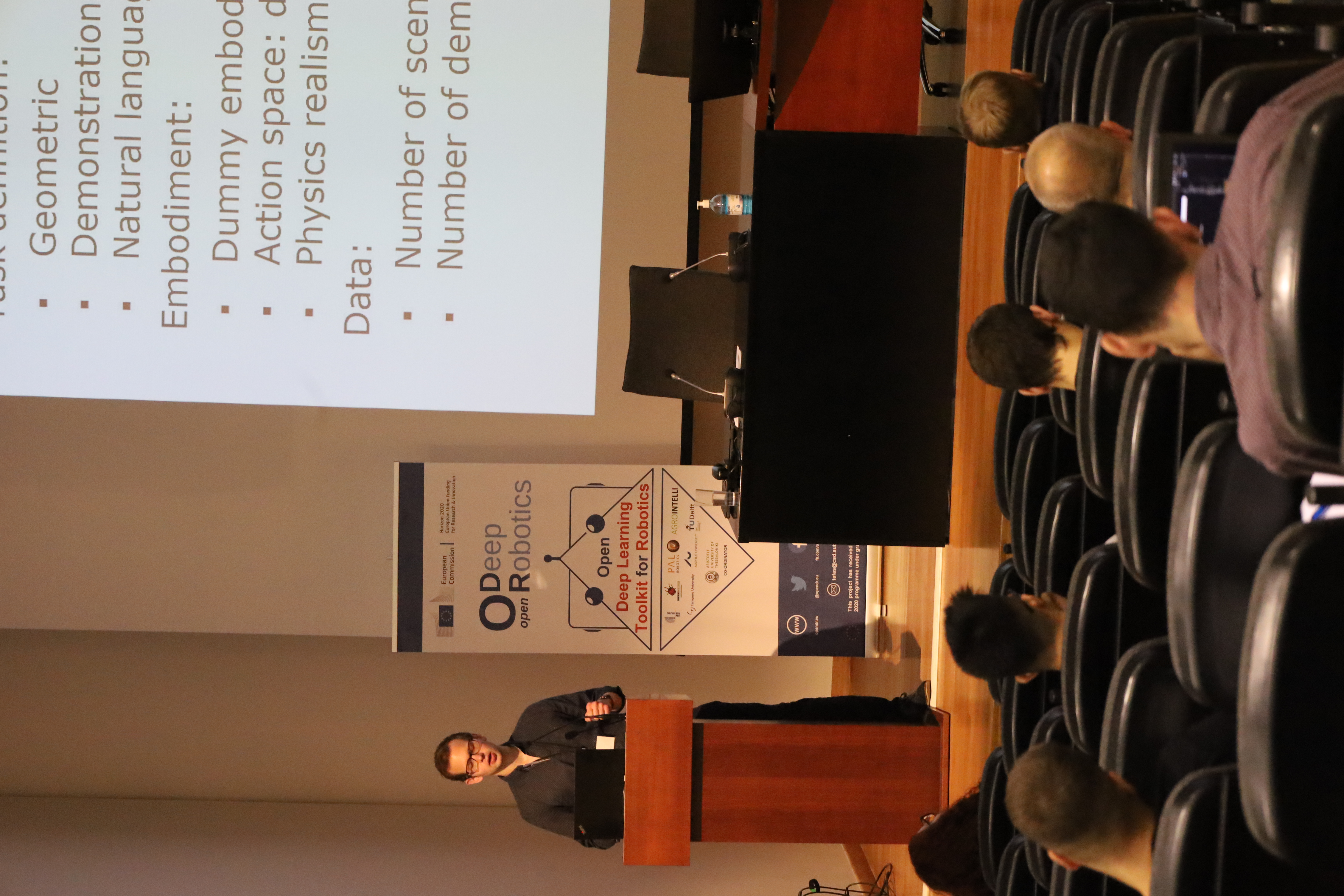
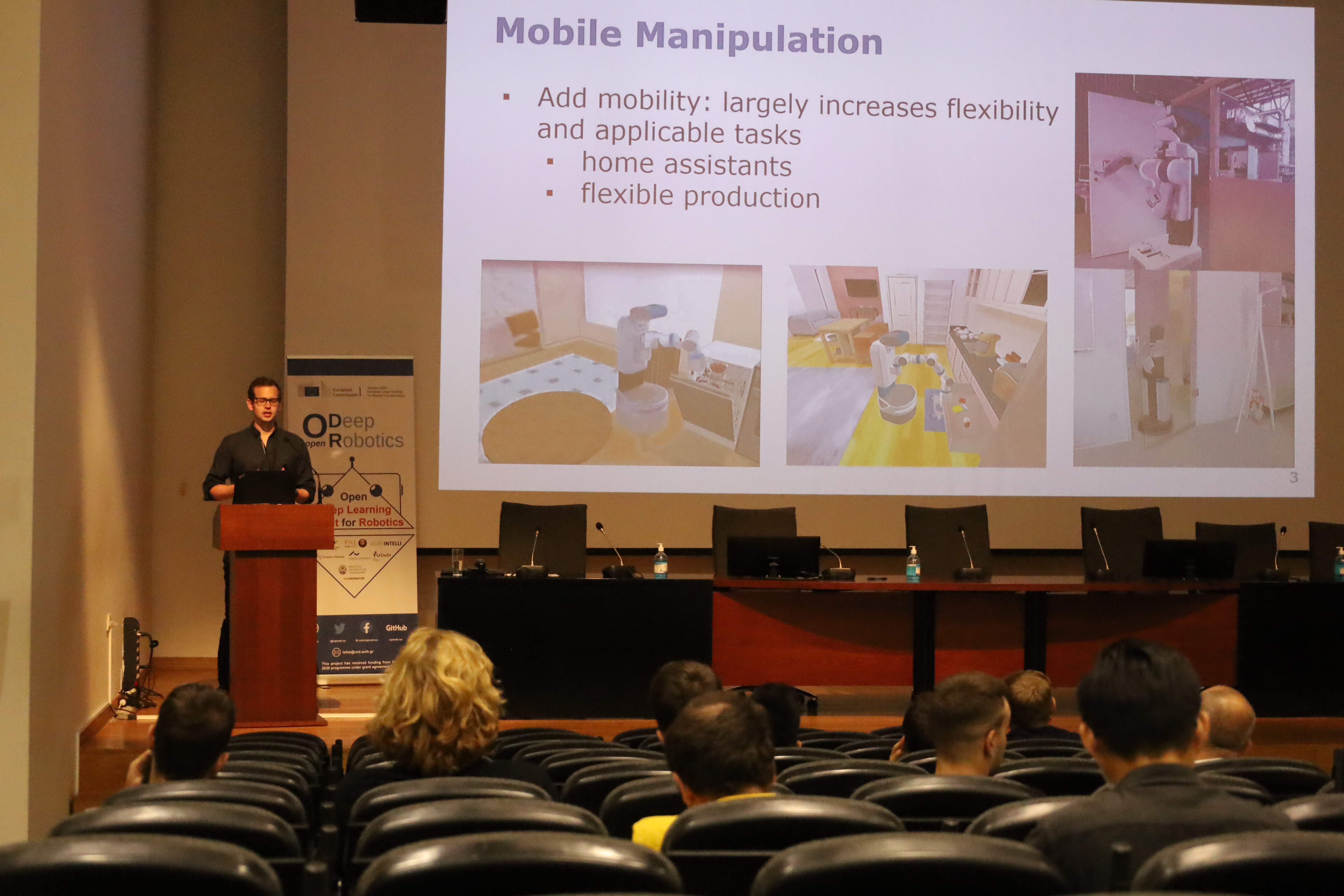
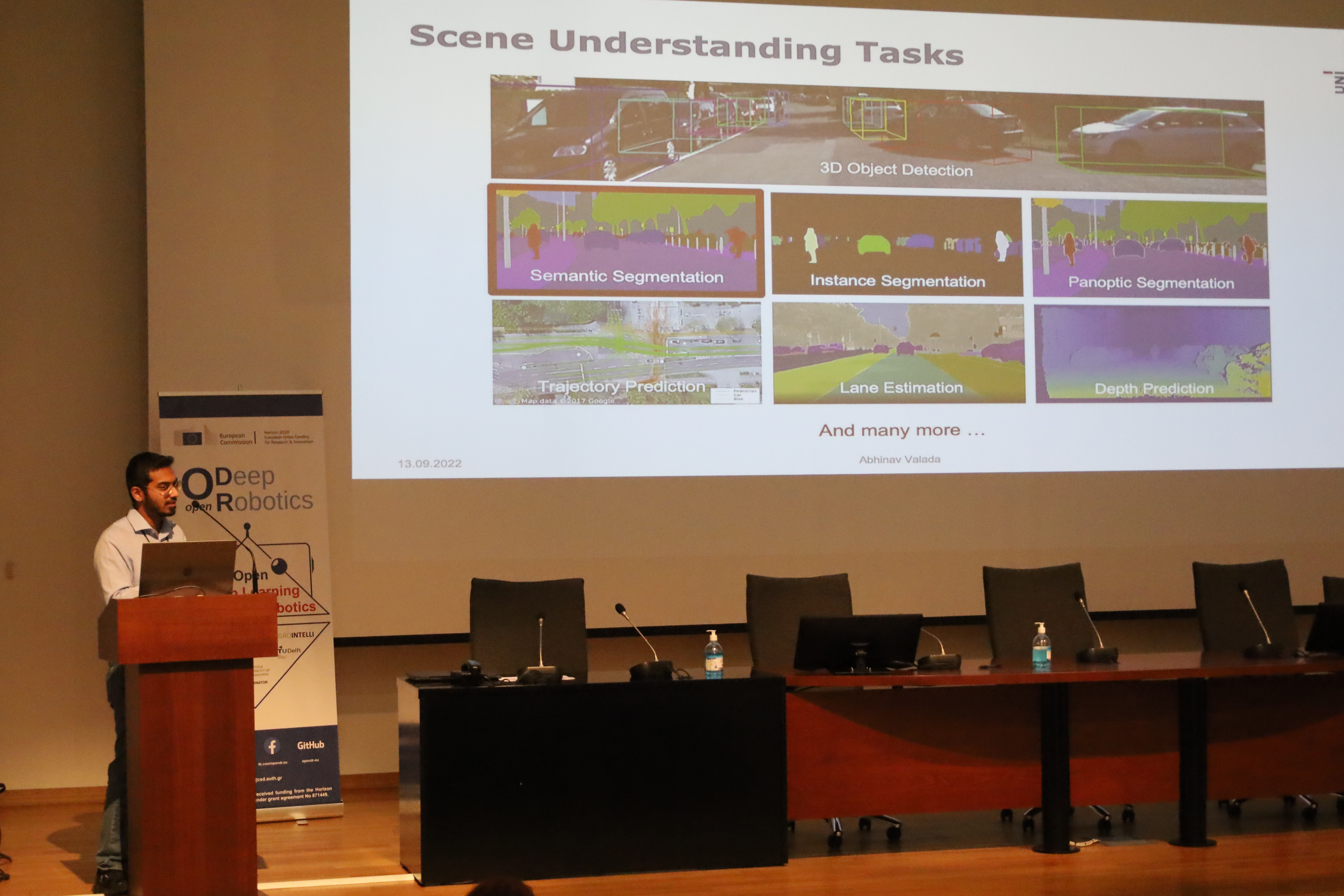
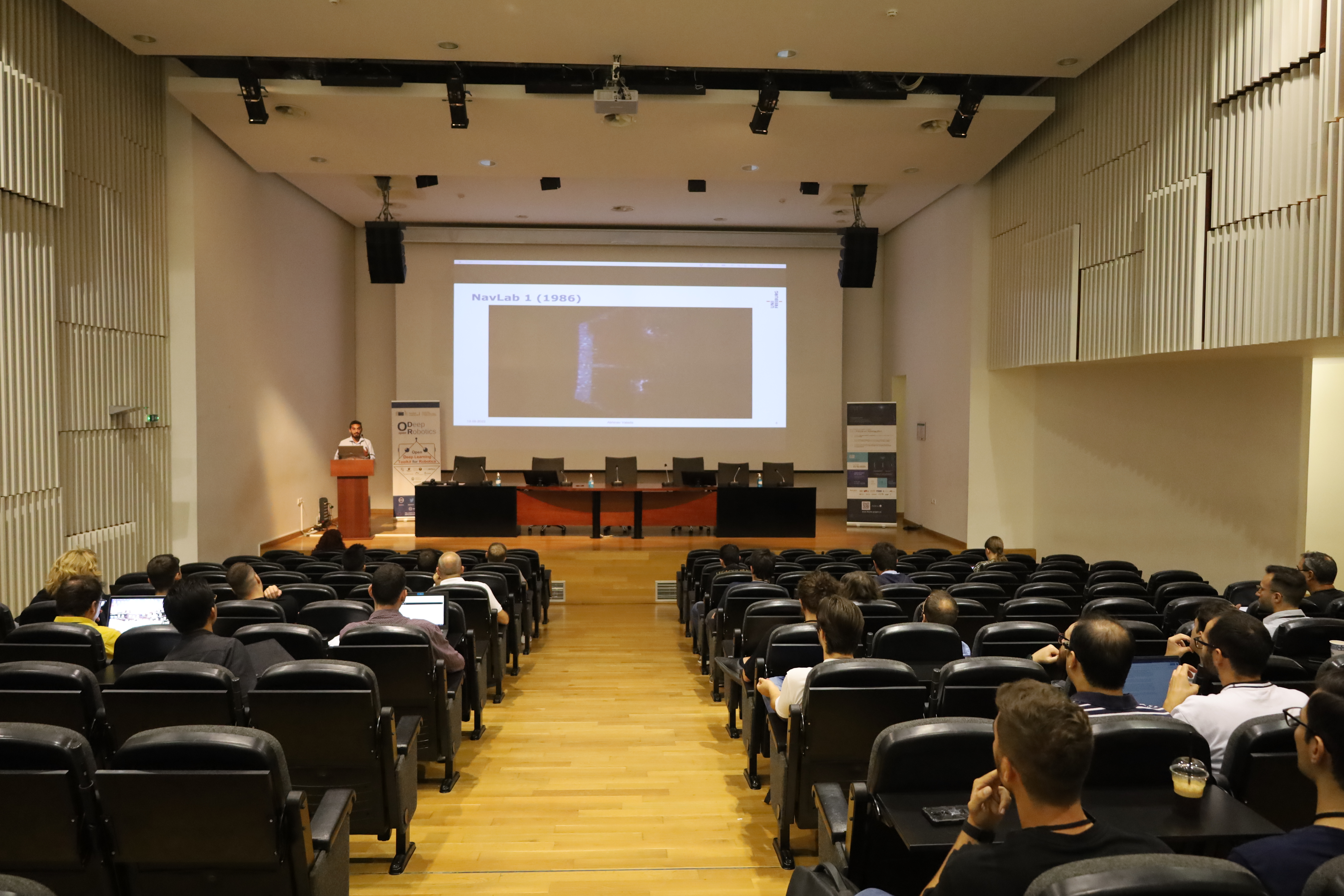
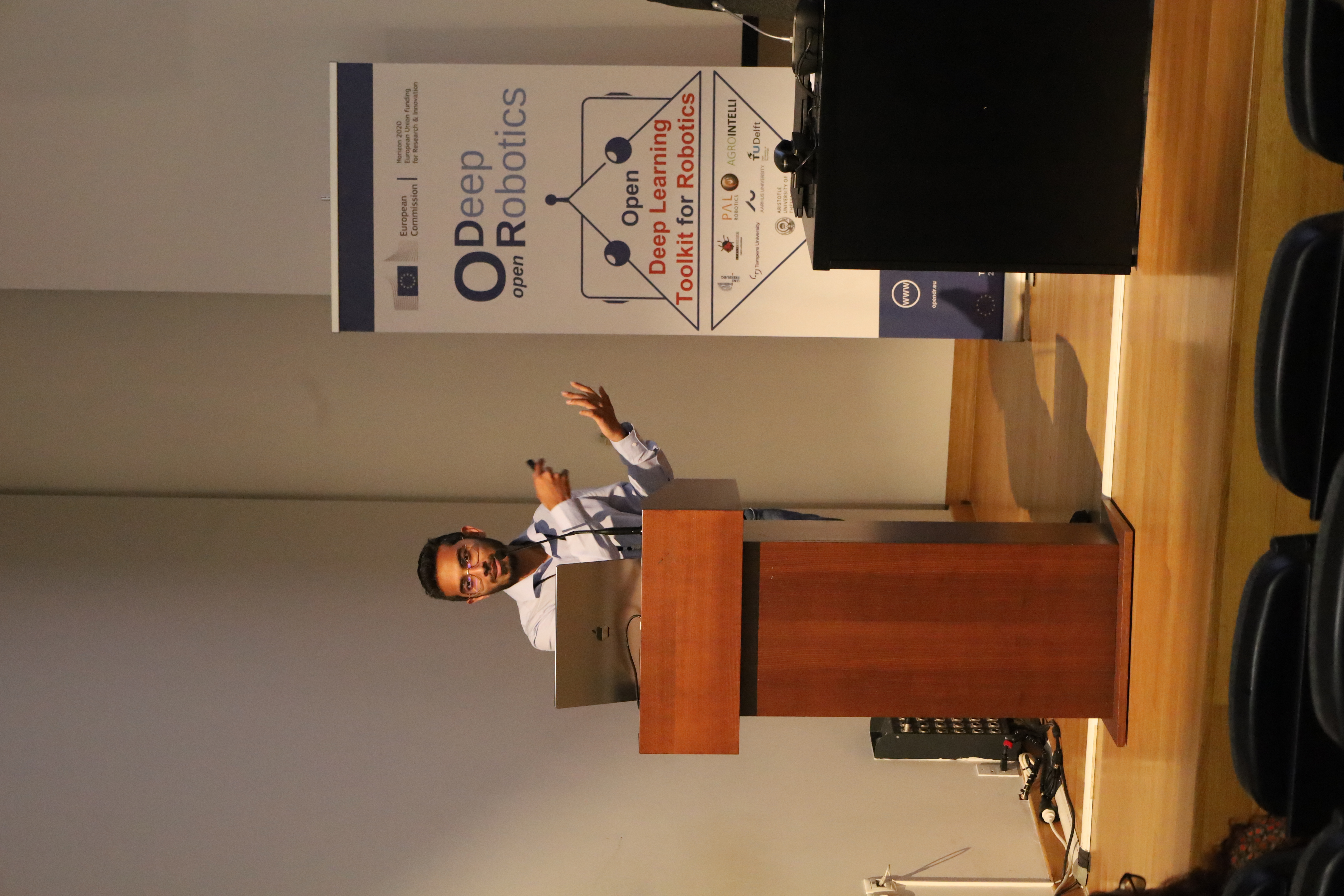
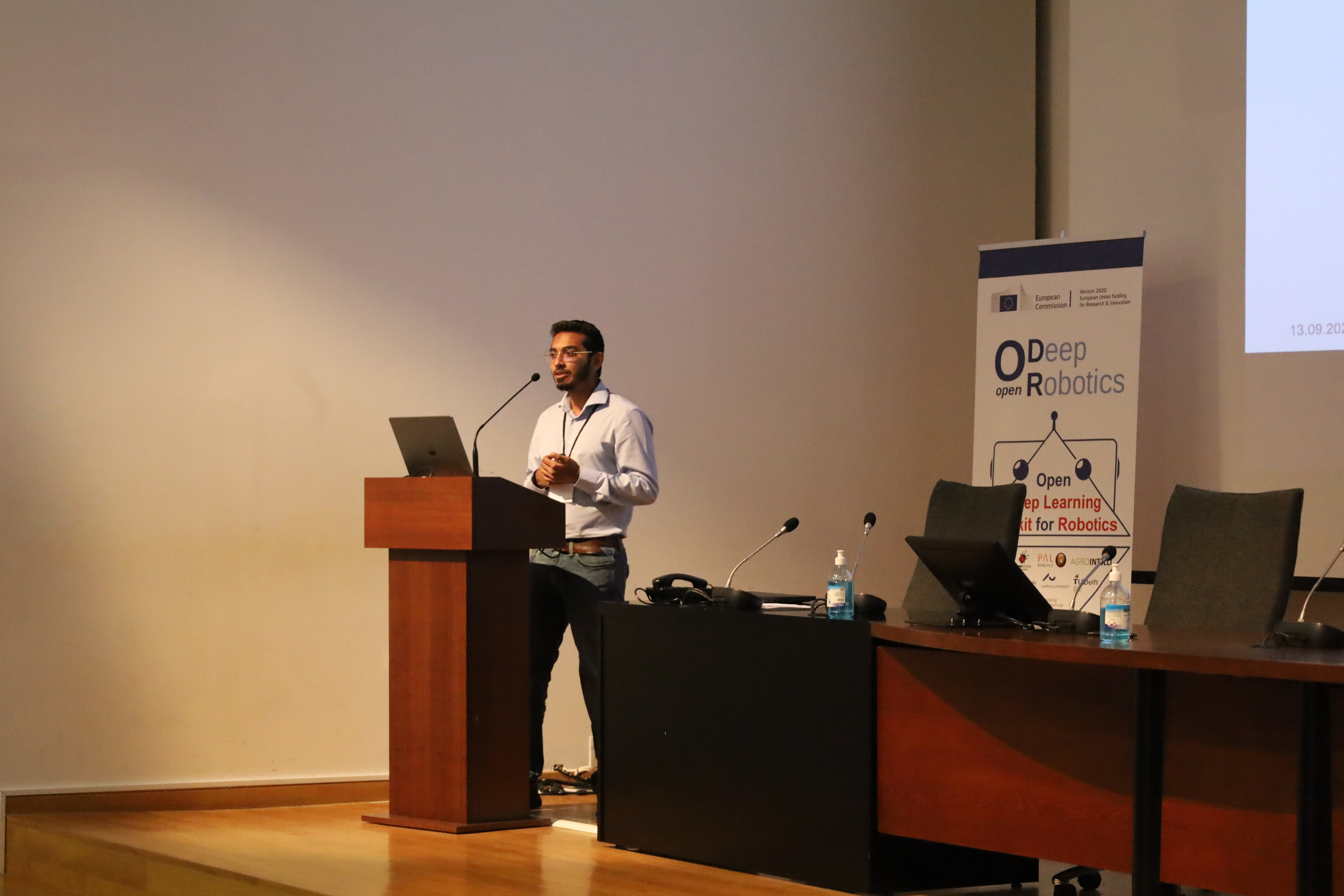
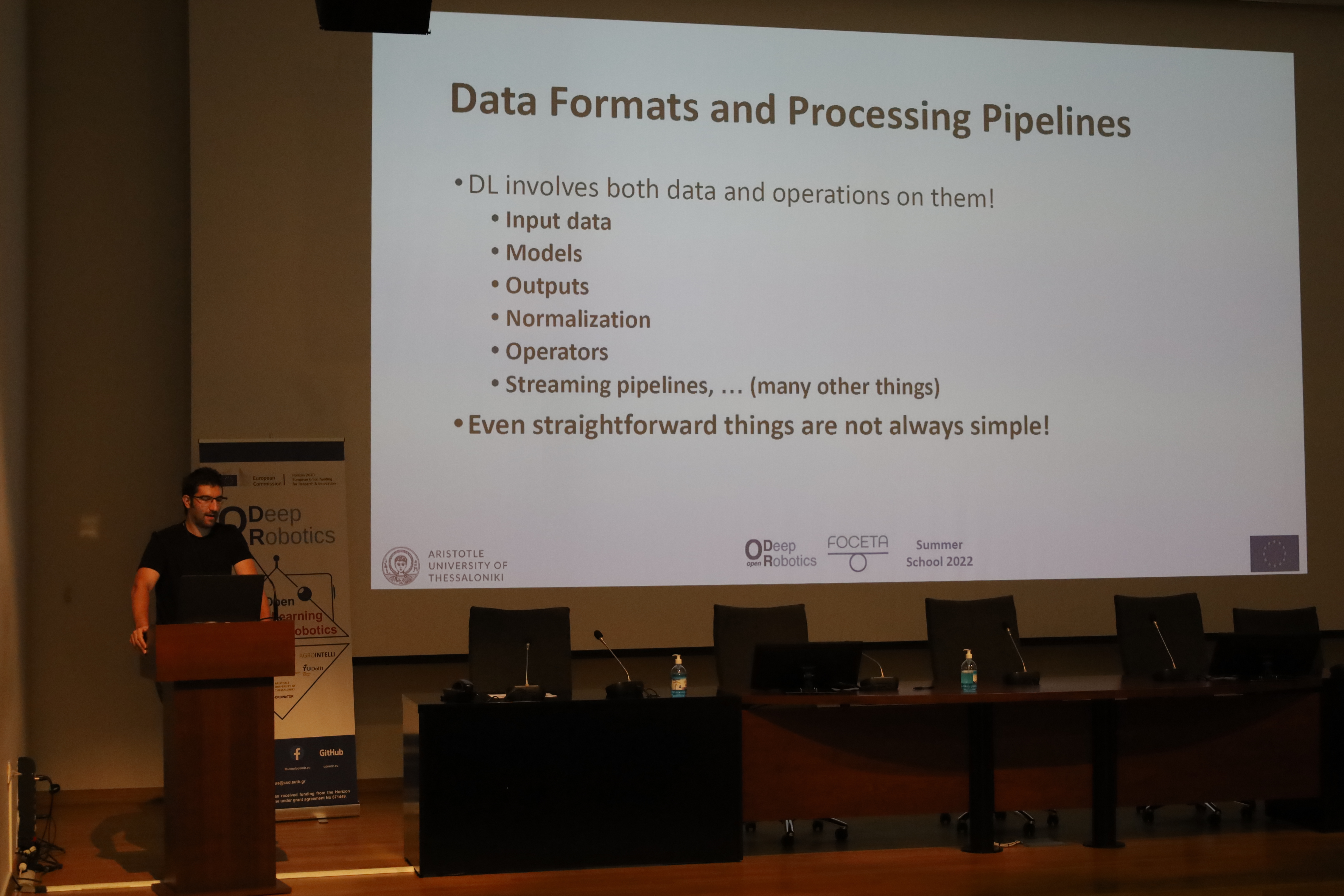
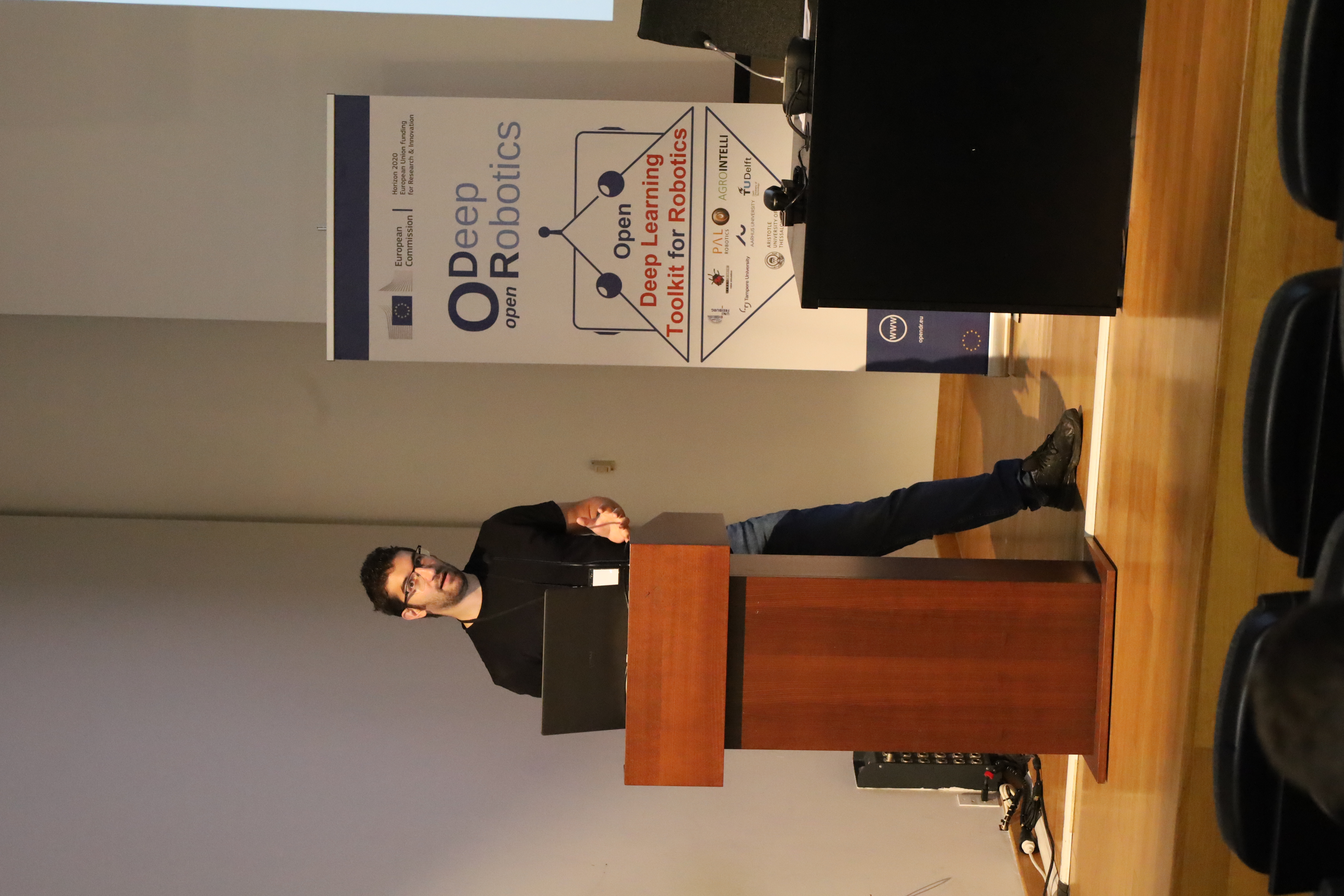
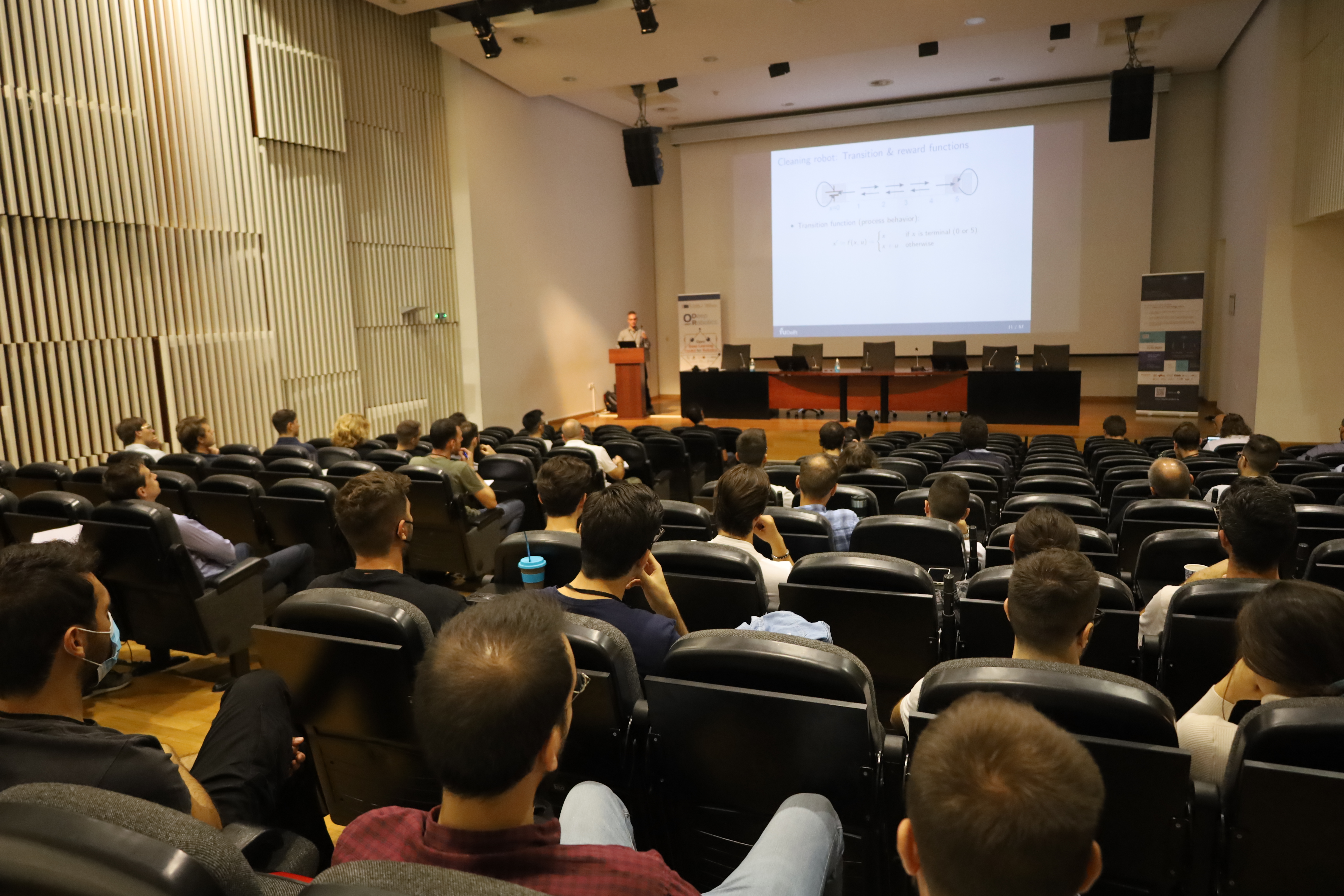
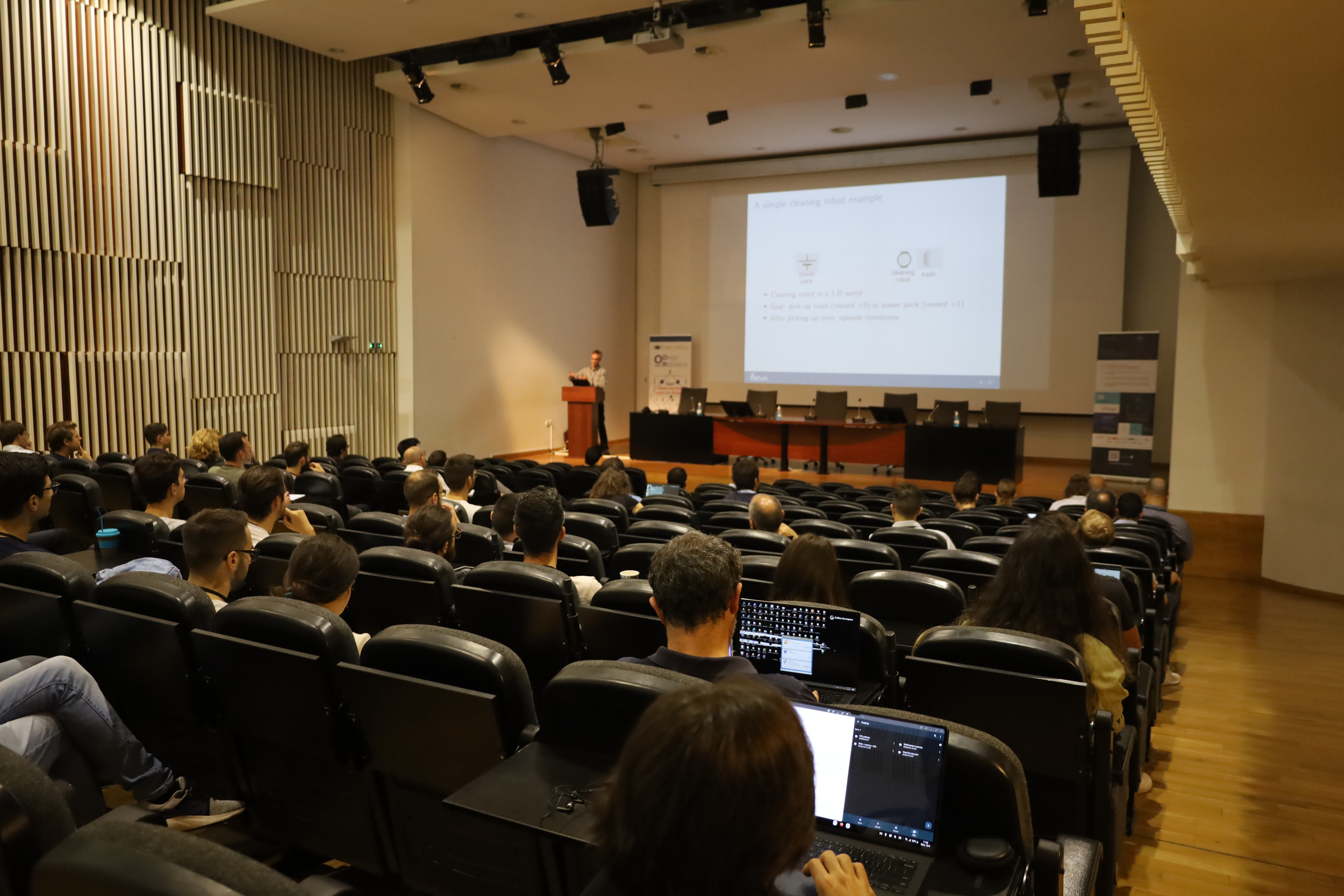
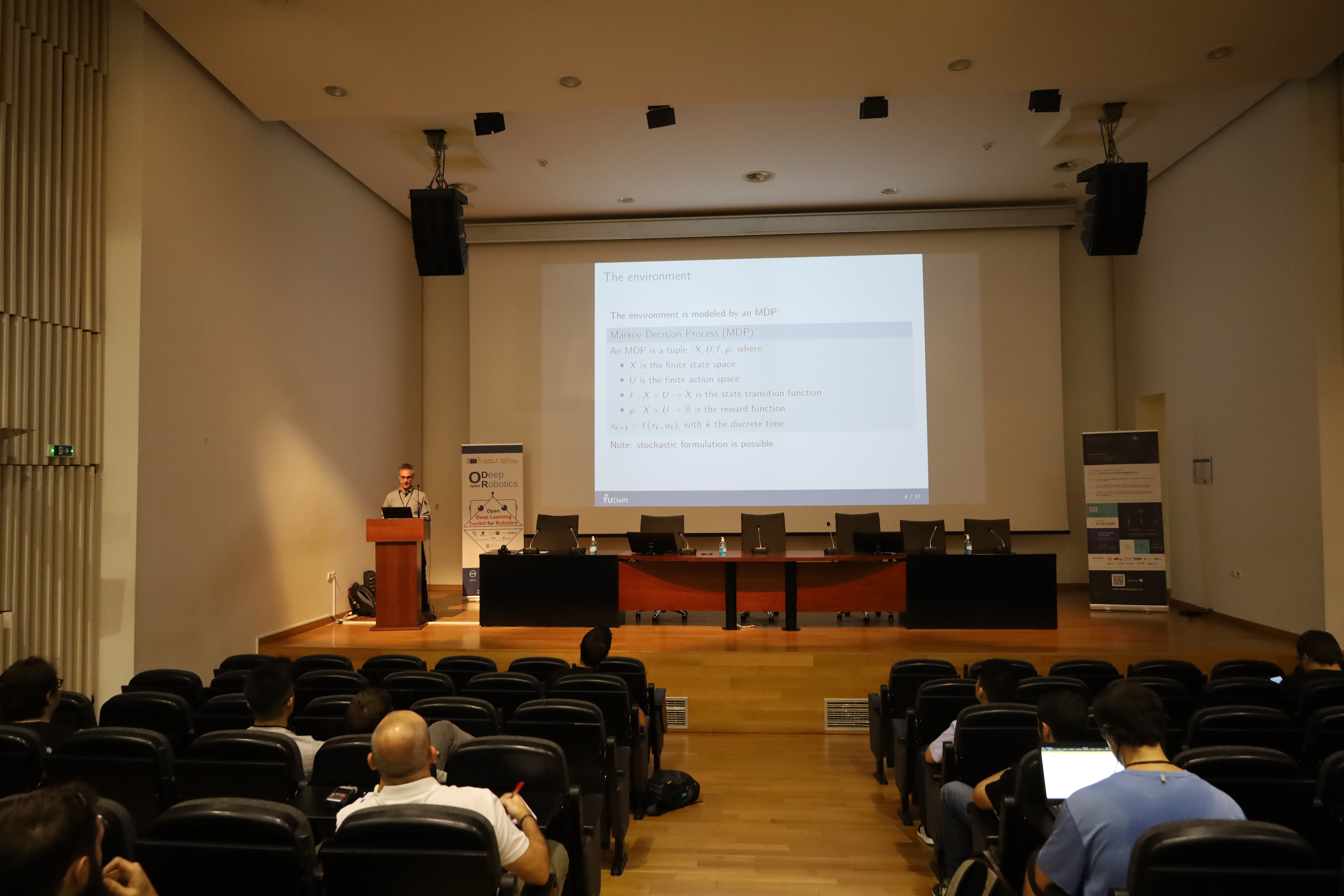
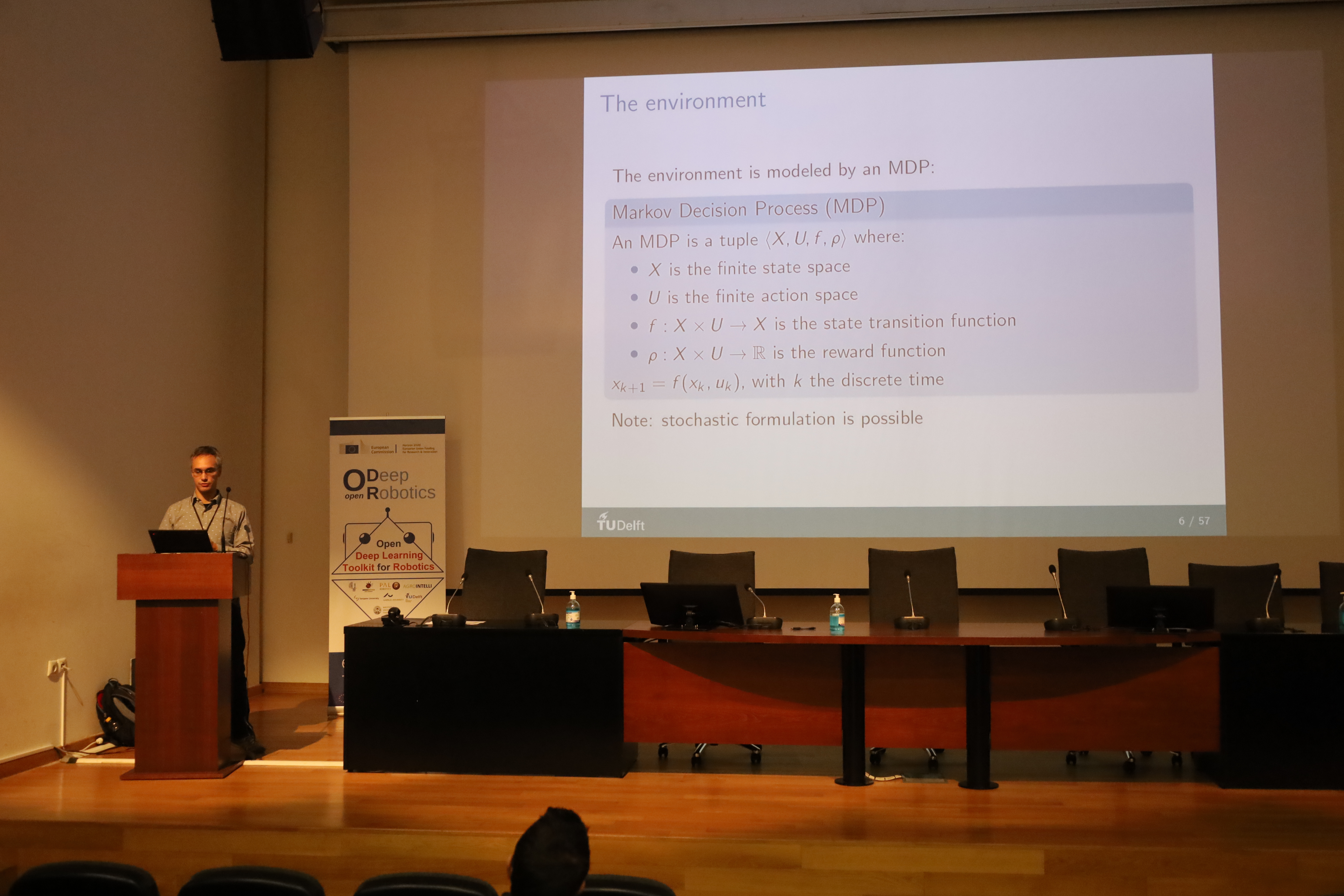
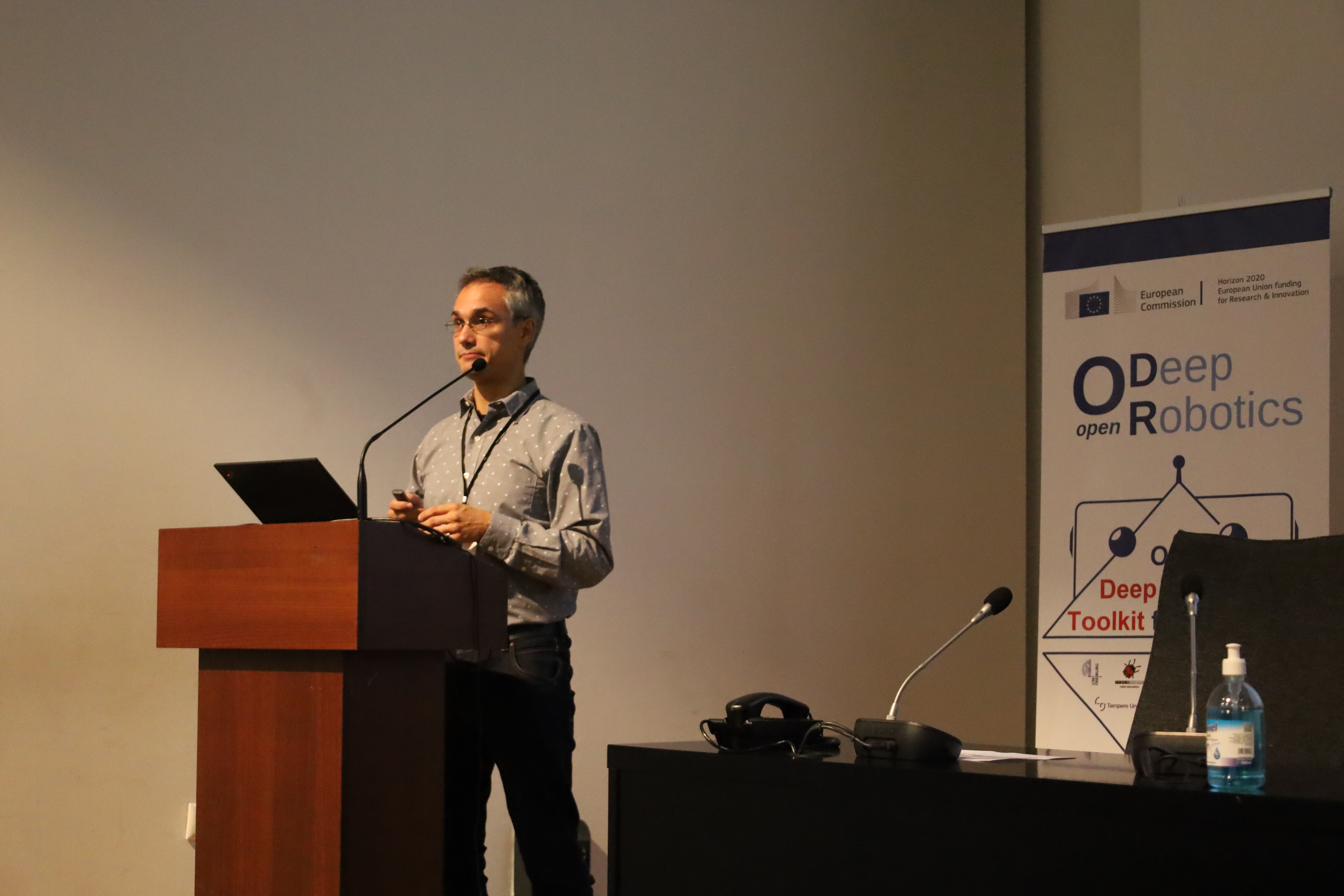
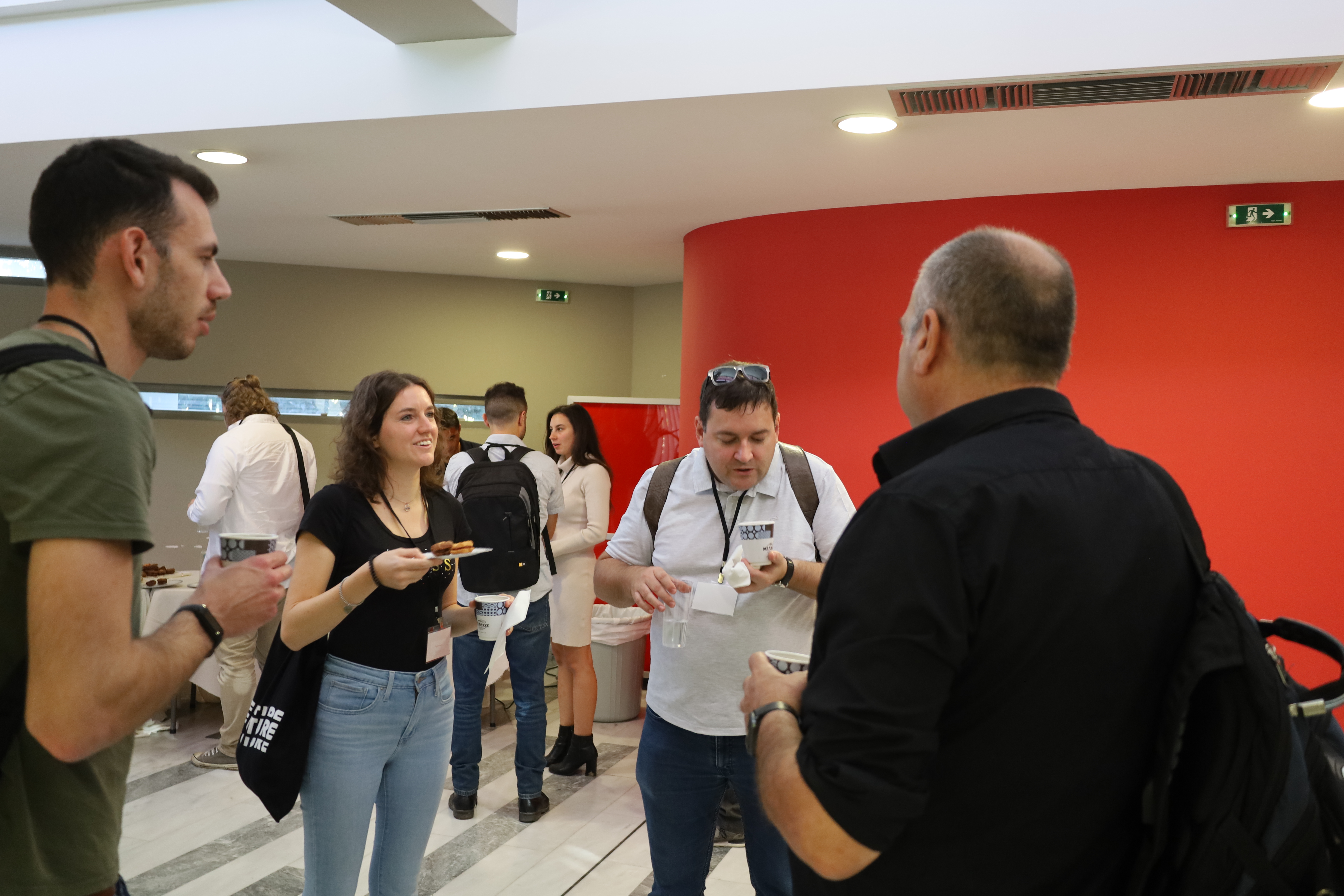
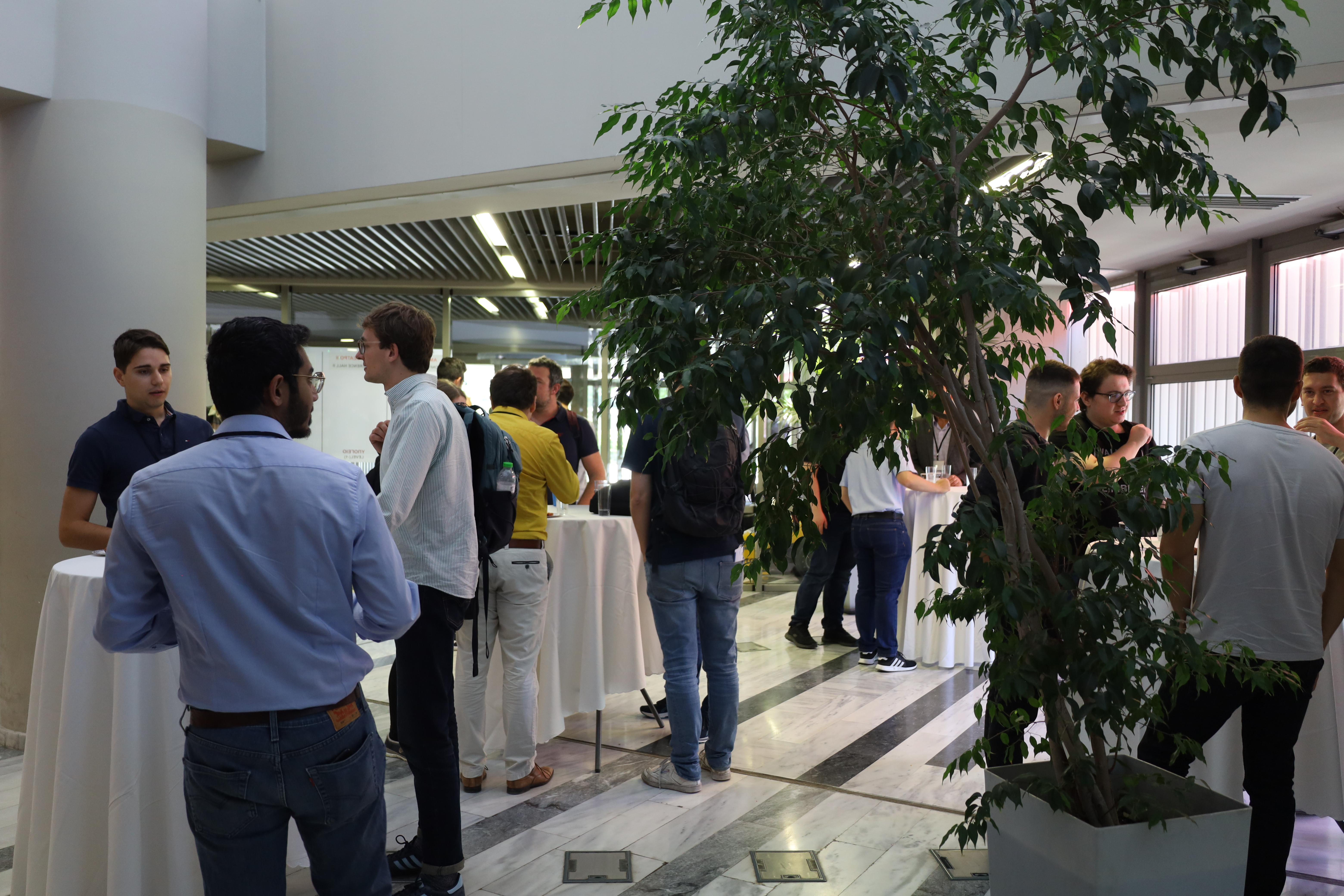
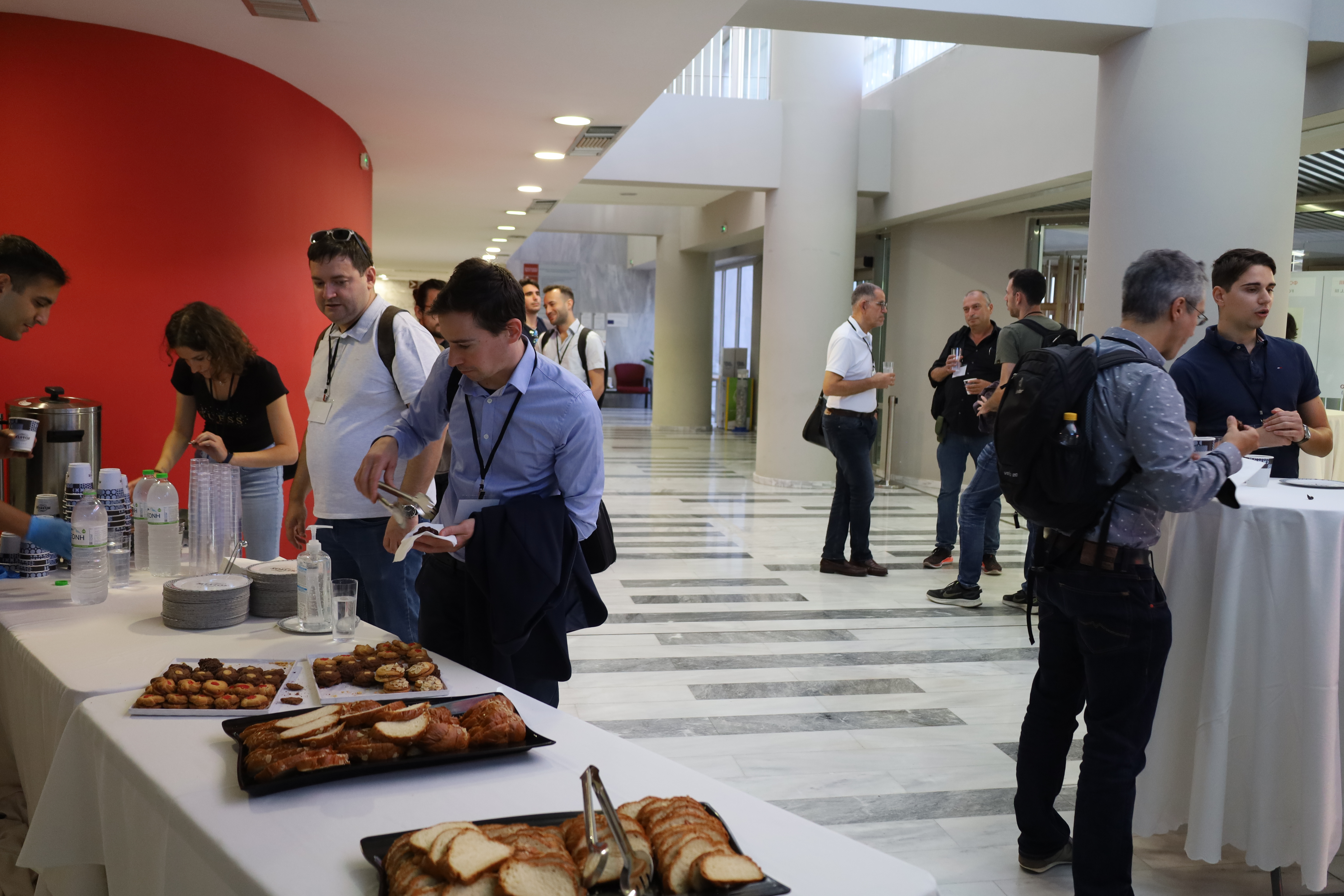
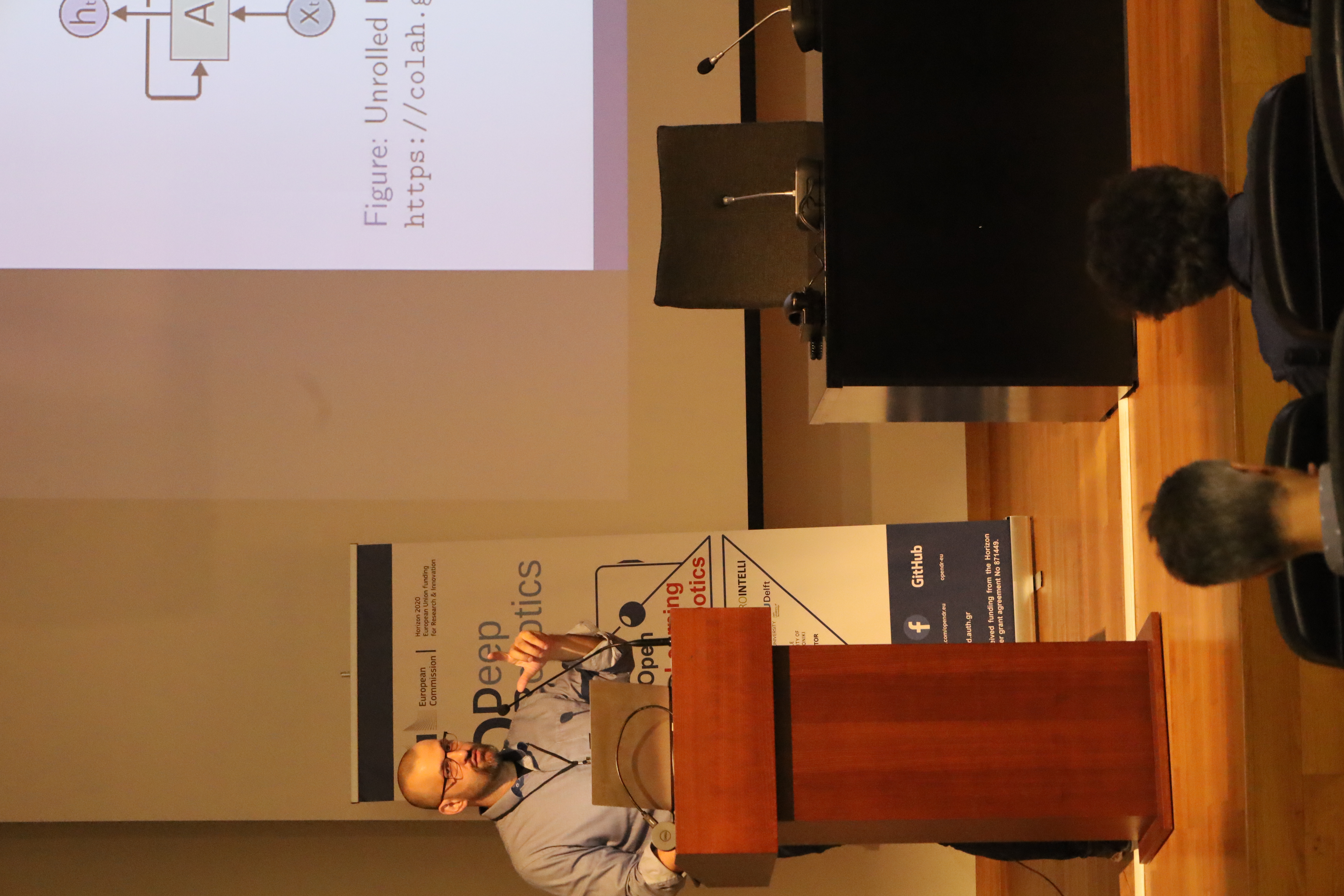
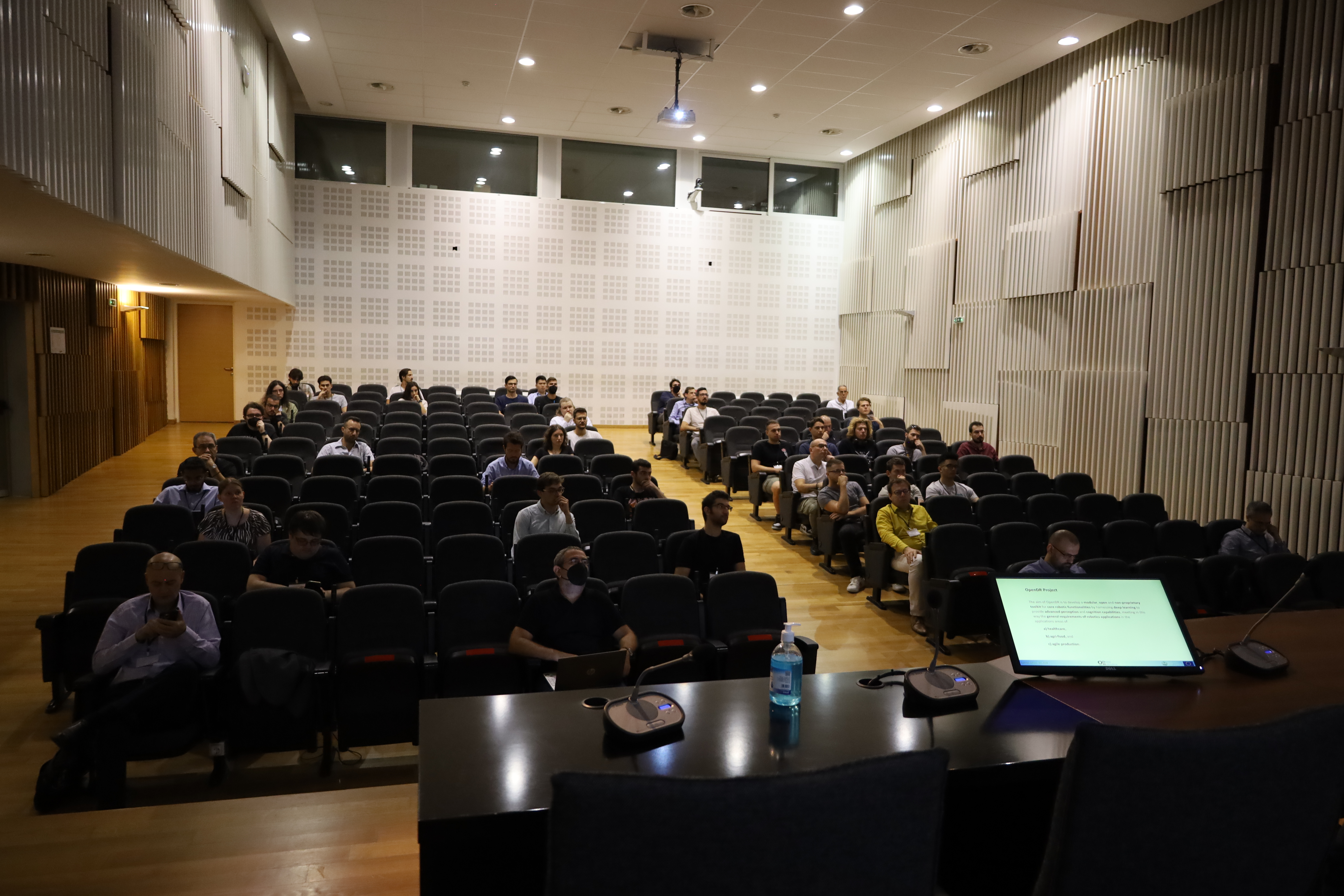
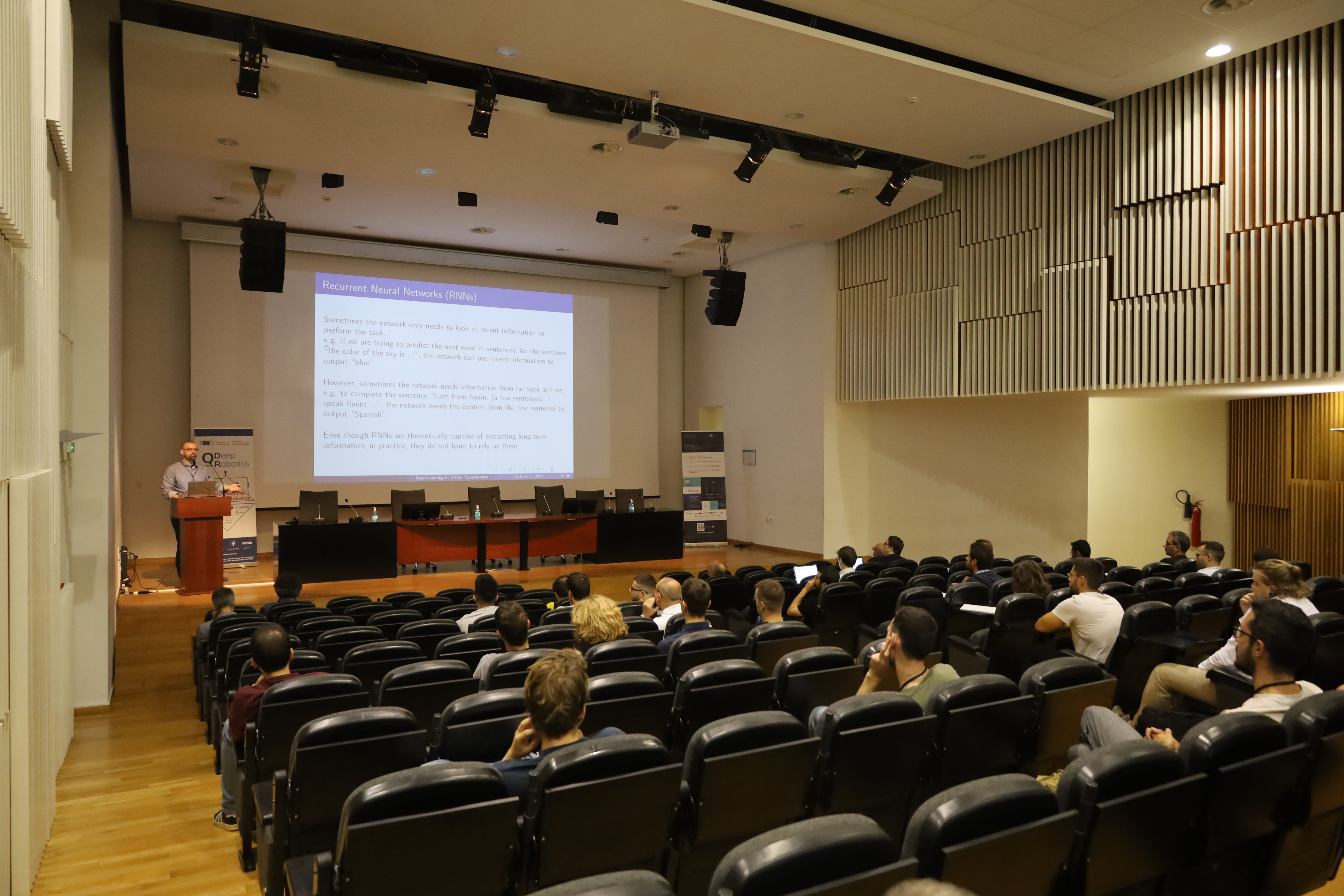
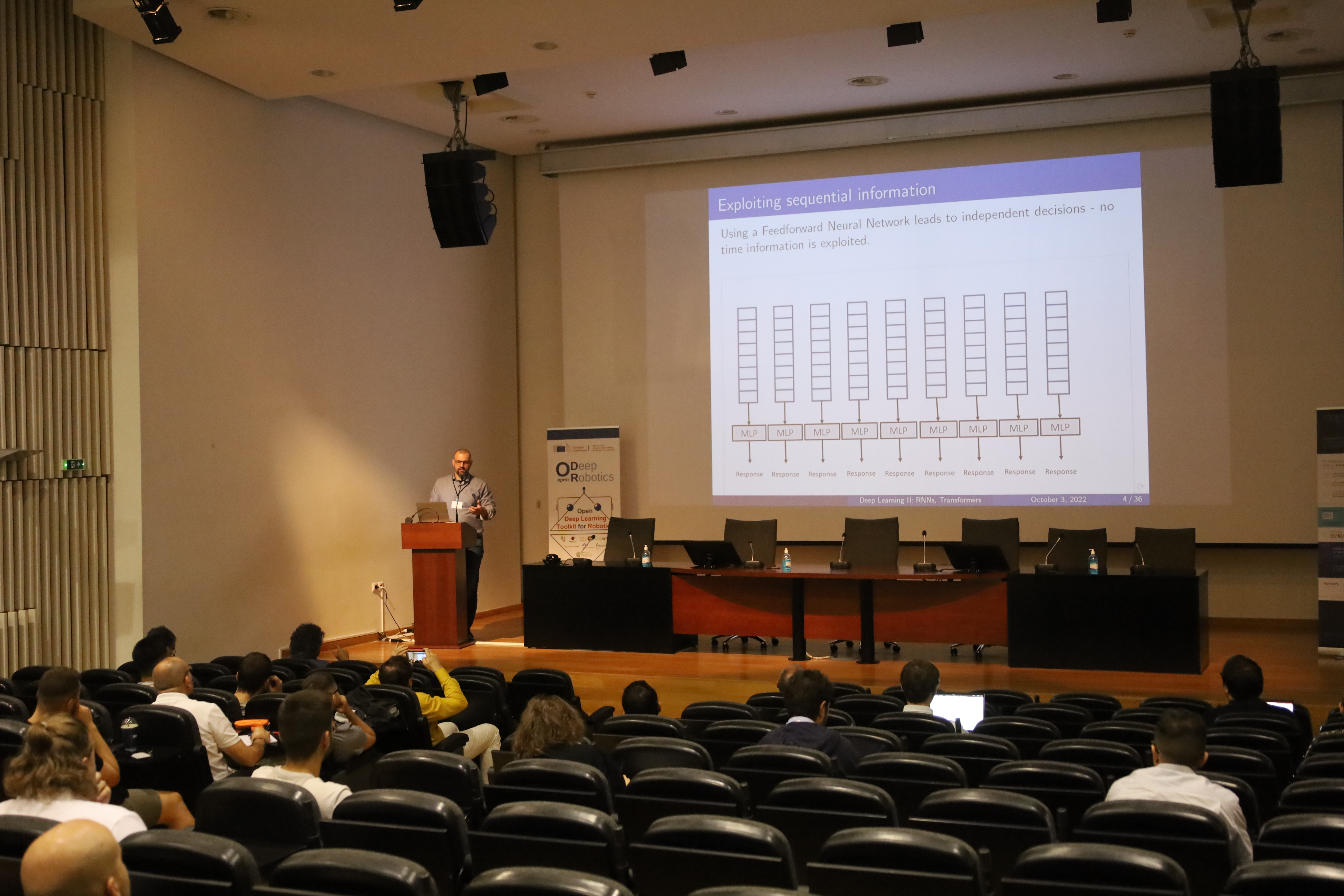
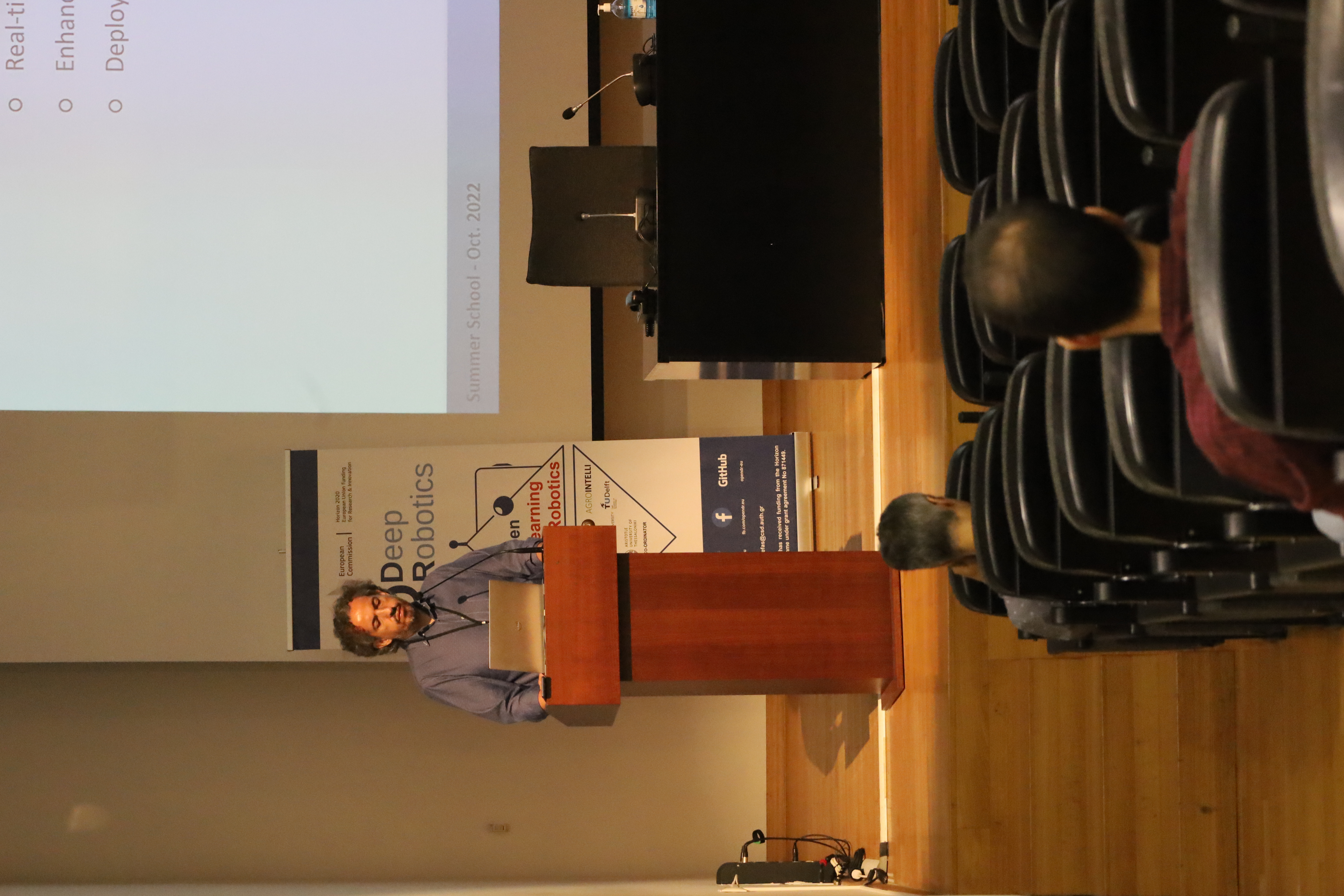

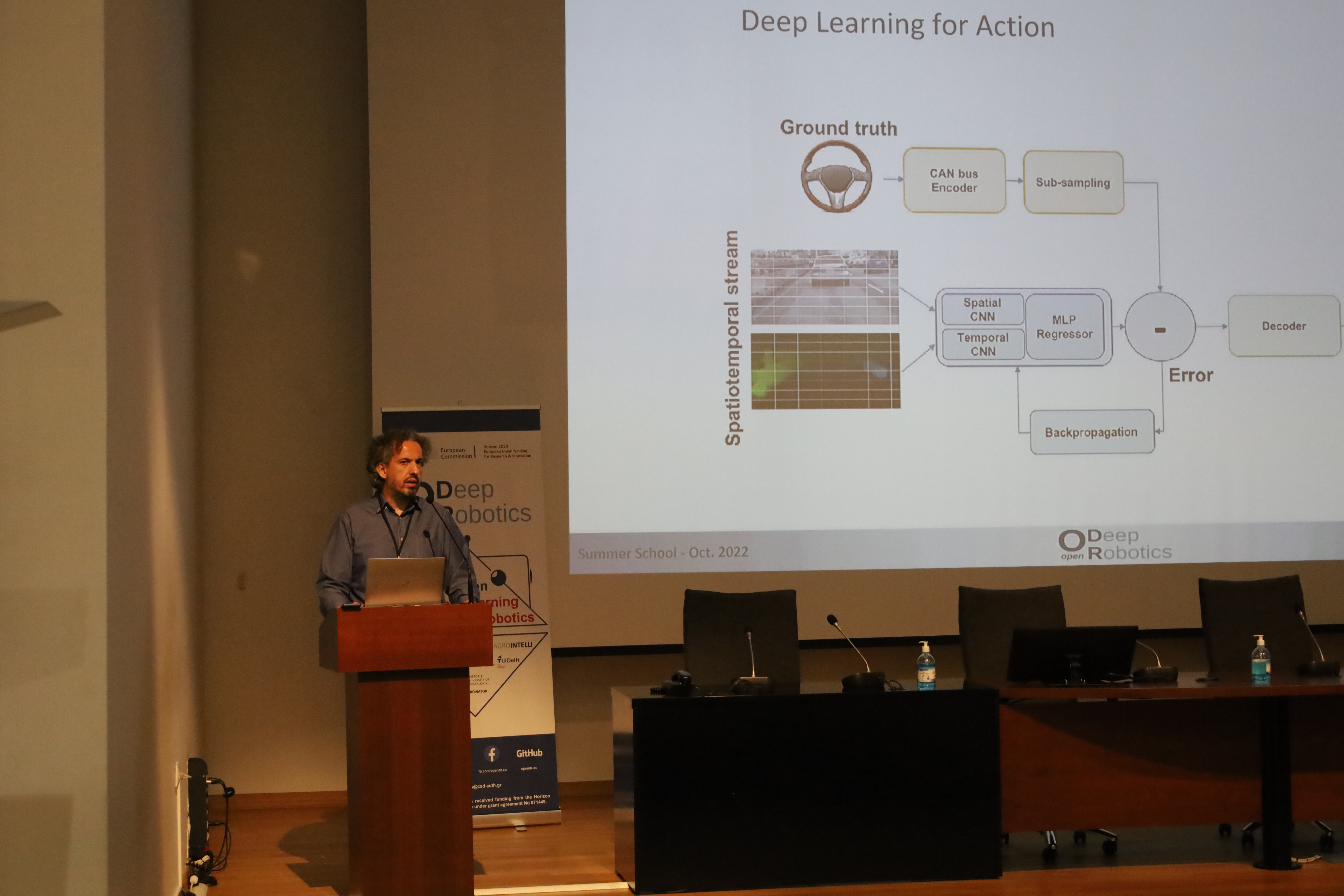
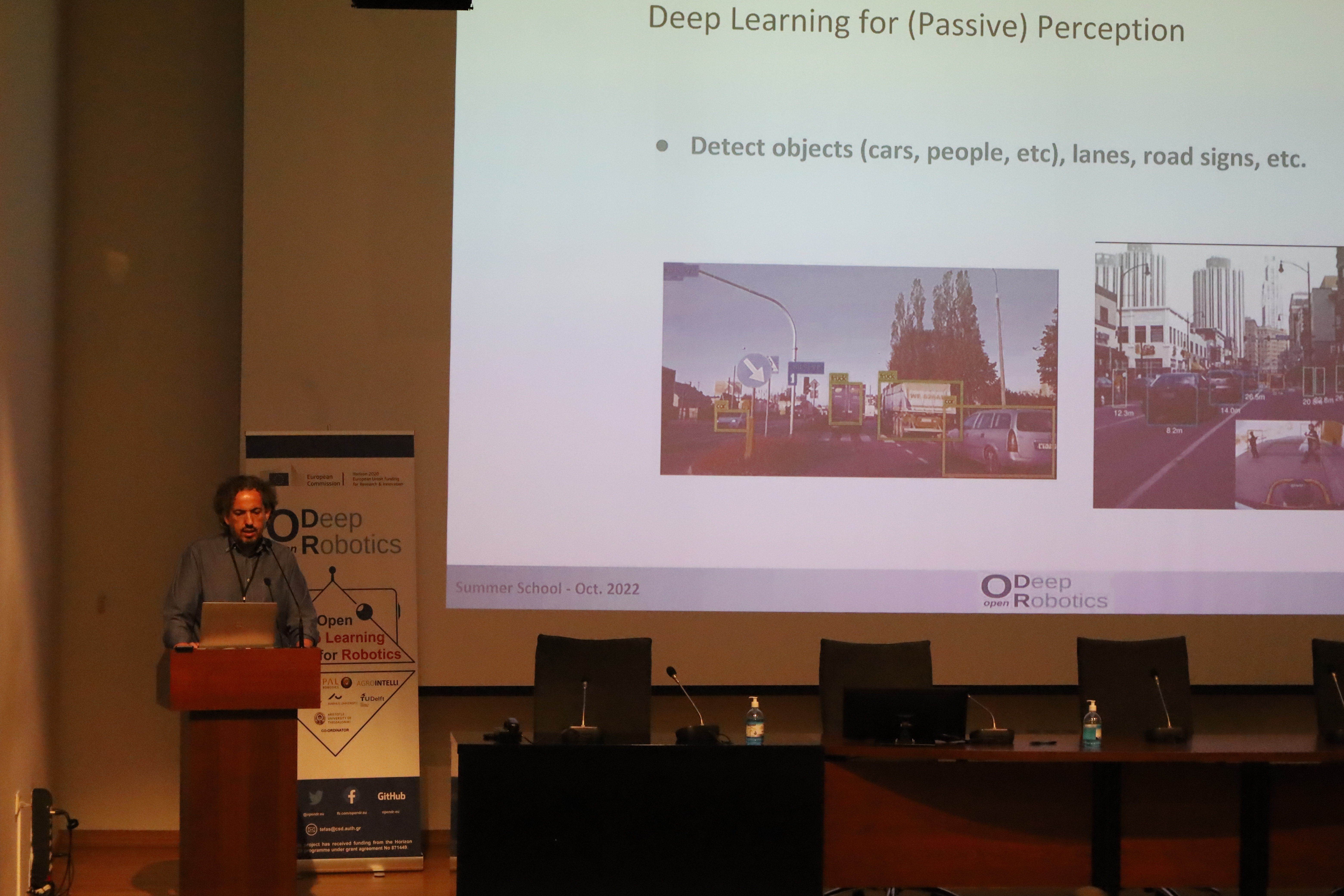
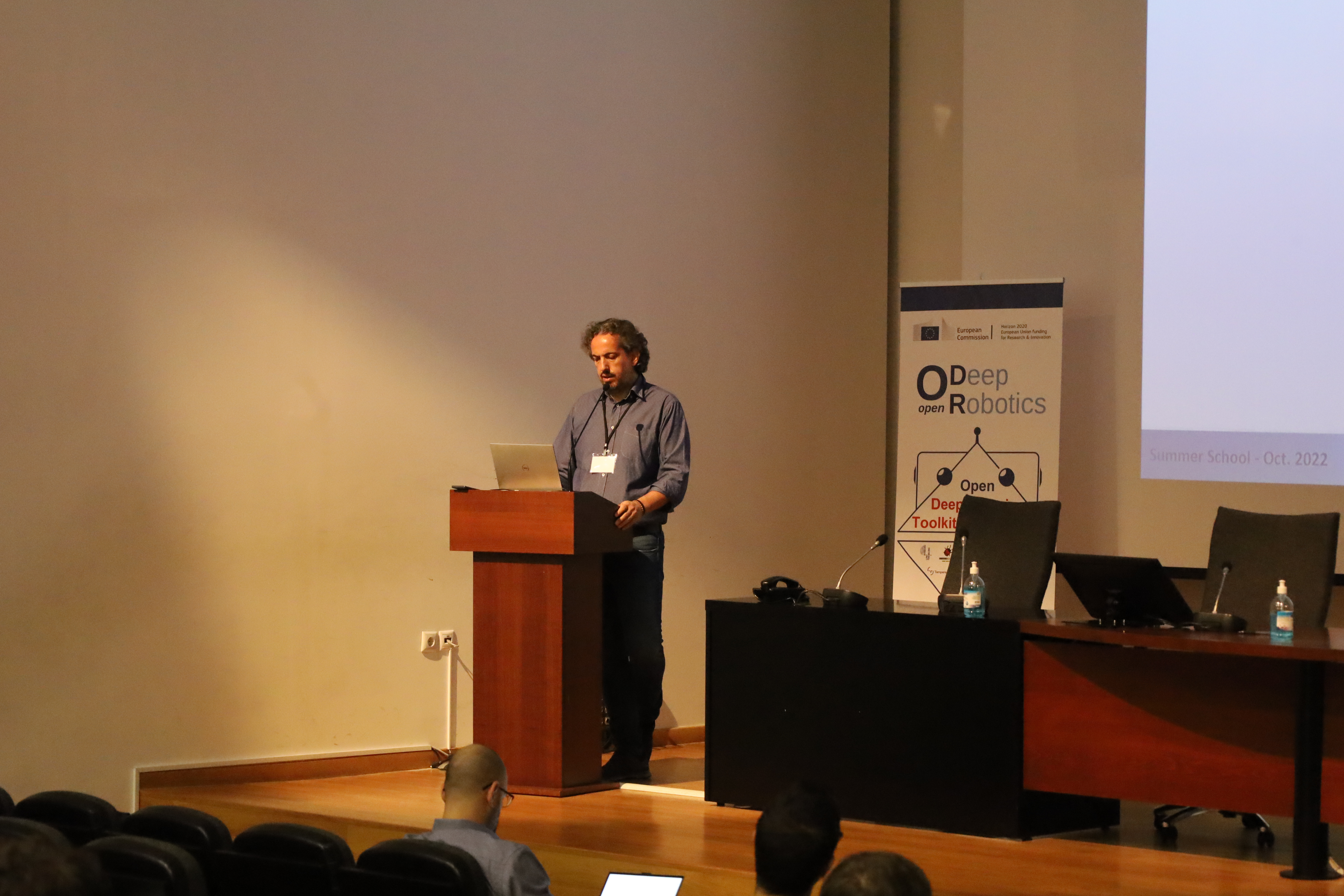
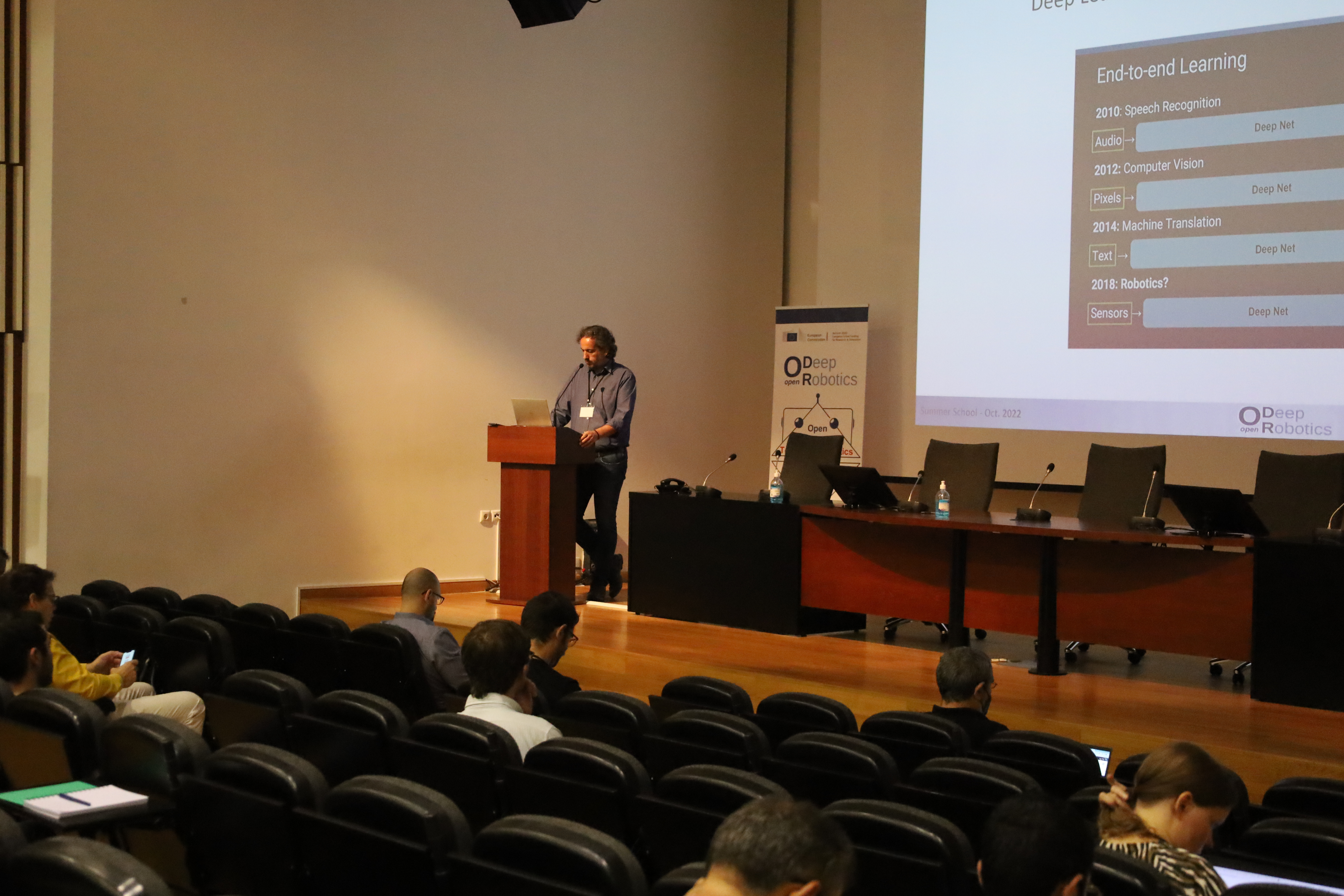
Oct, 4
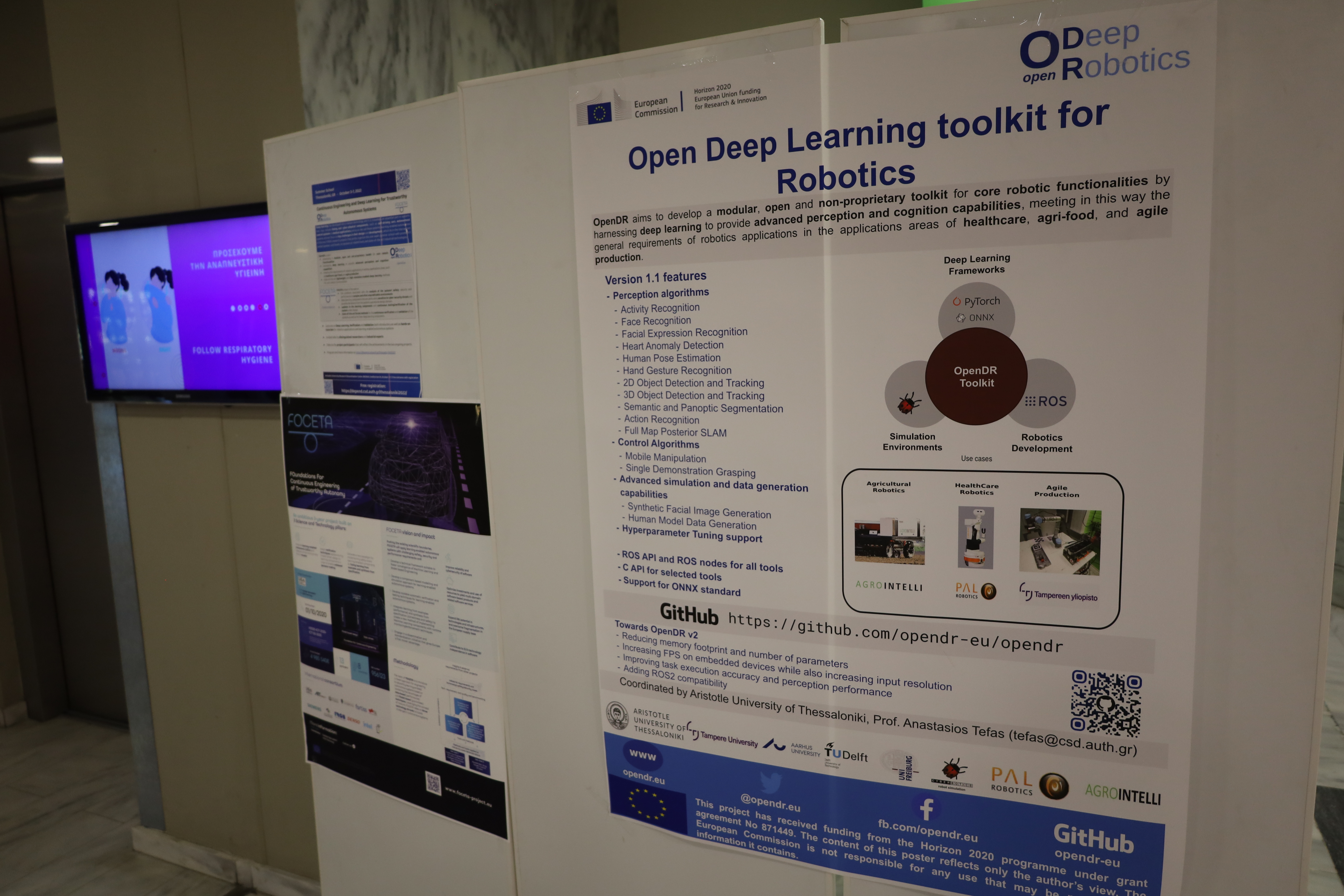
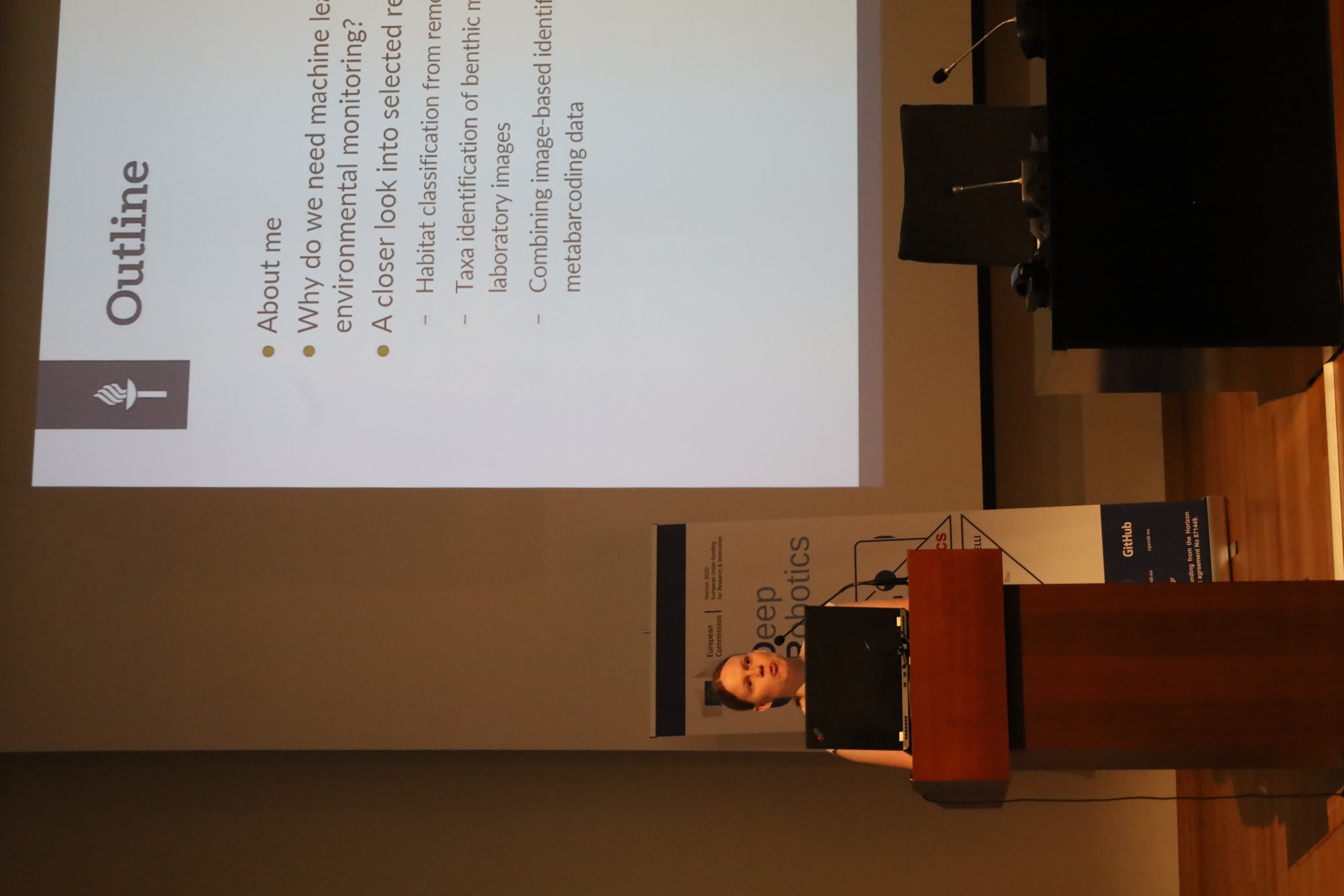
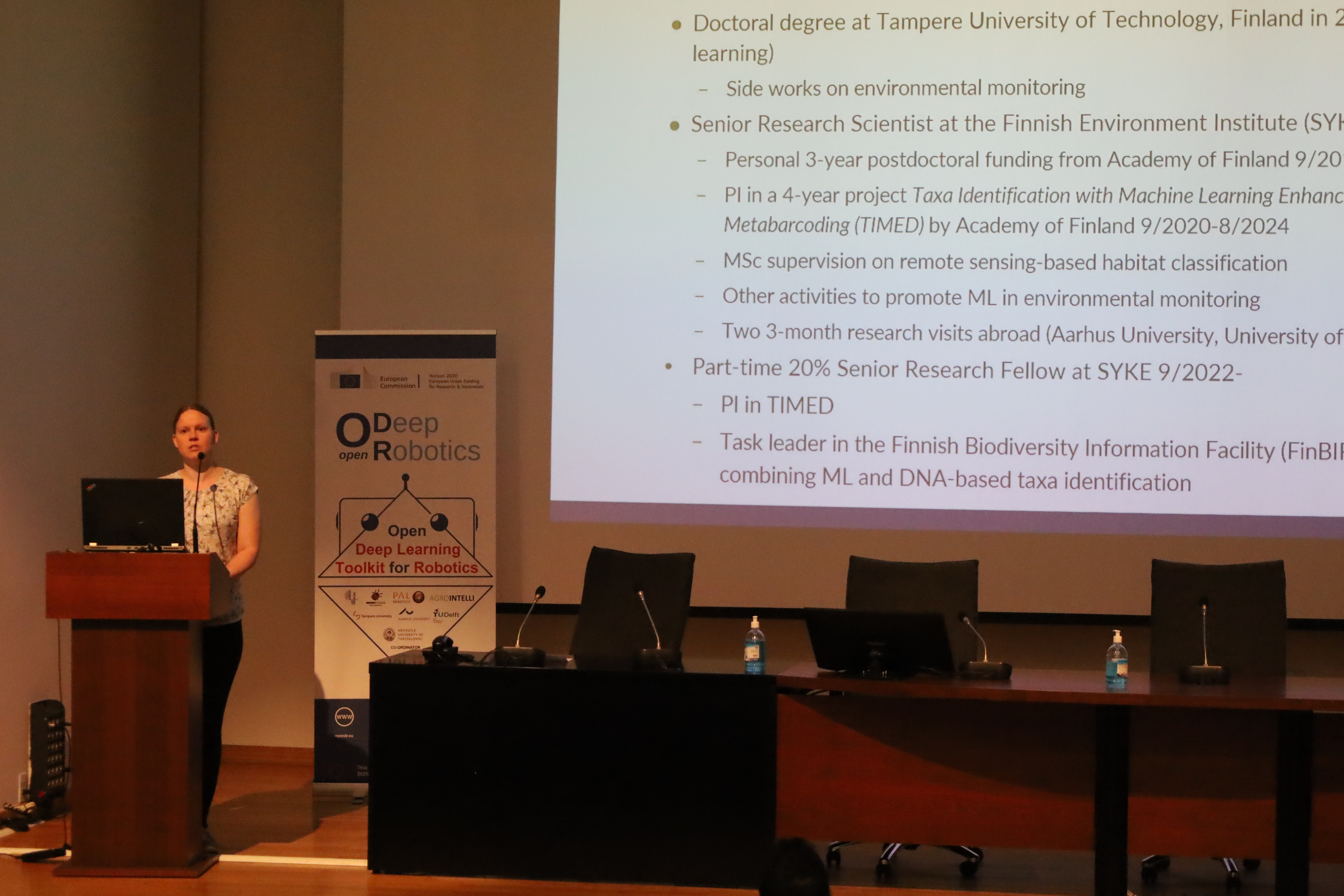
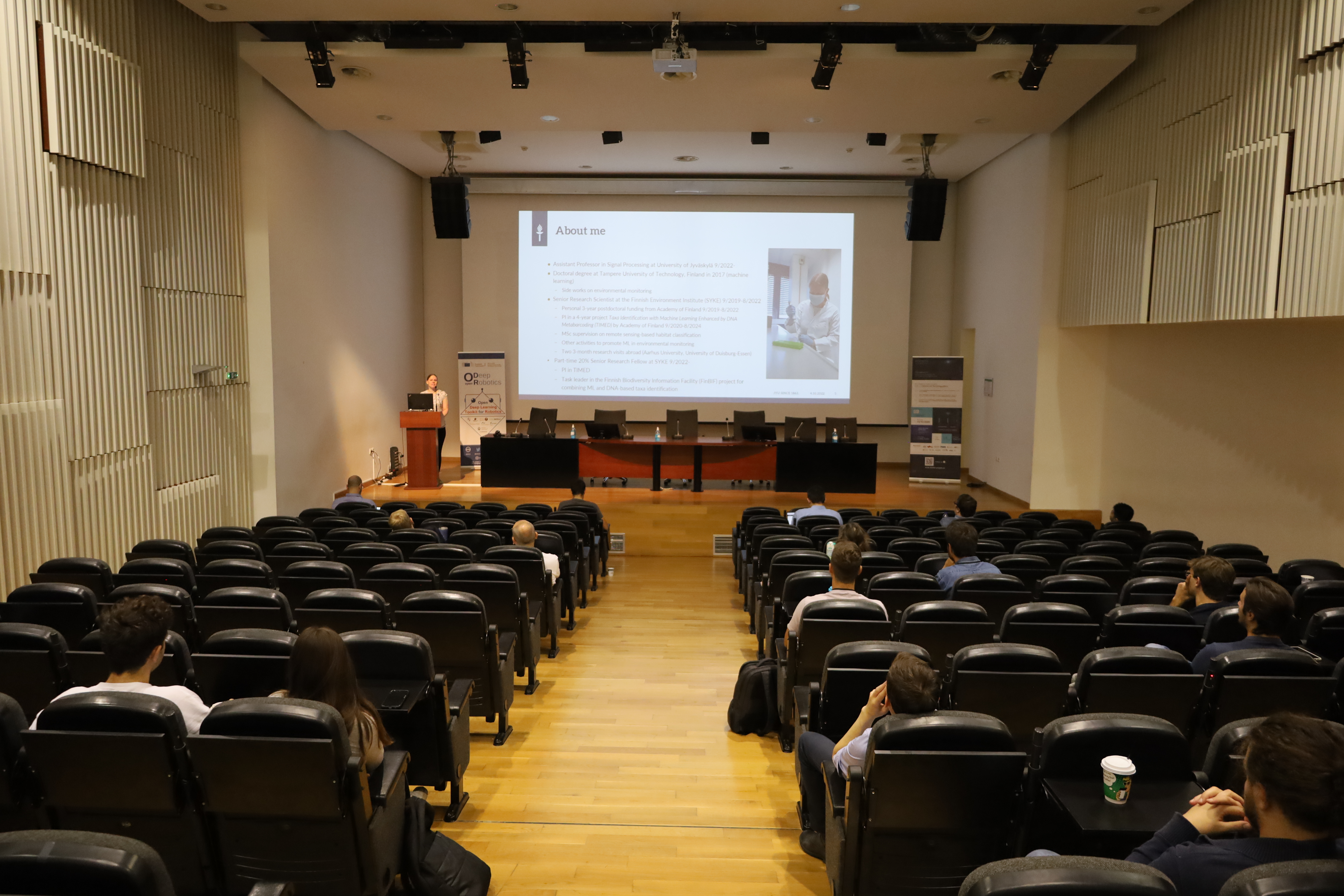
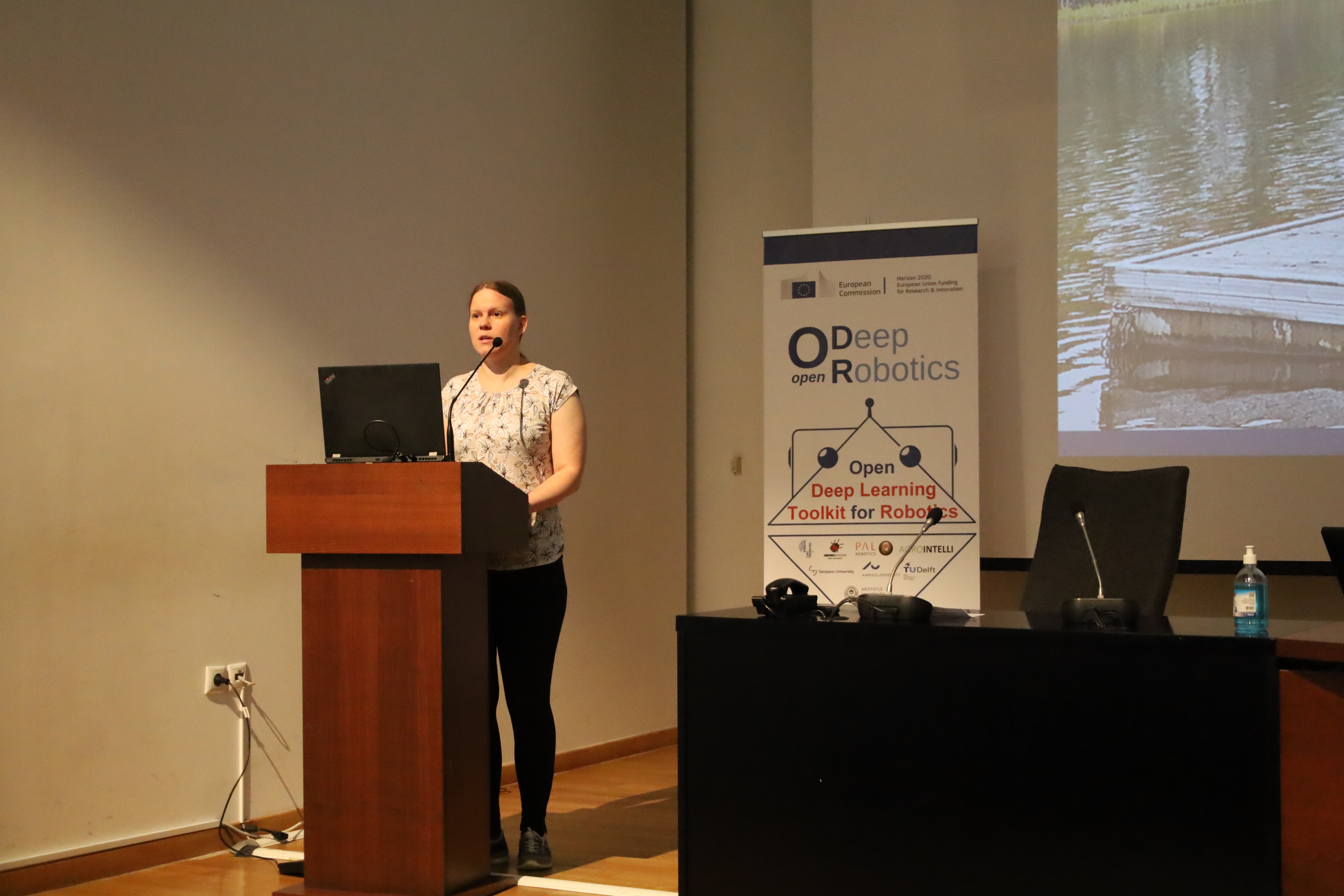
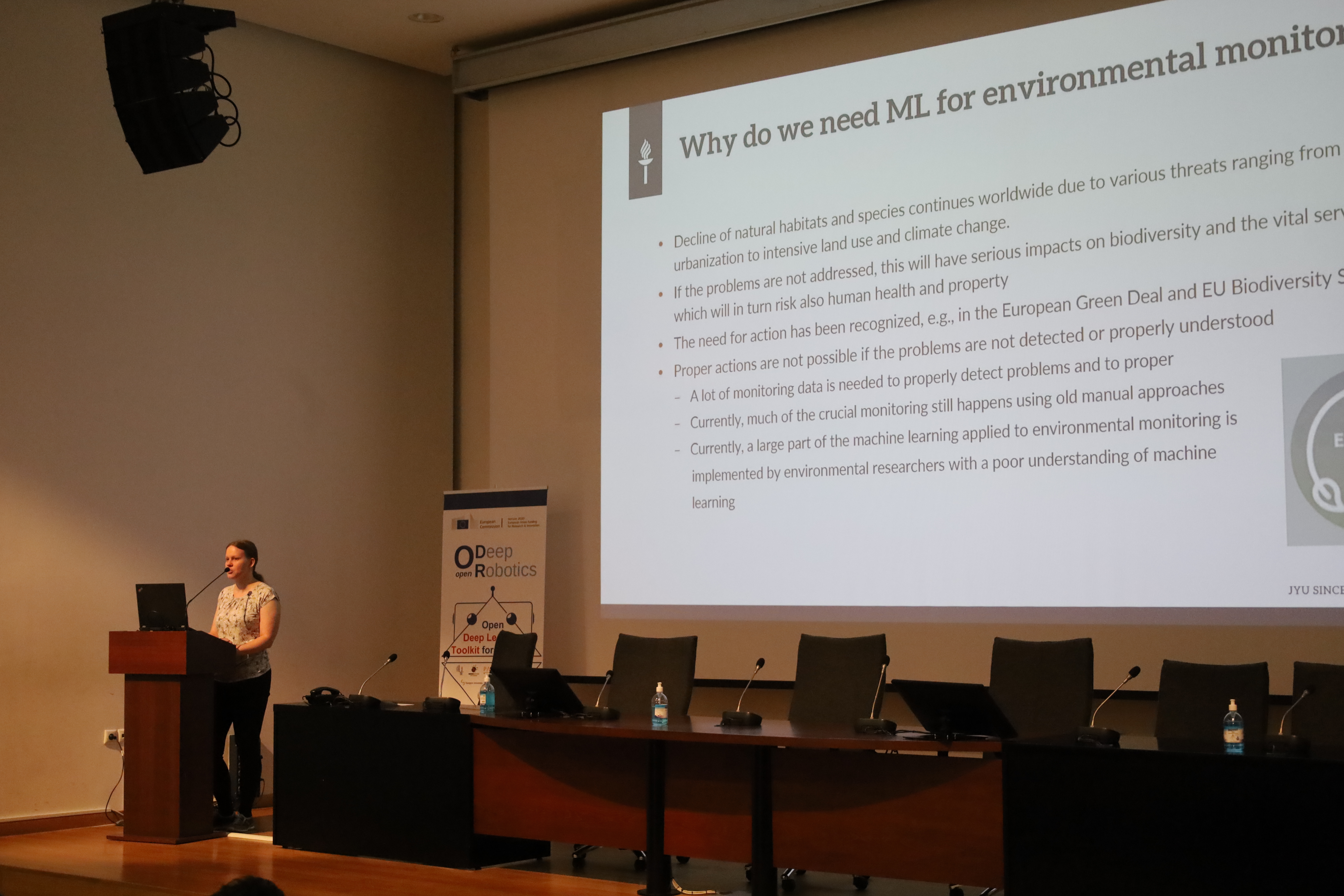
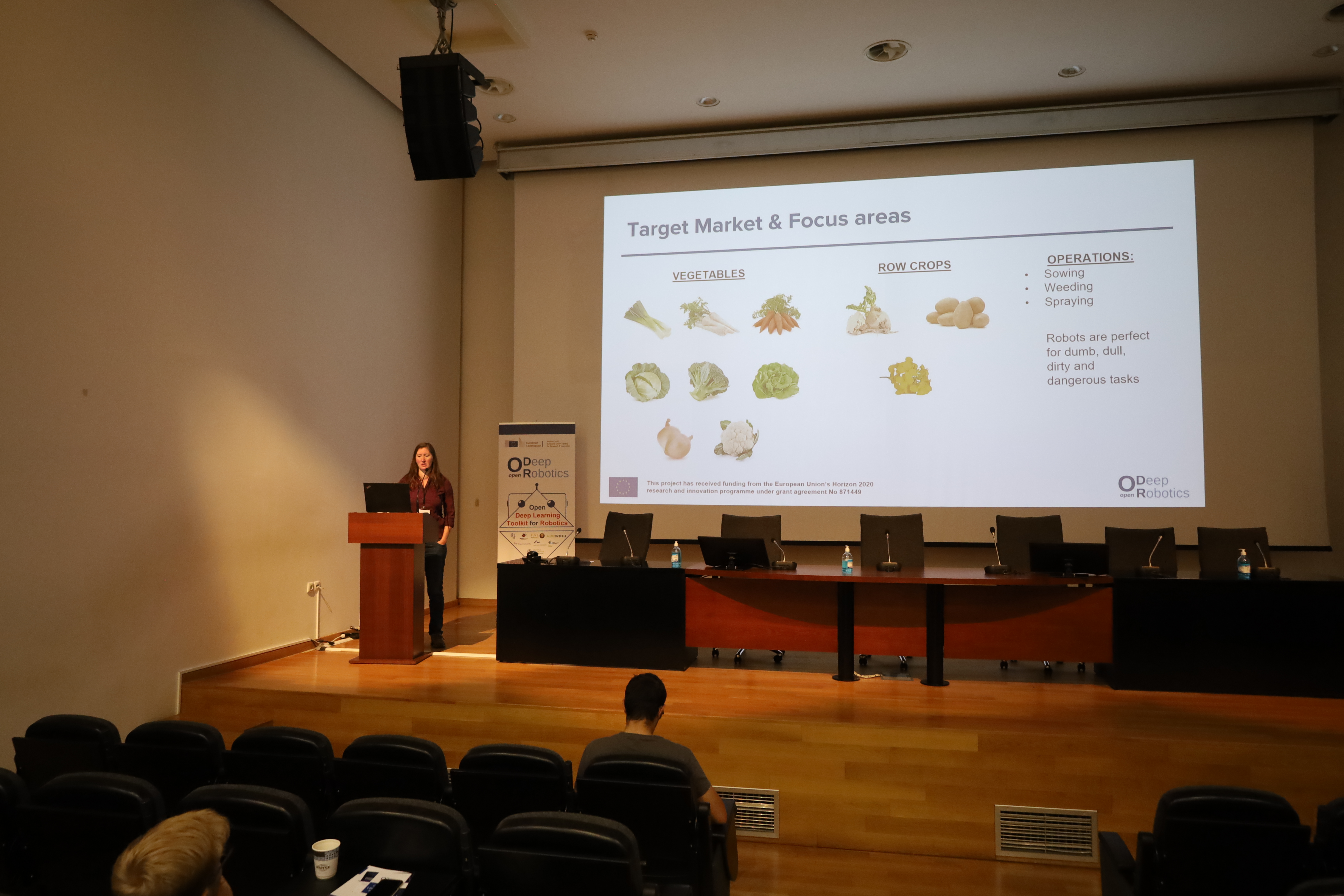
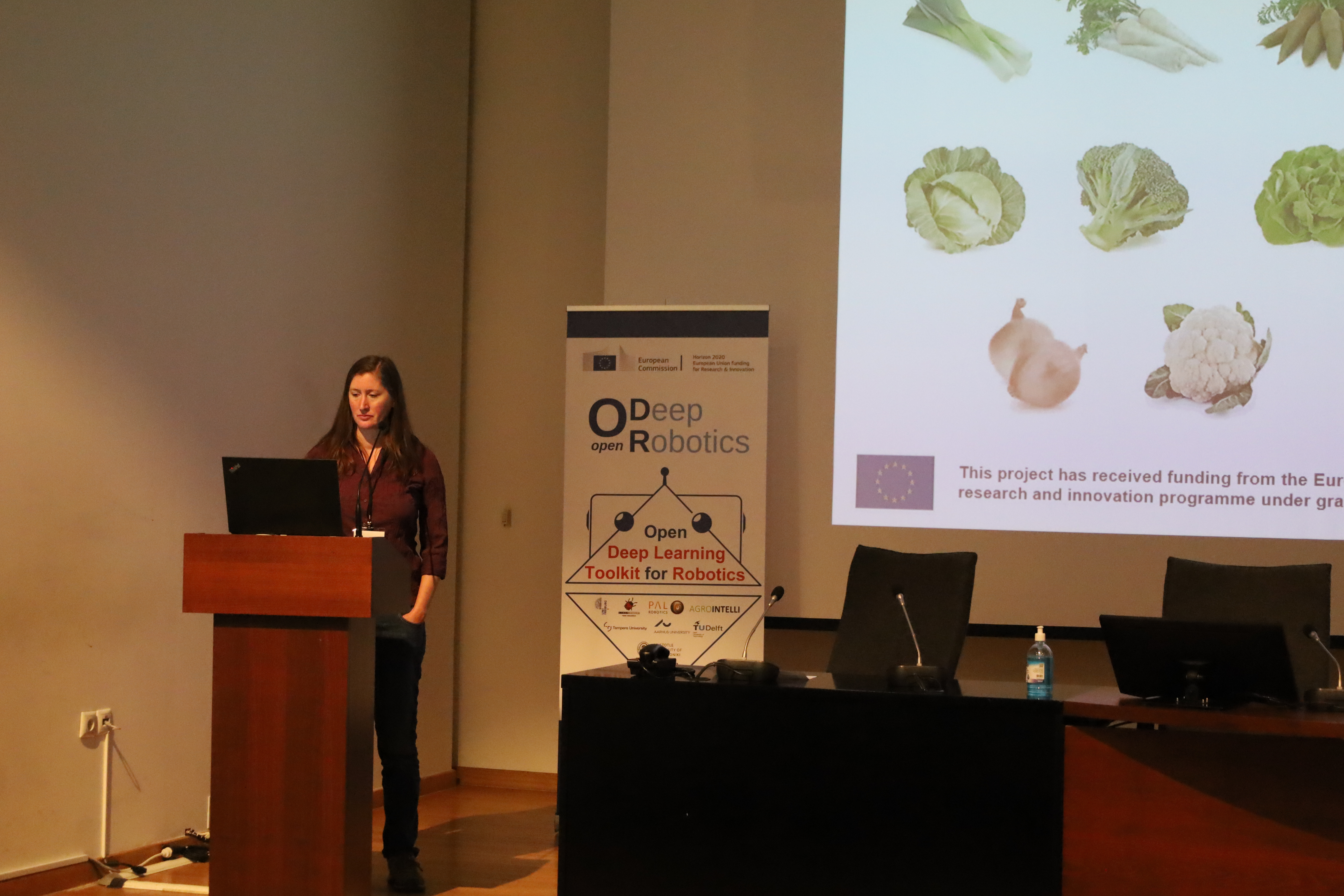
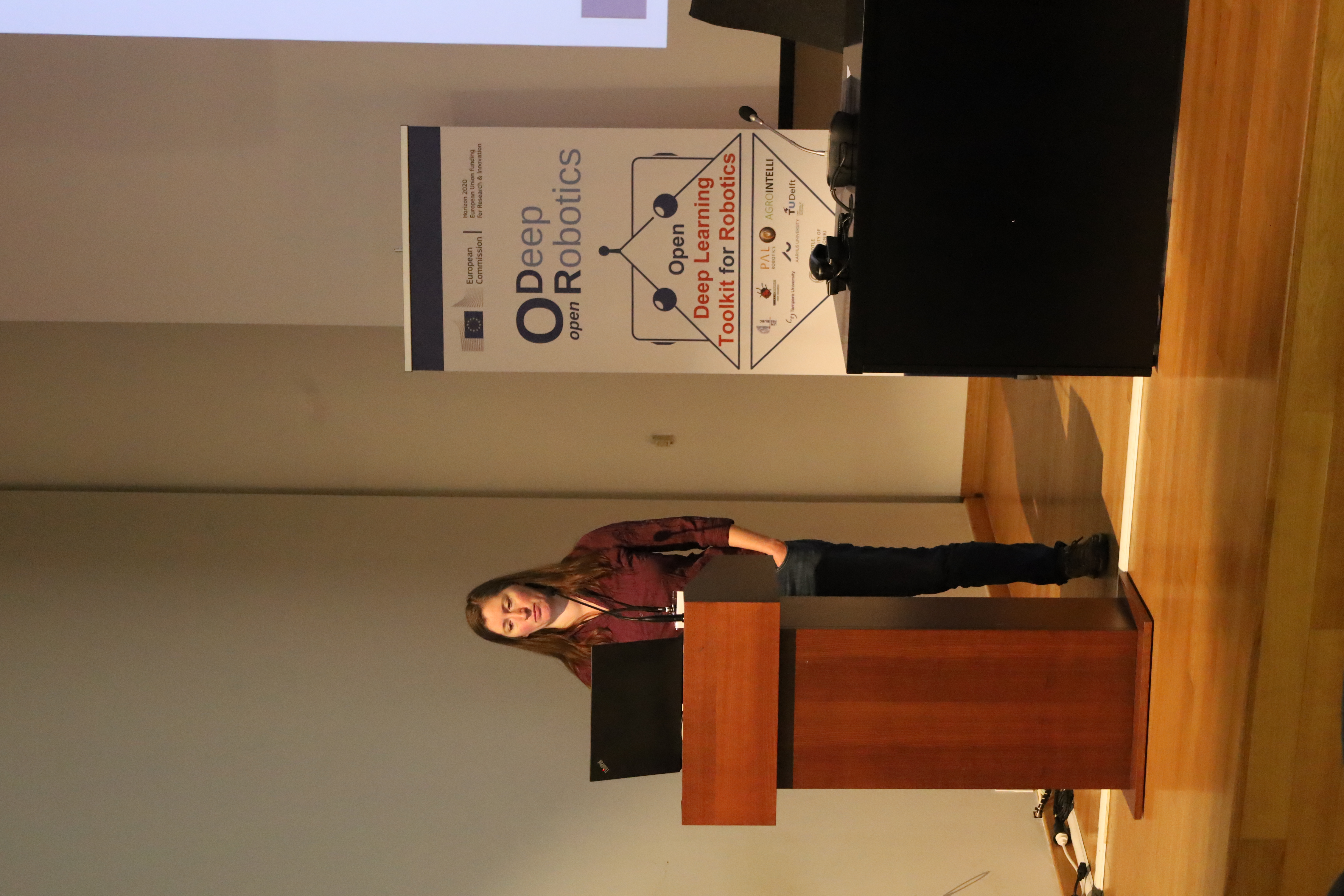
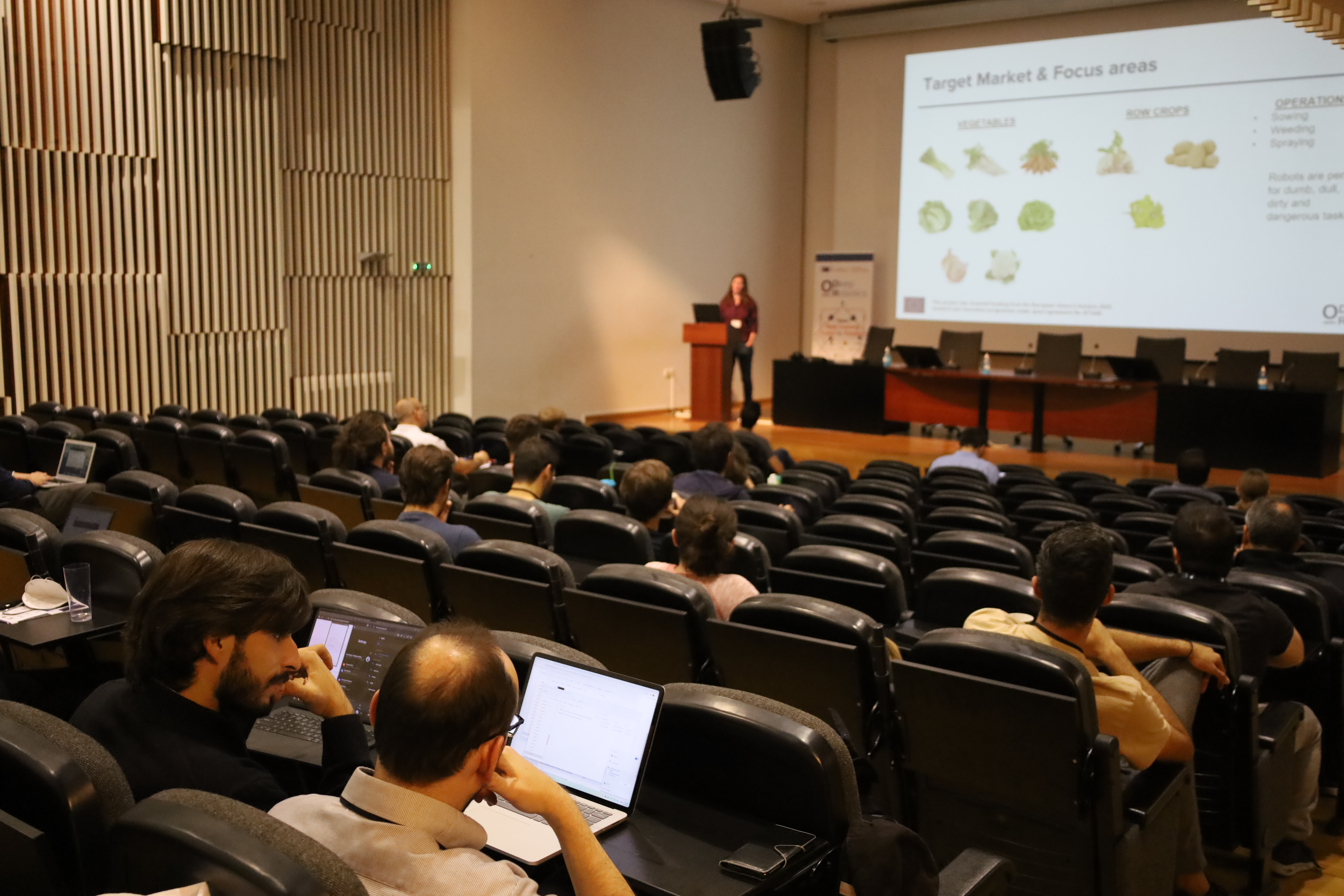

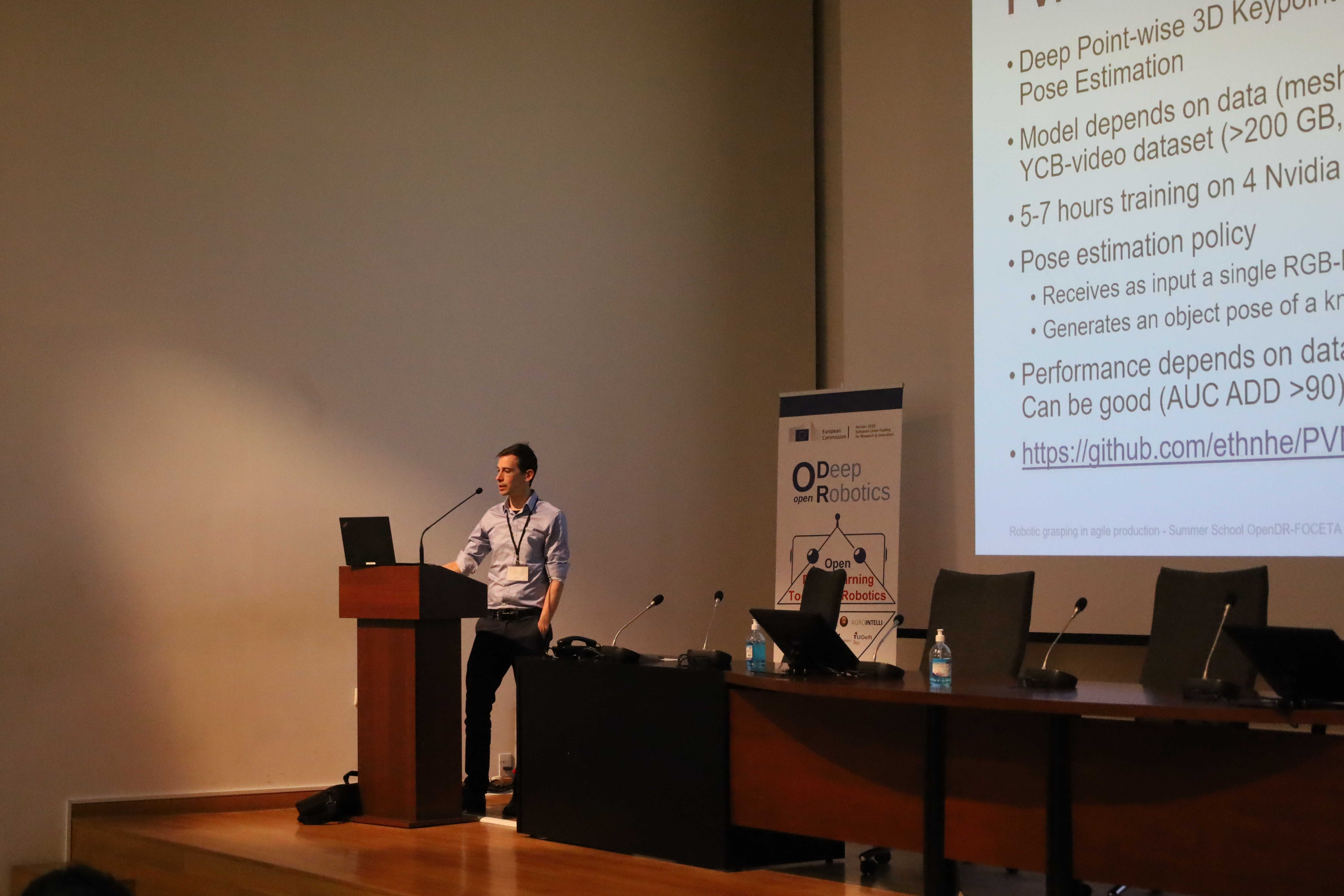

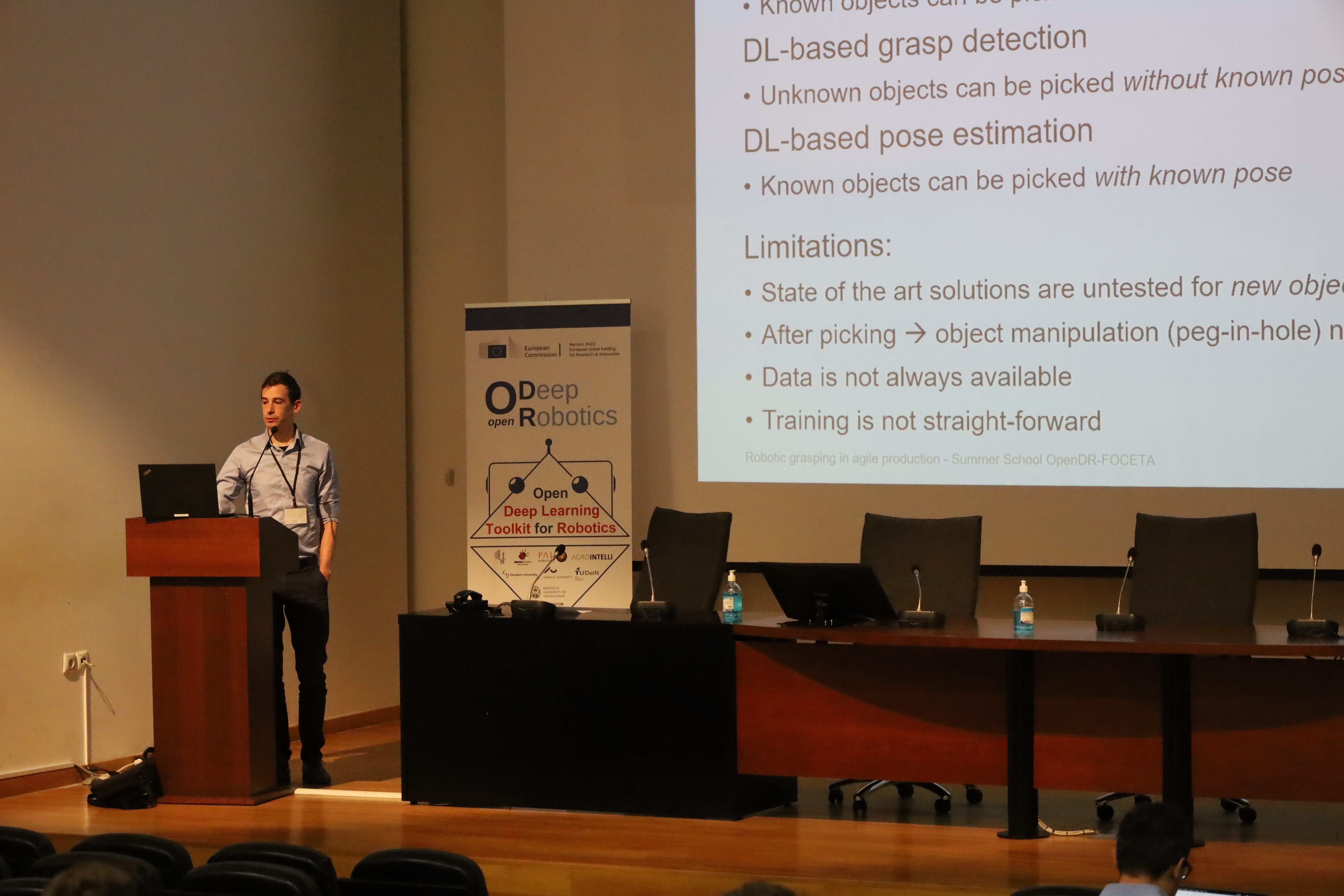
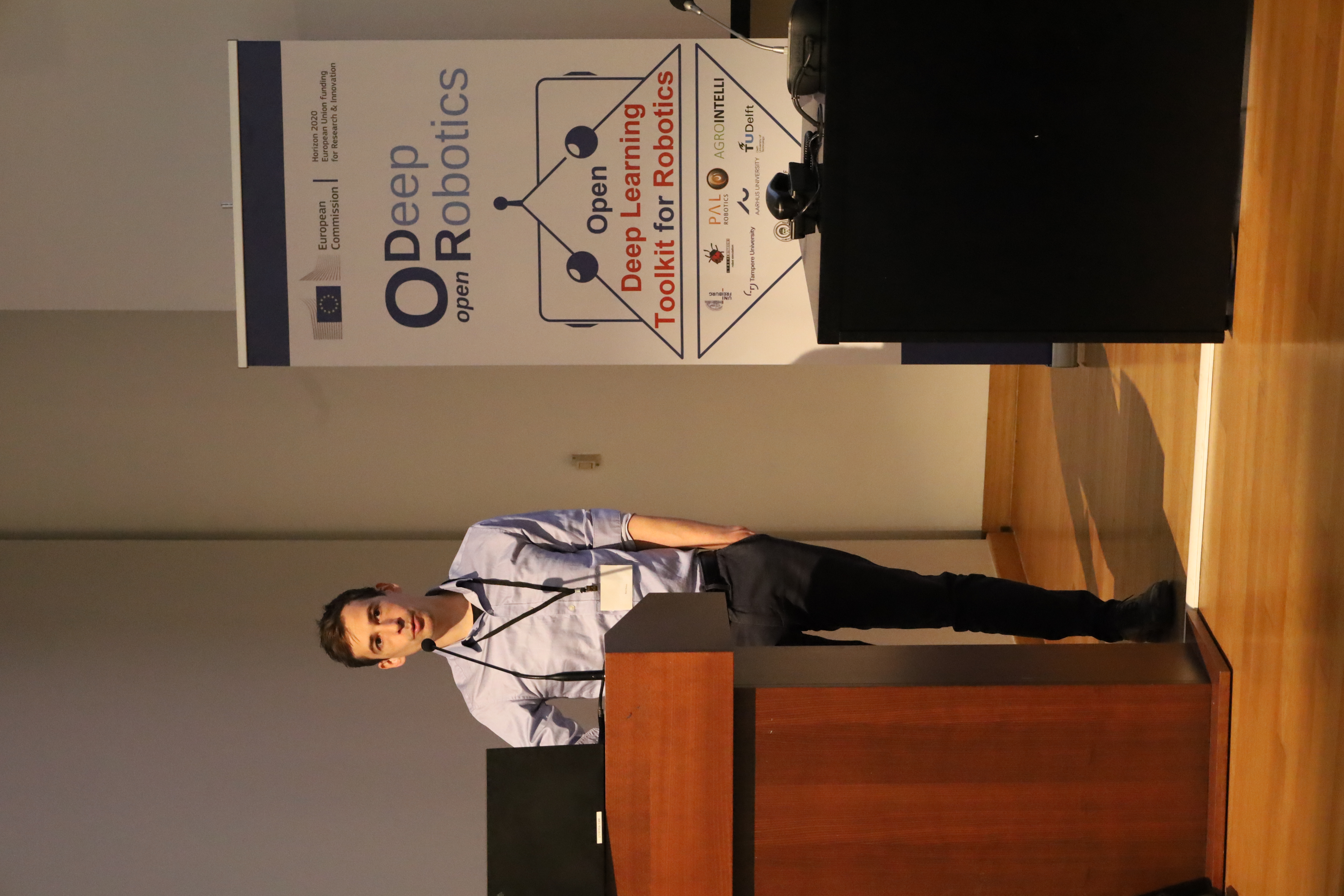
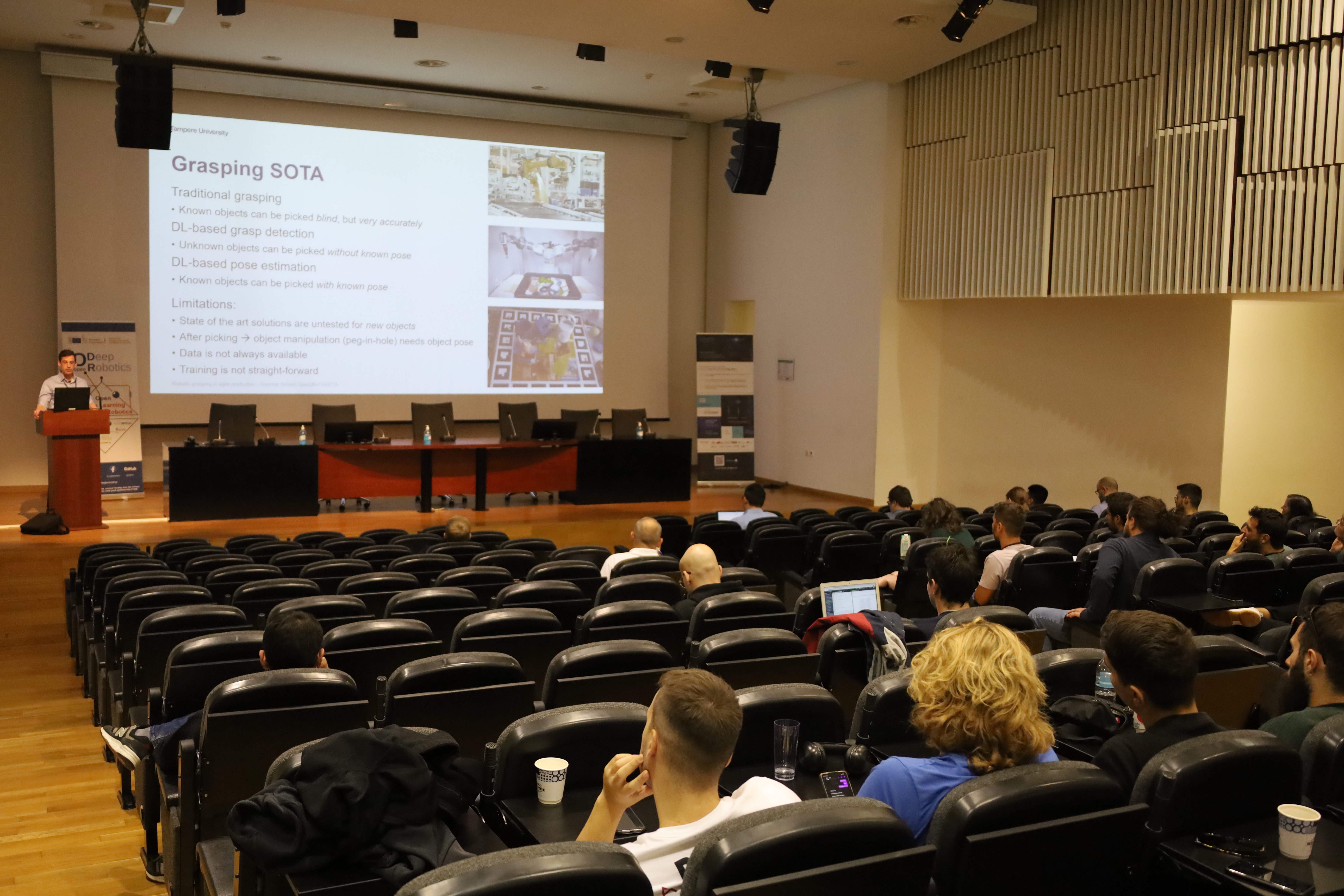
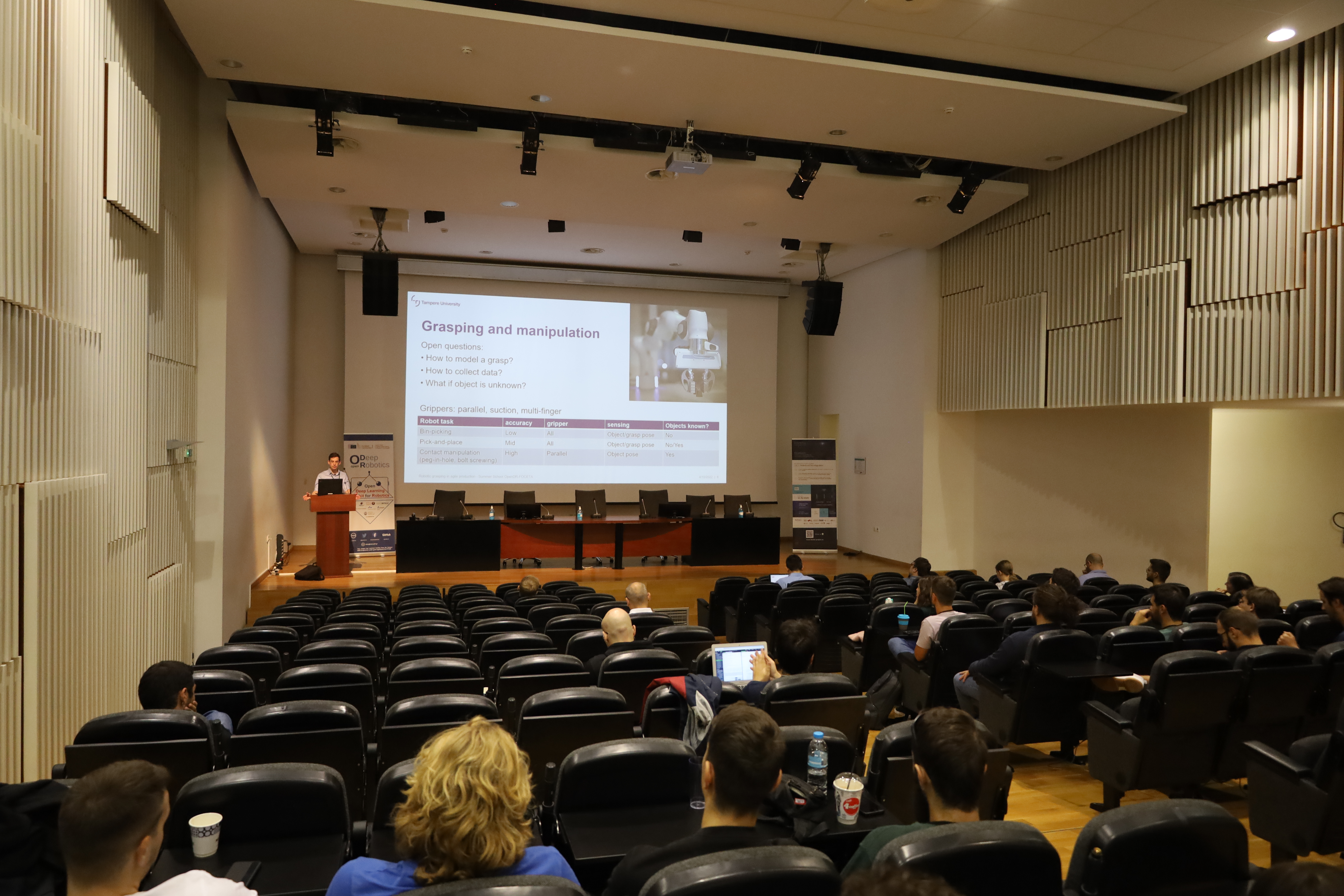
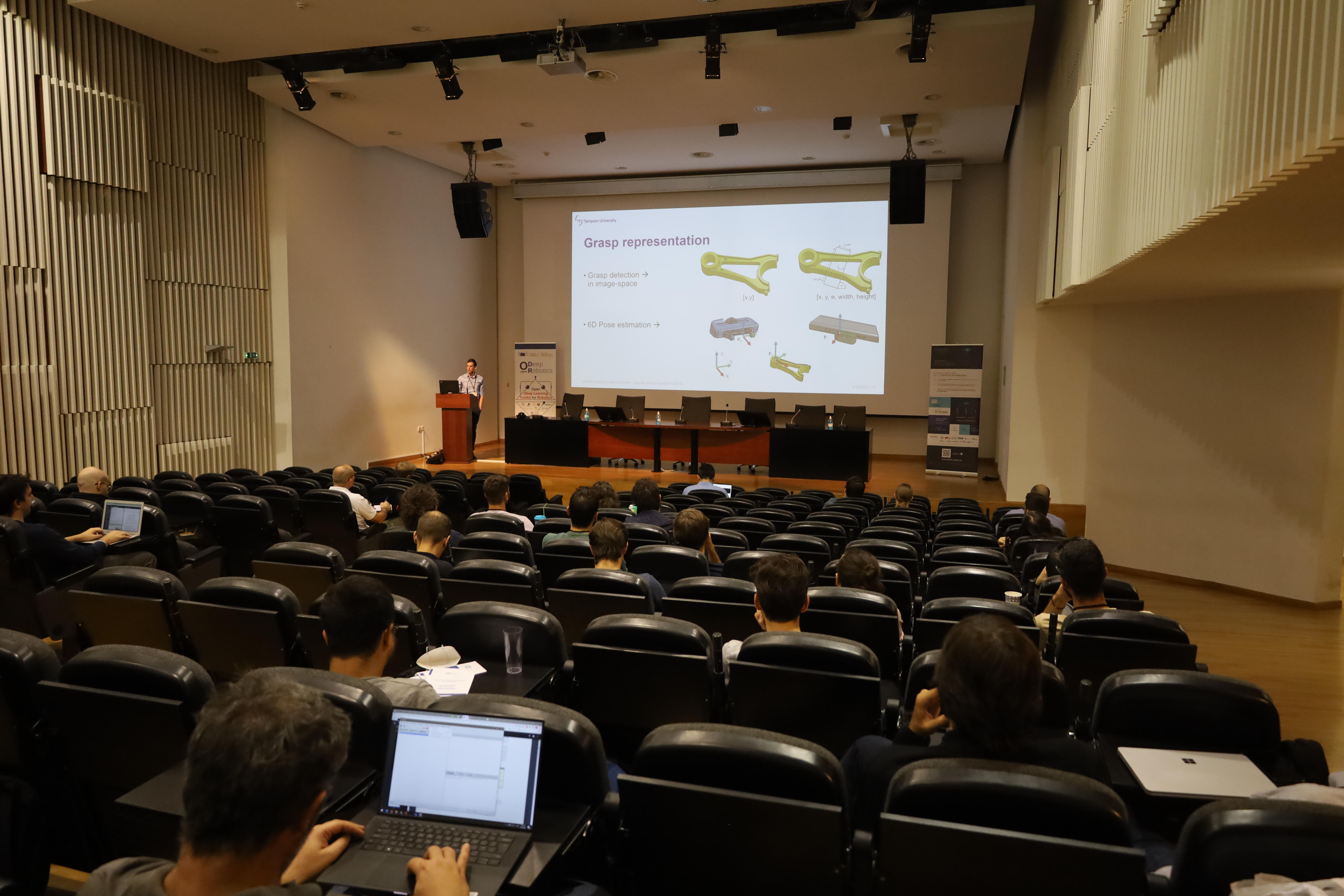
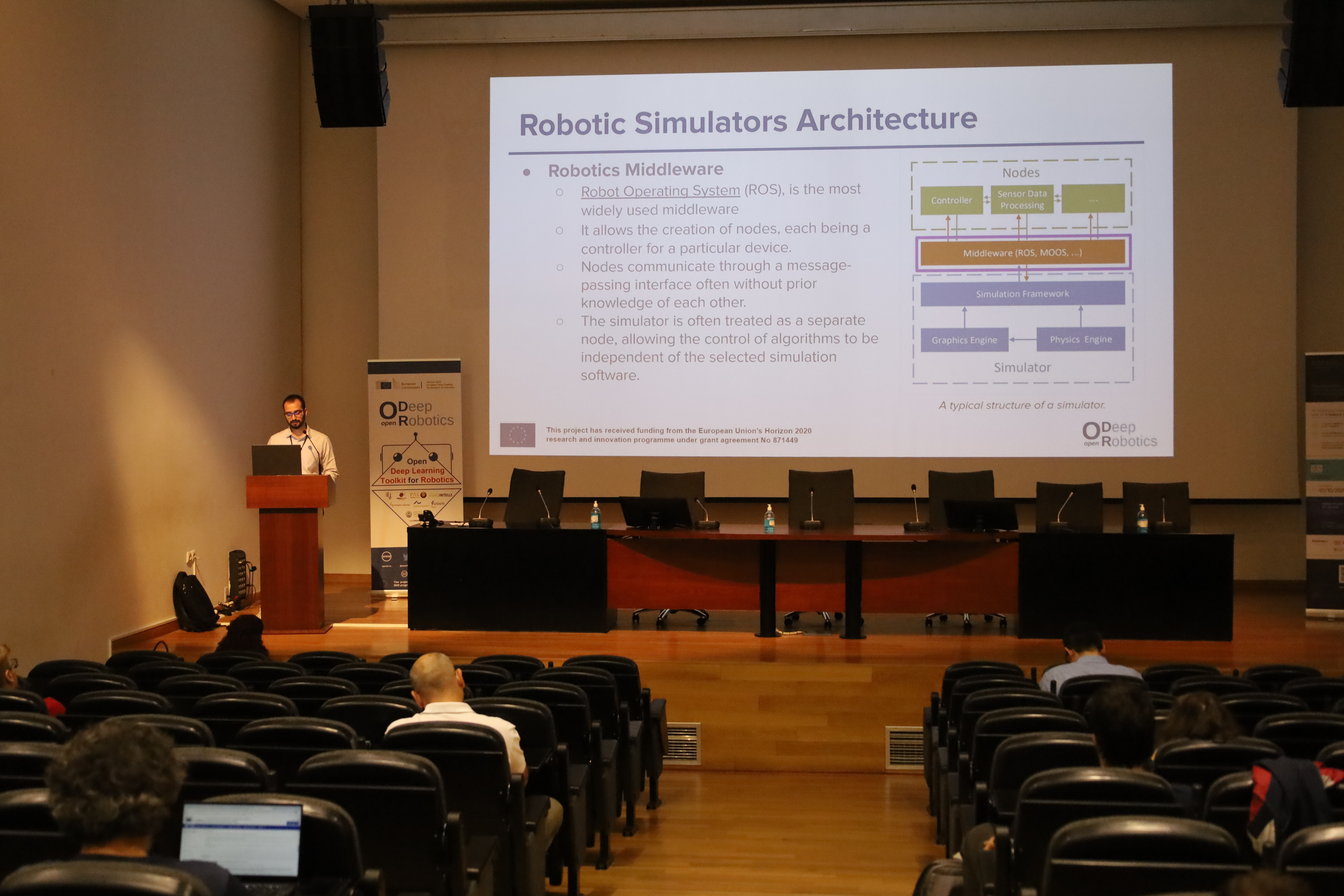
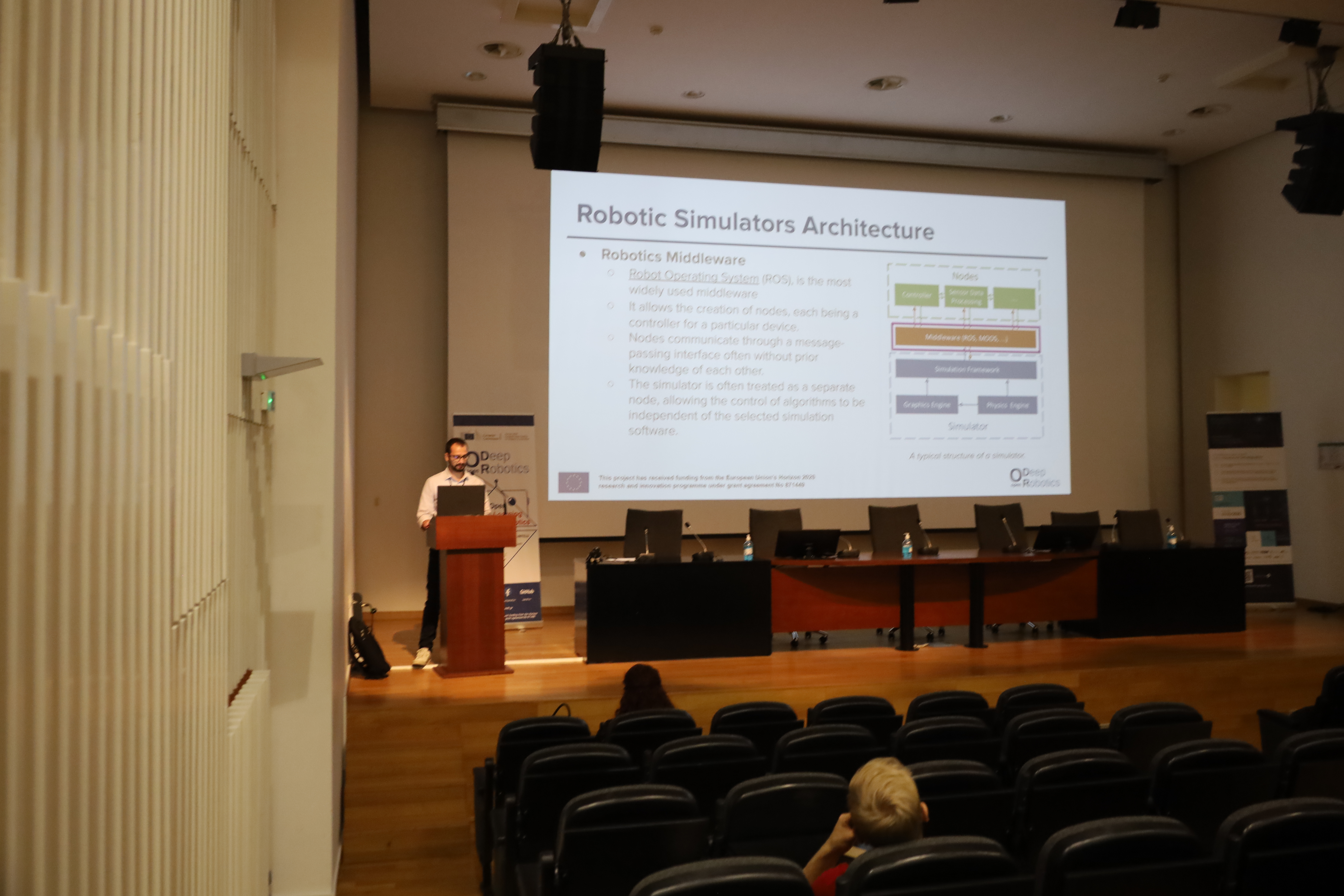
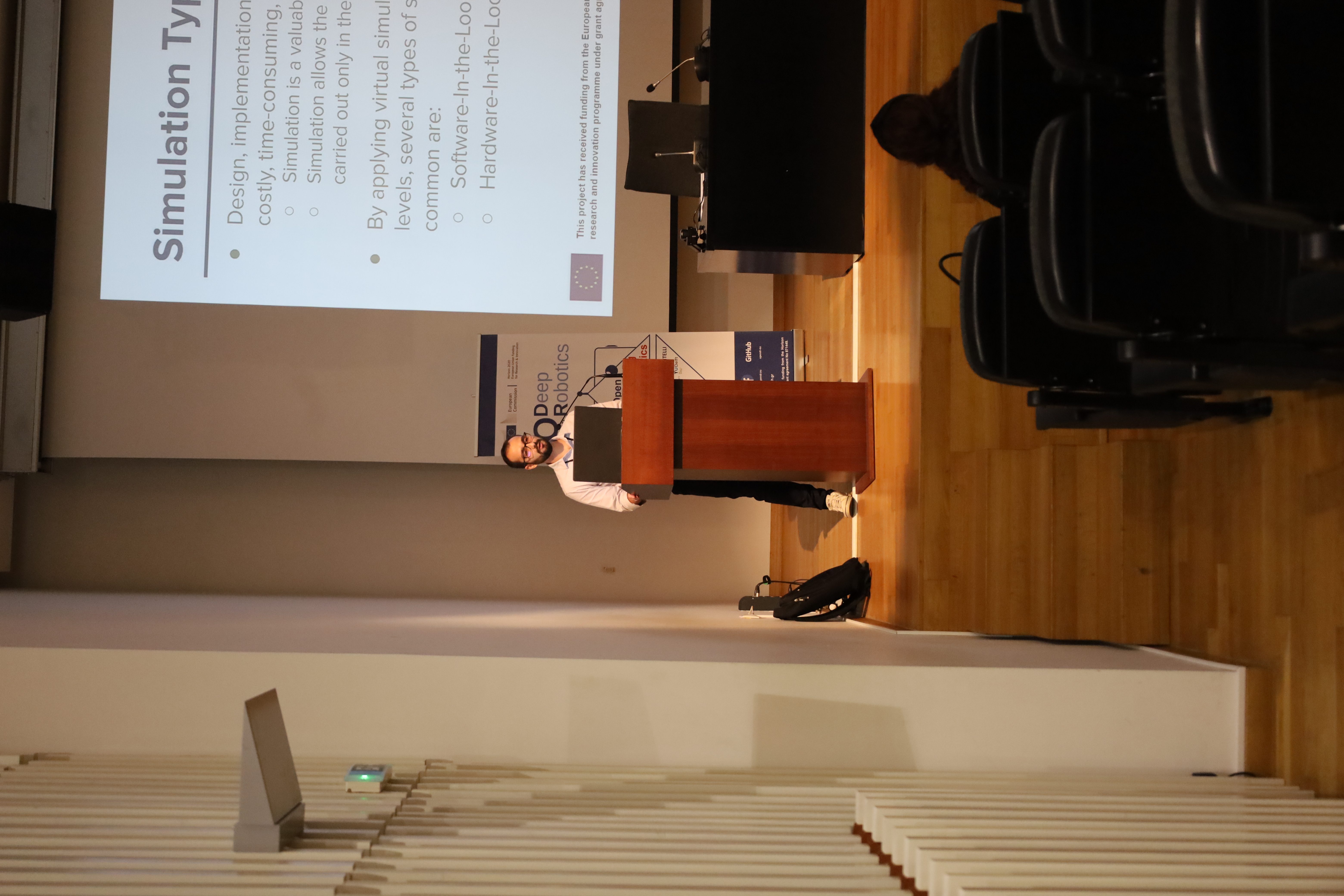
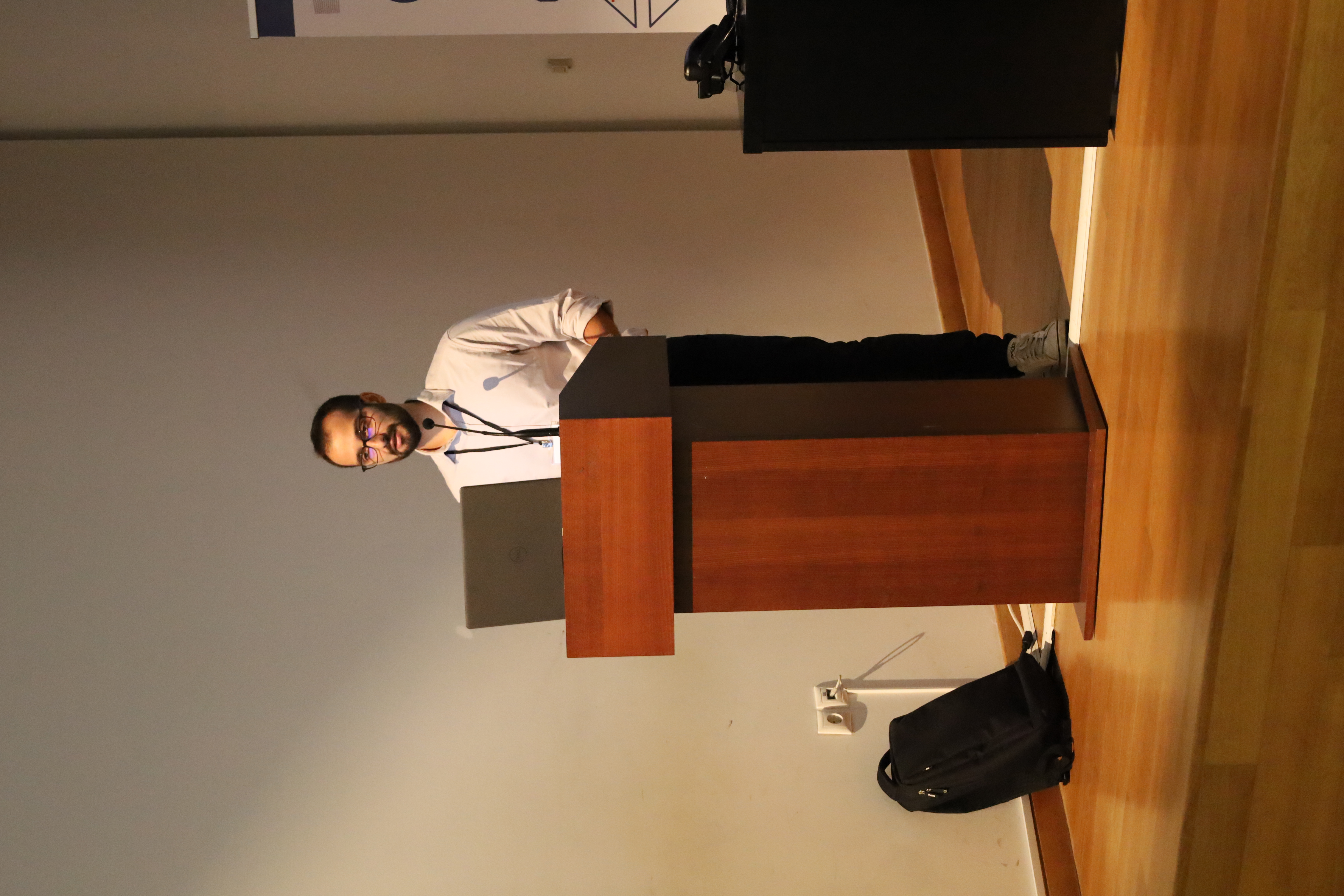
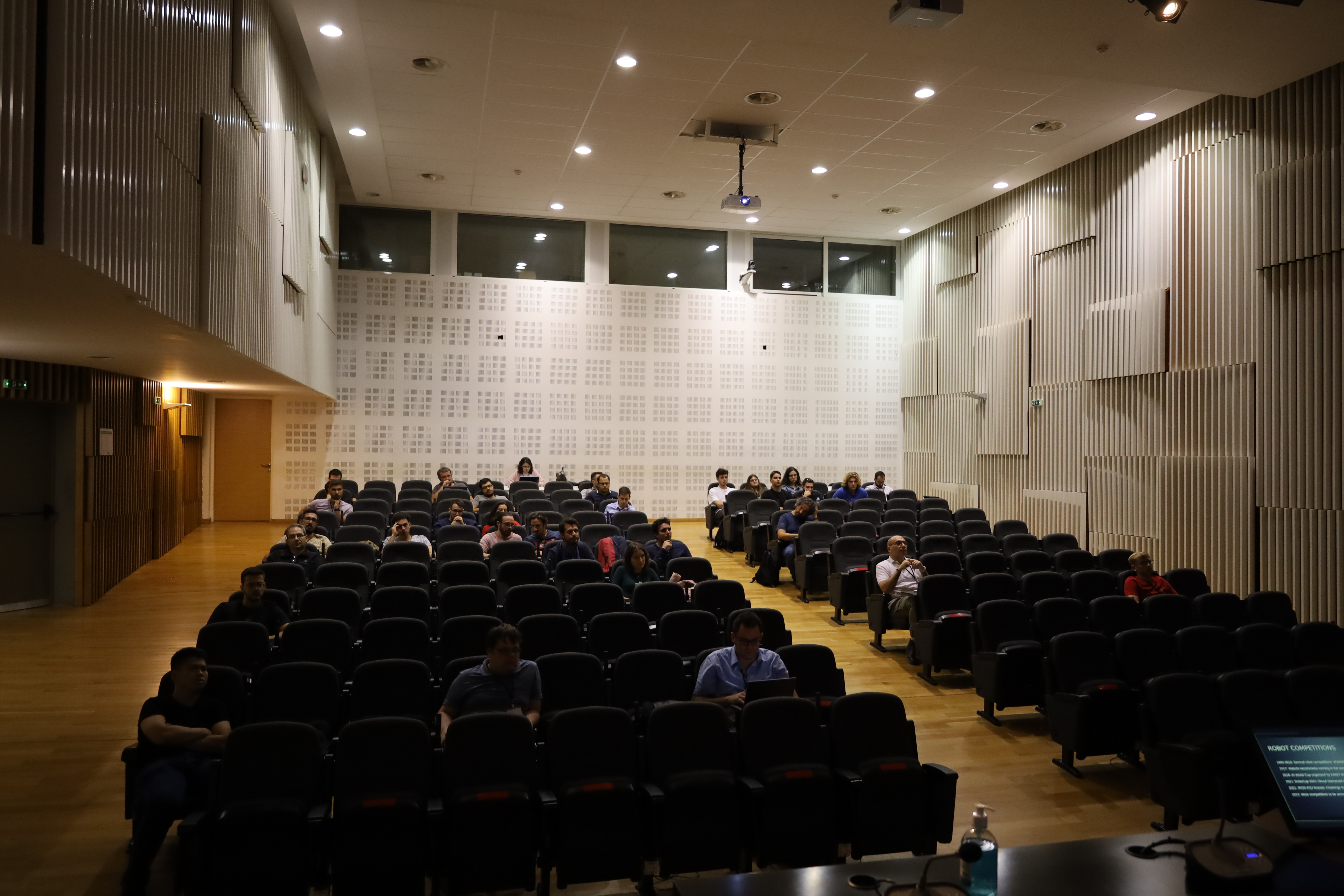
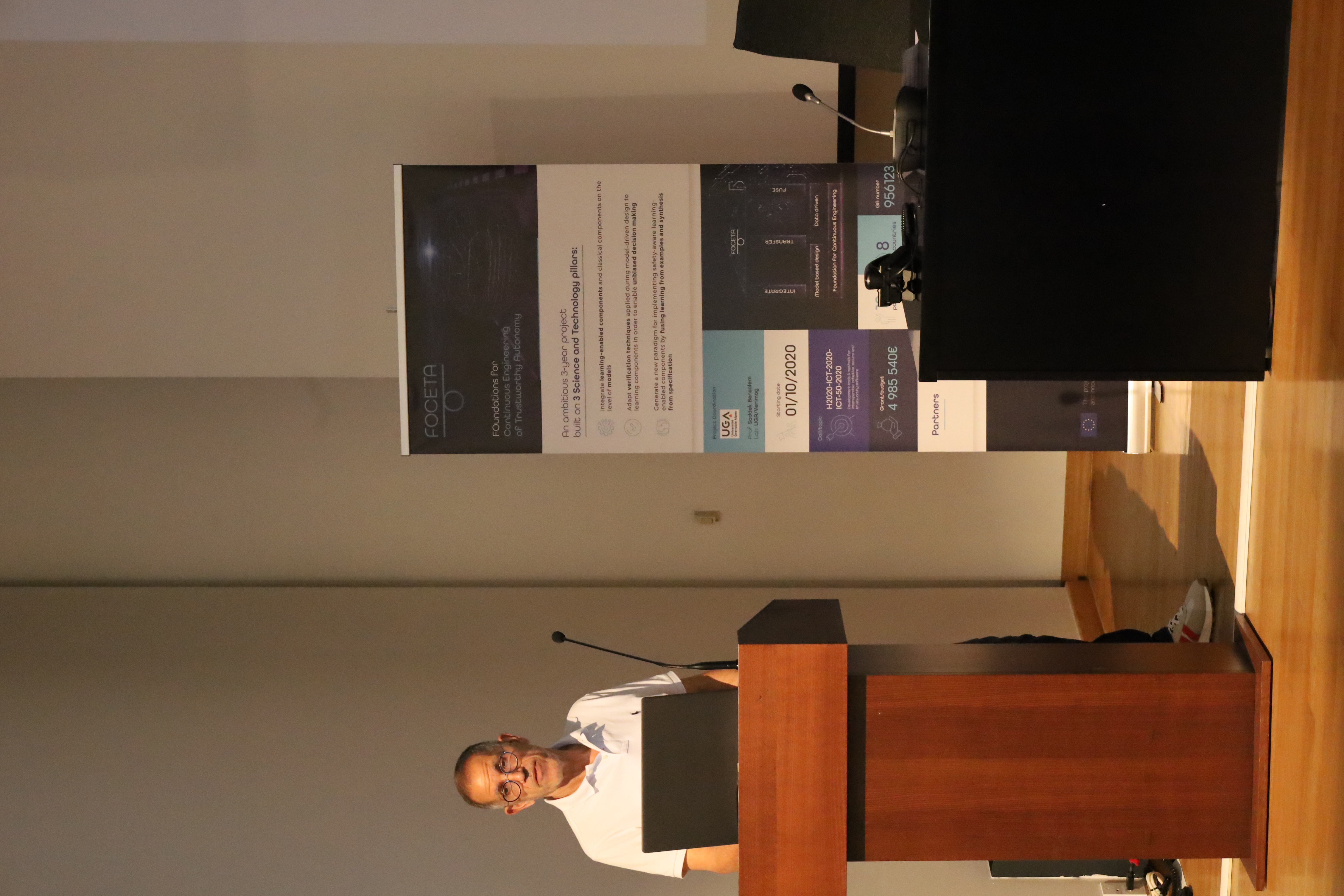
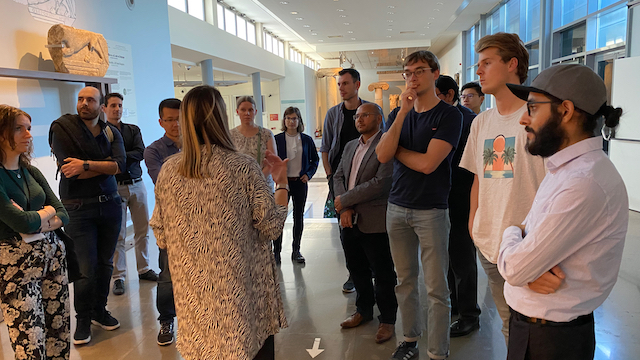
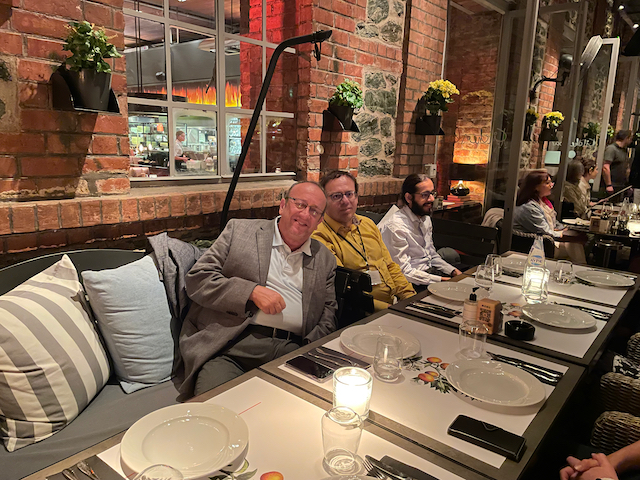
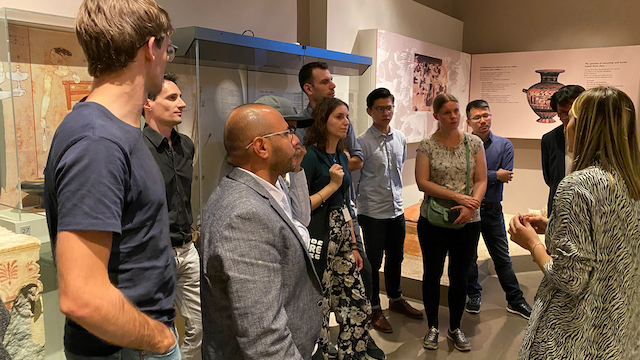
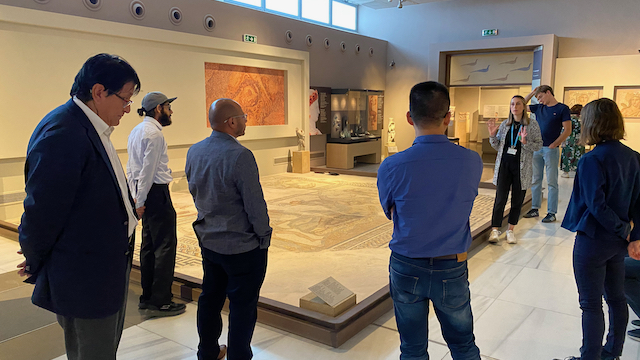
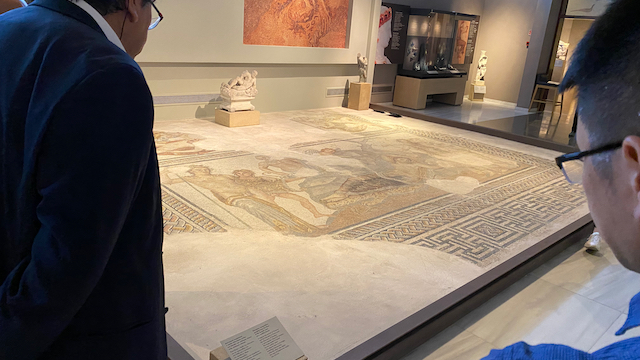
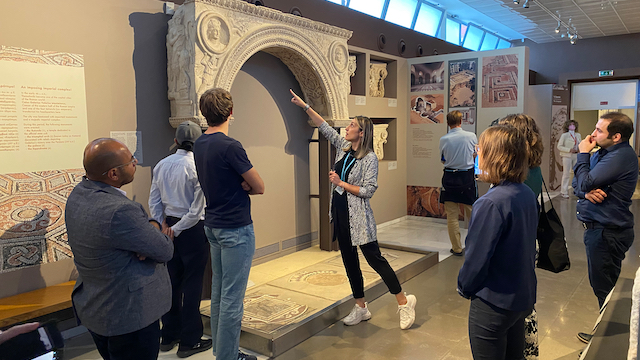
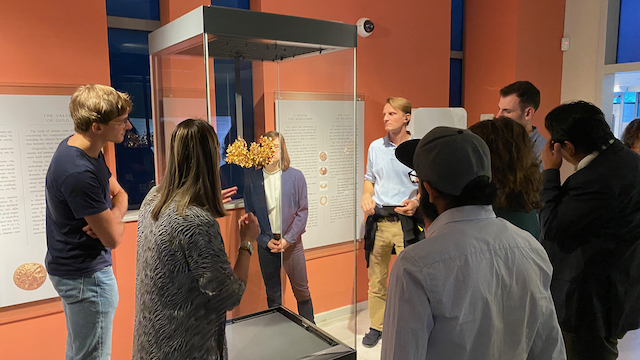
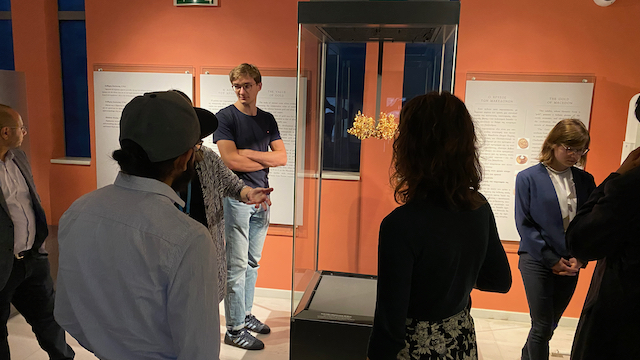
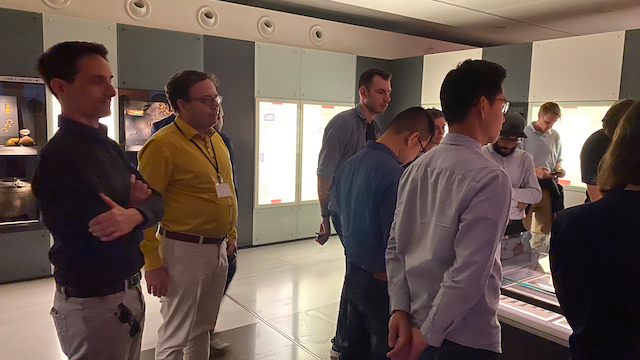
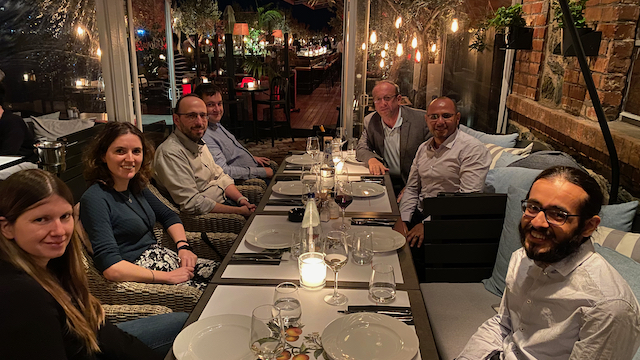
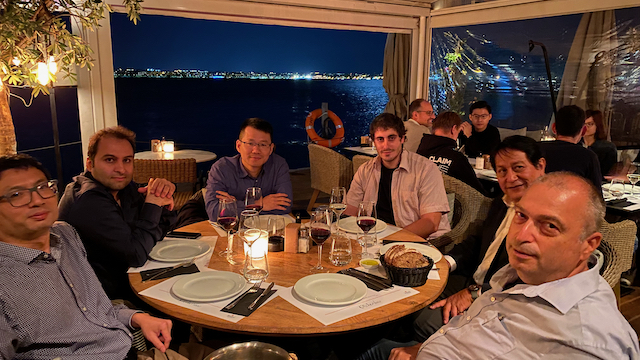
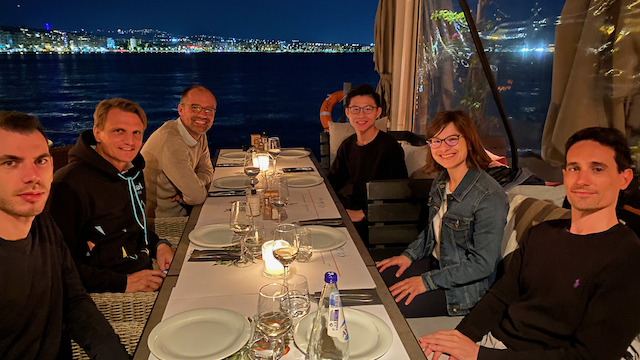
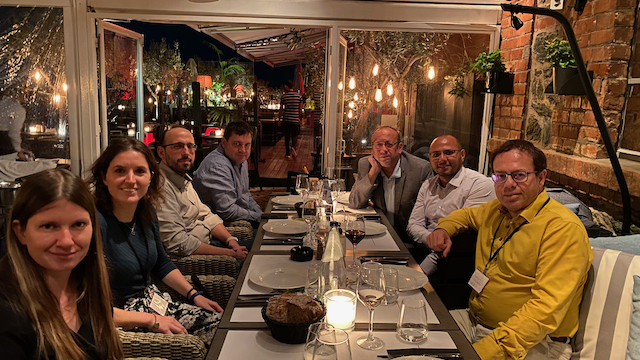
Oct, 5
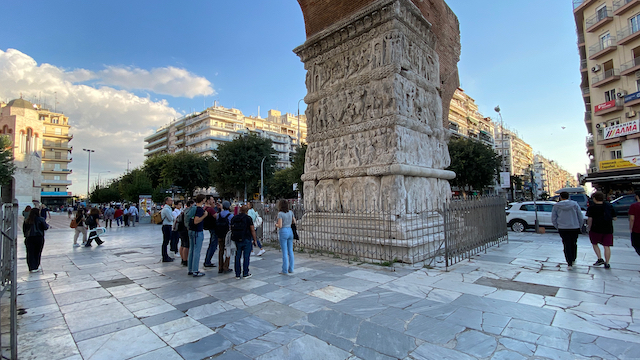
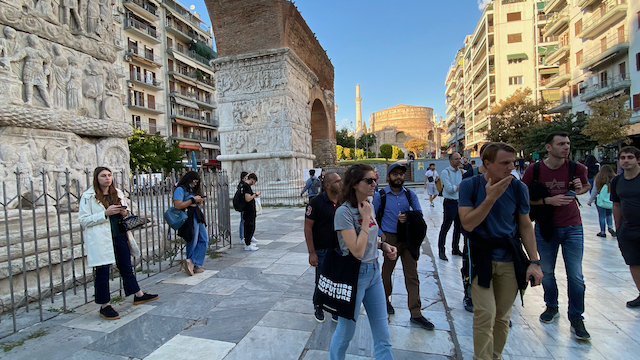
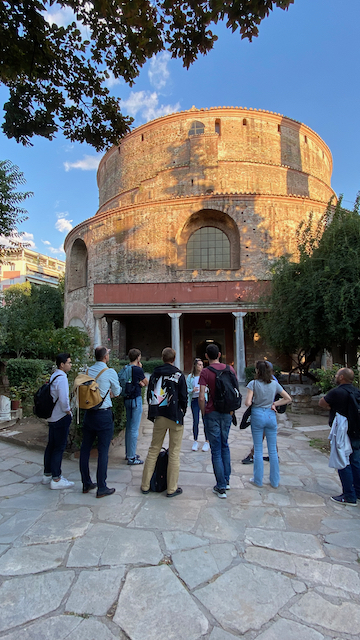
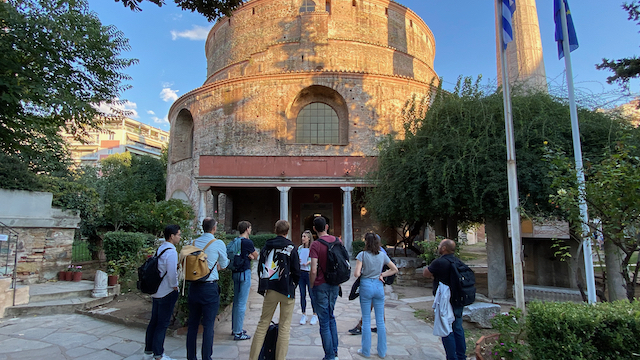
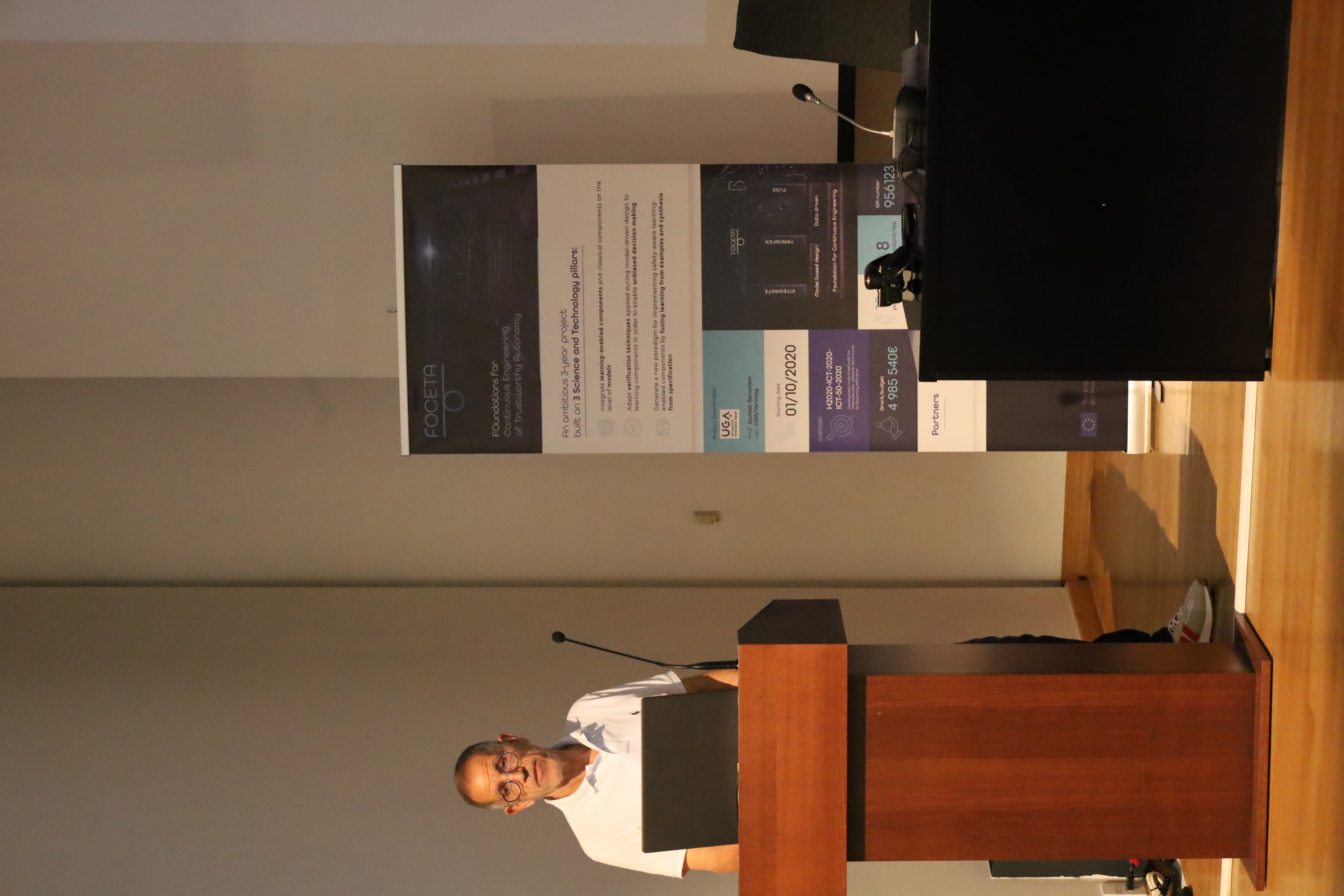
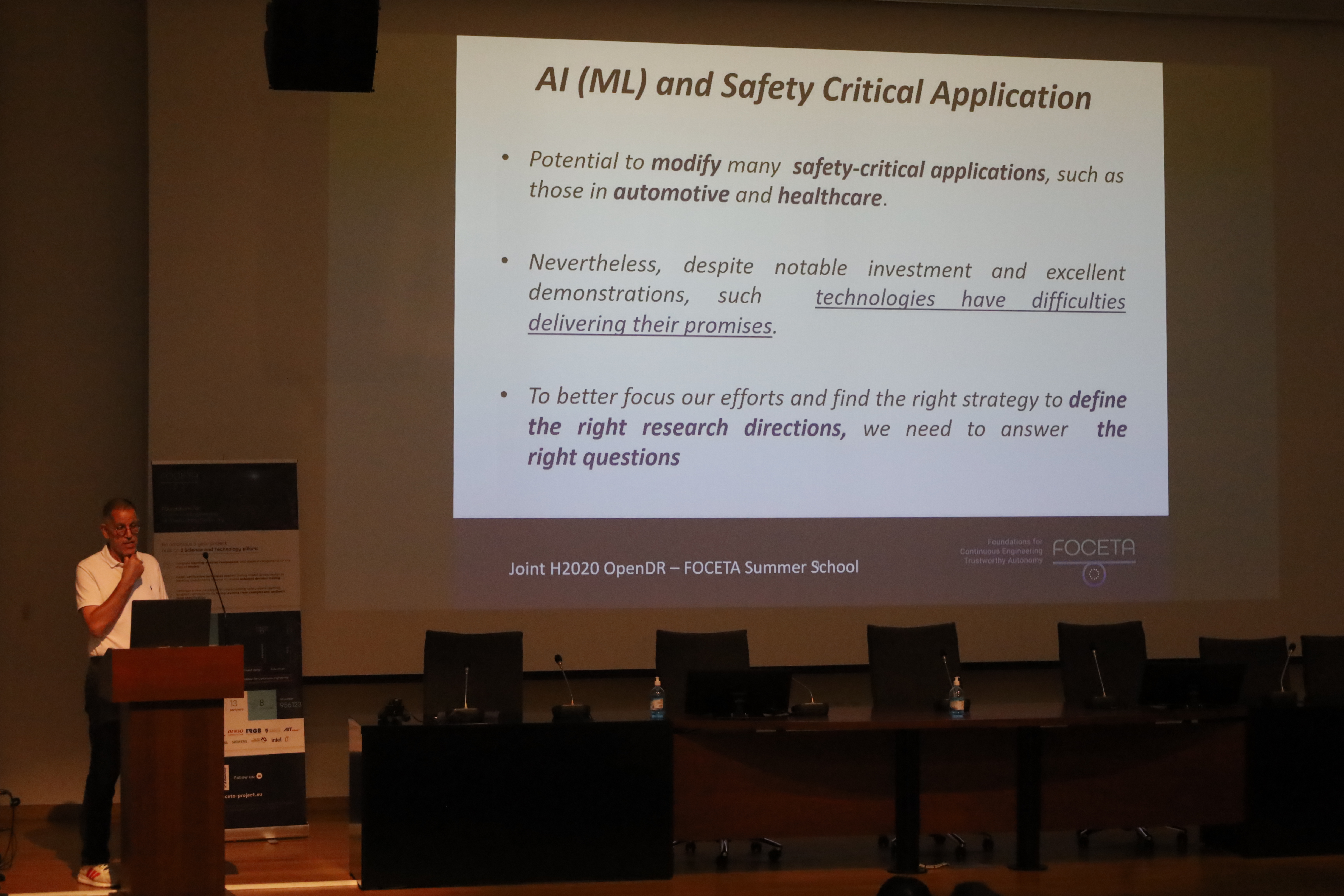
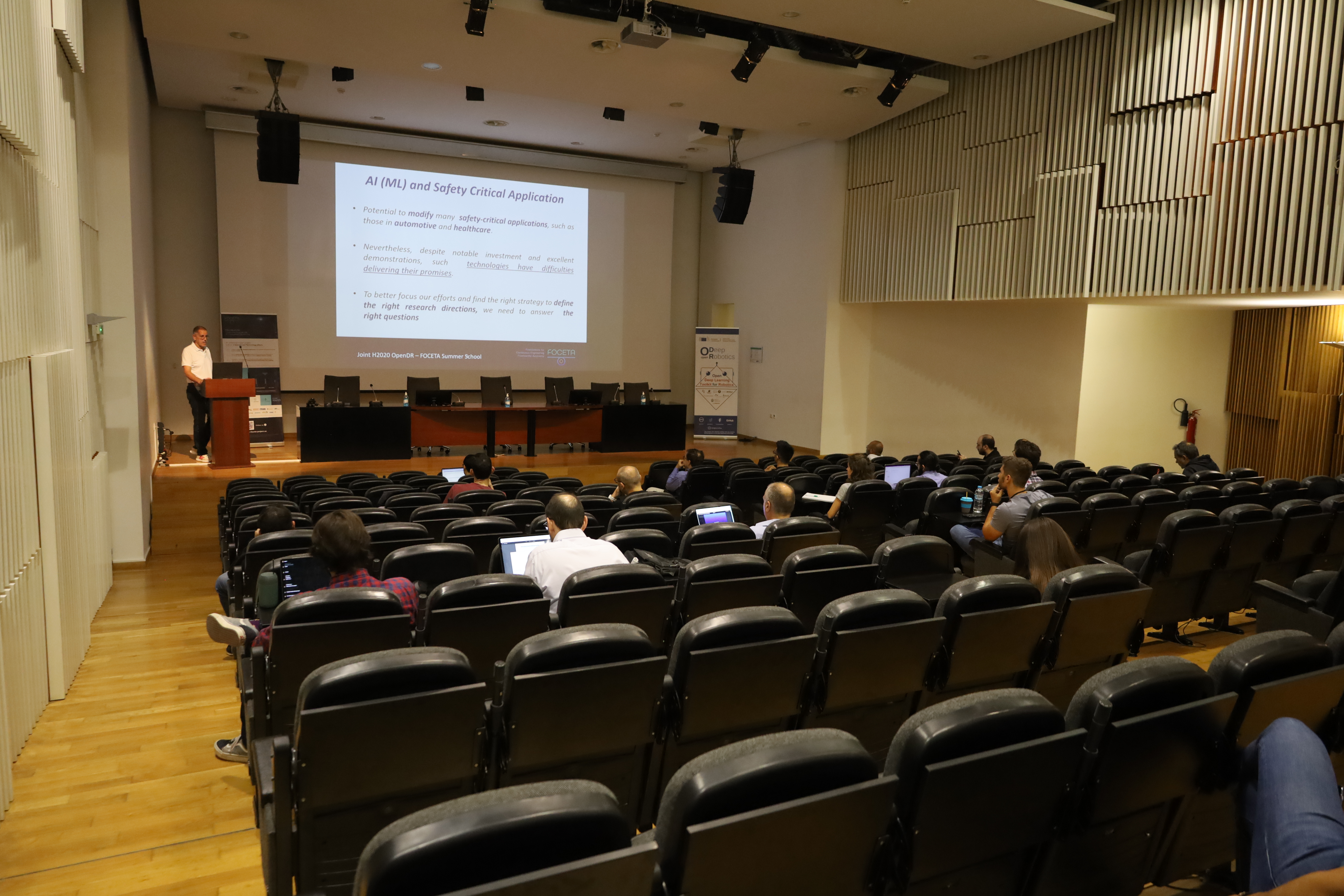
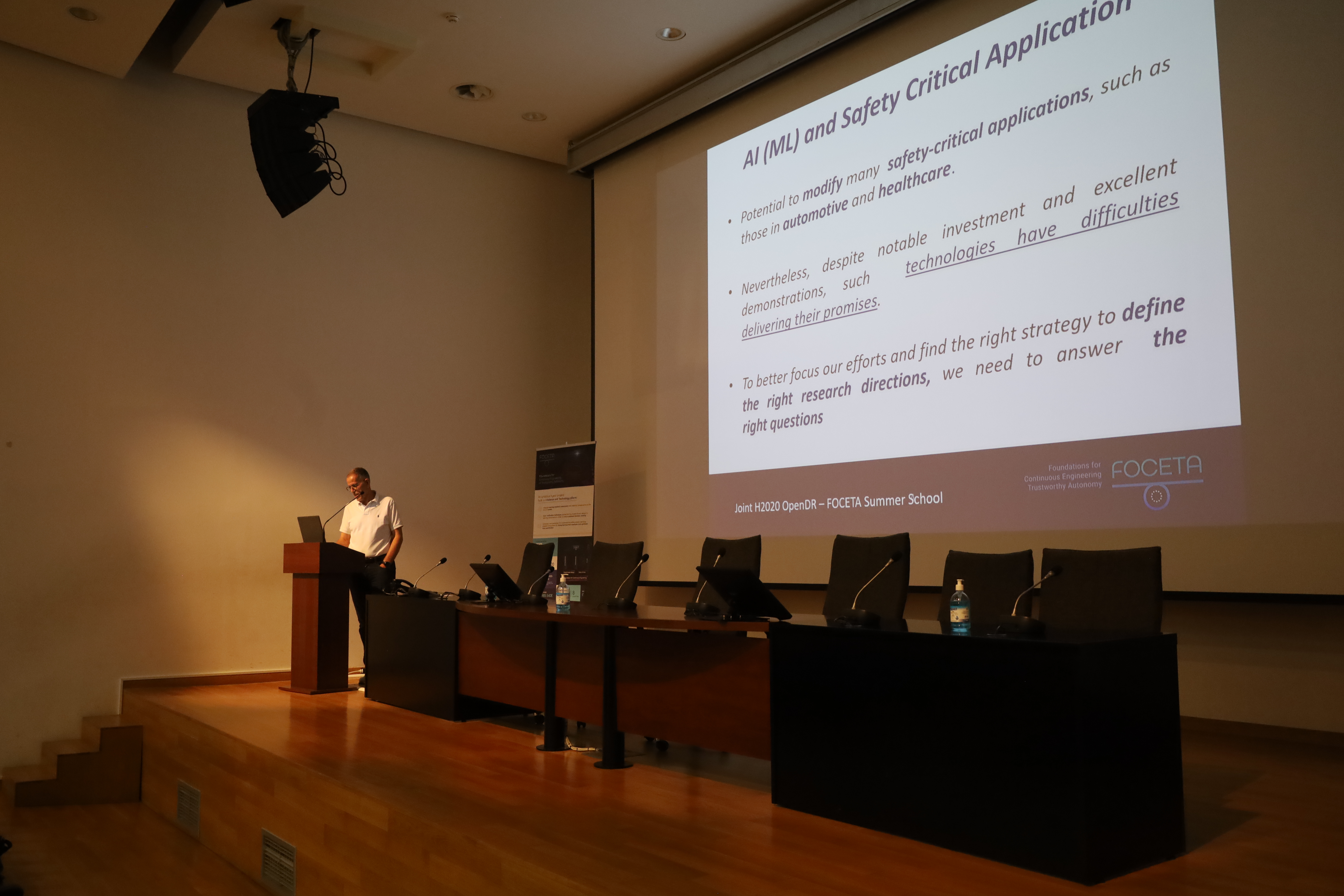
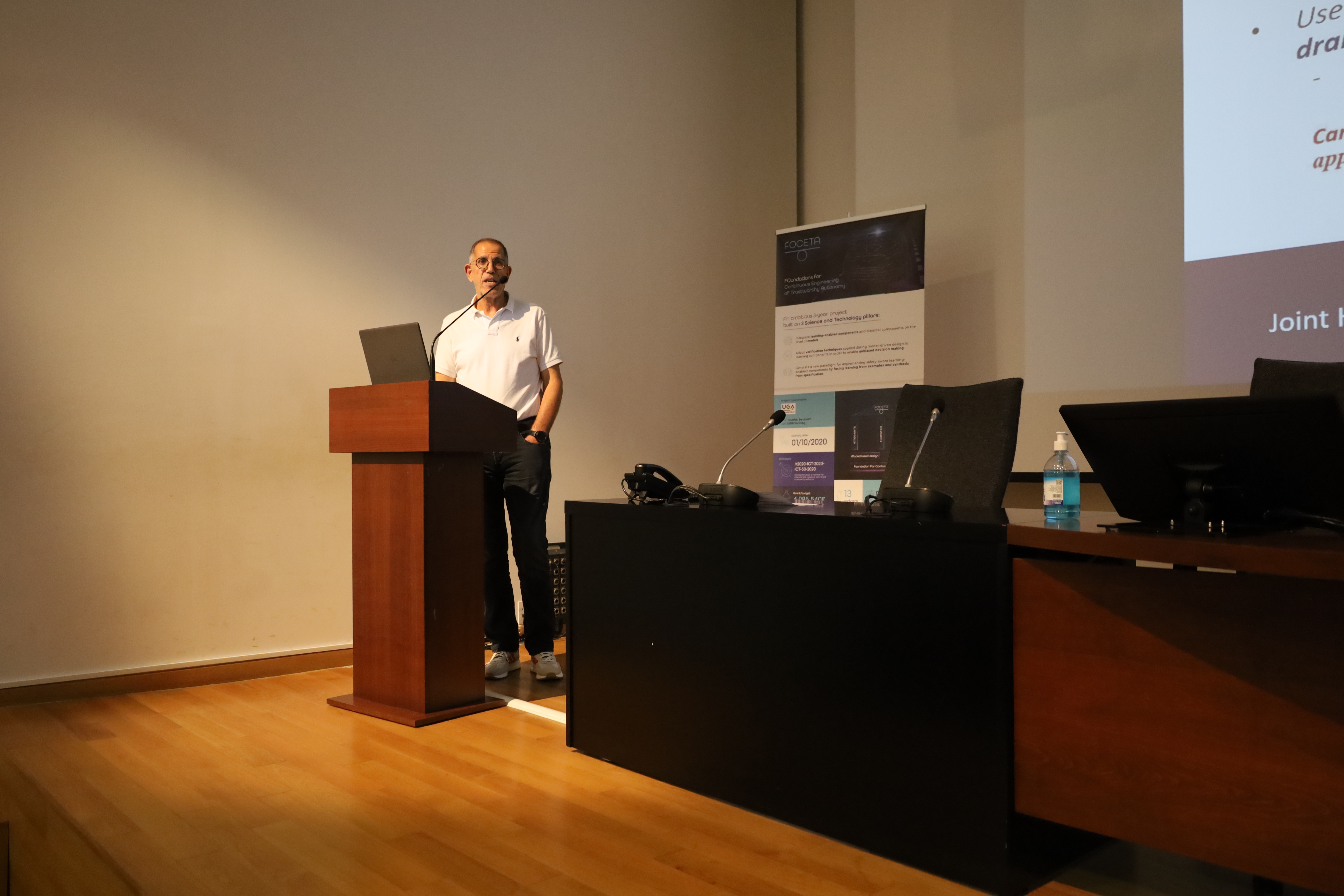
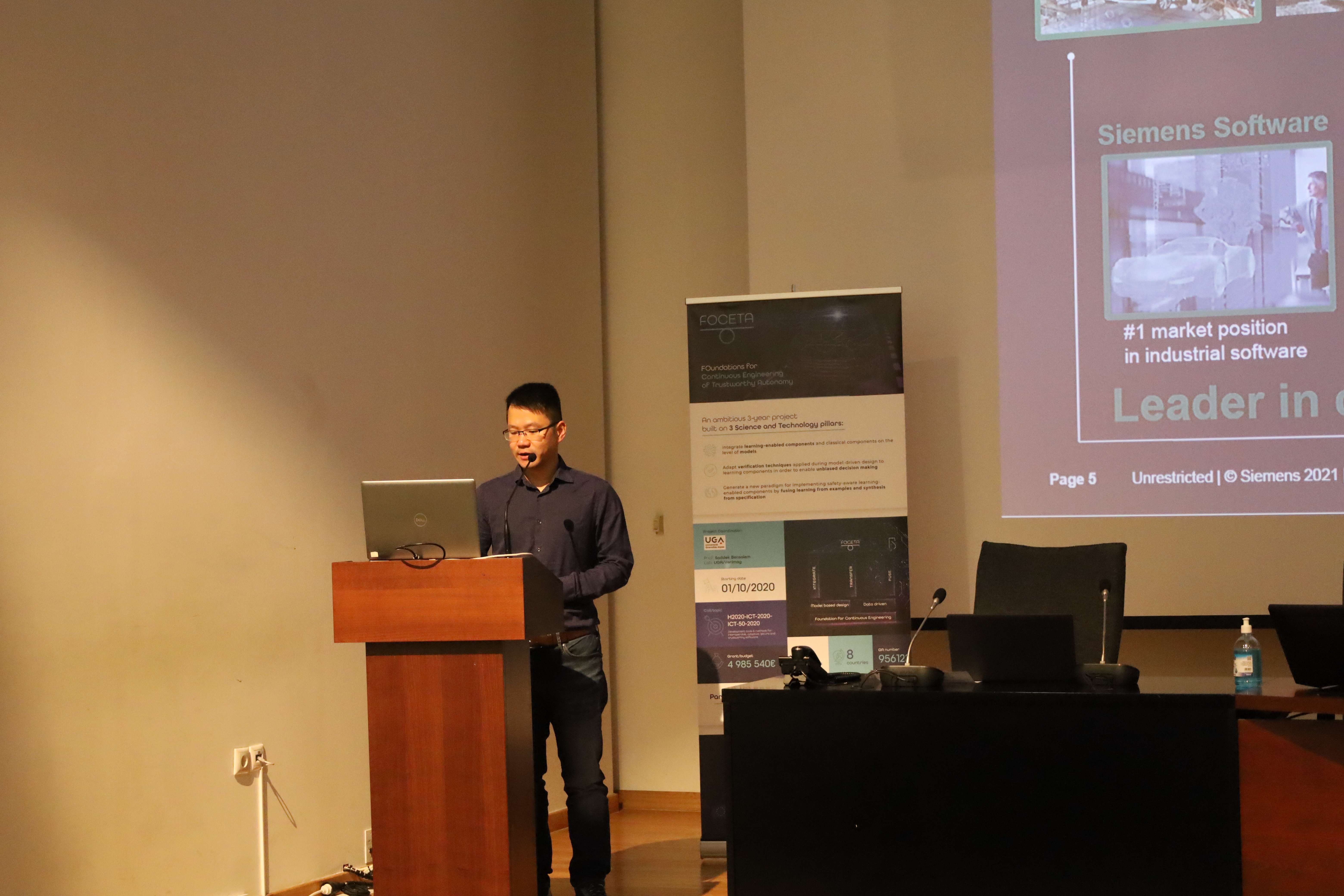
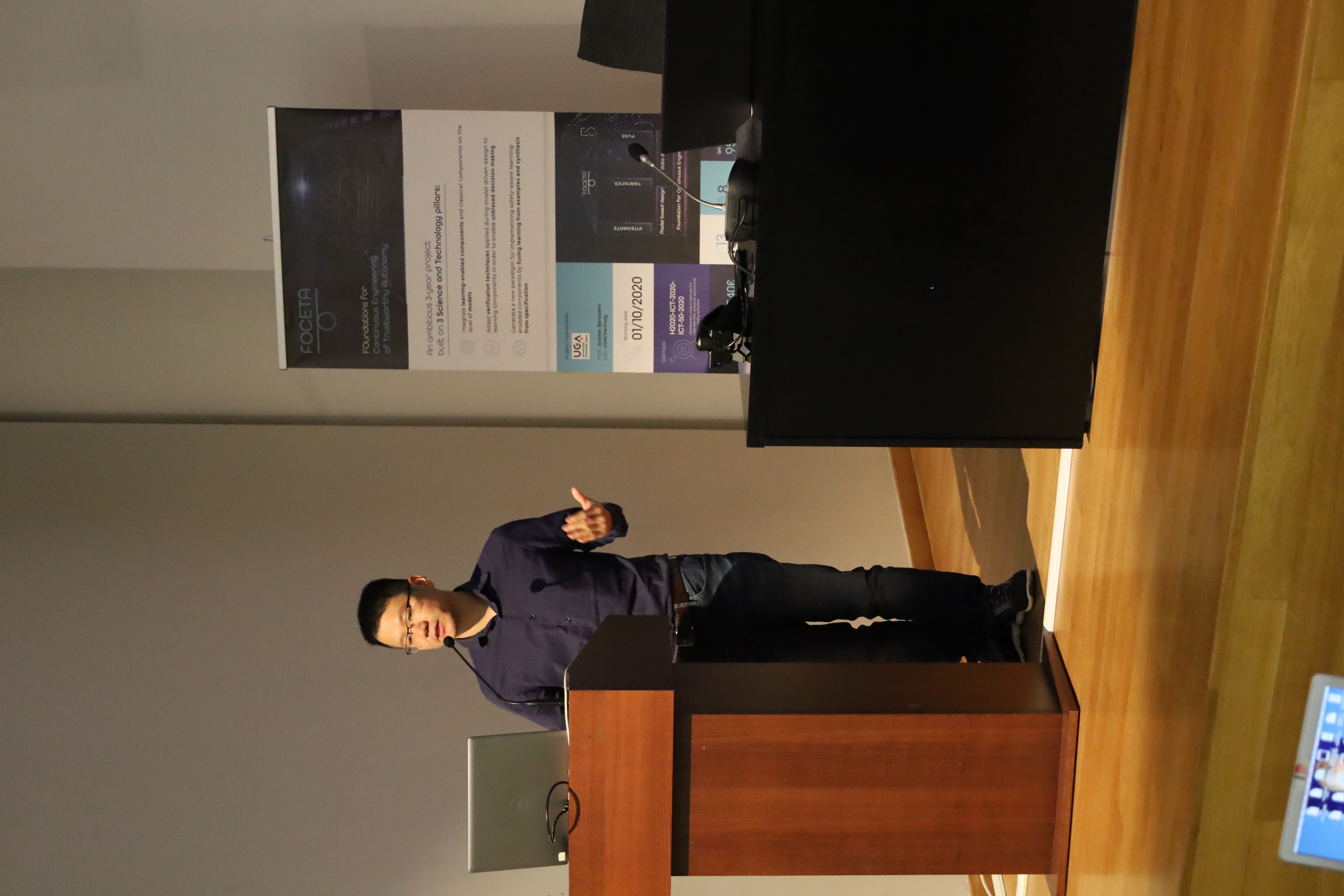
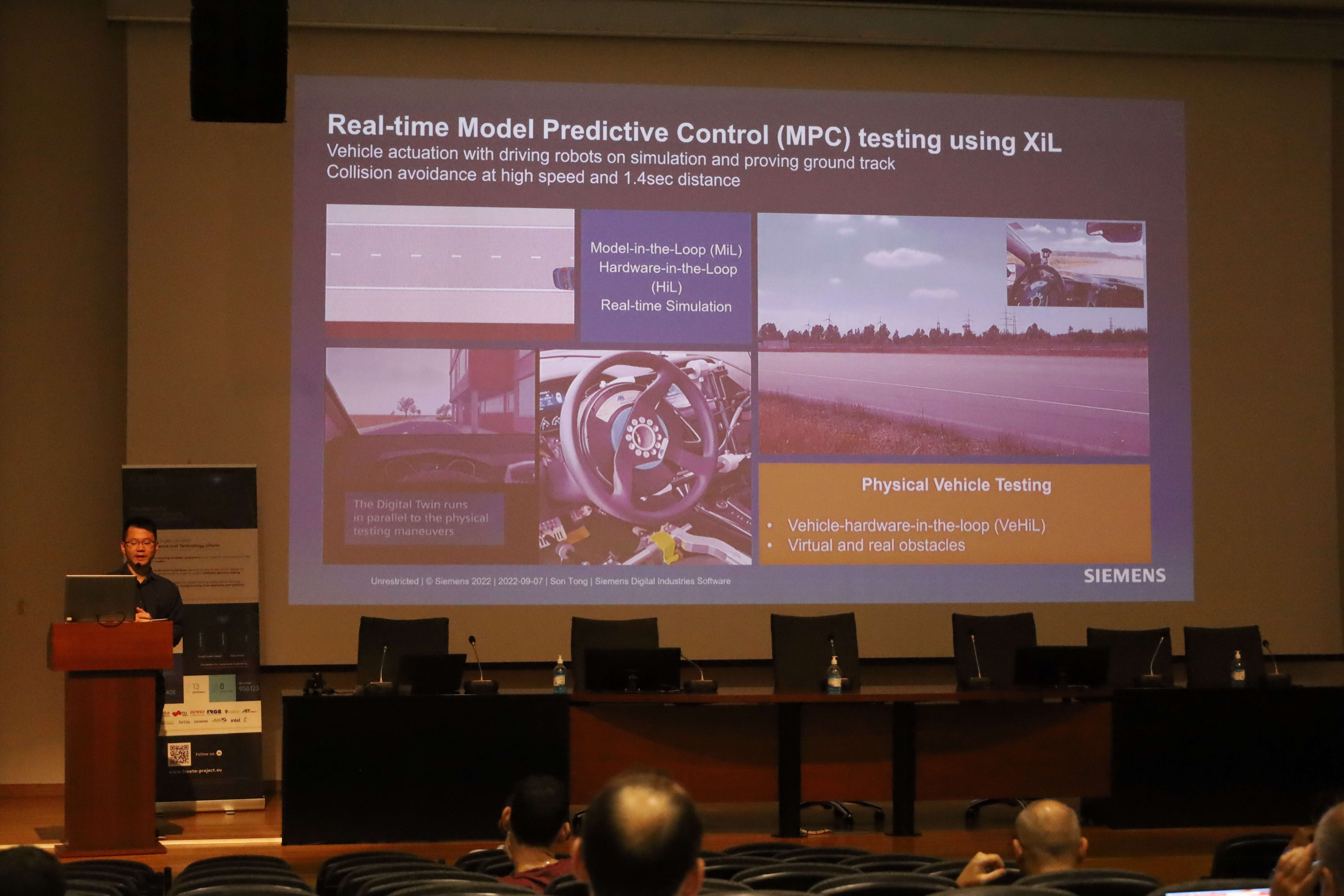

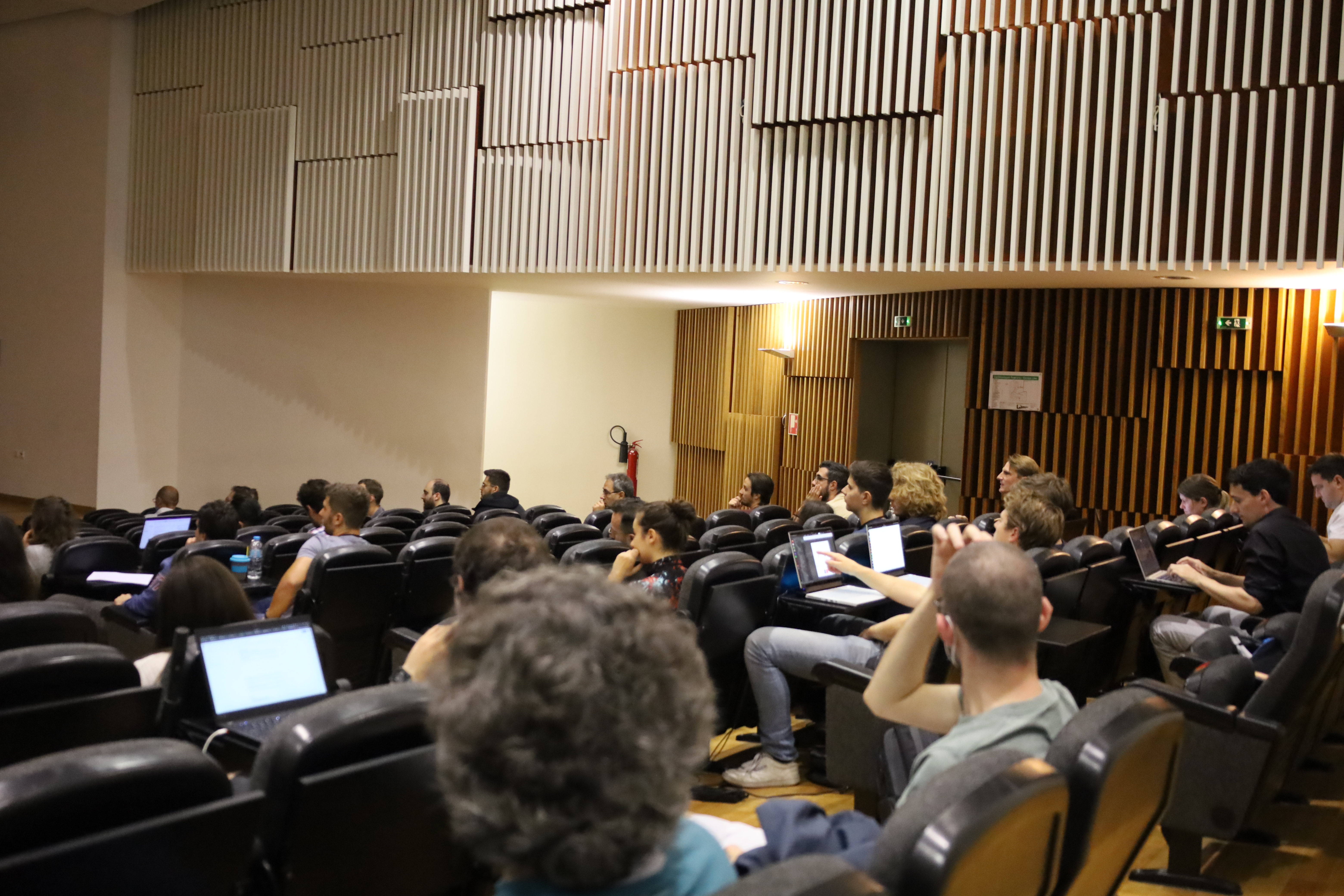
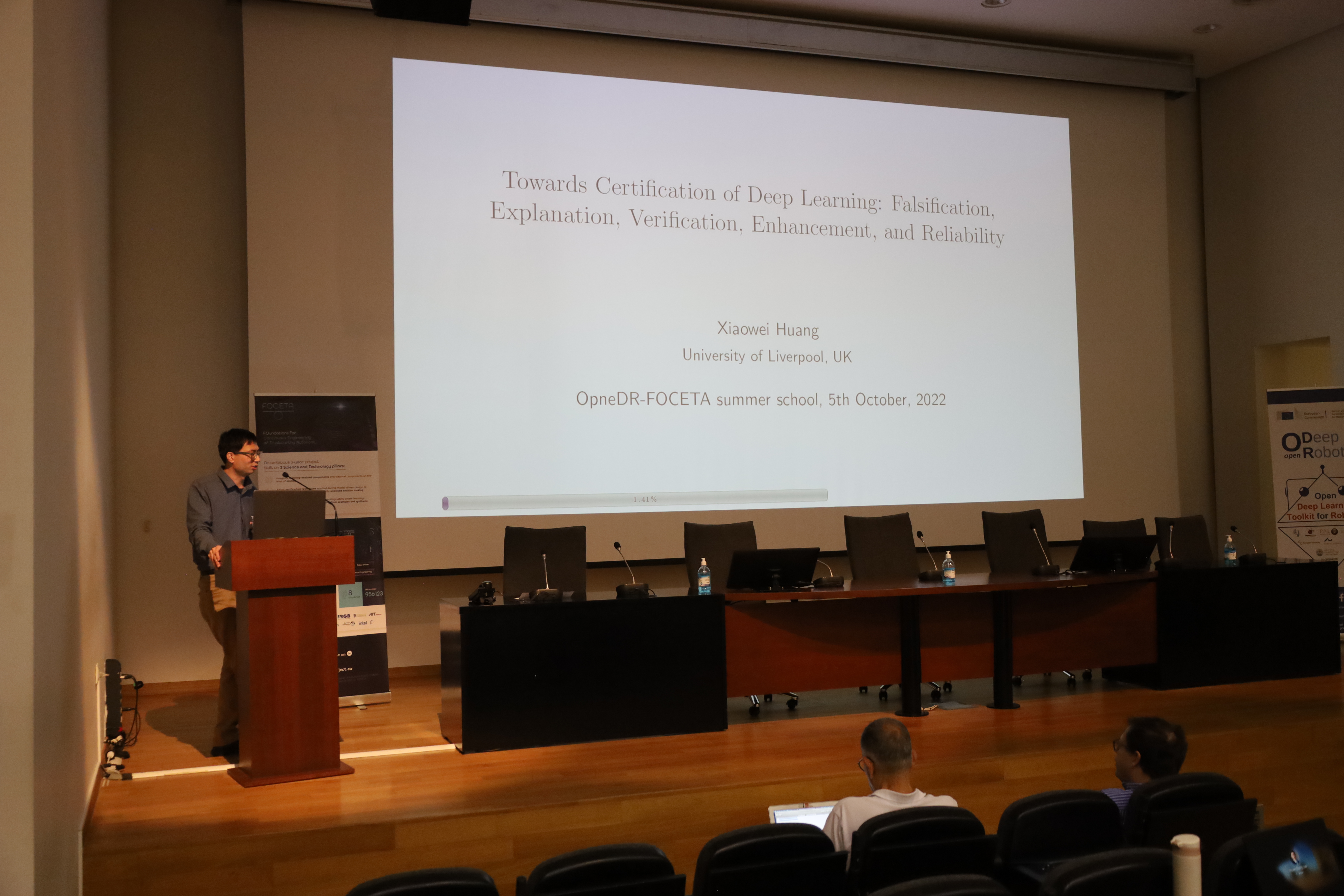
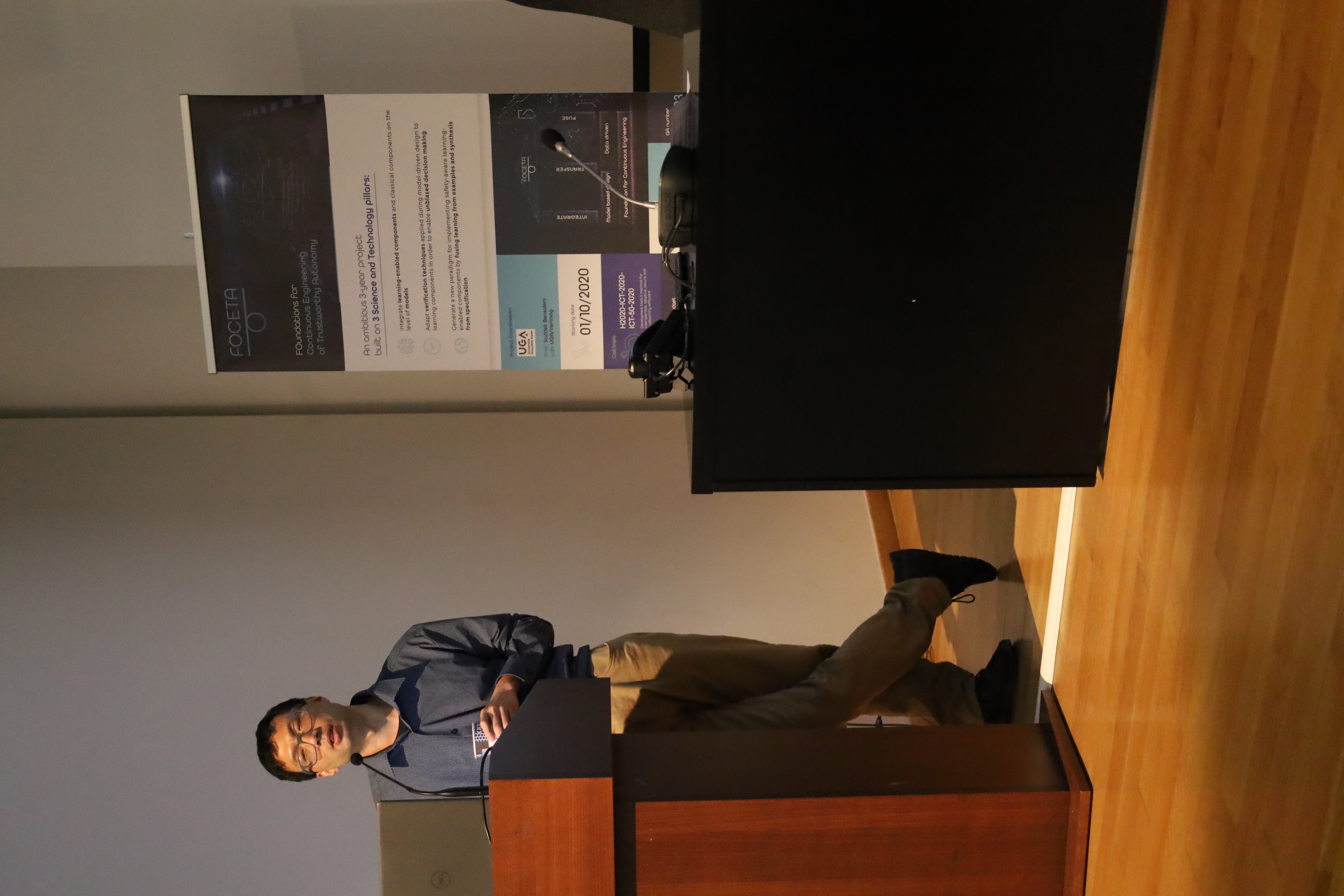
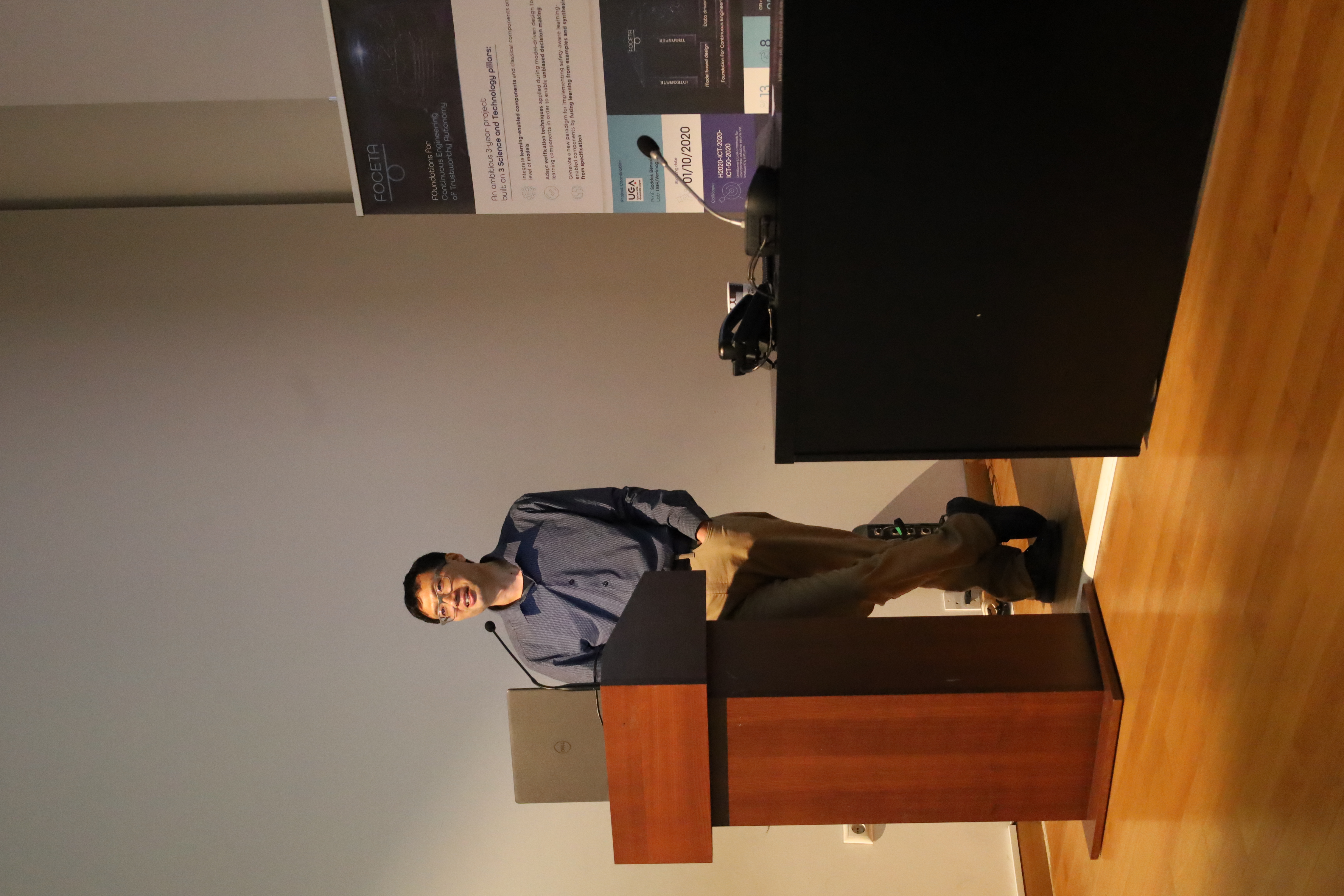
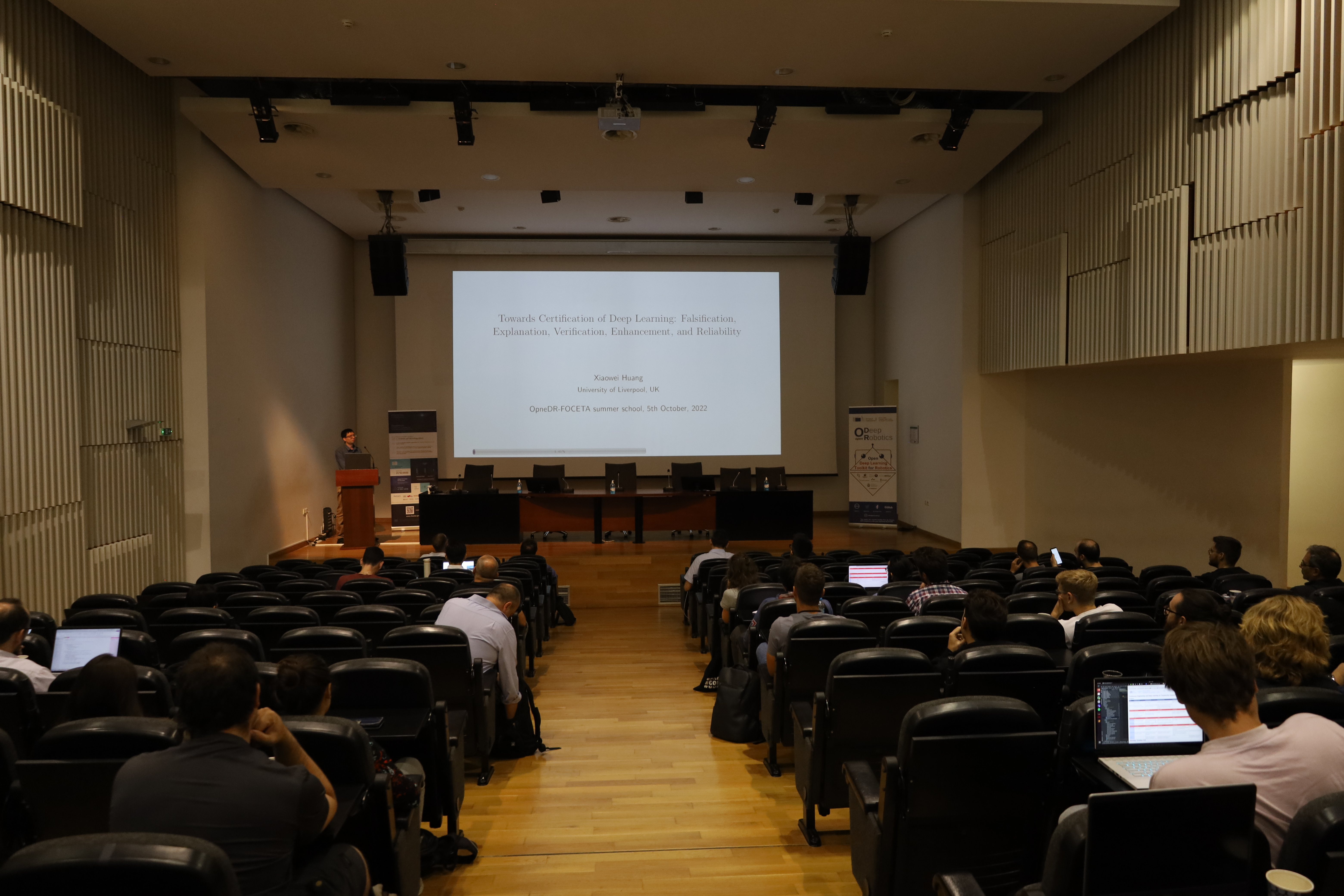
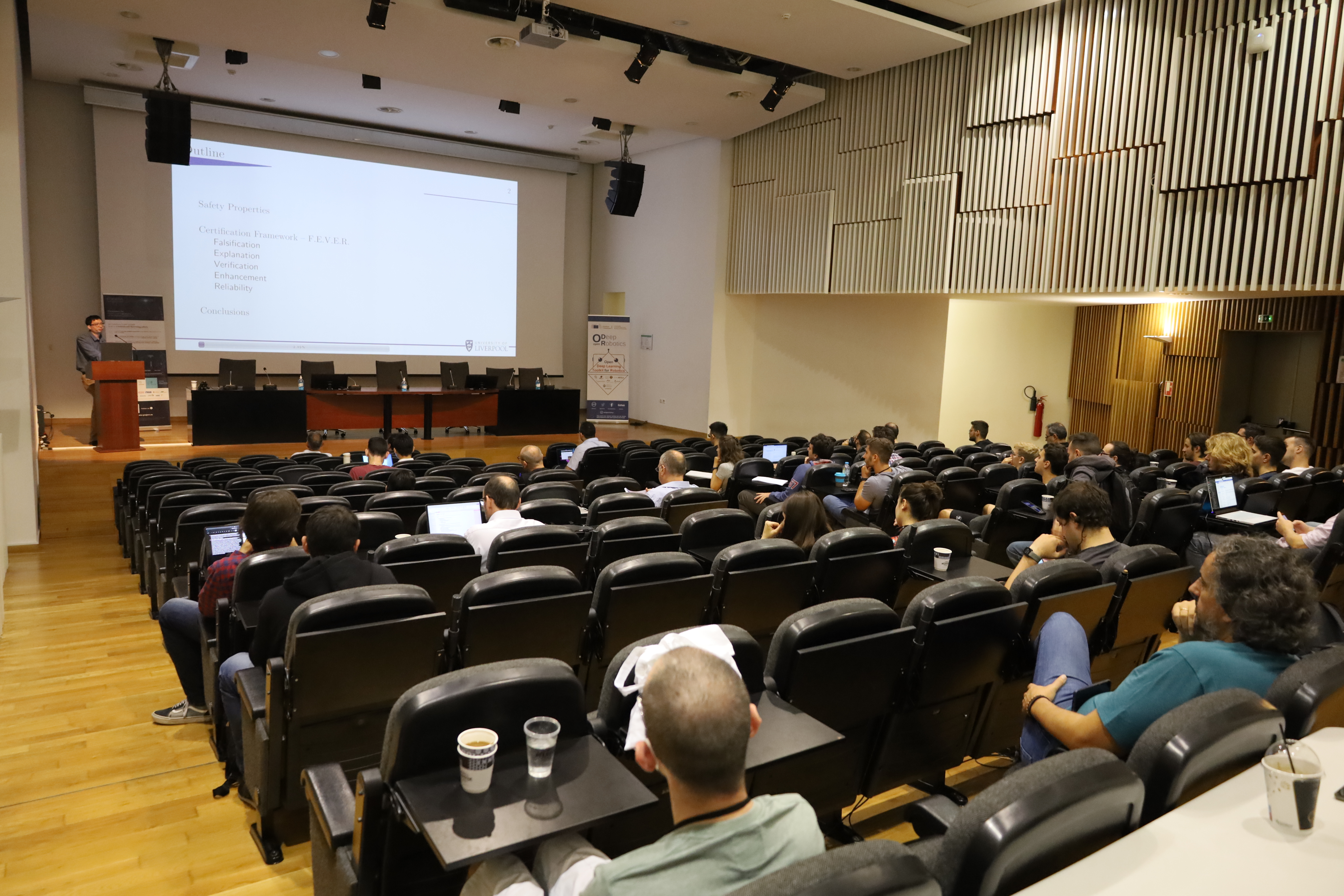
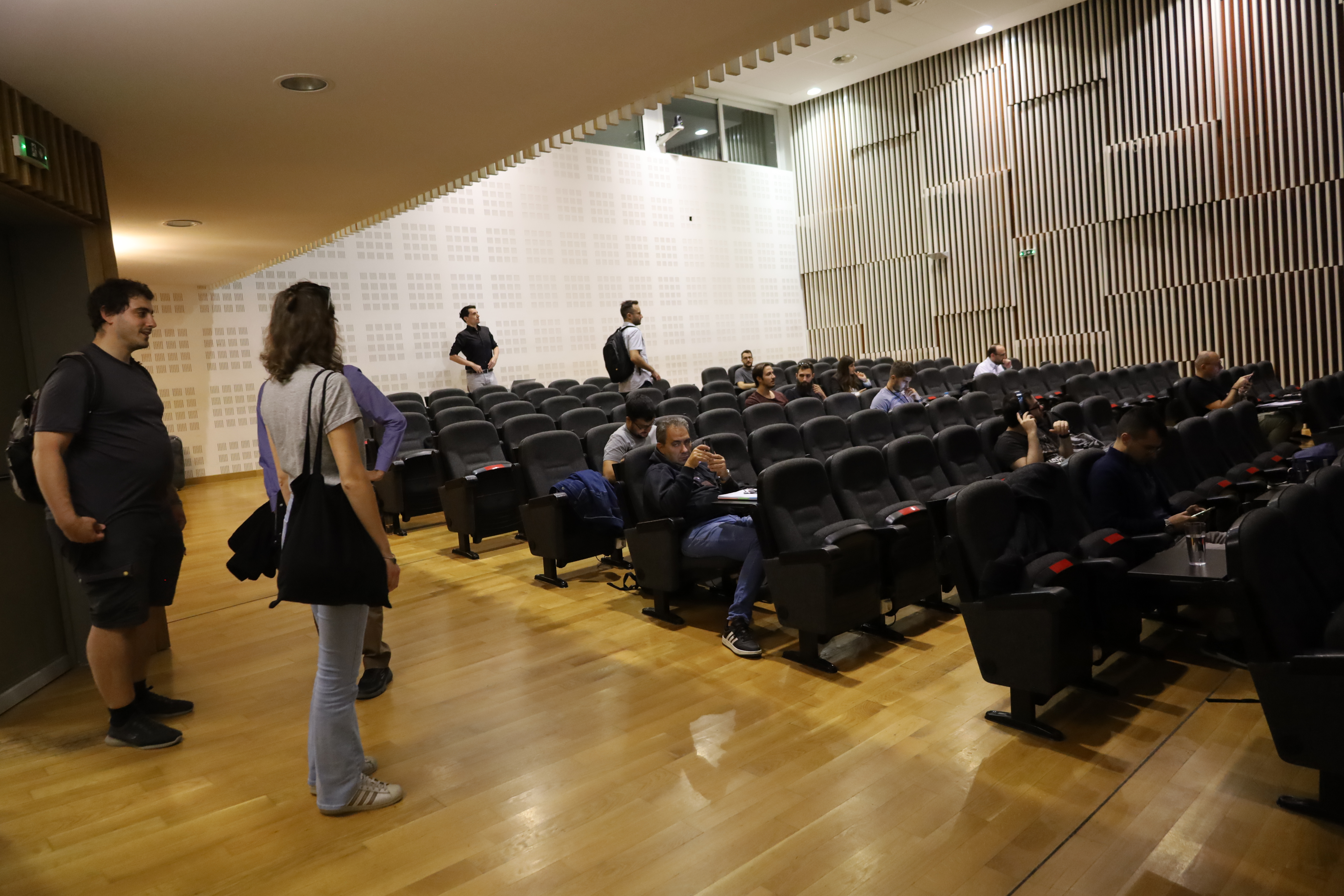
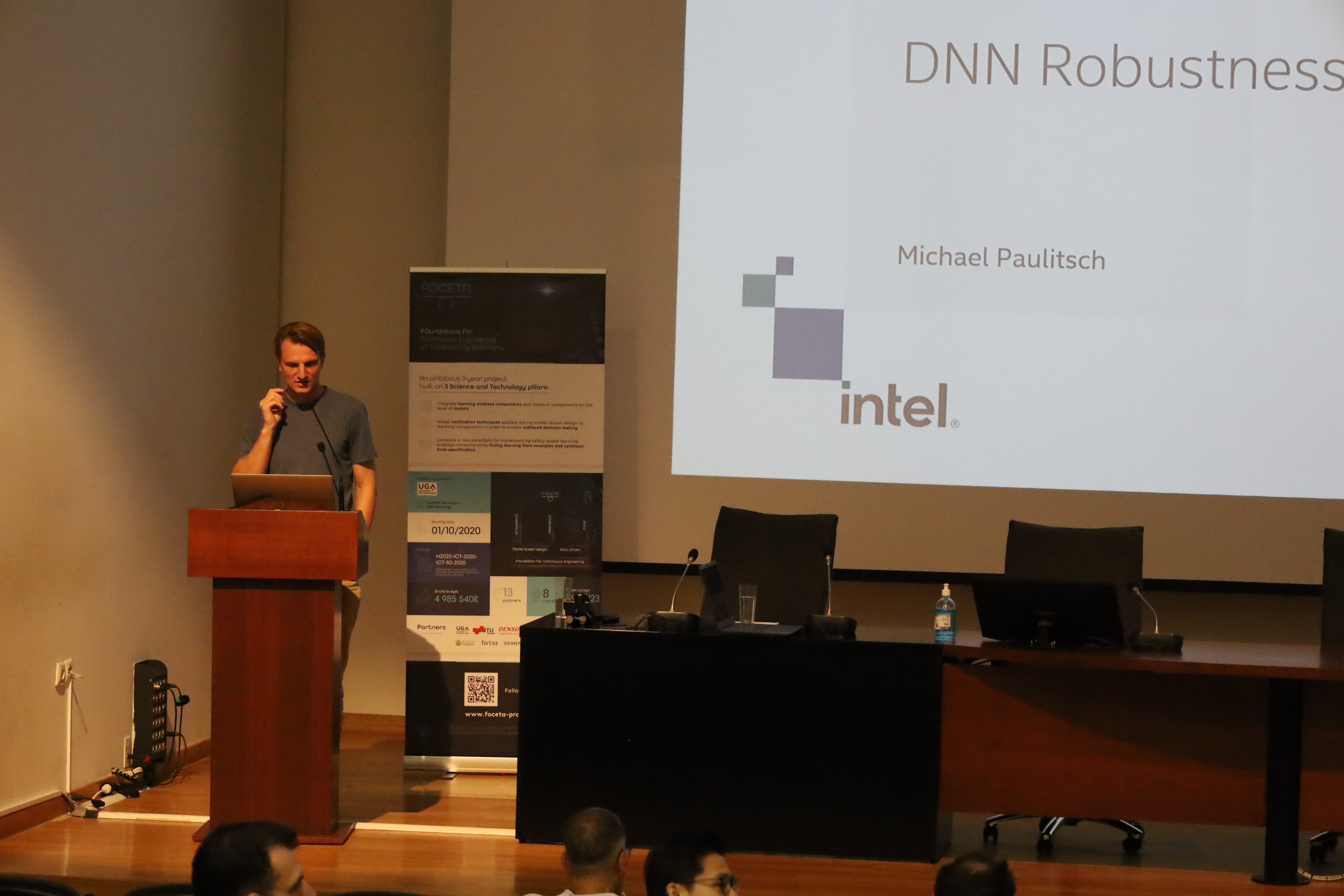
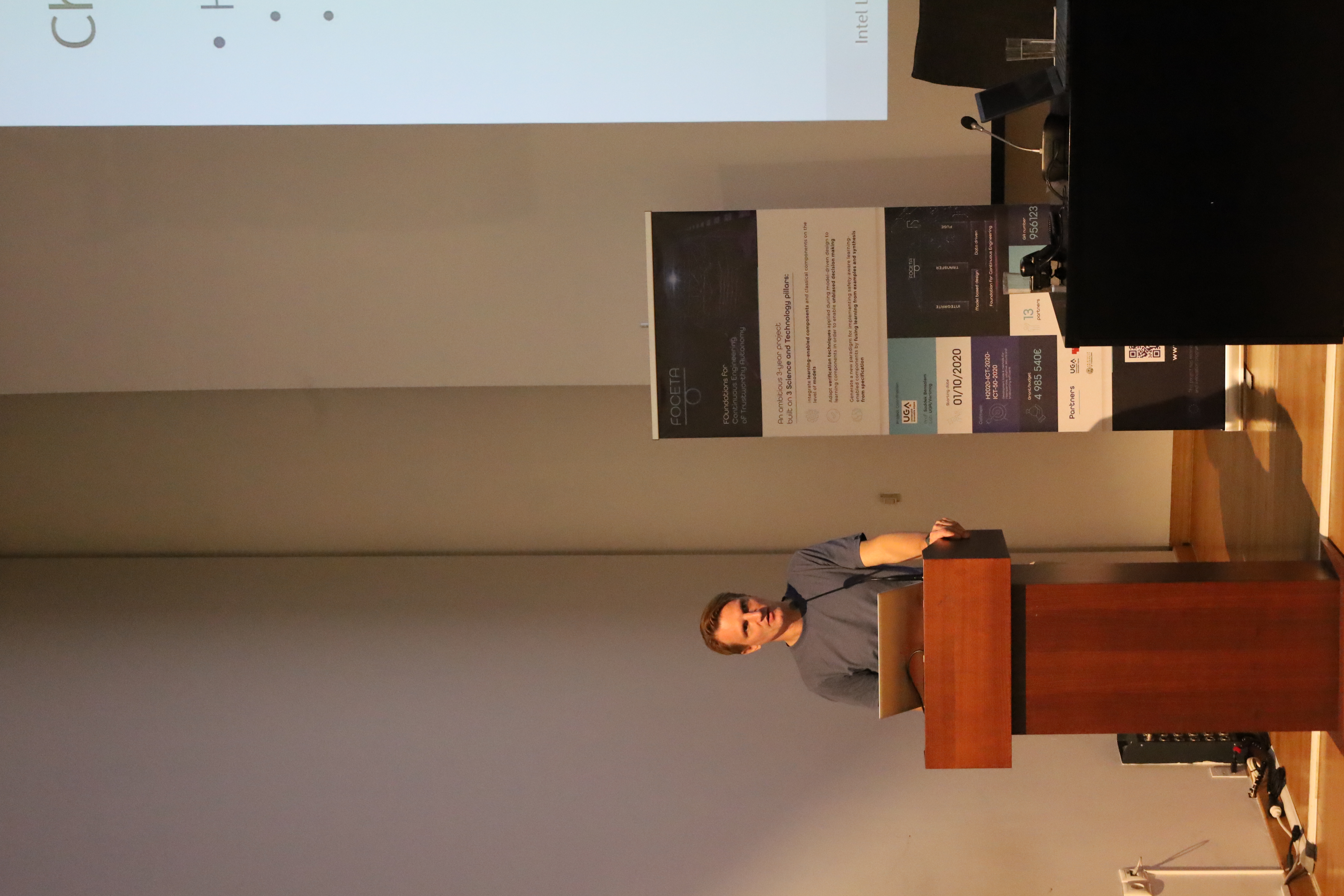

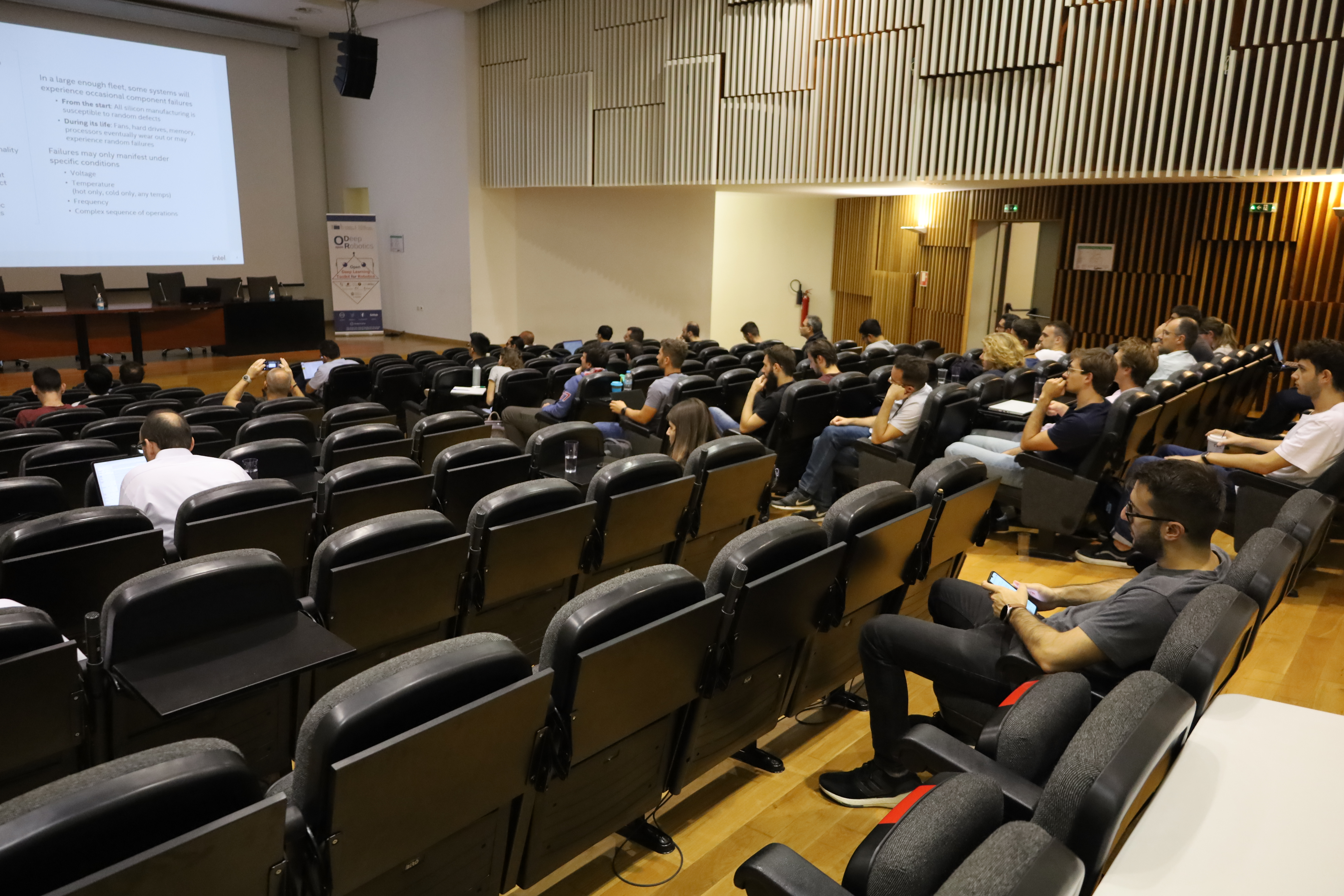
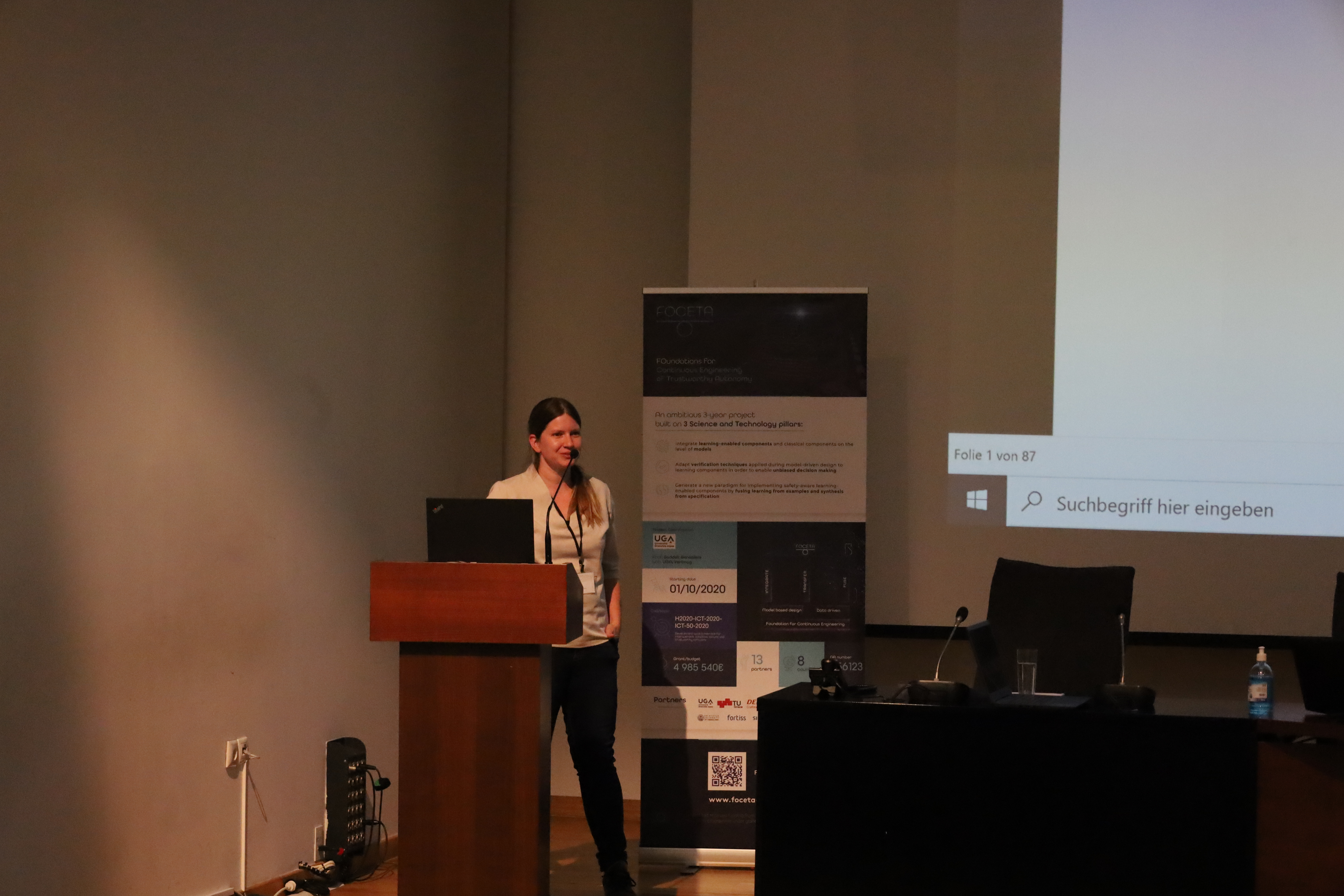
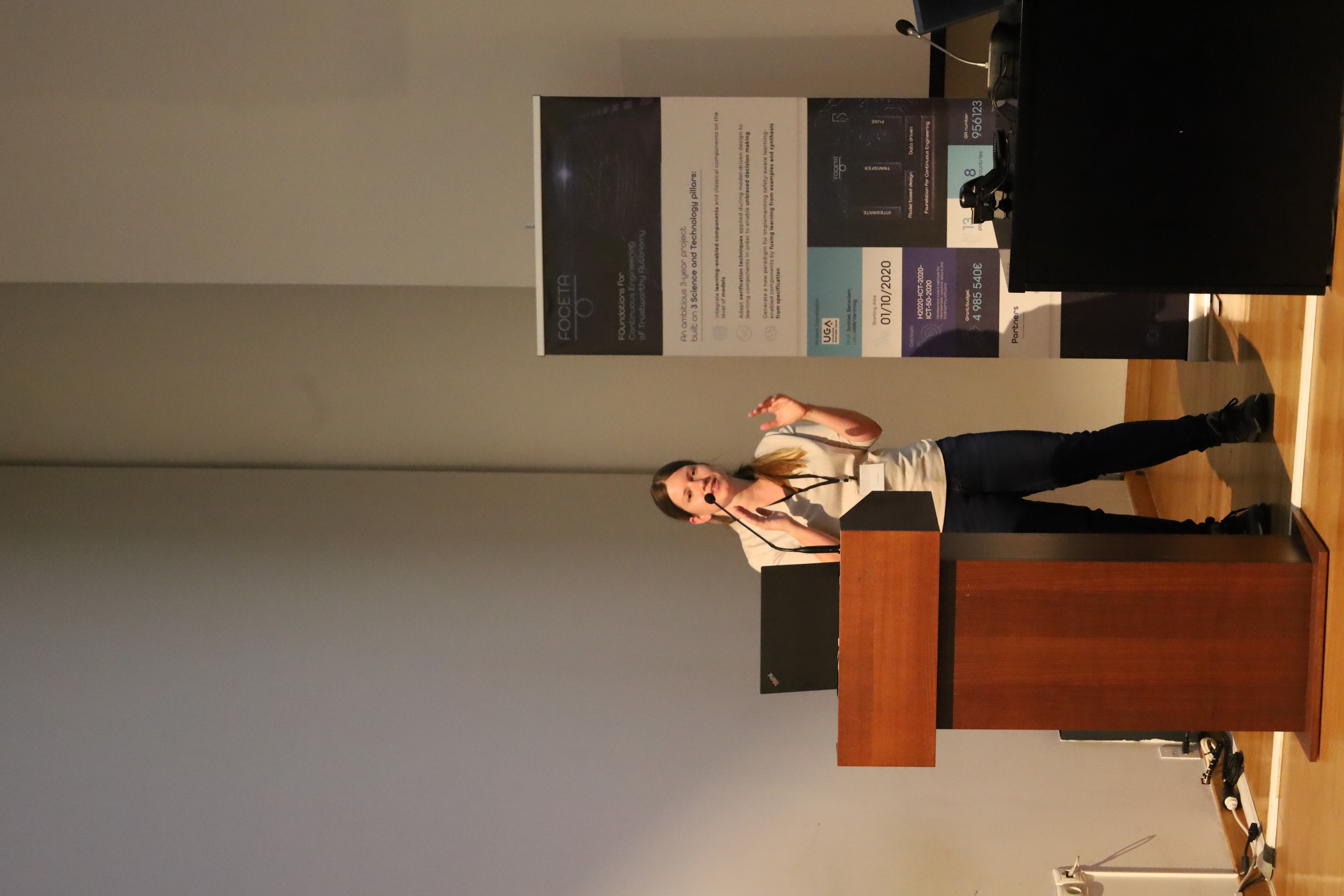
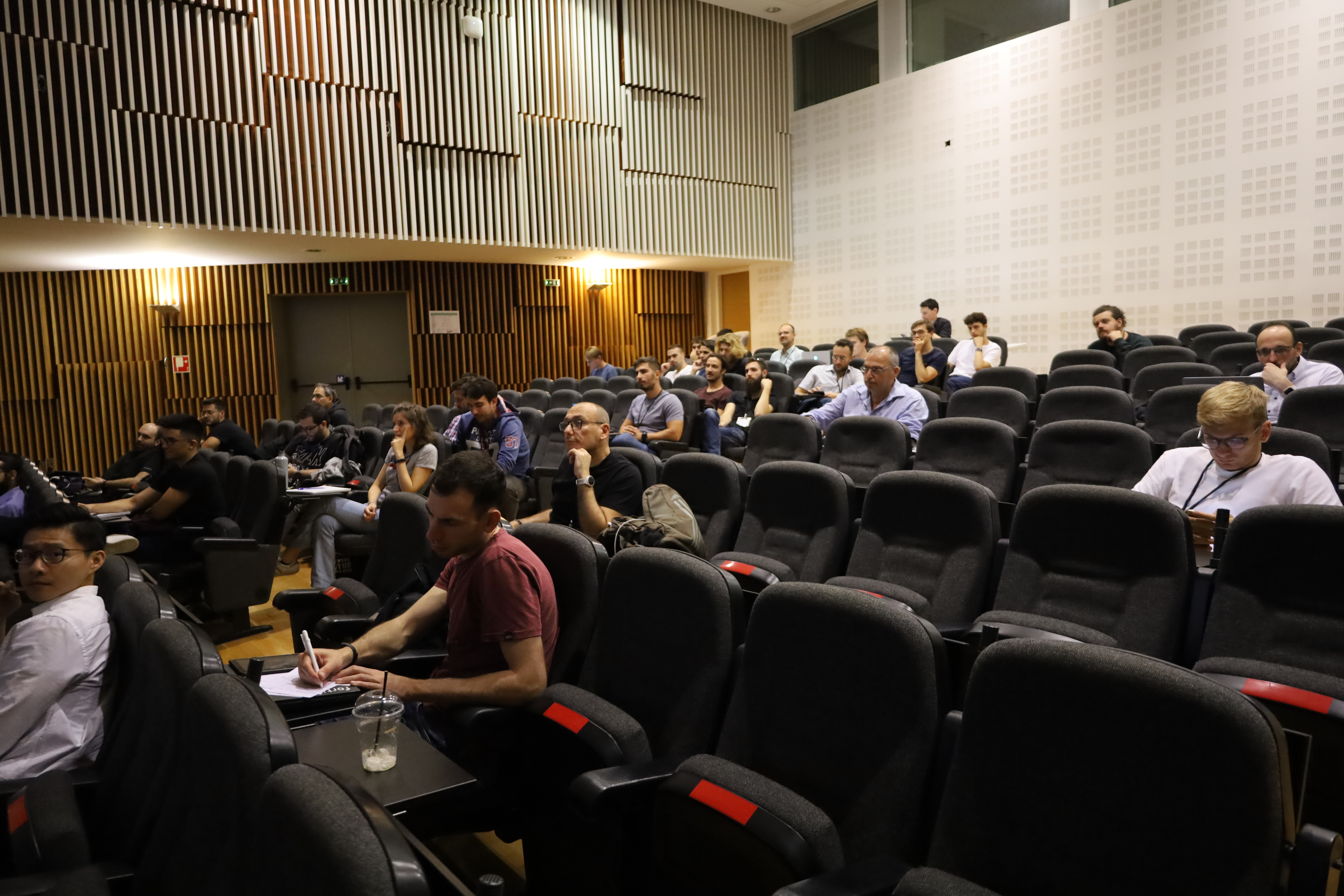
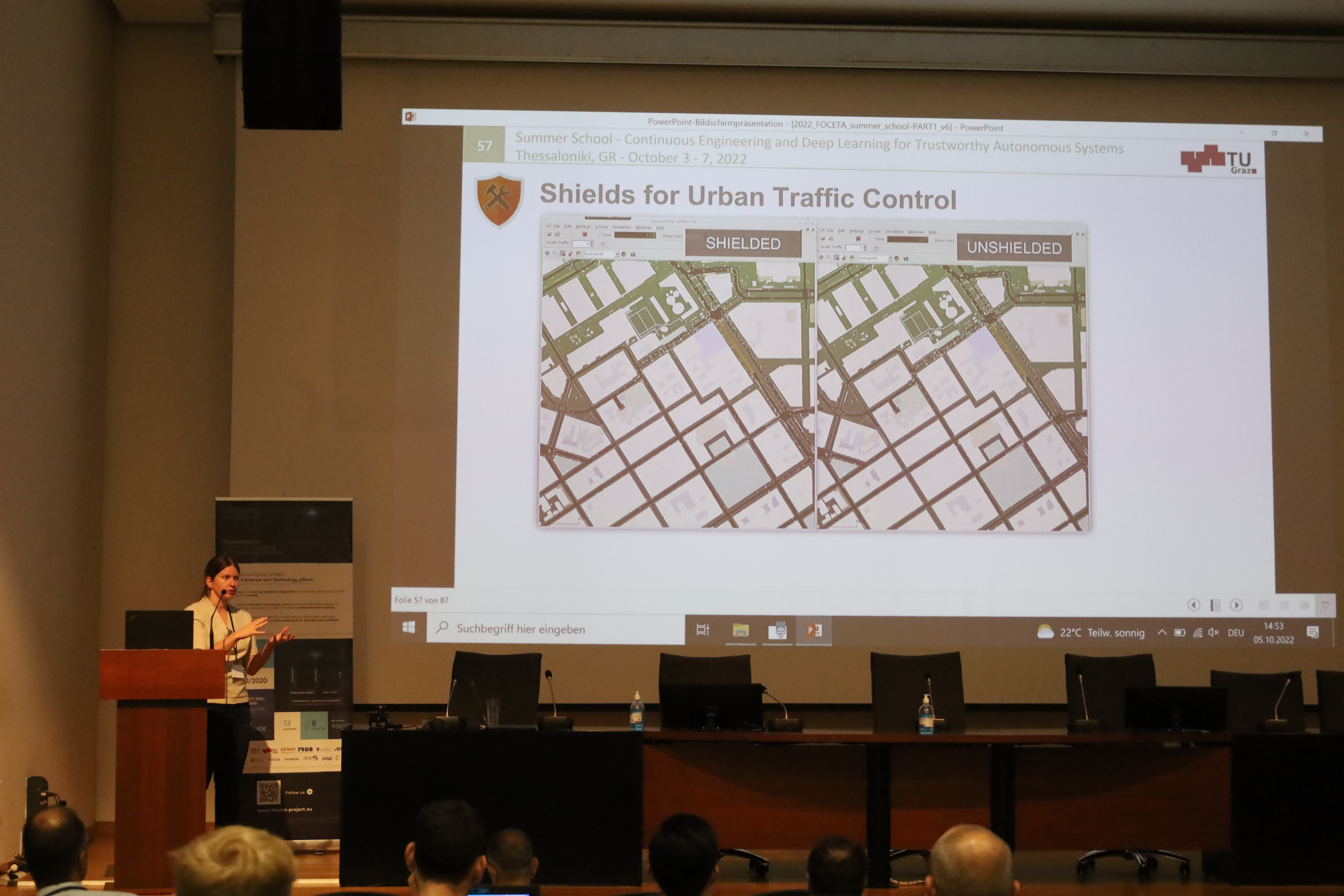
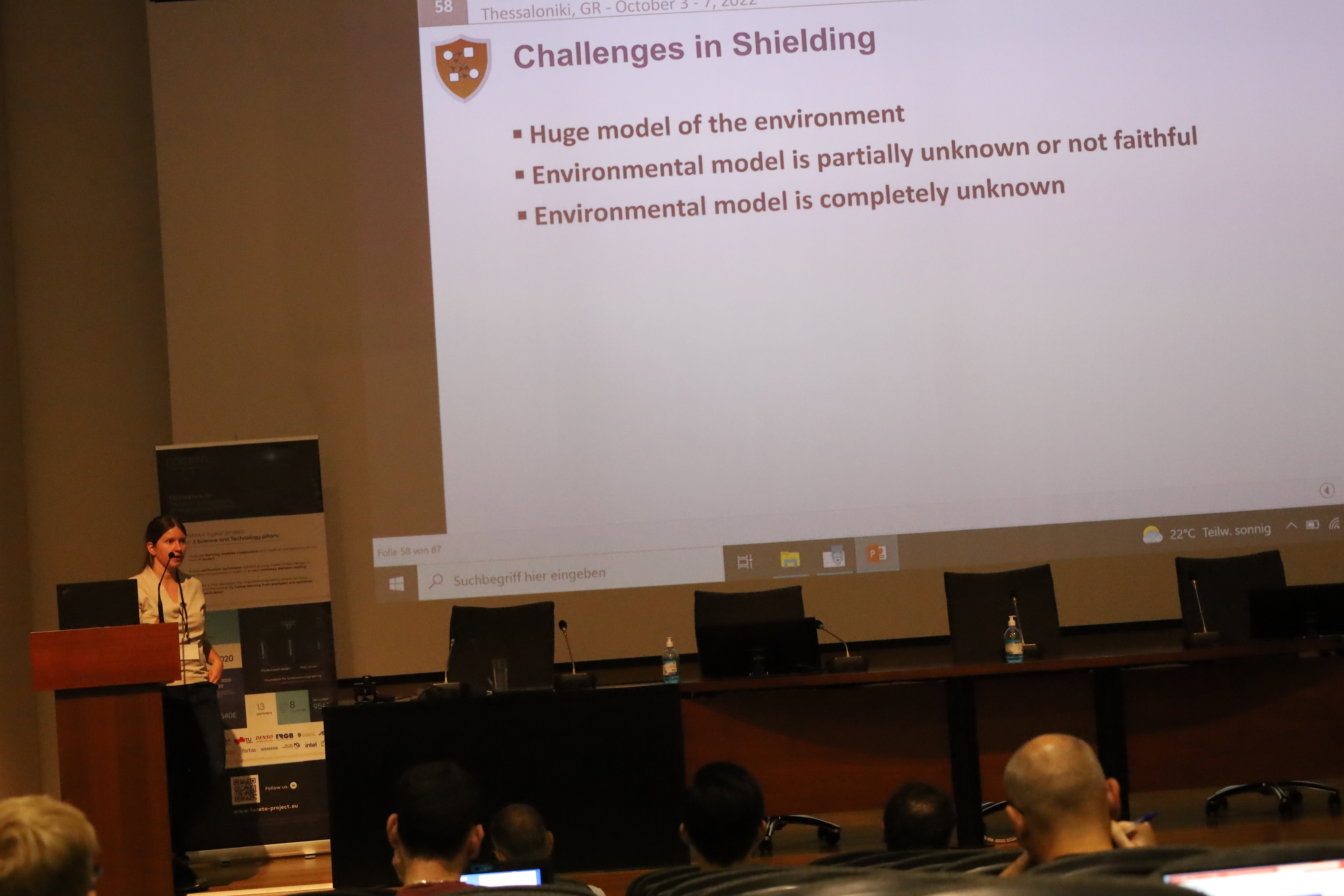
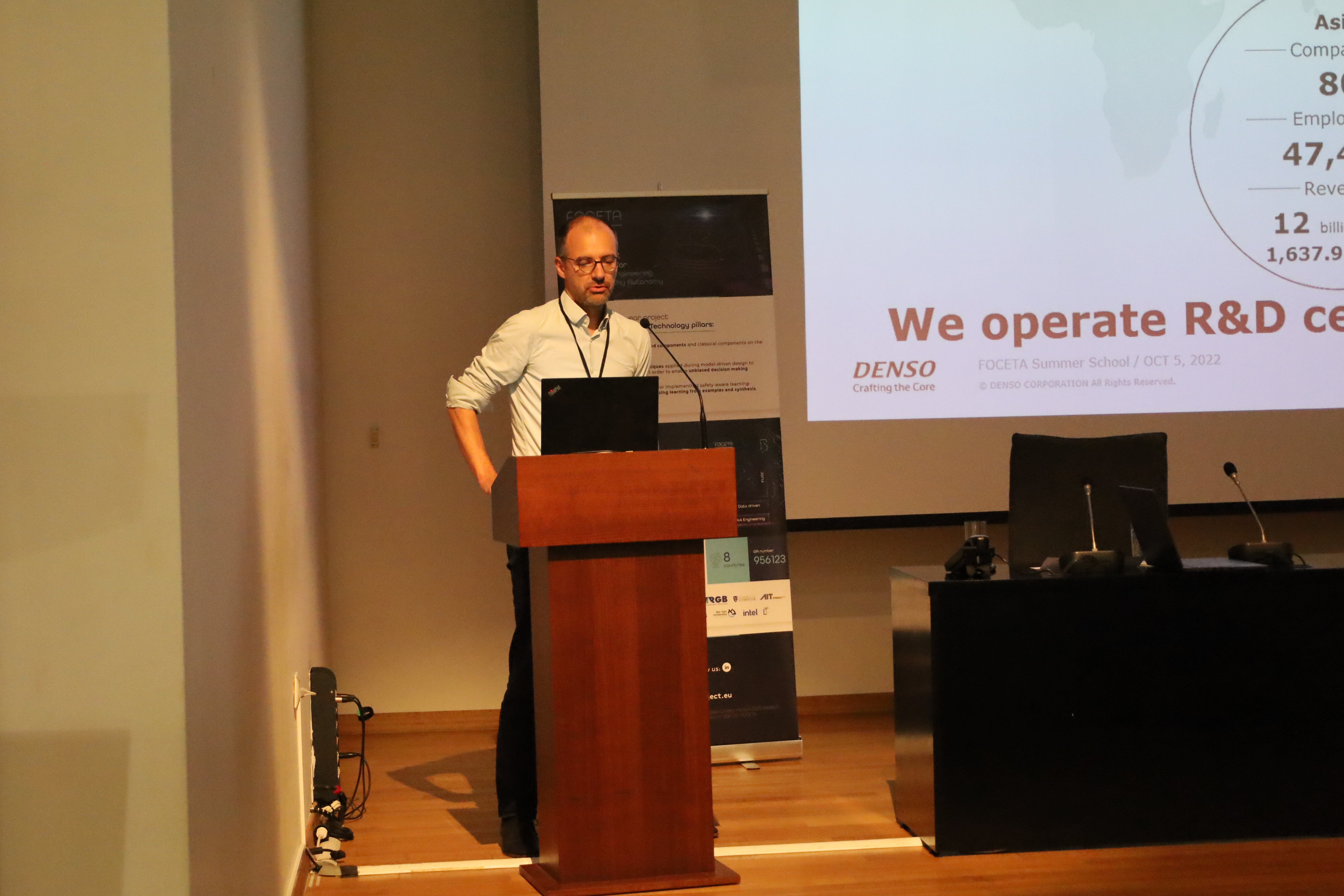
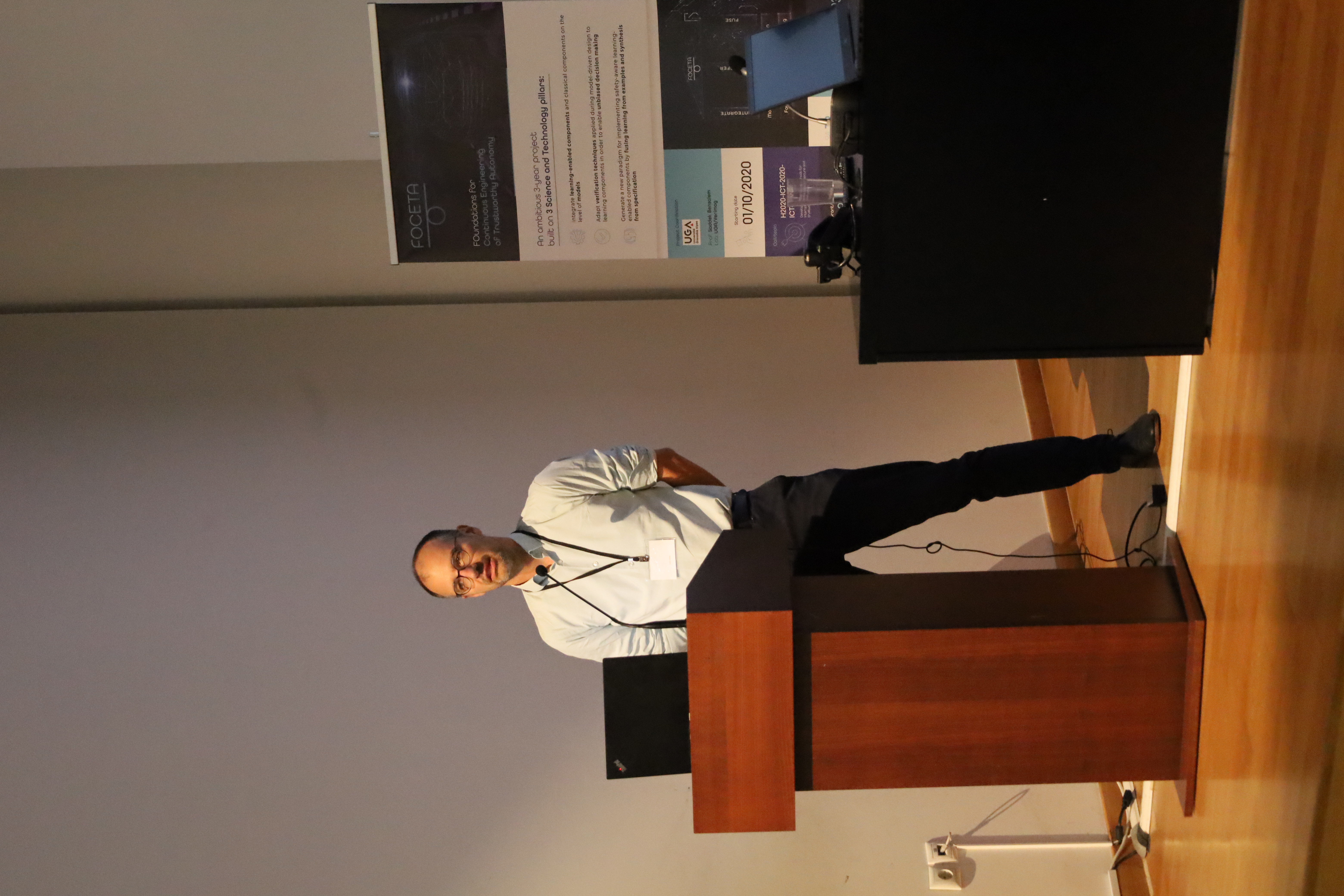
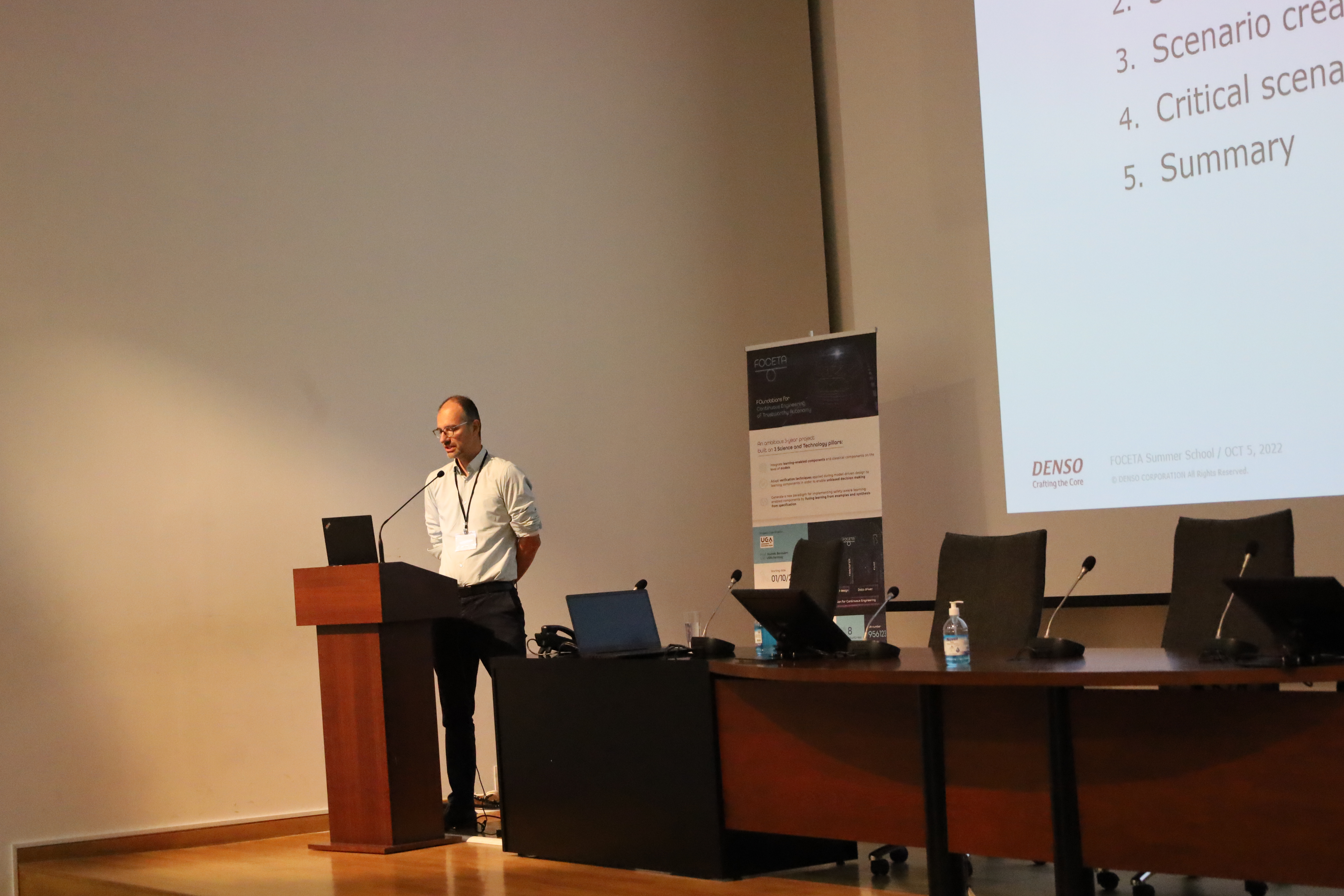
Oct, 6
